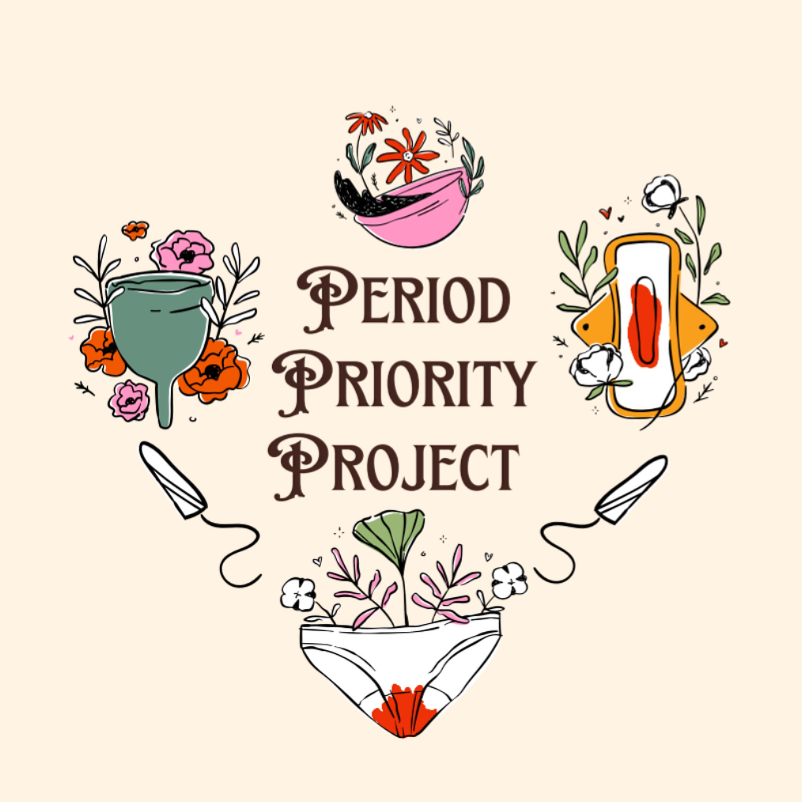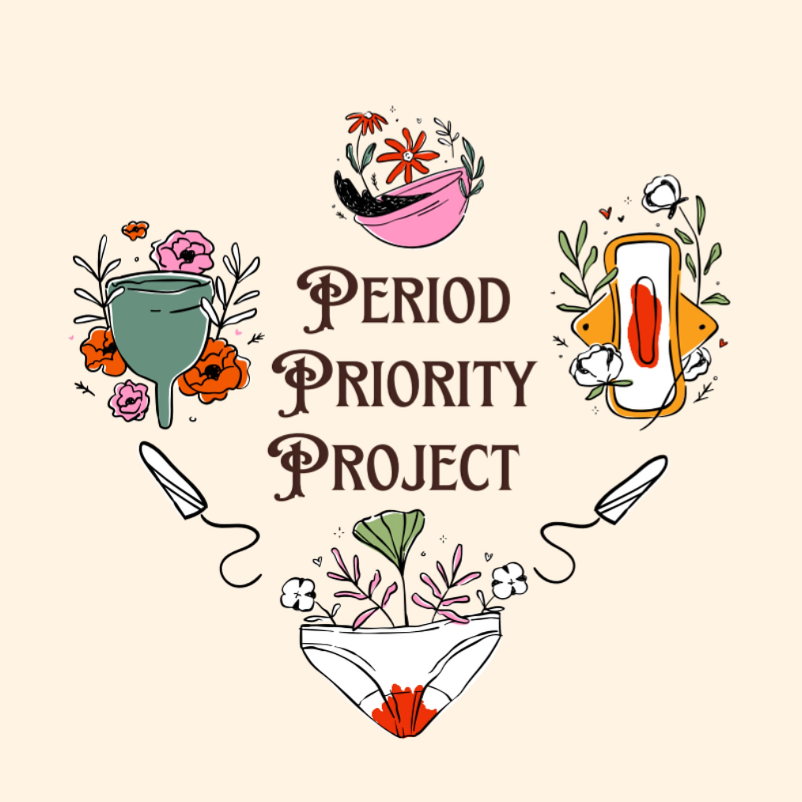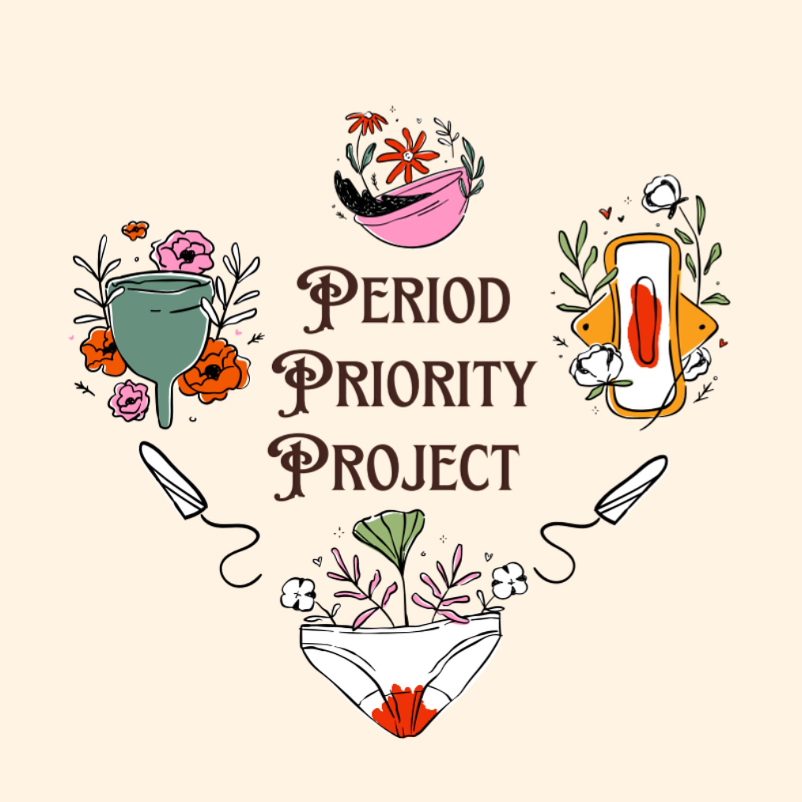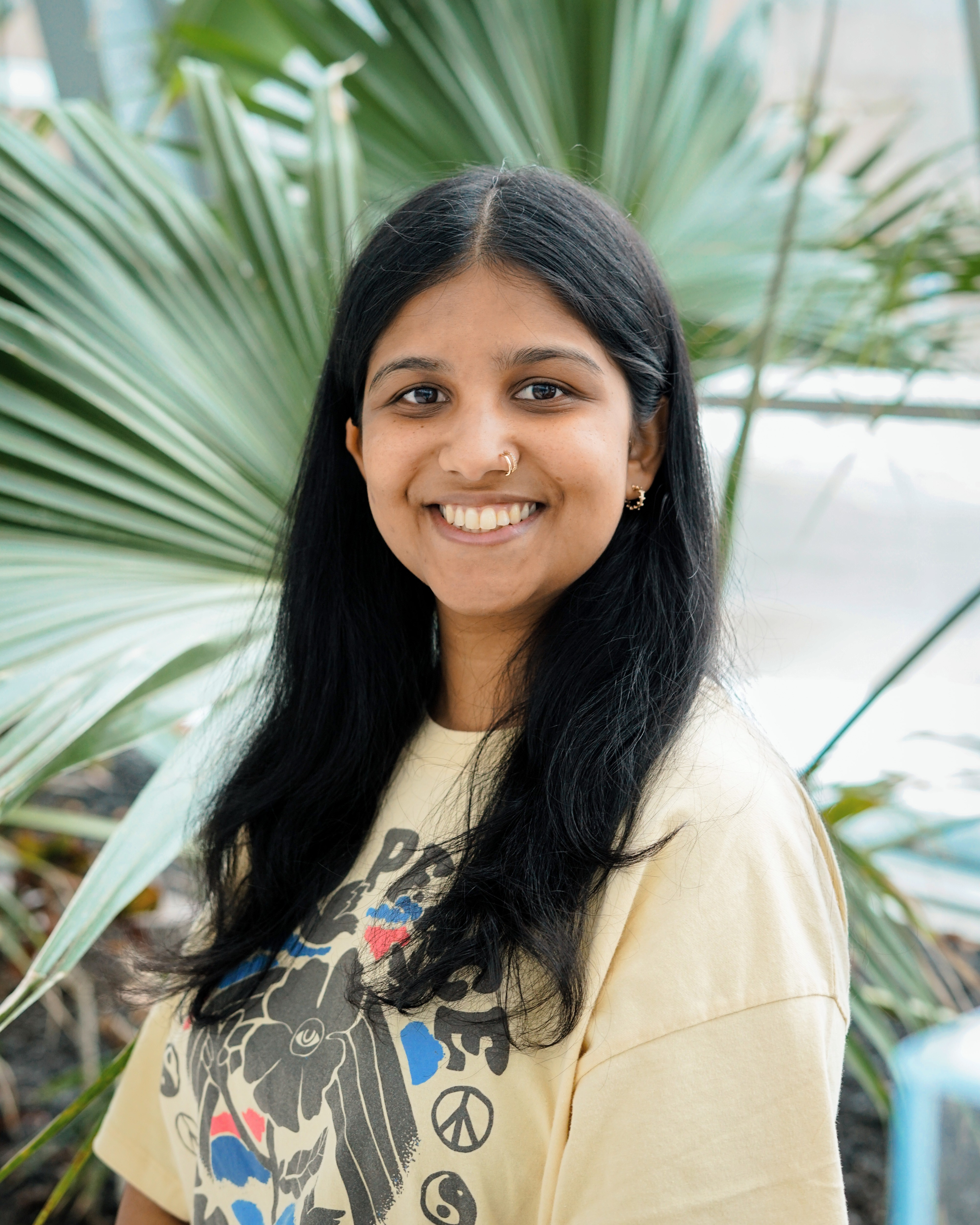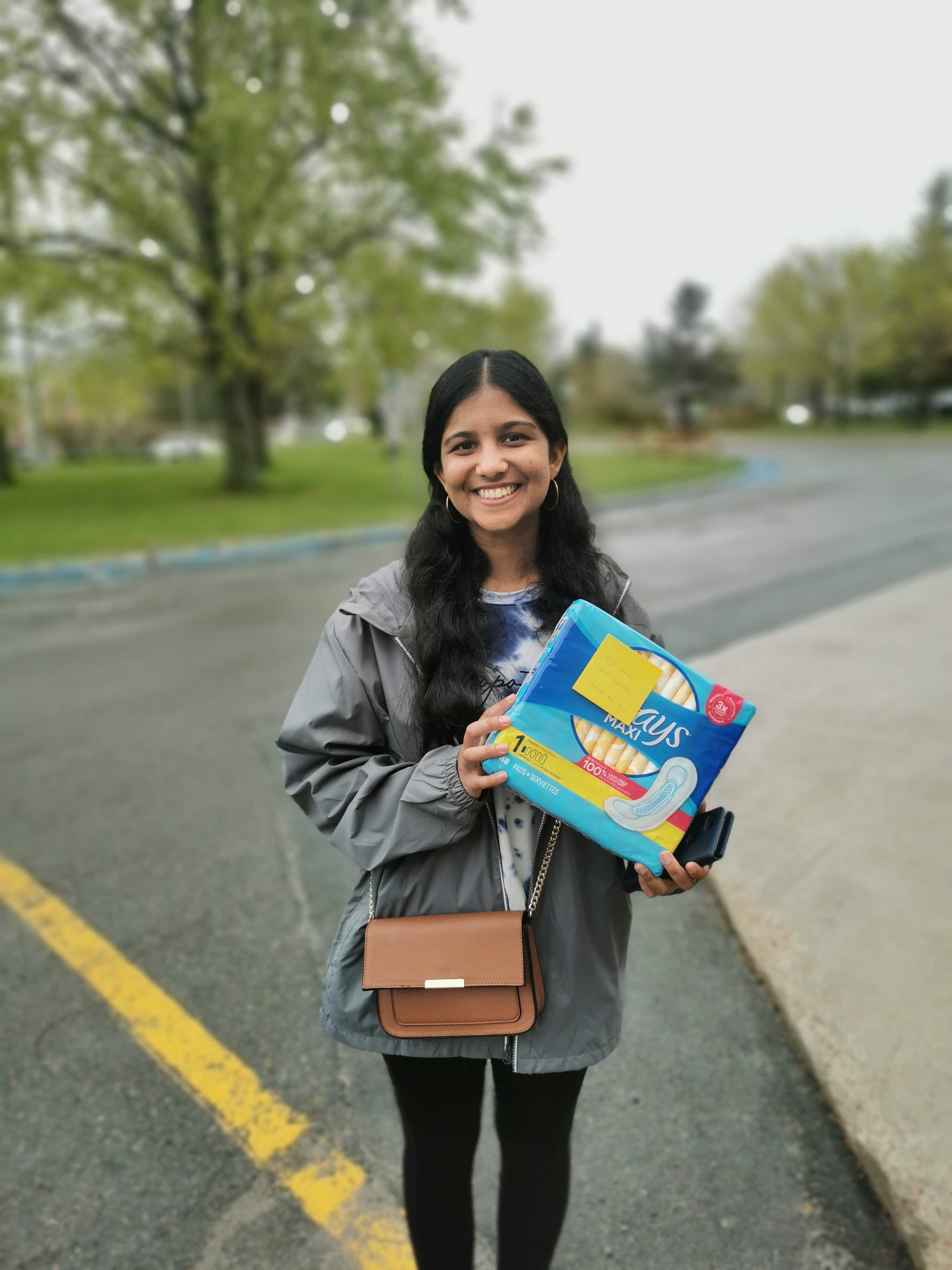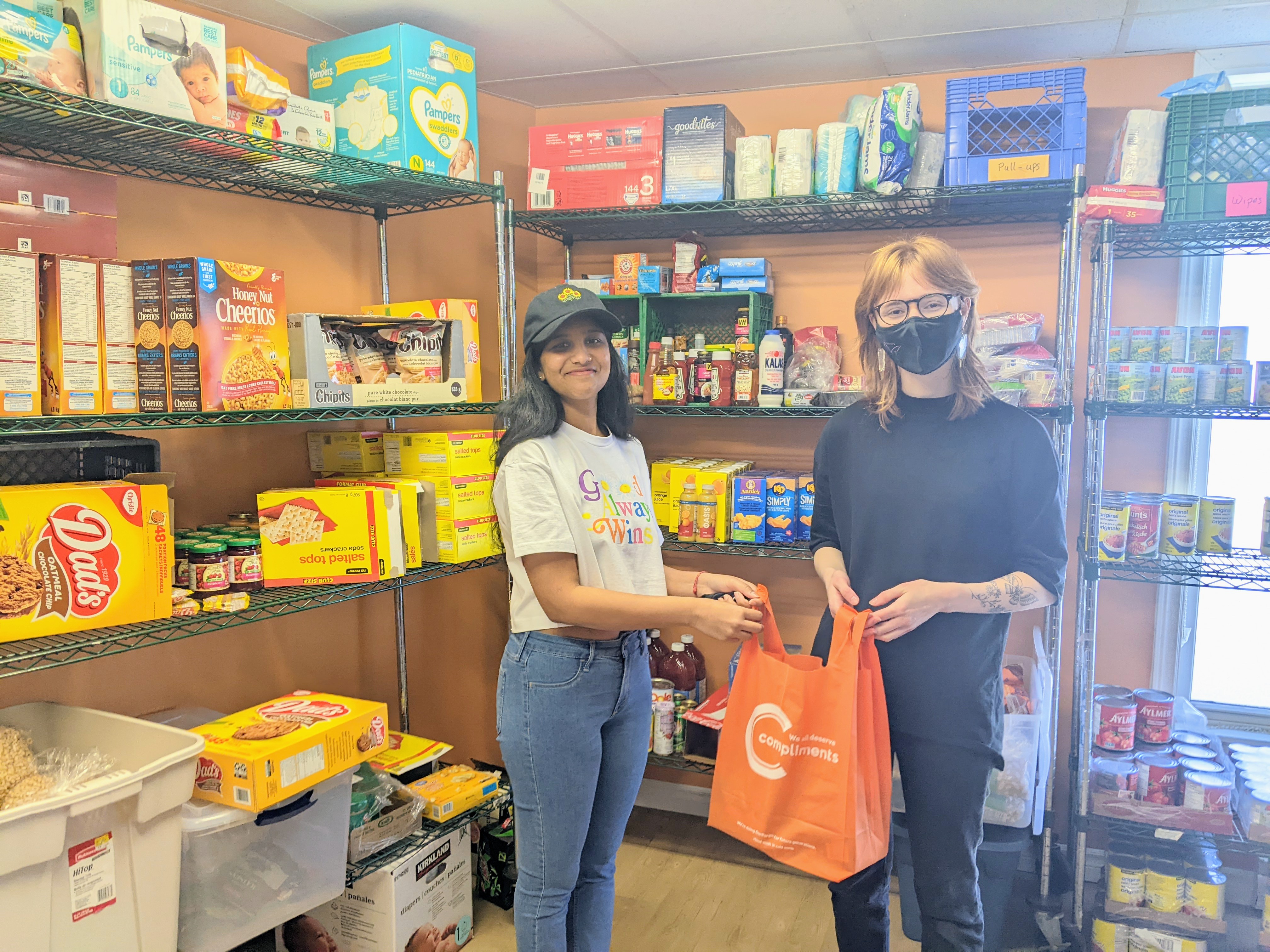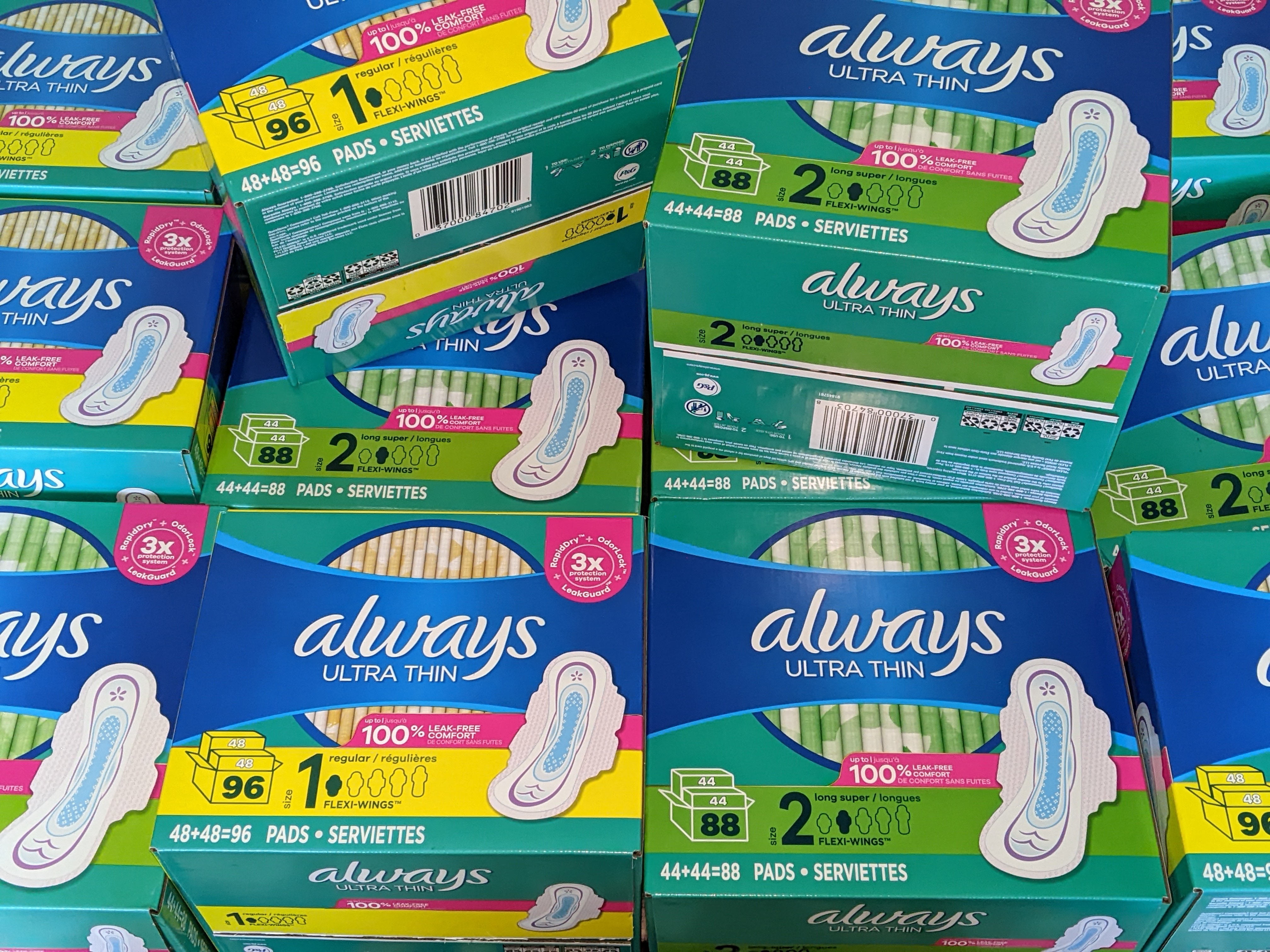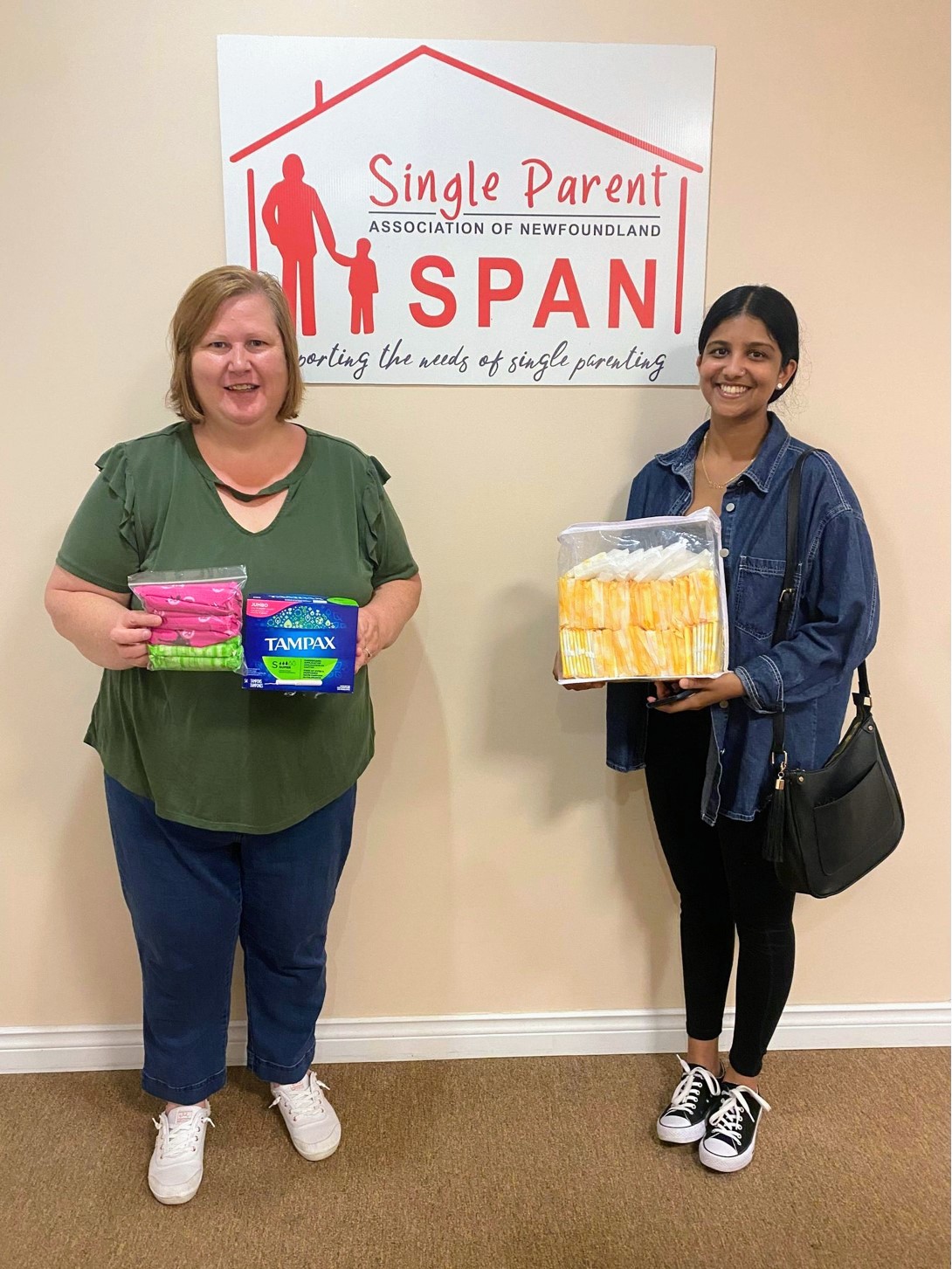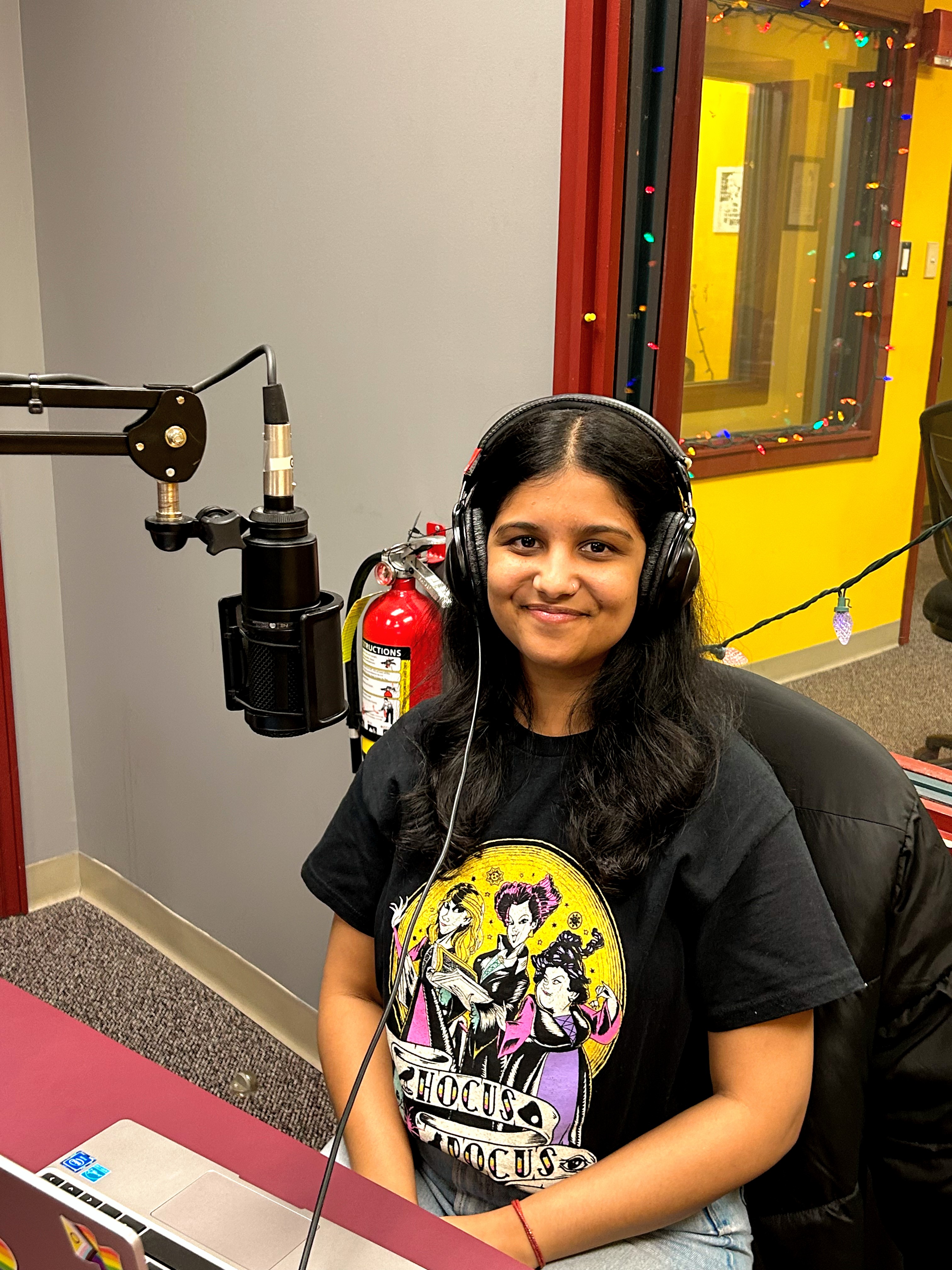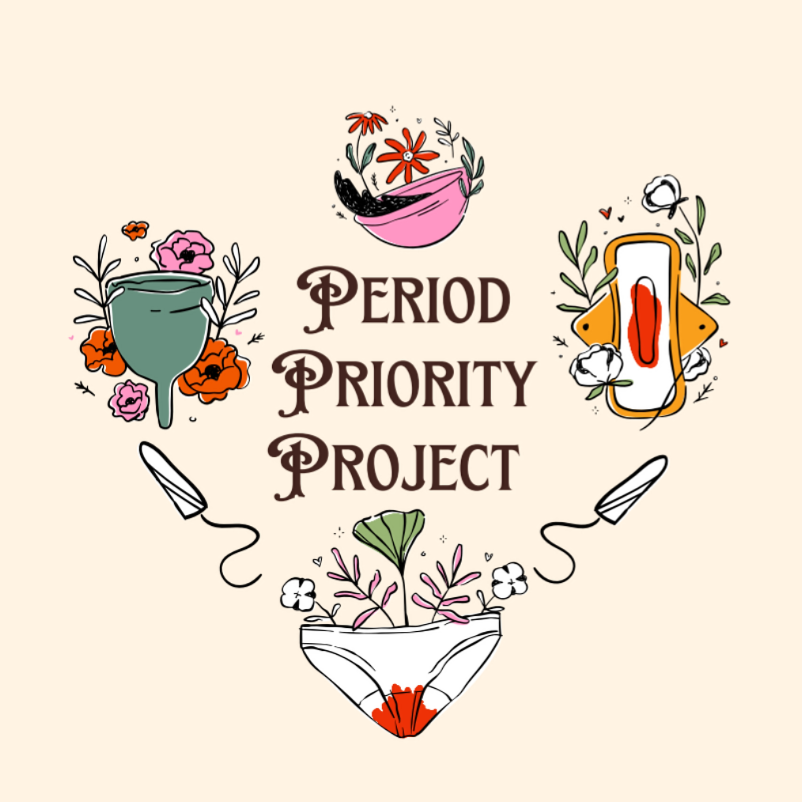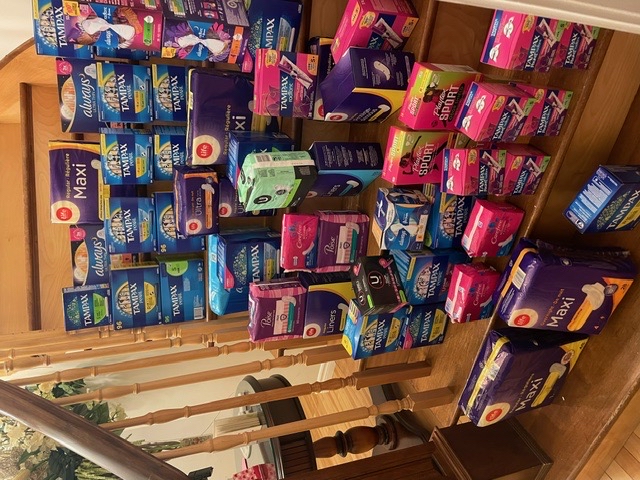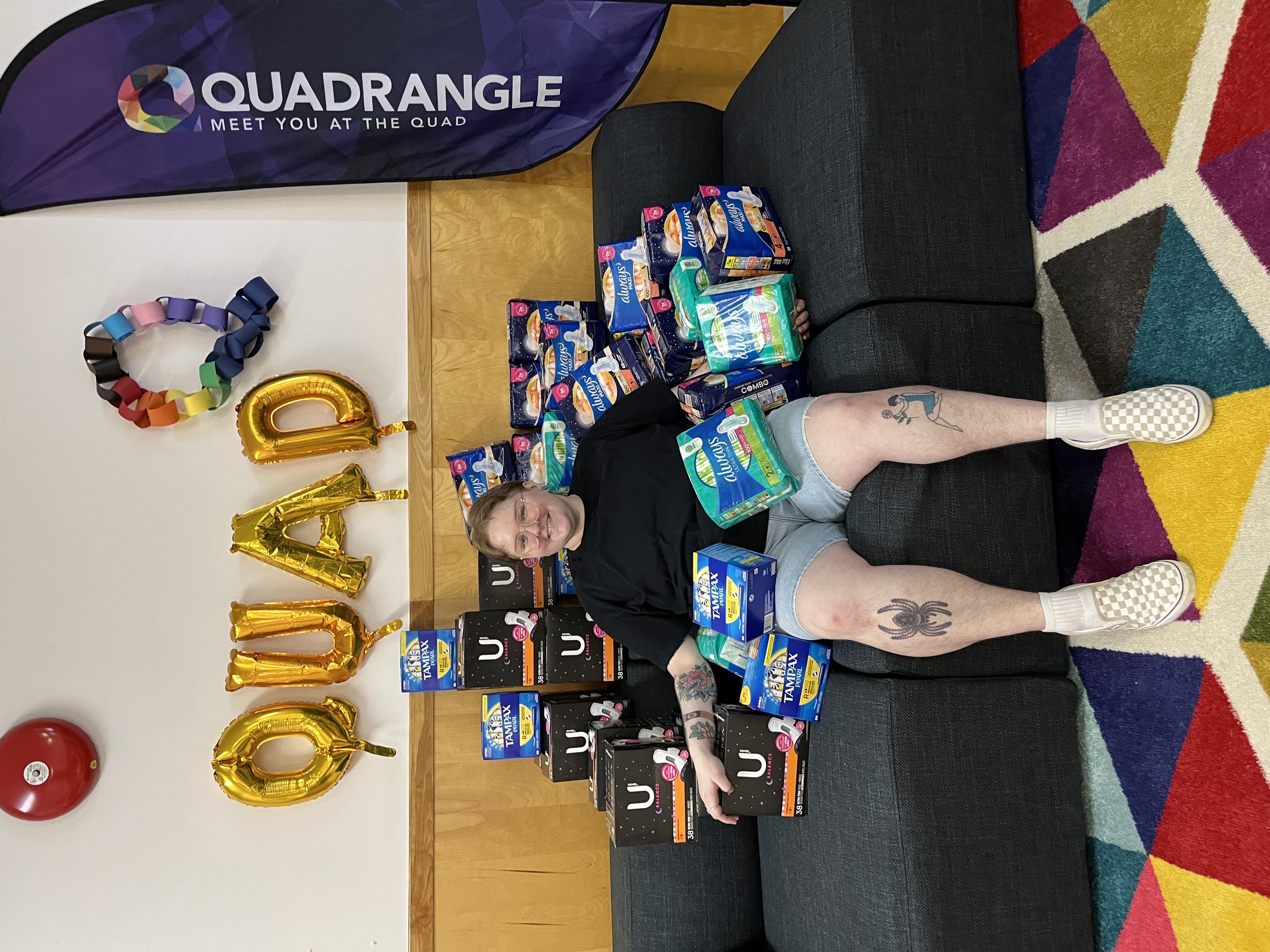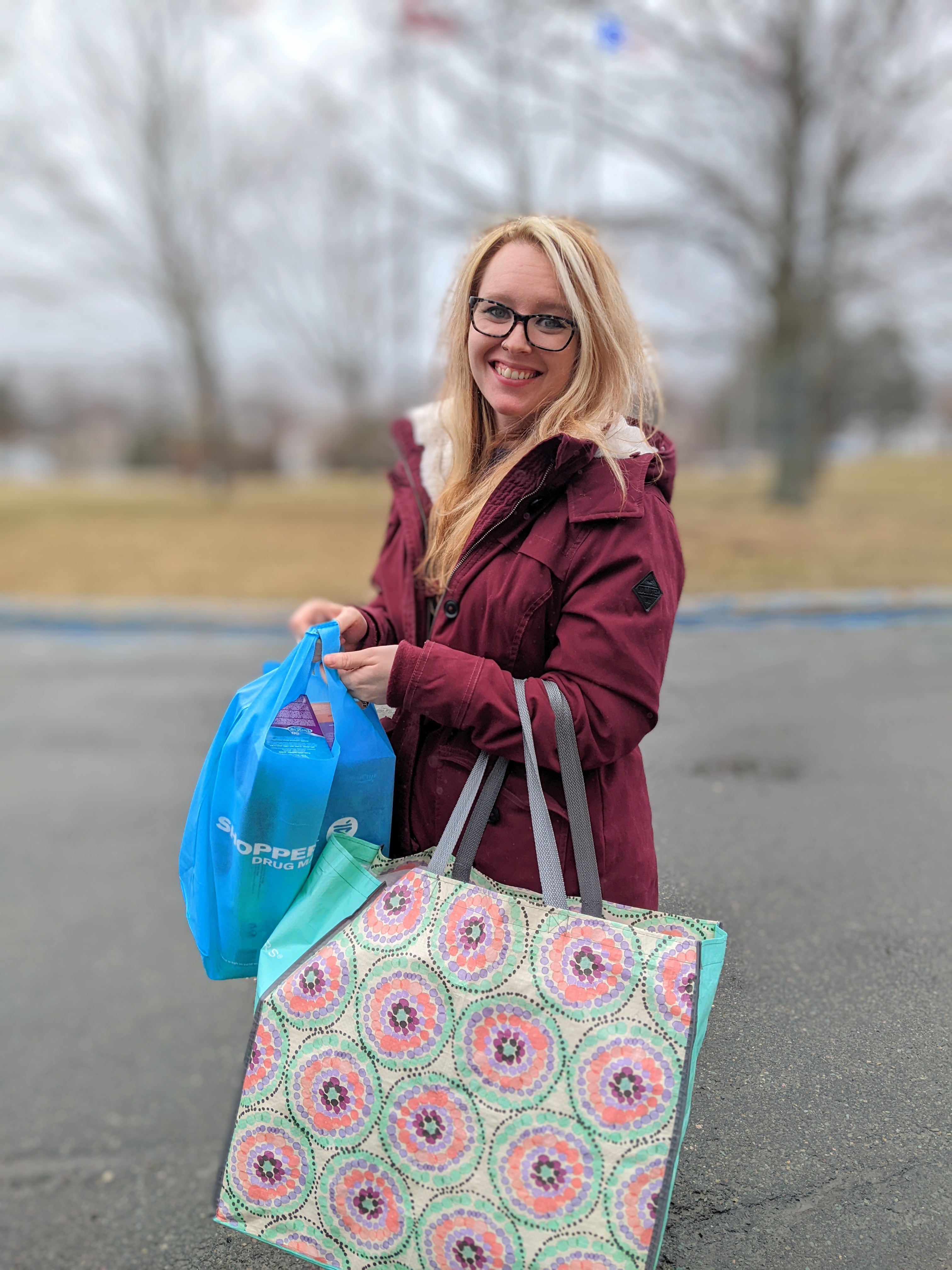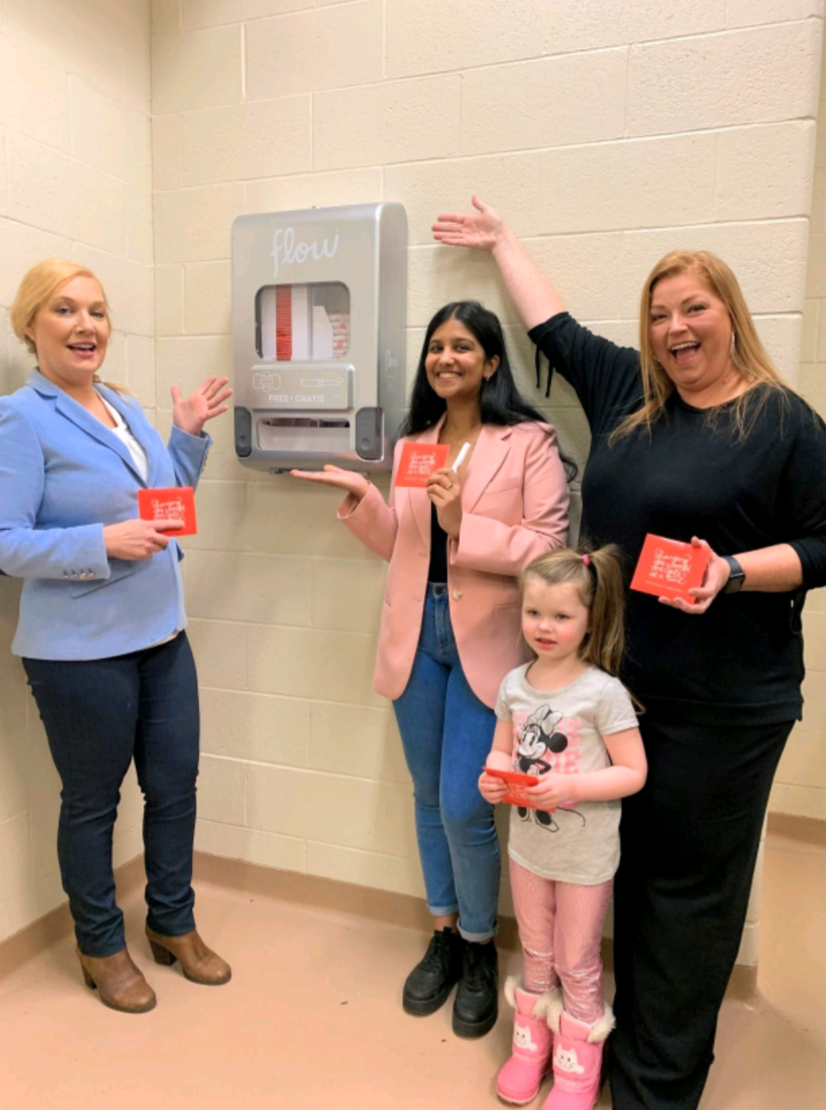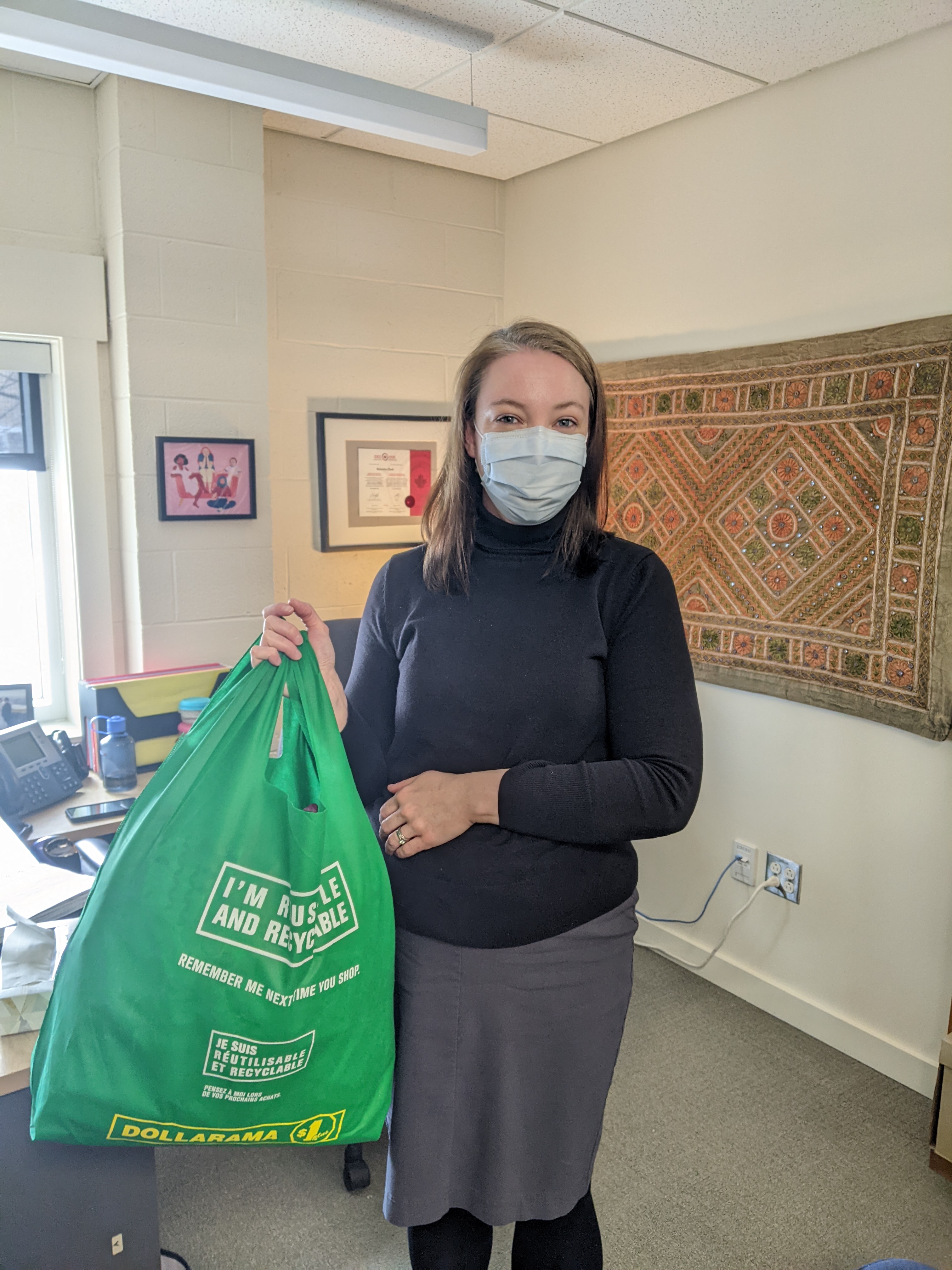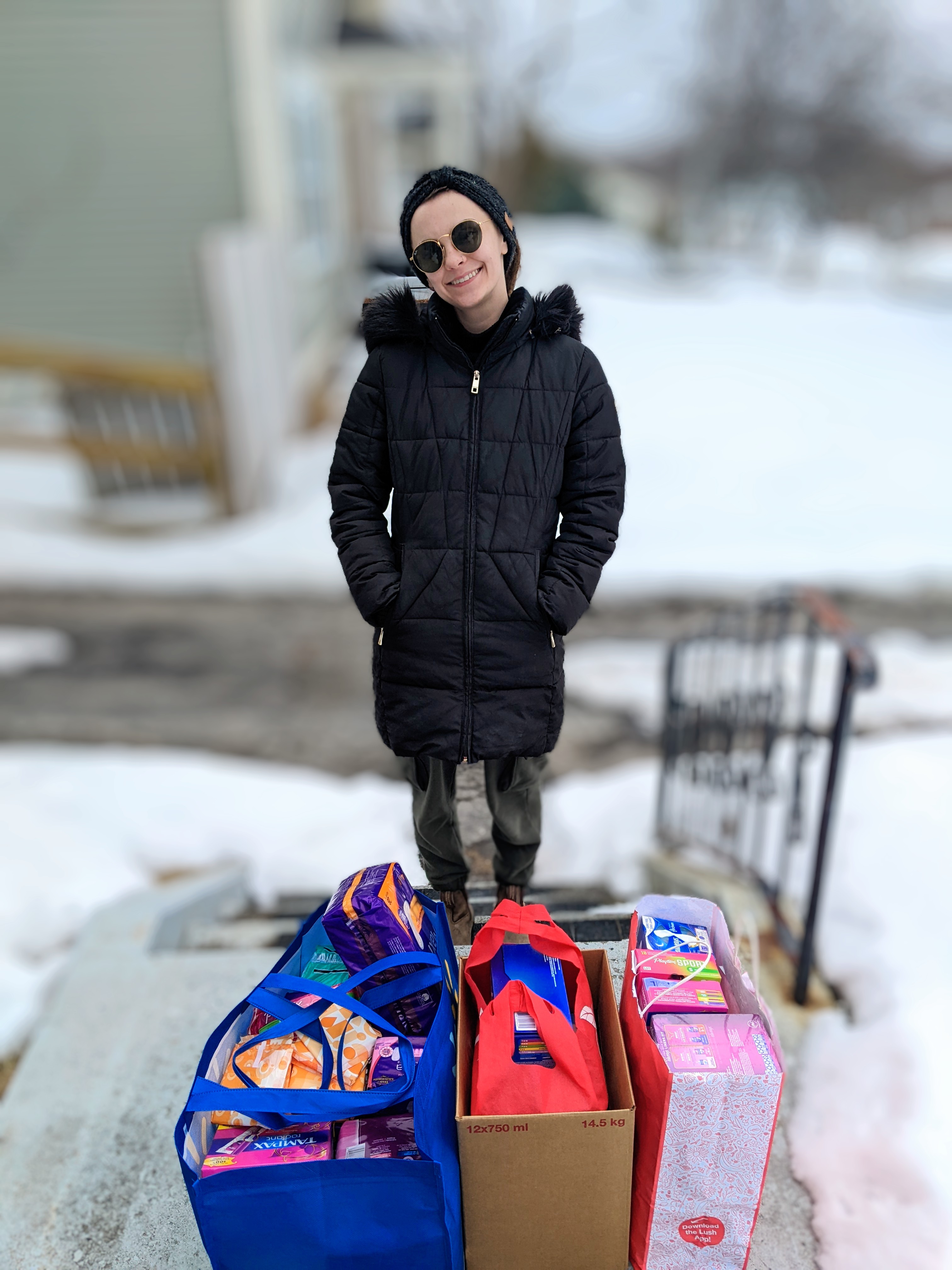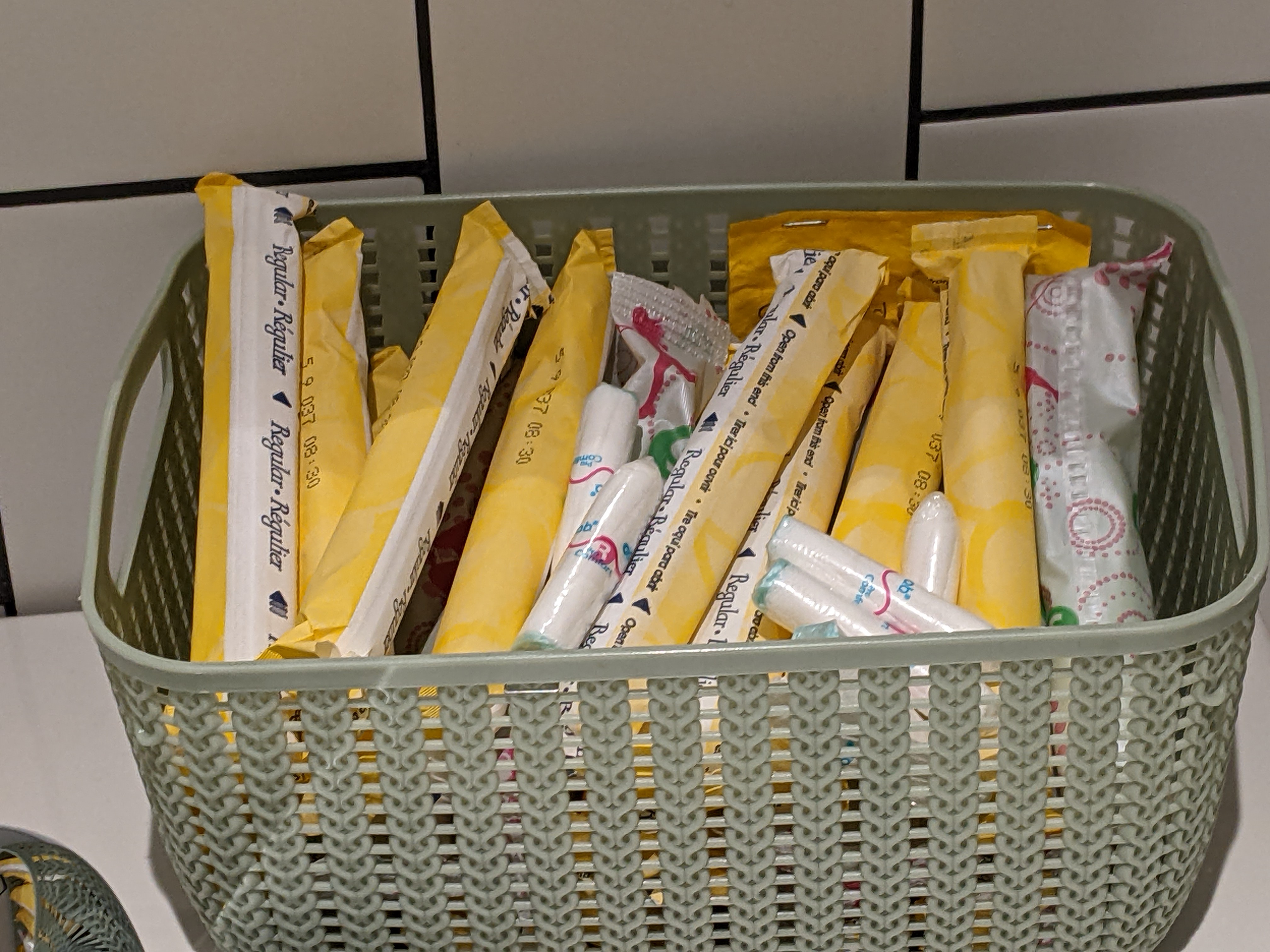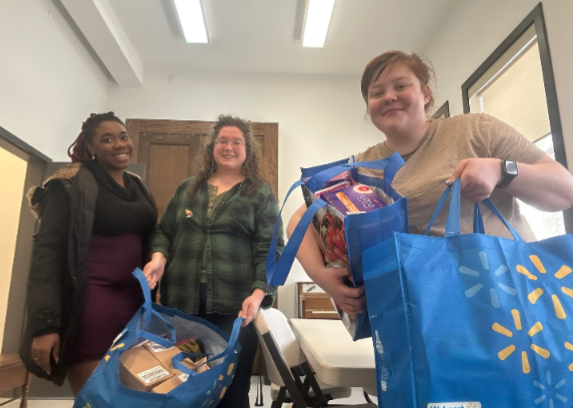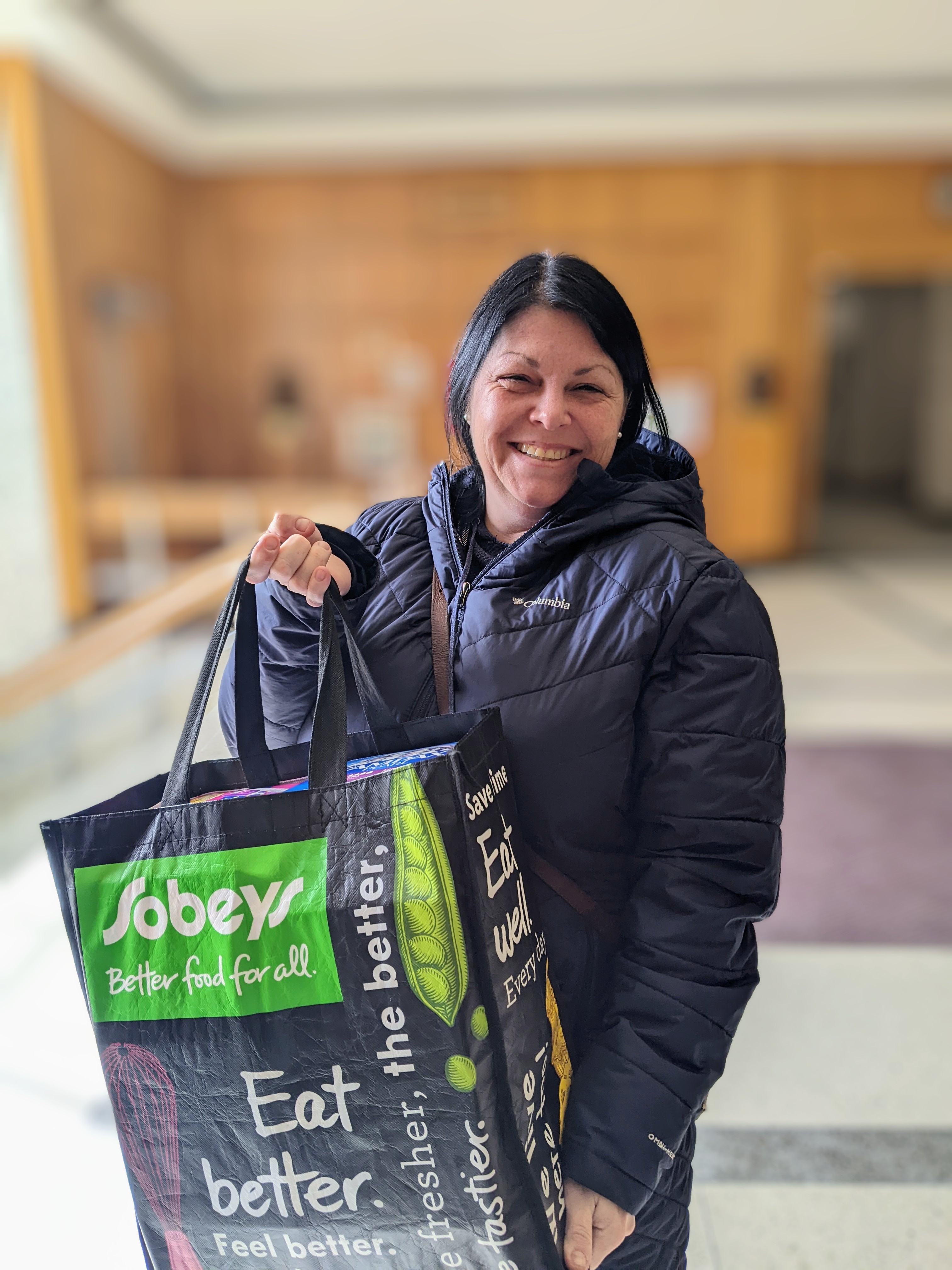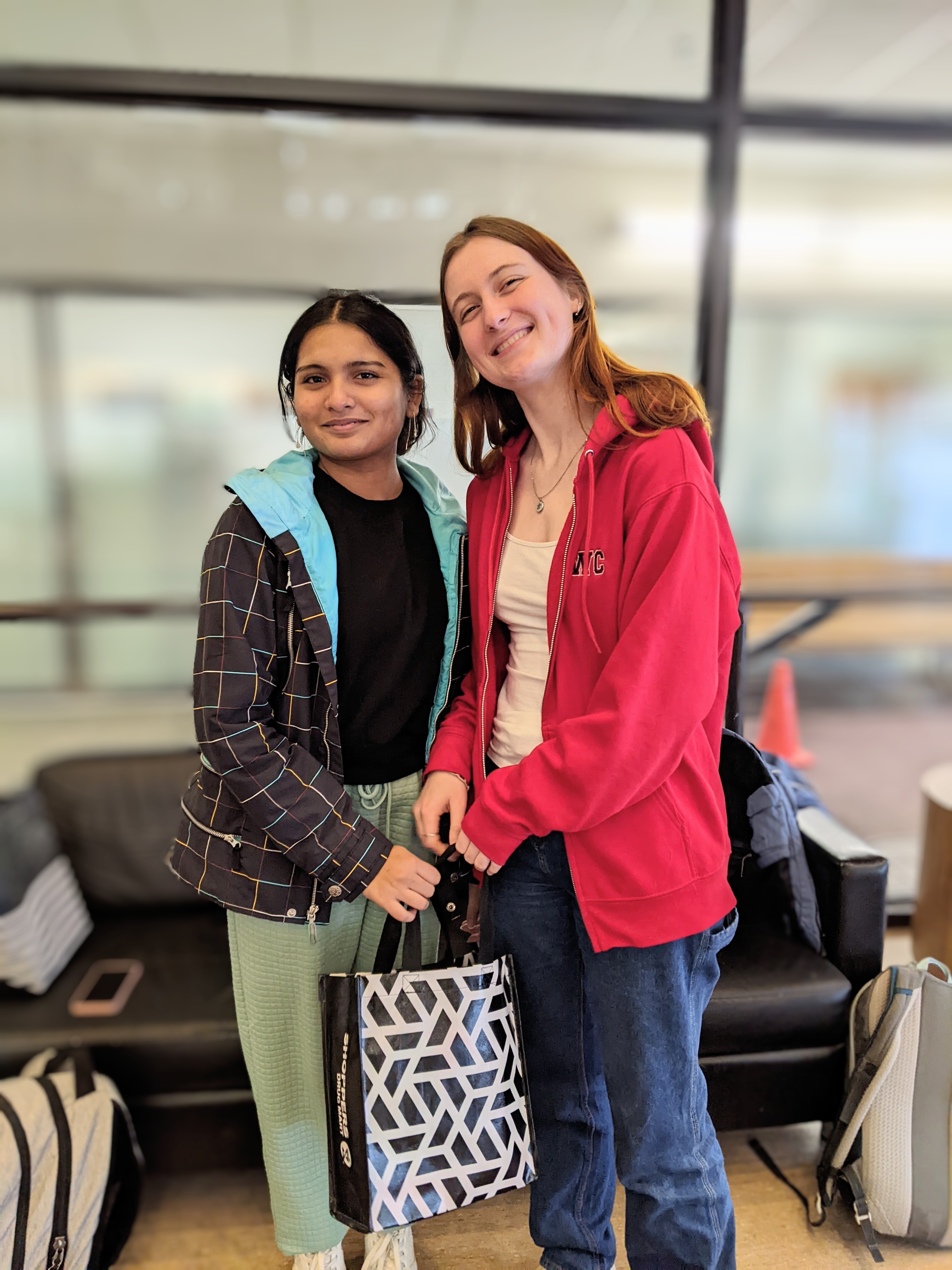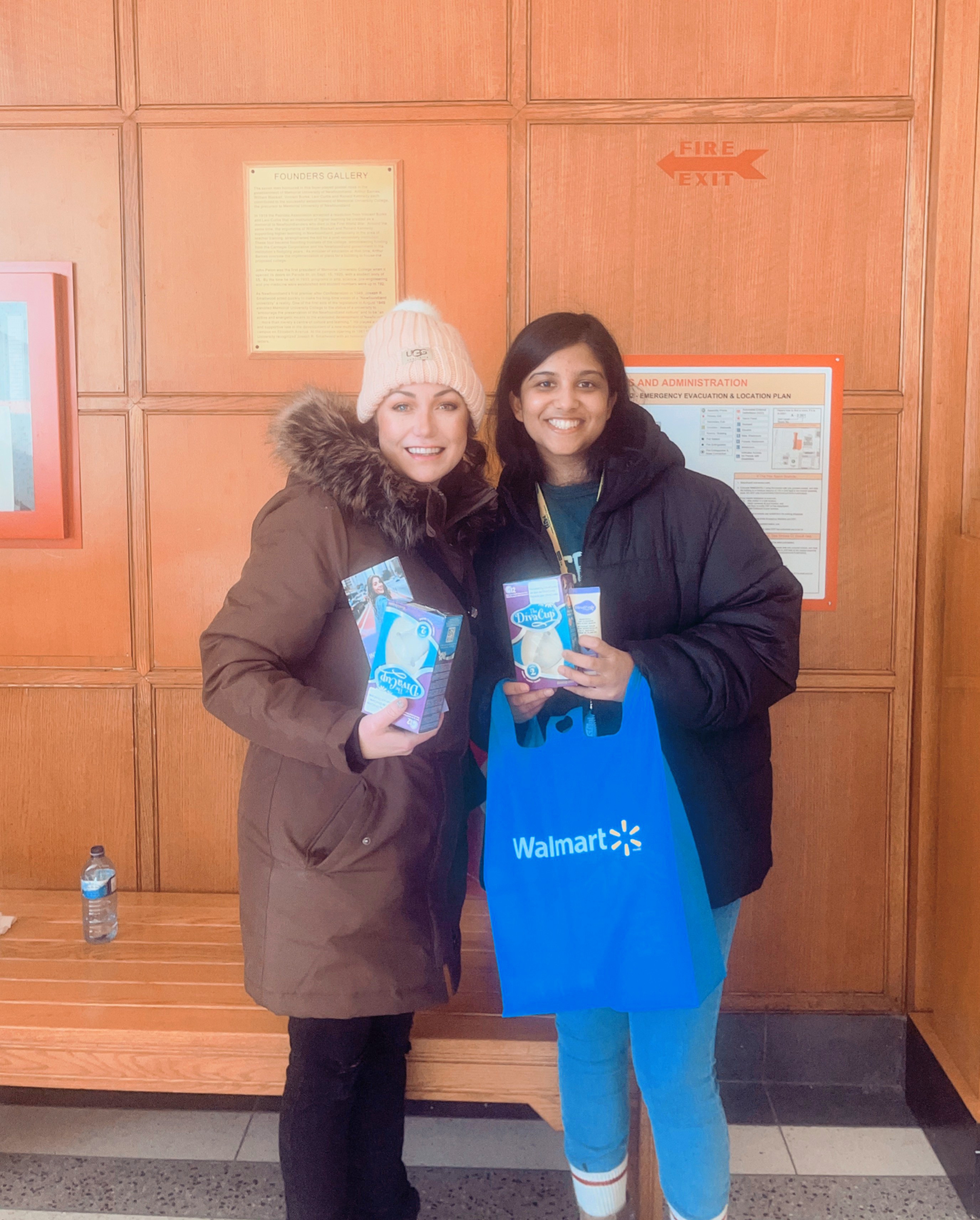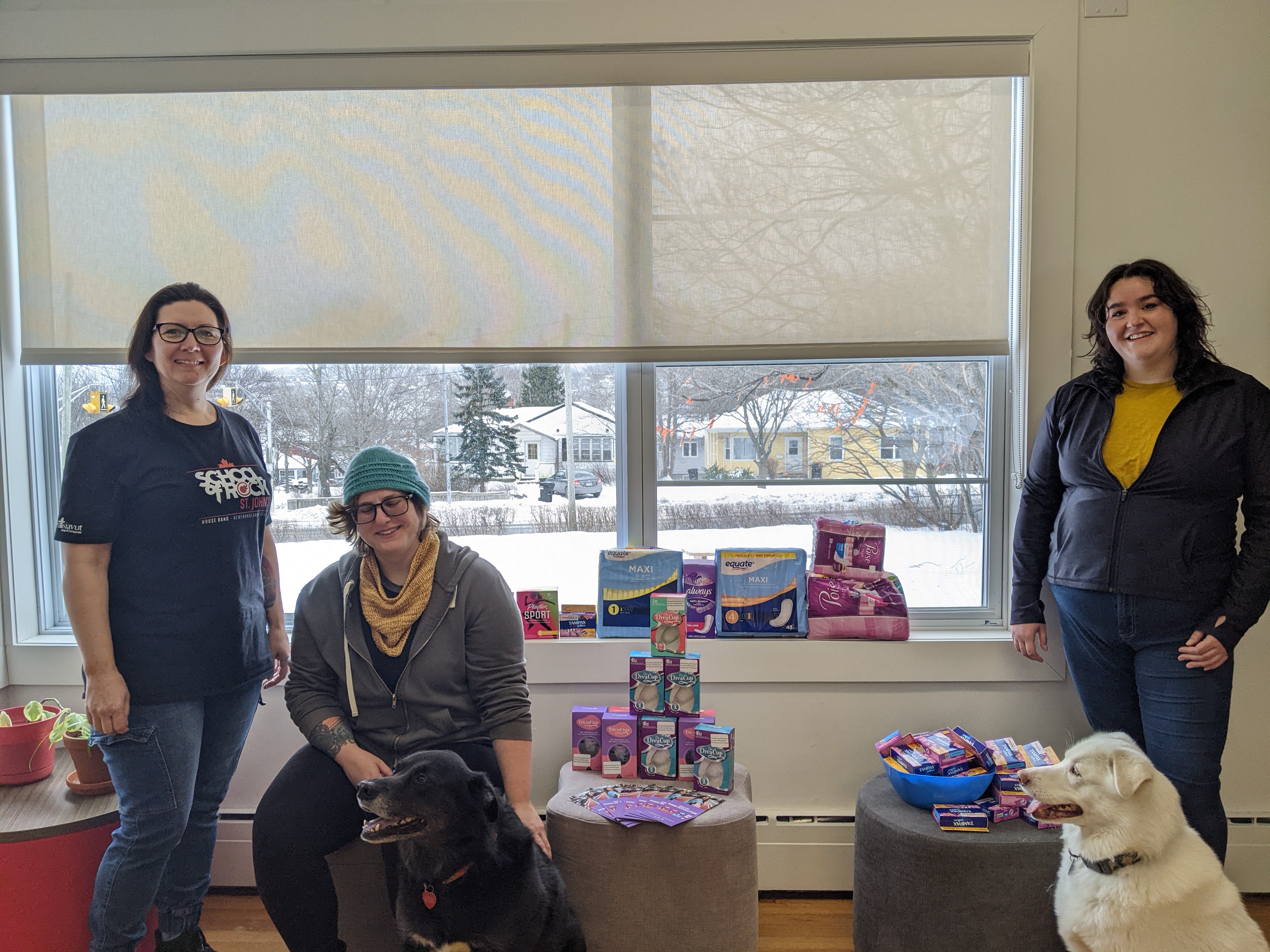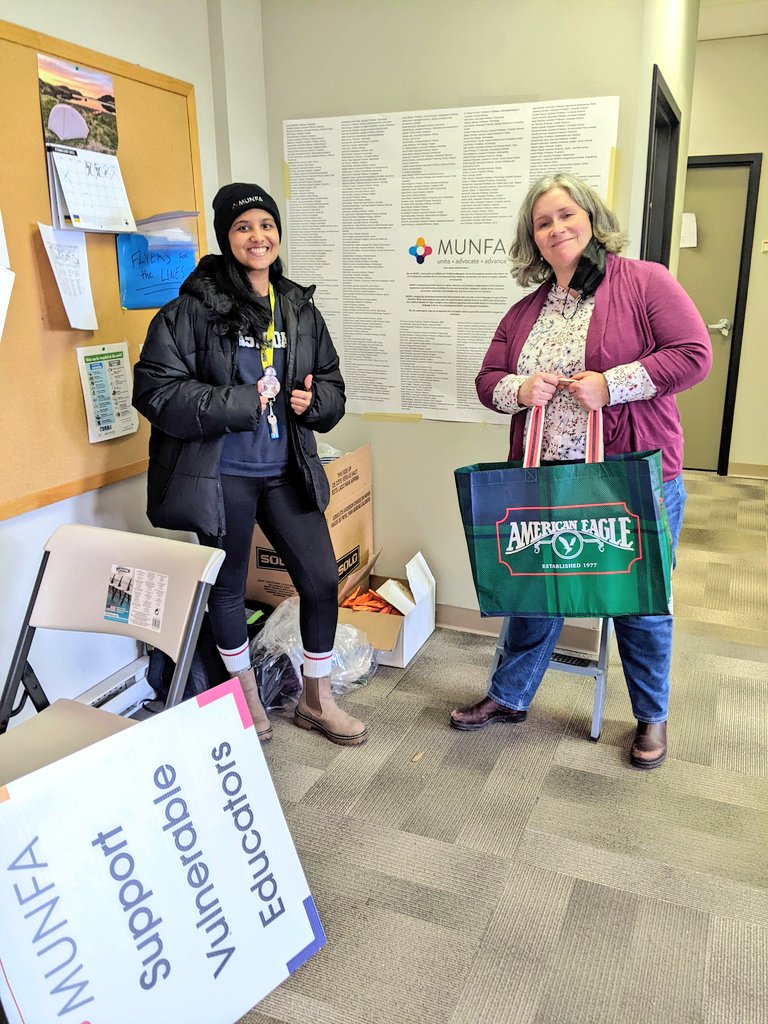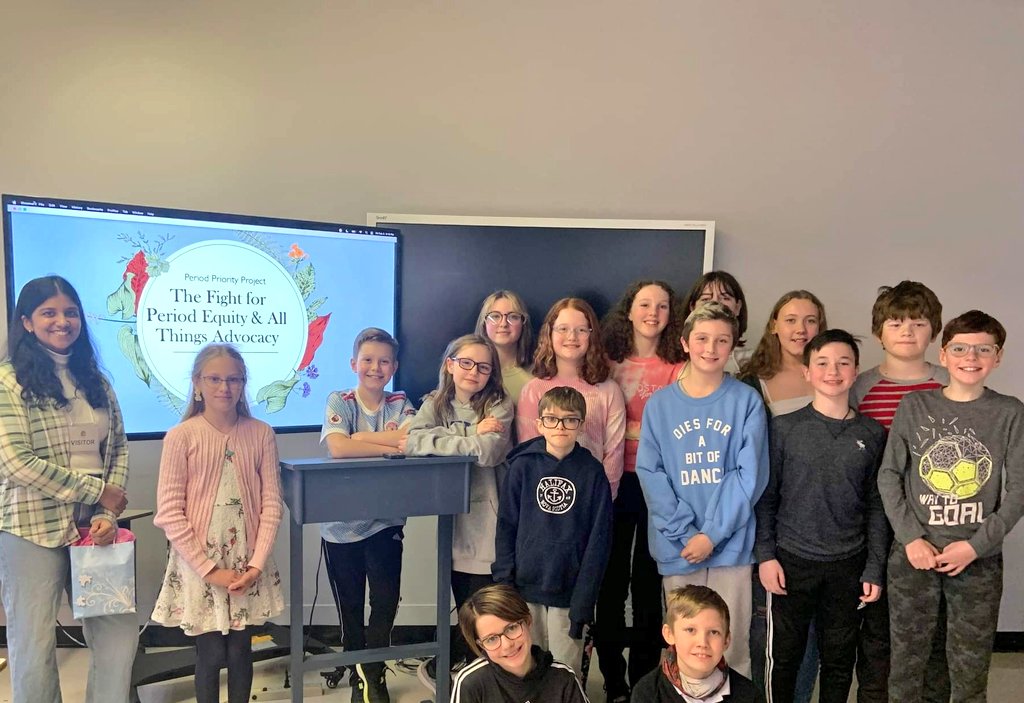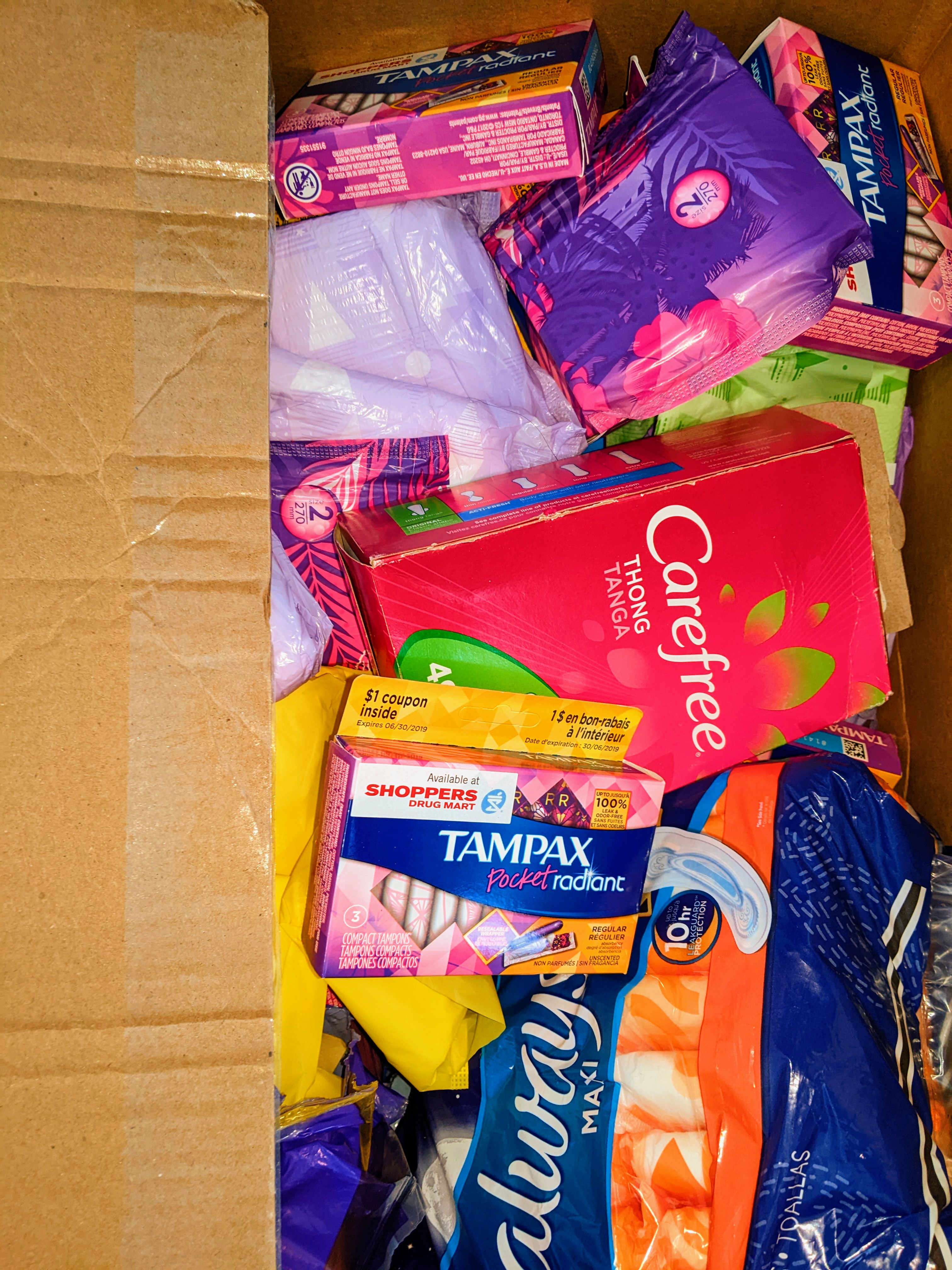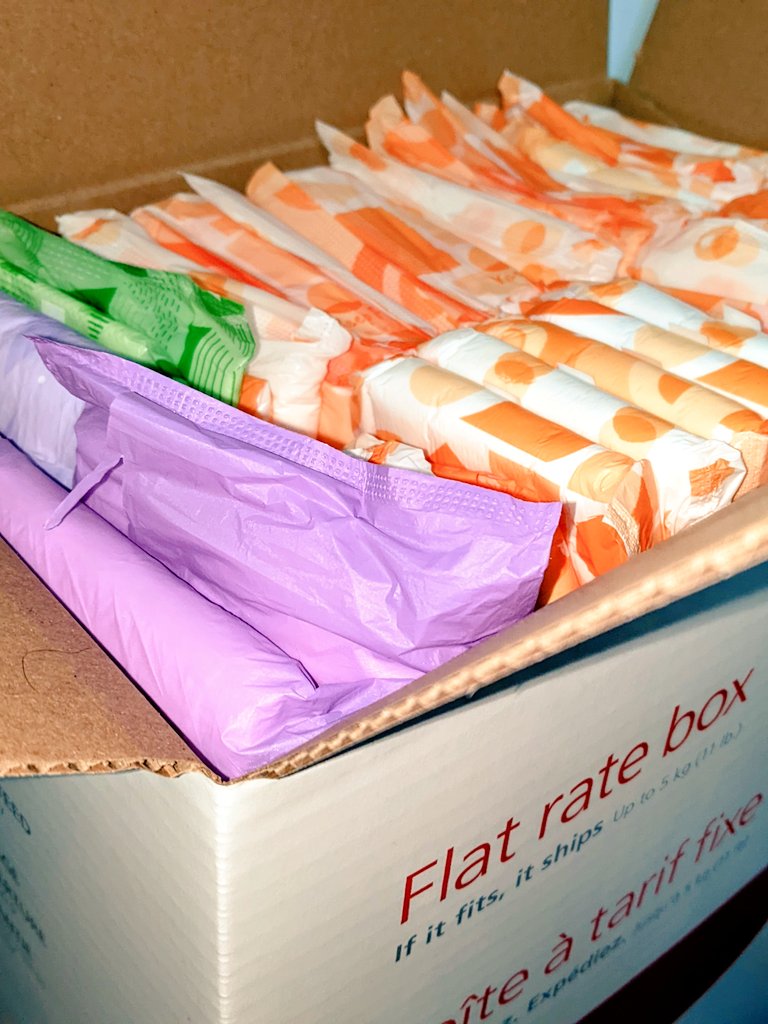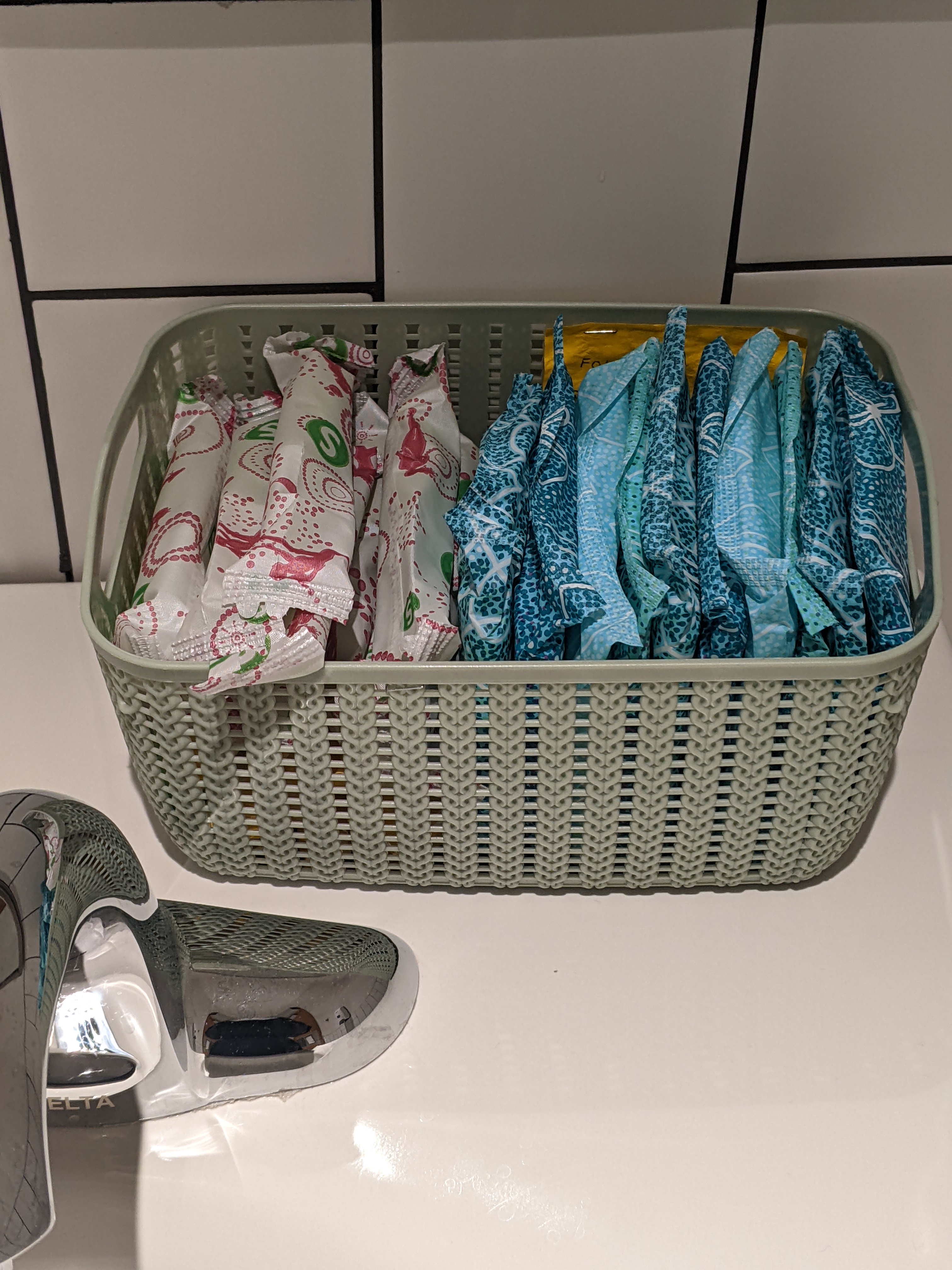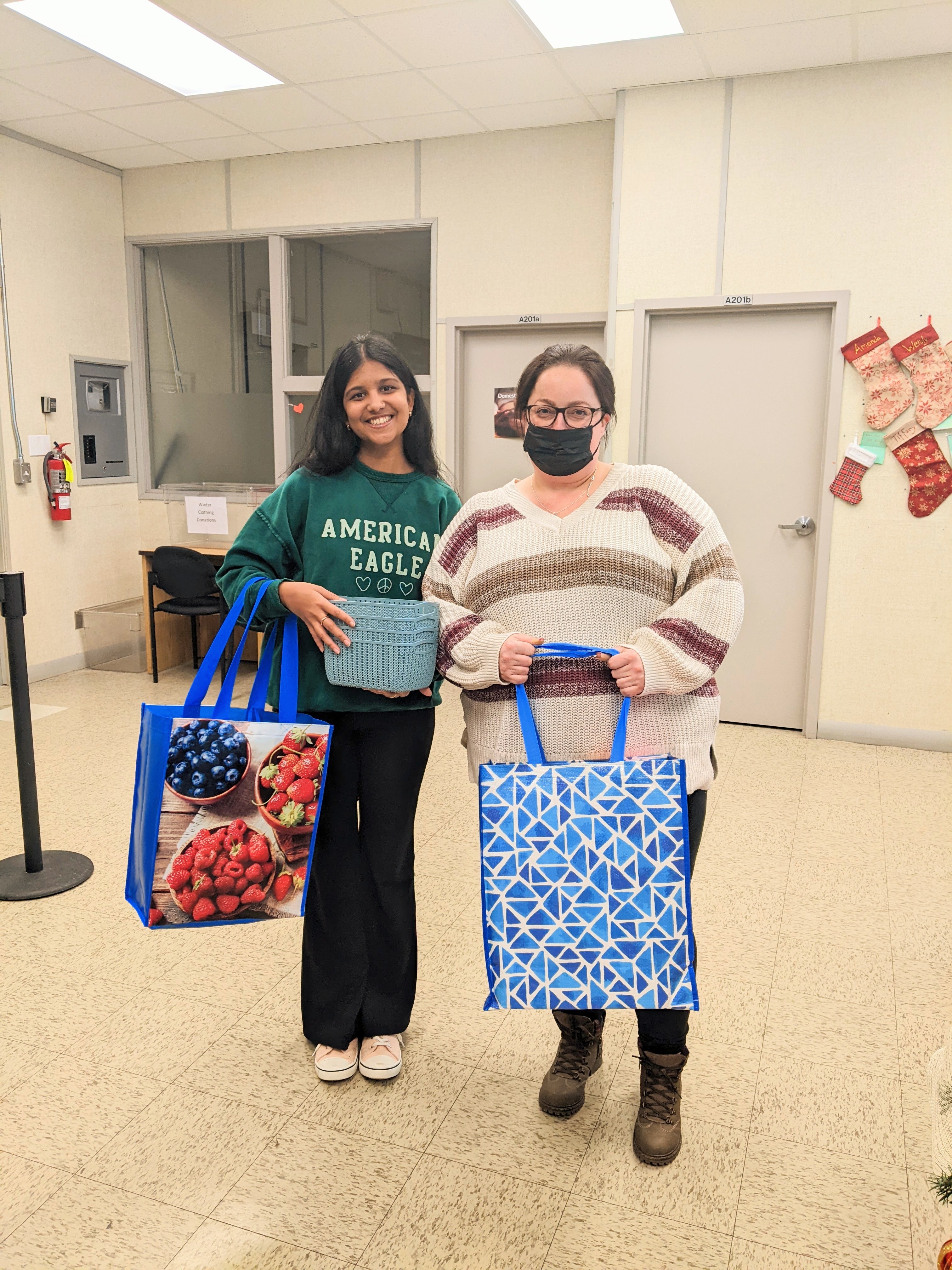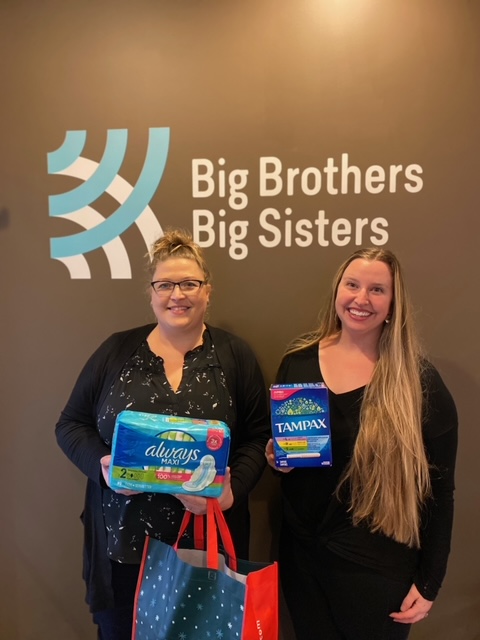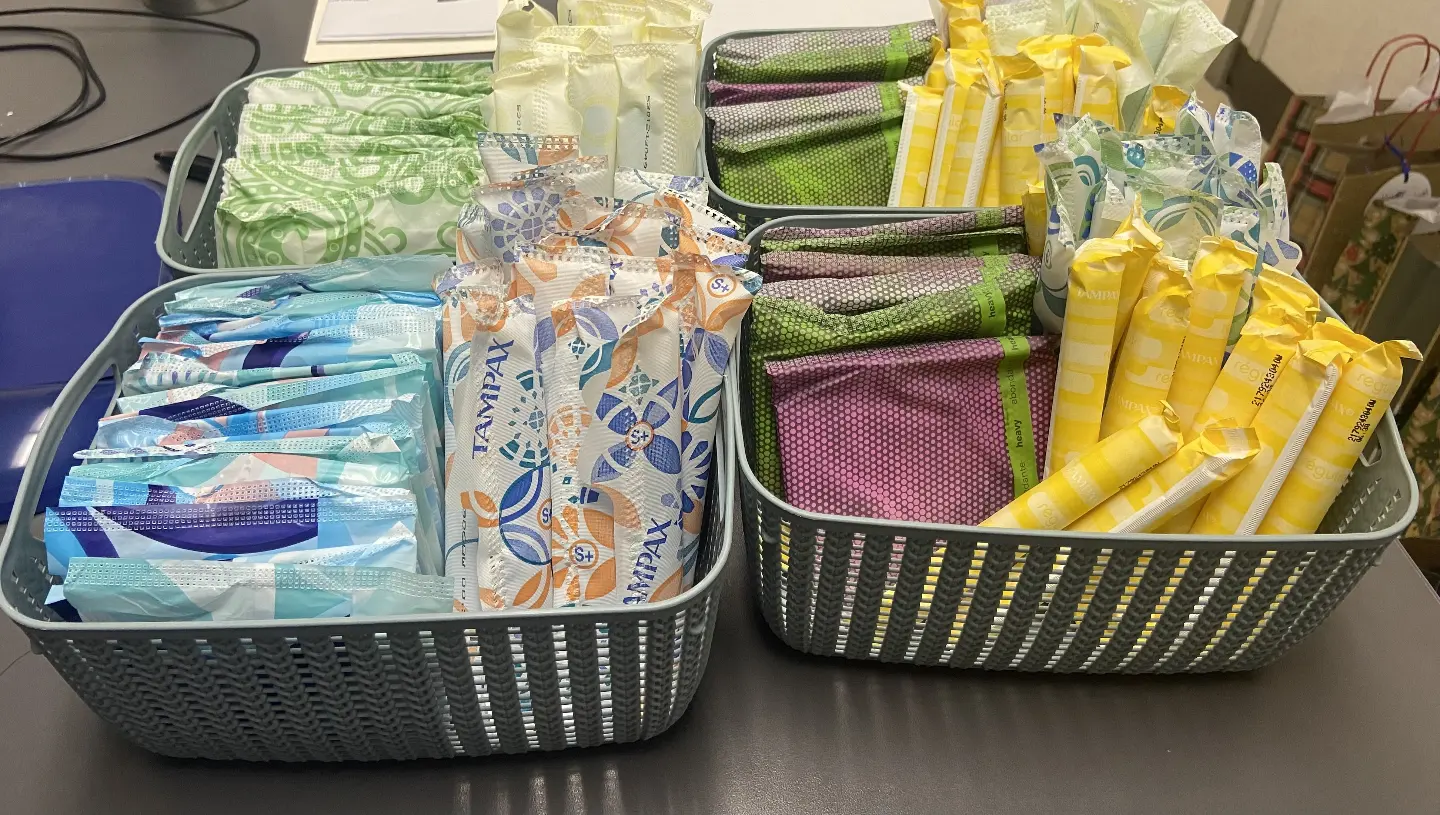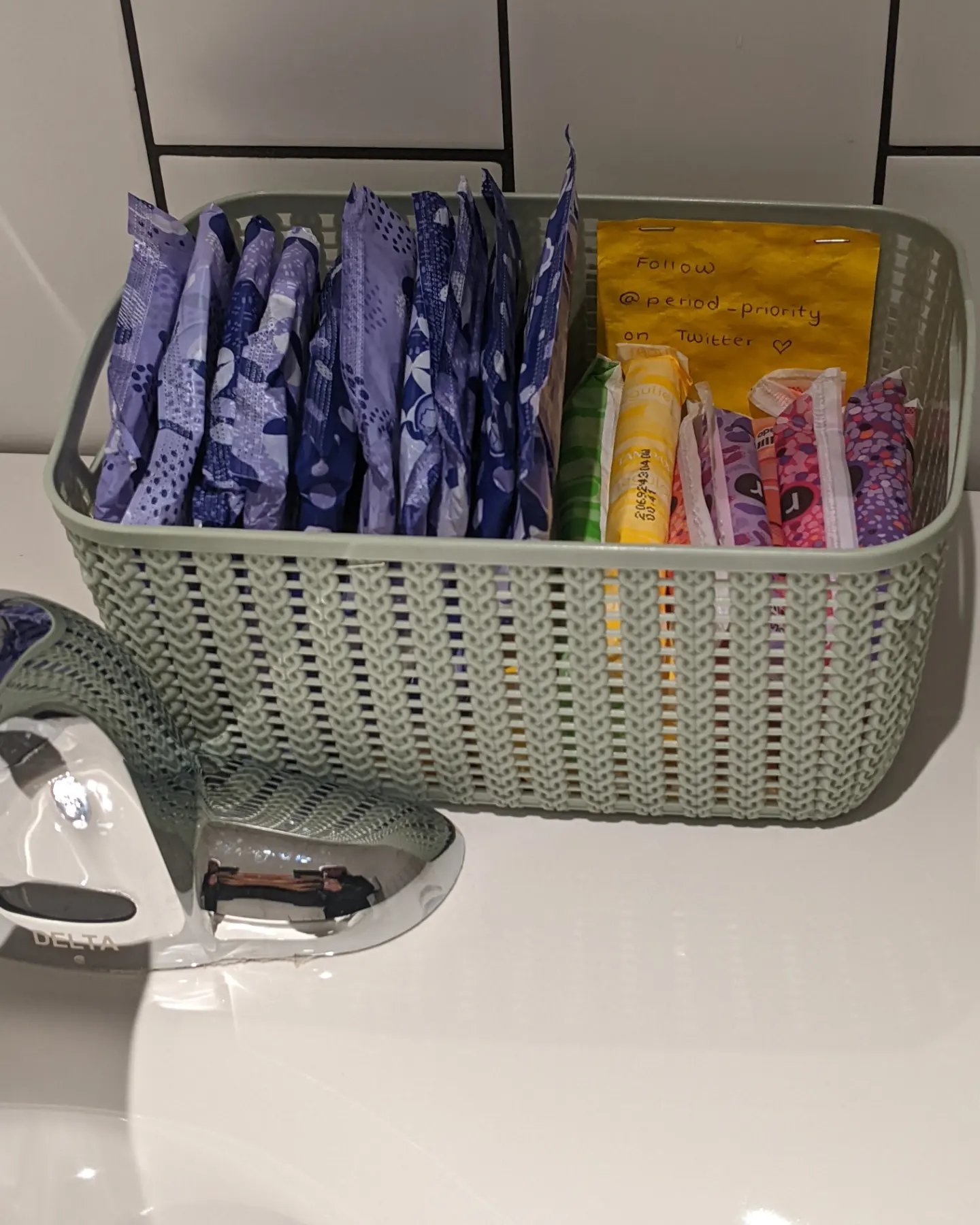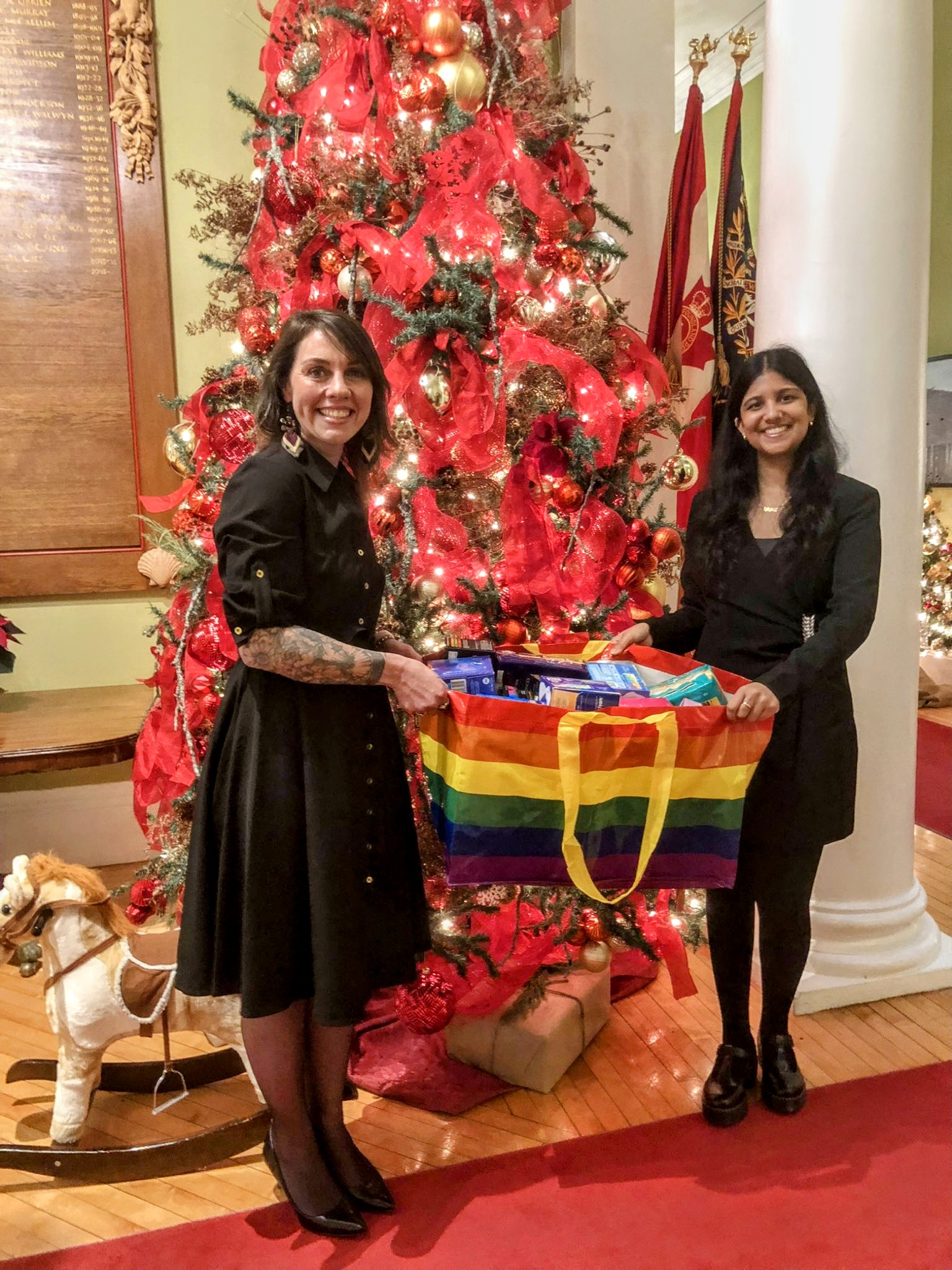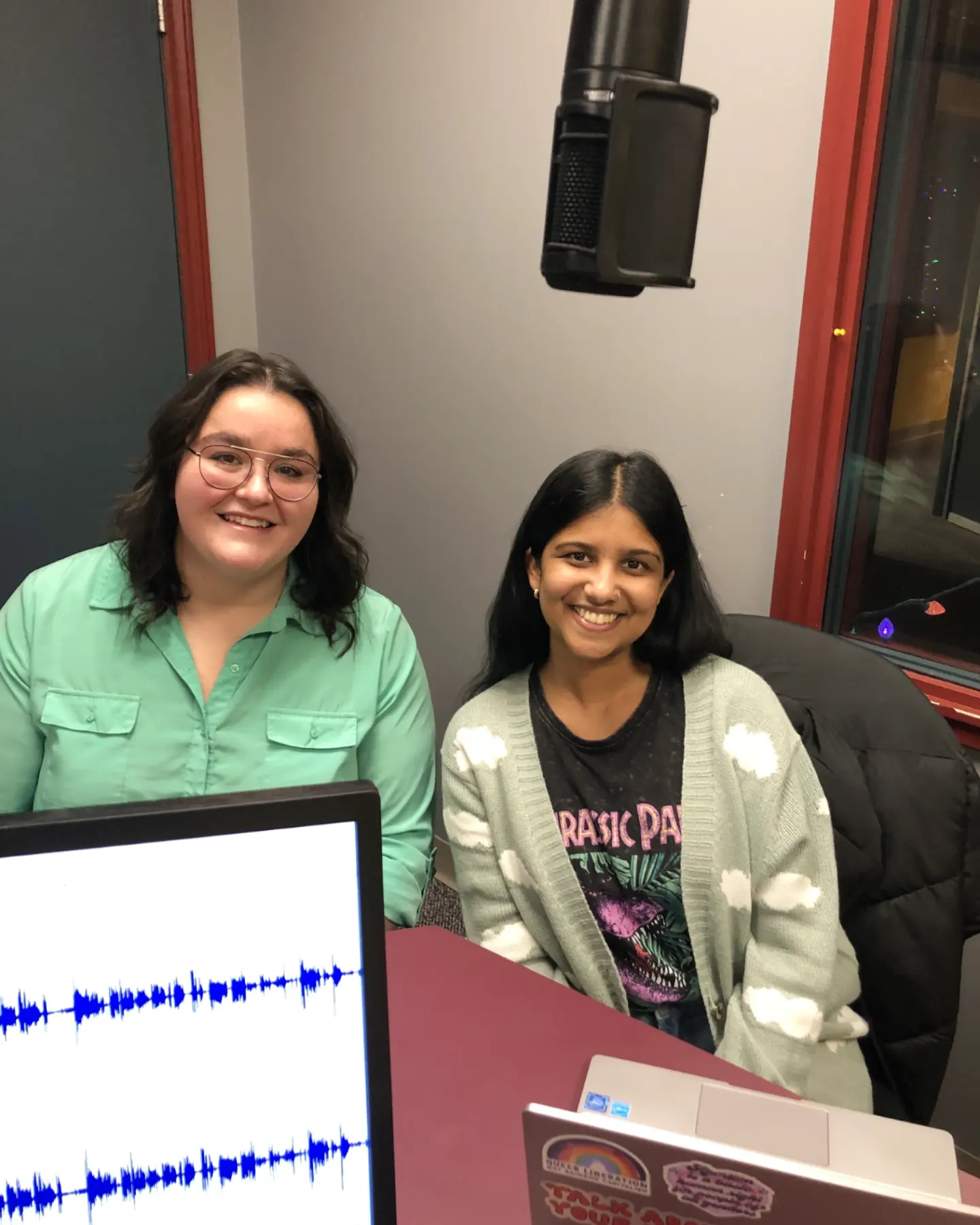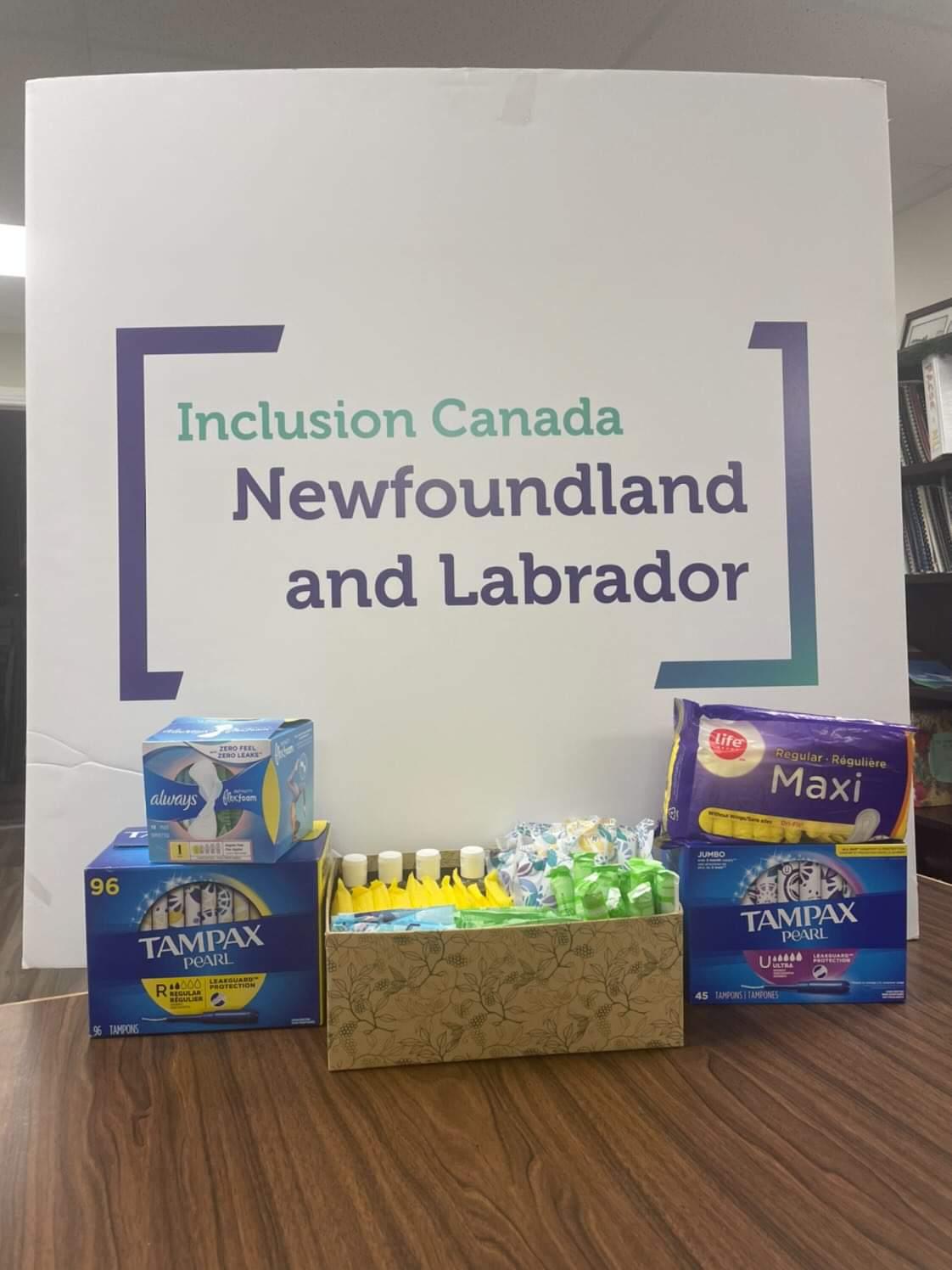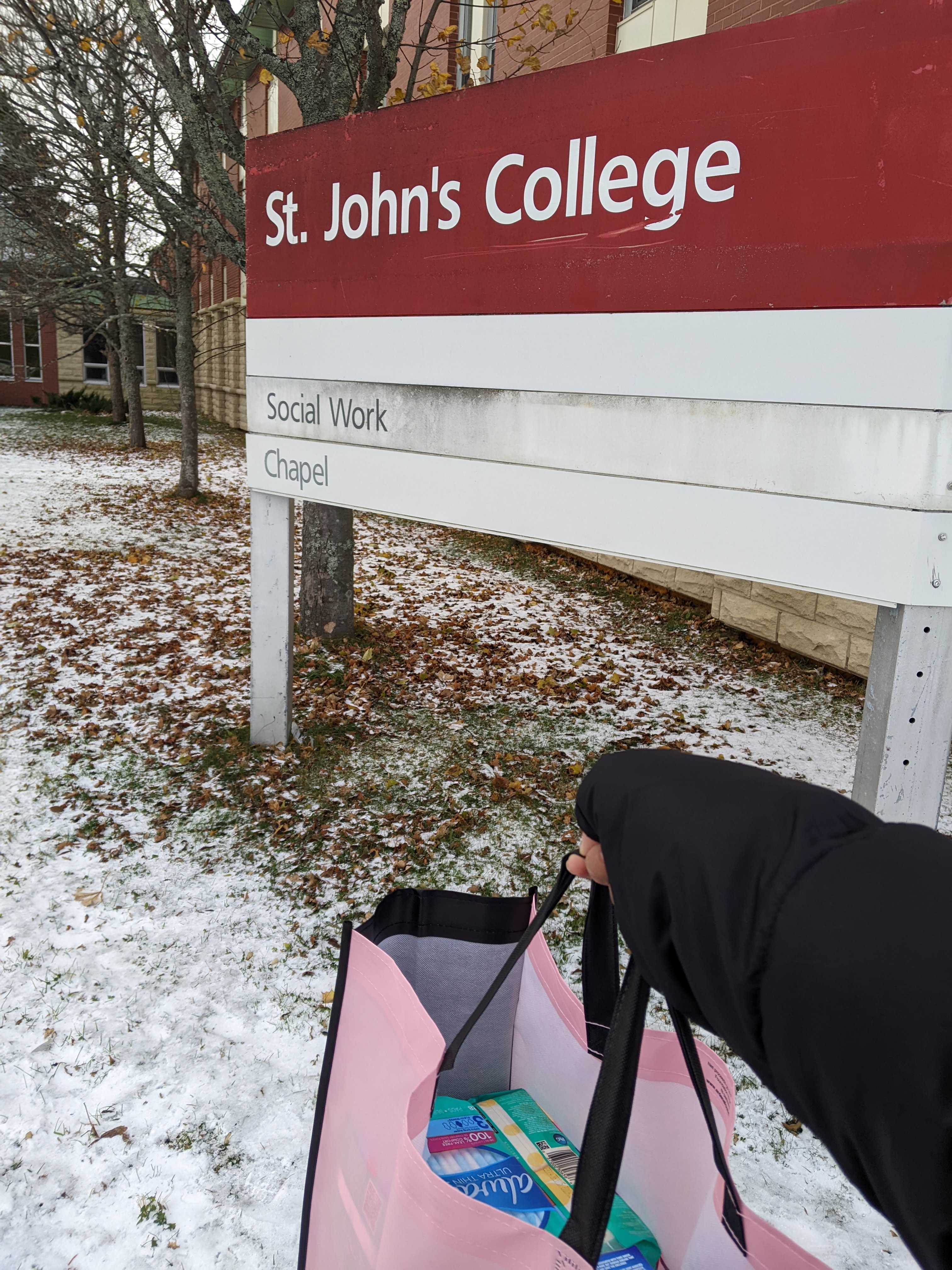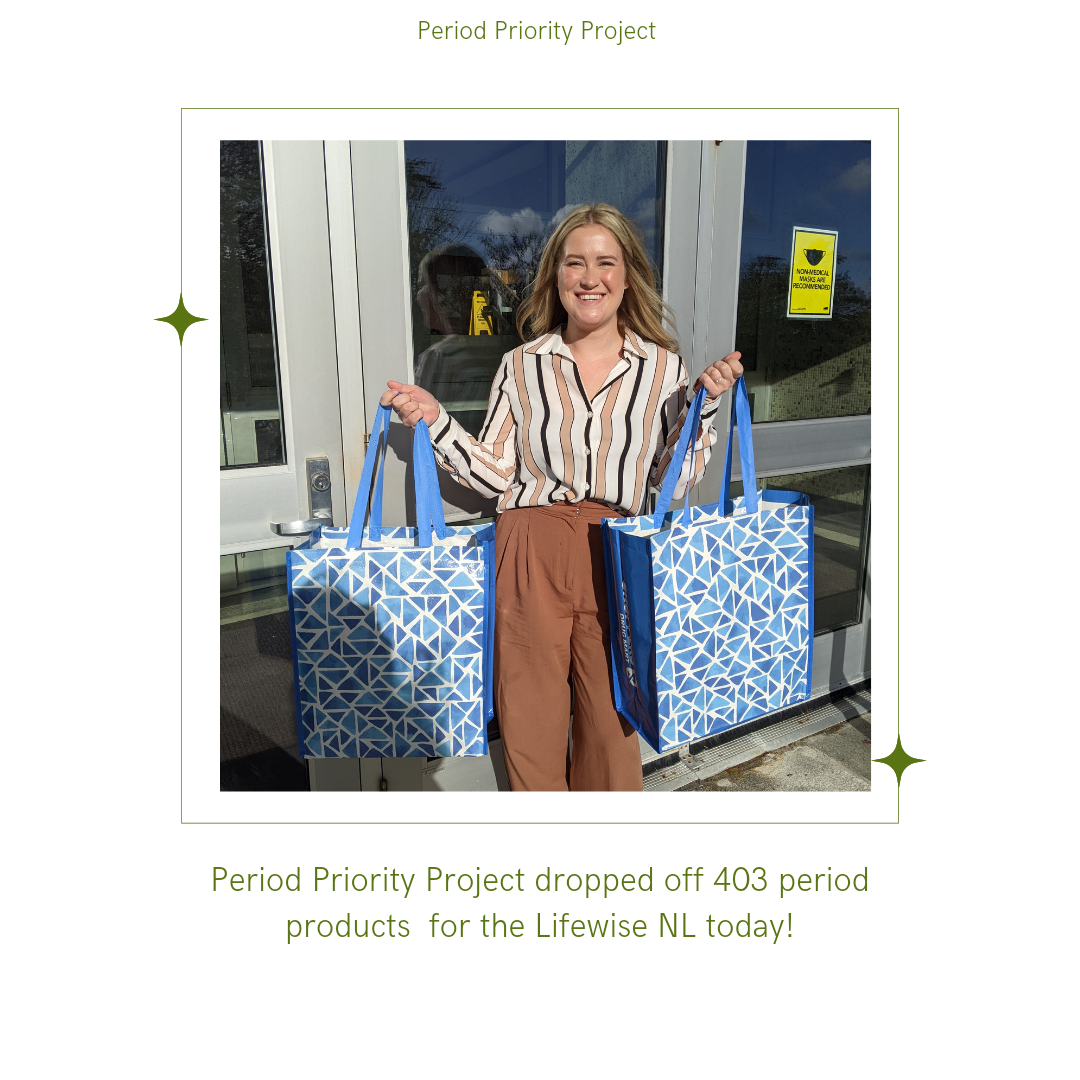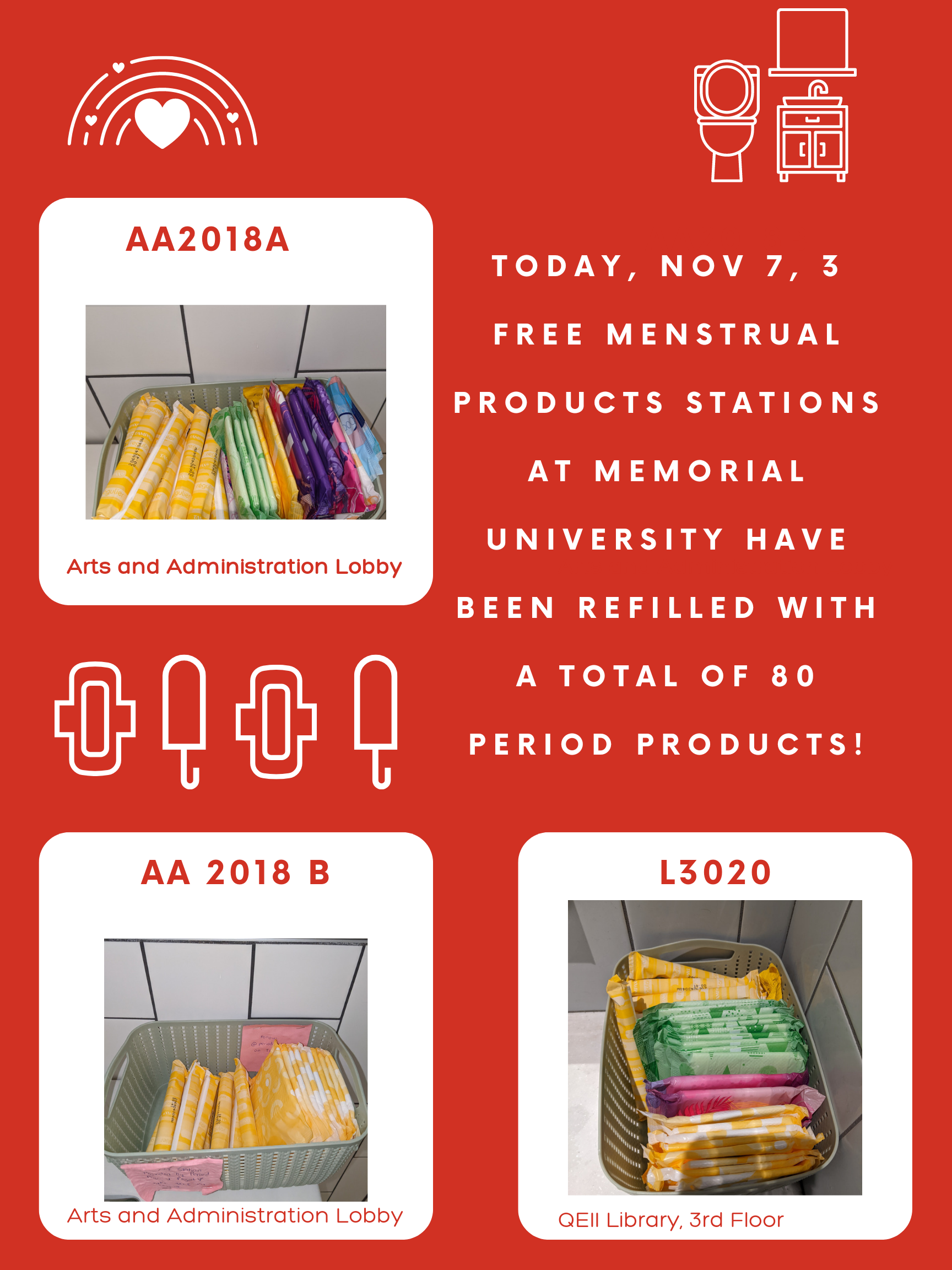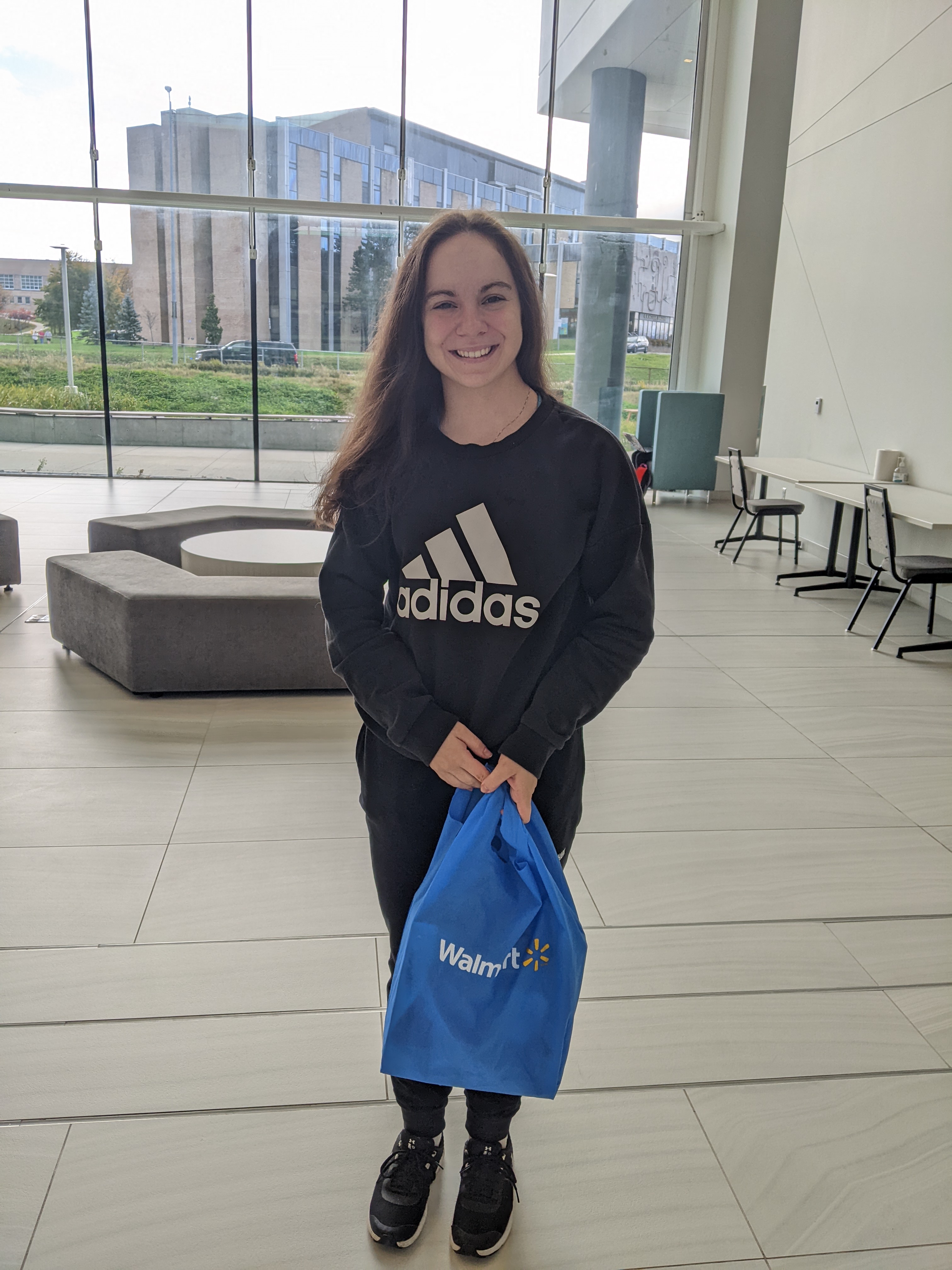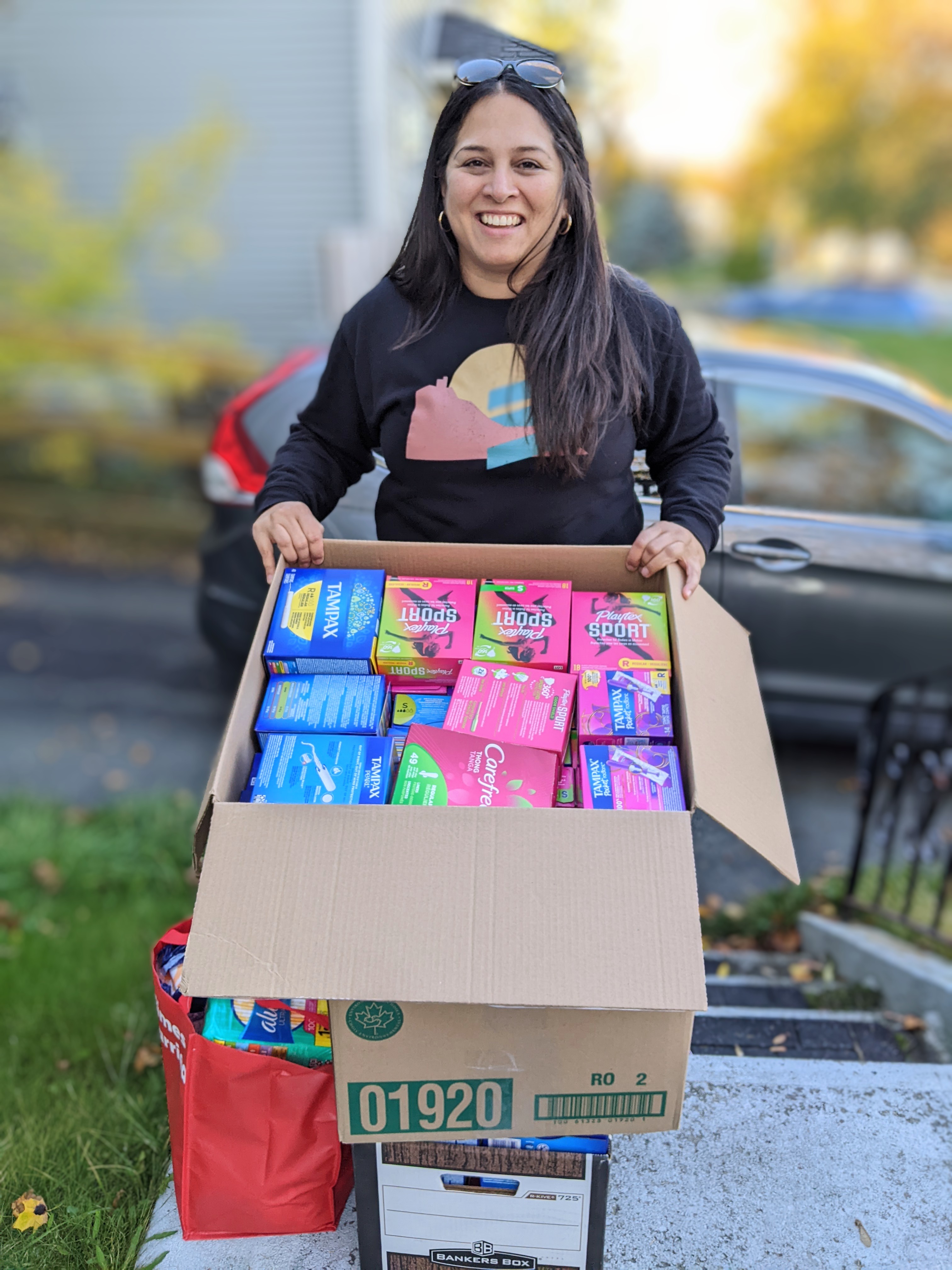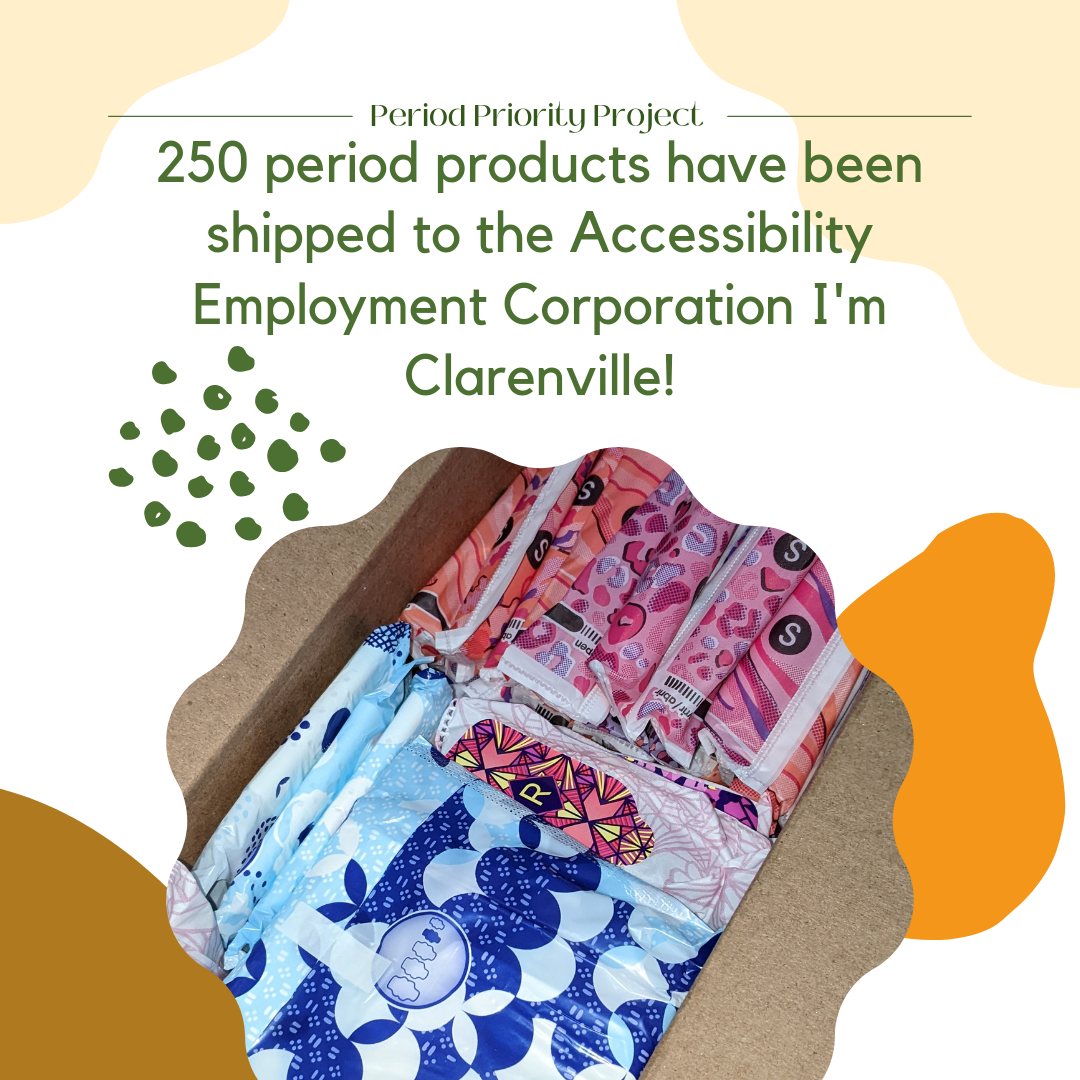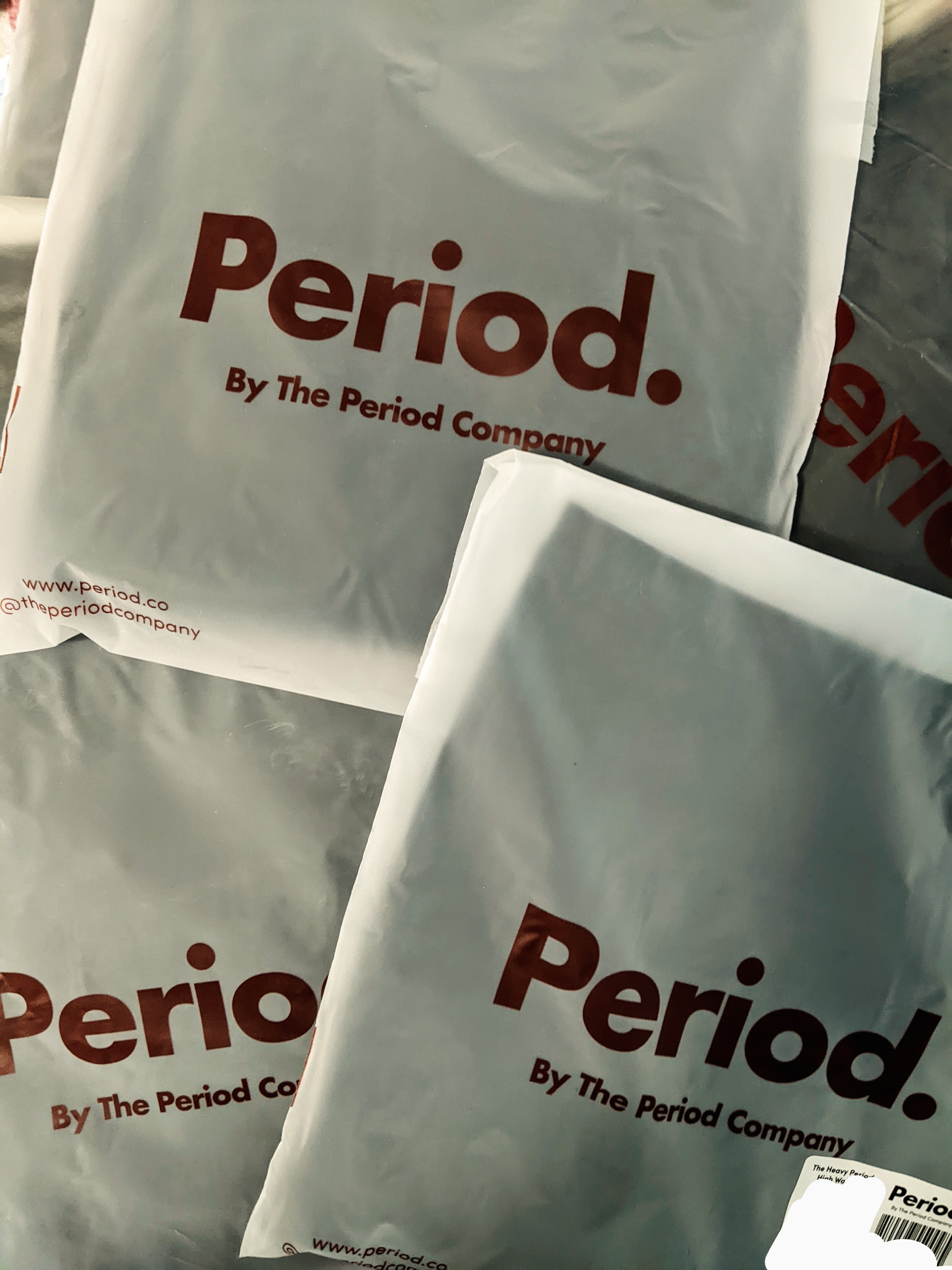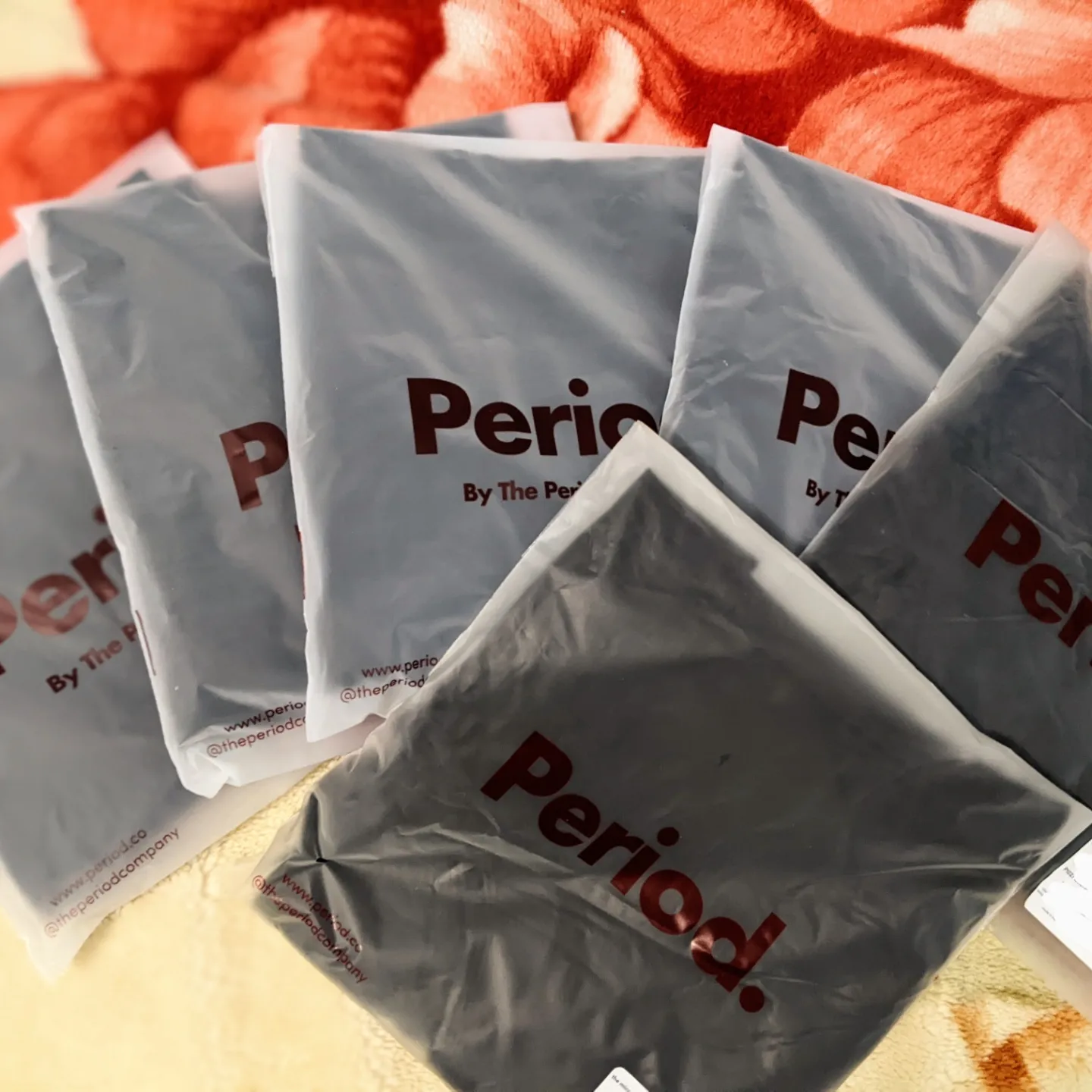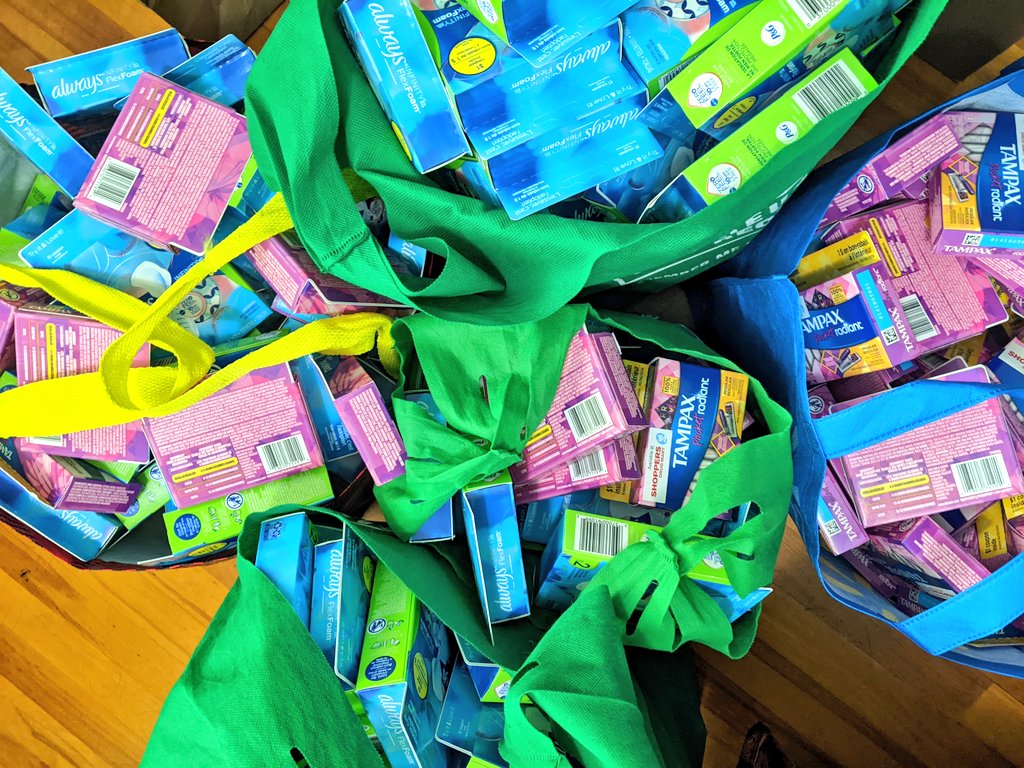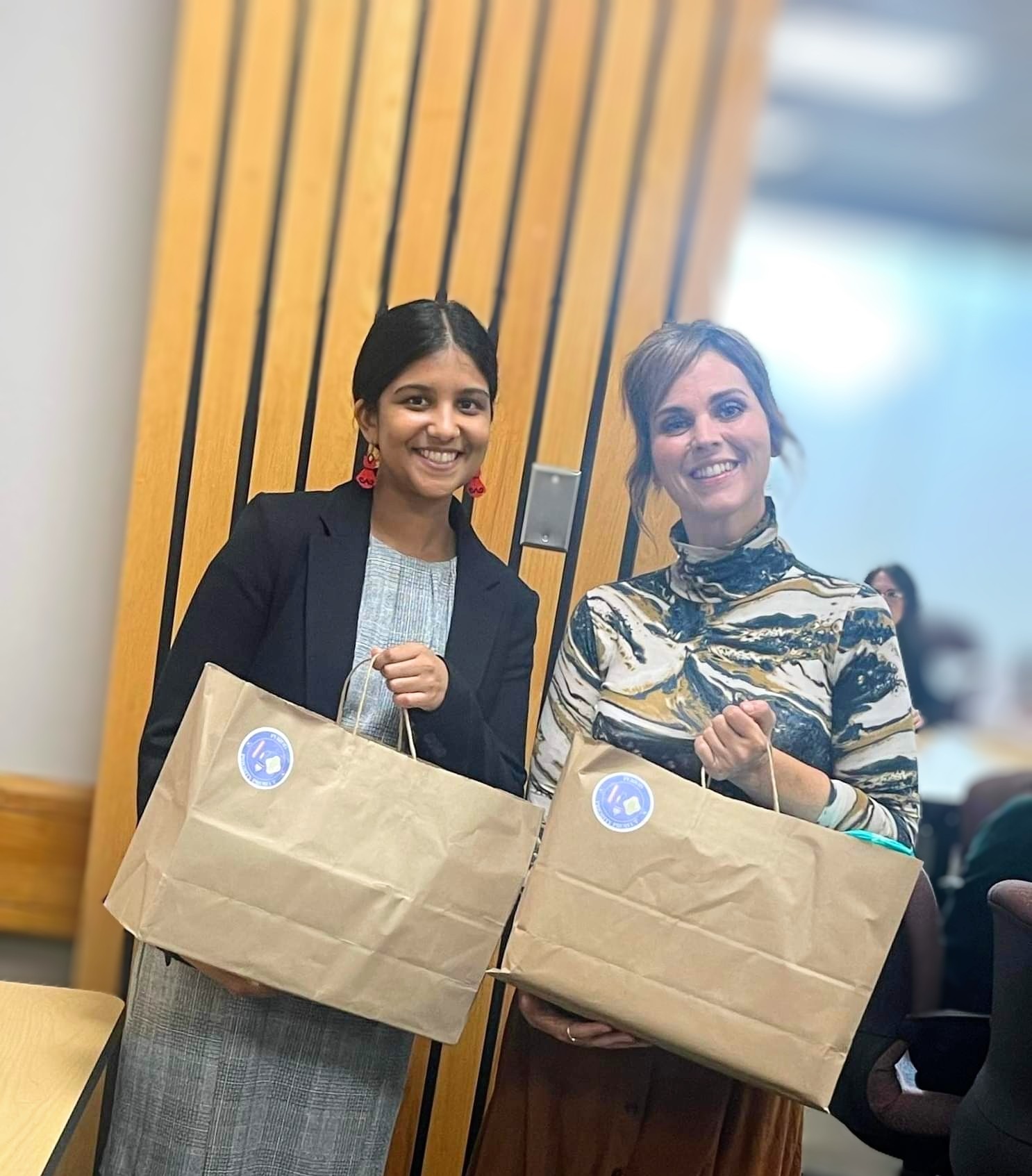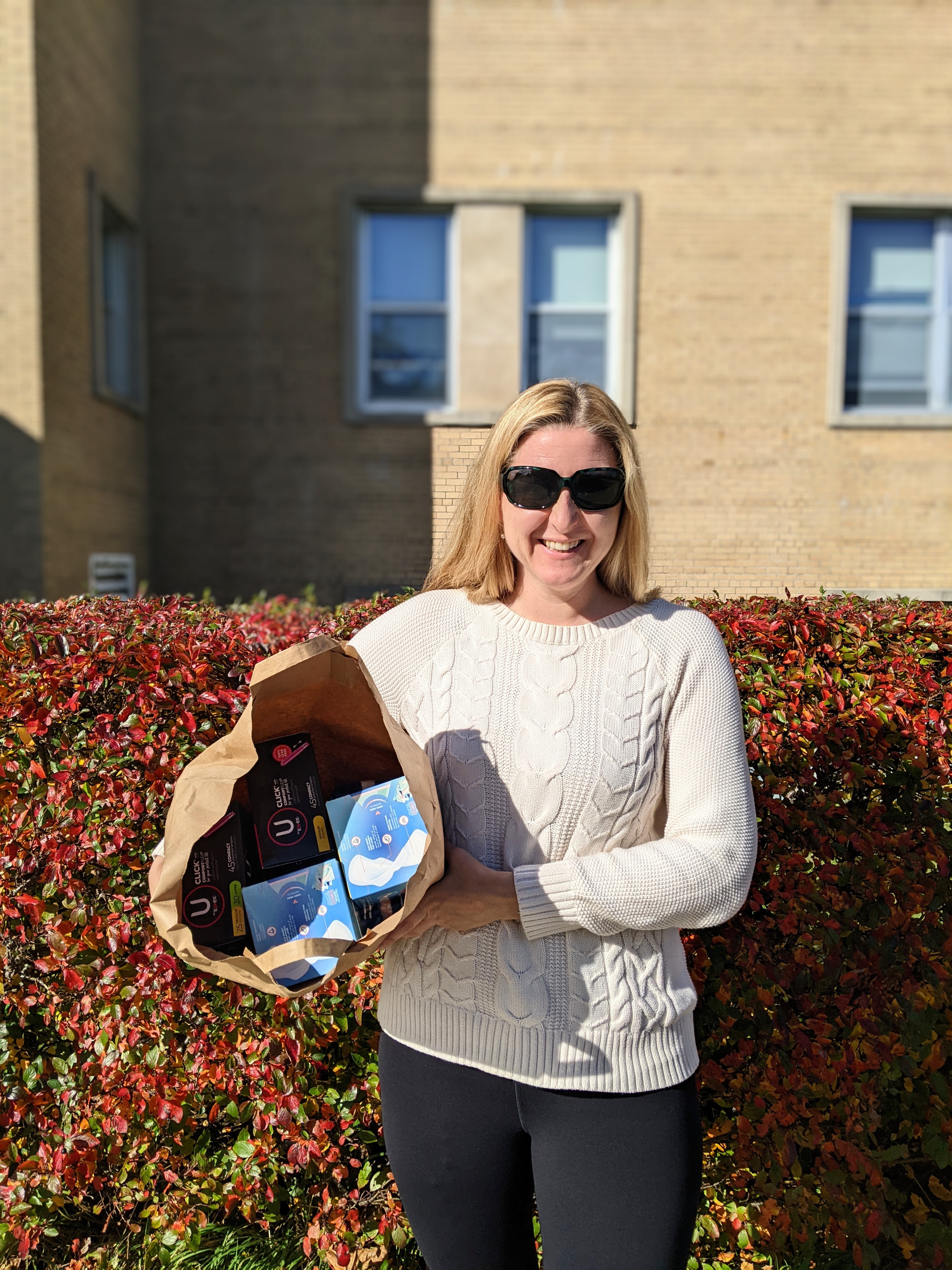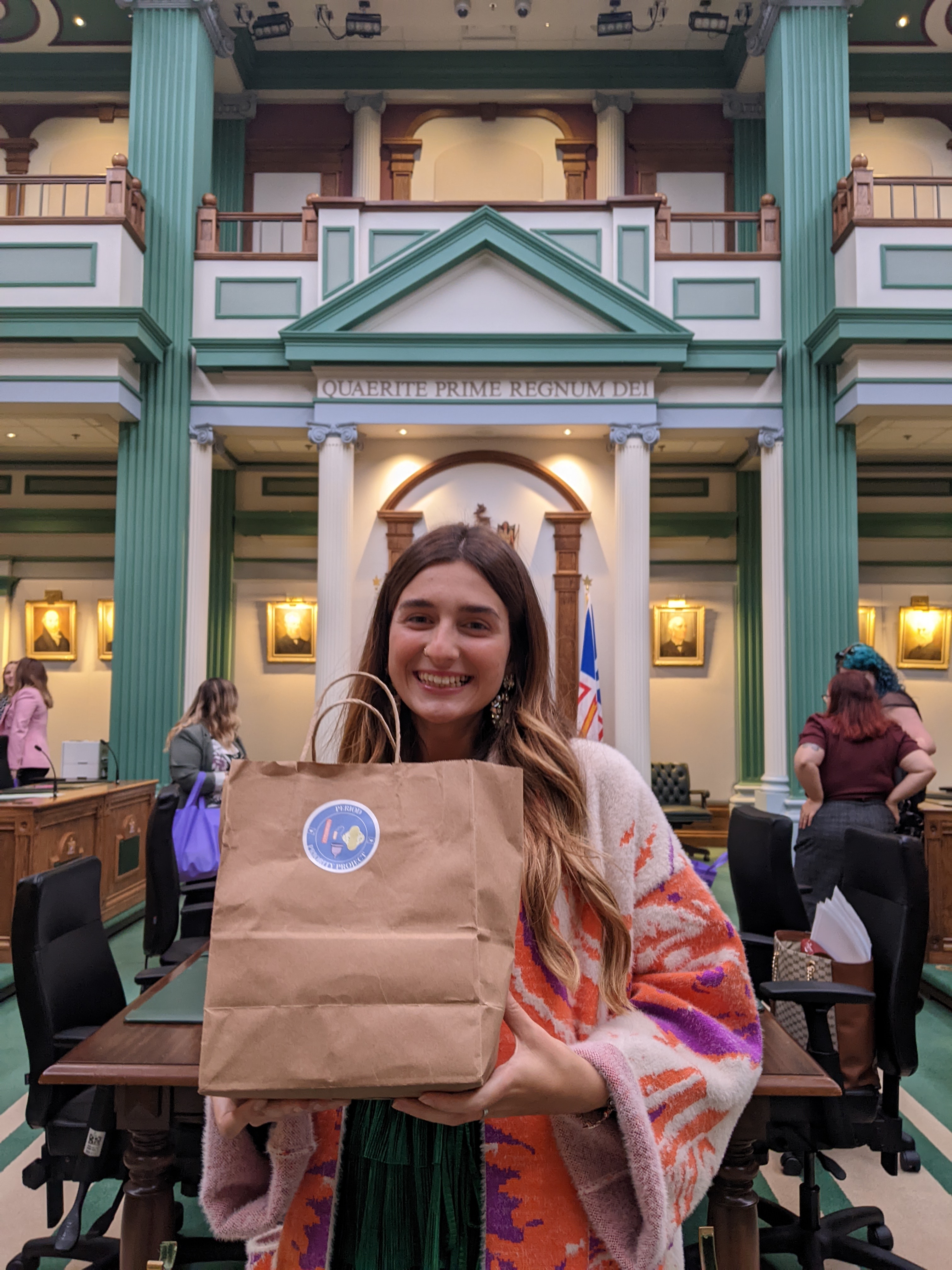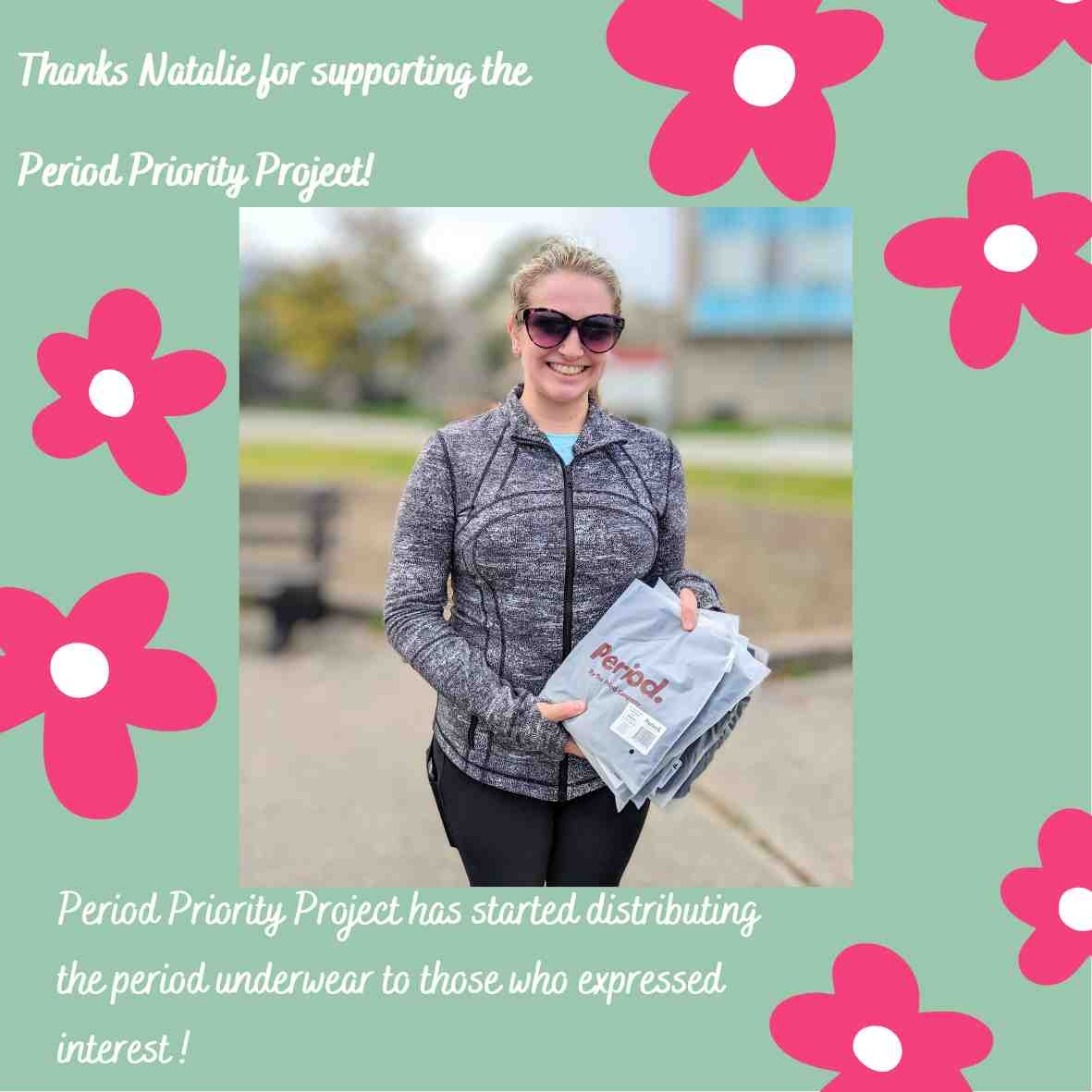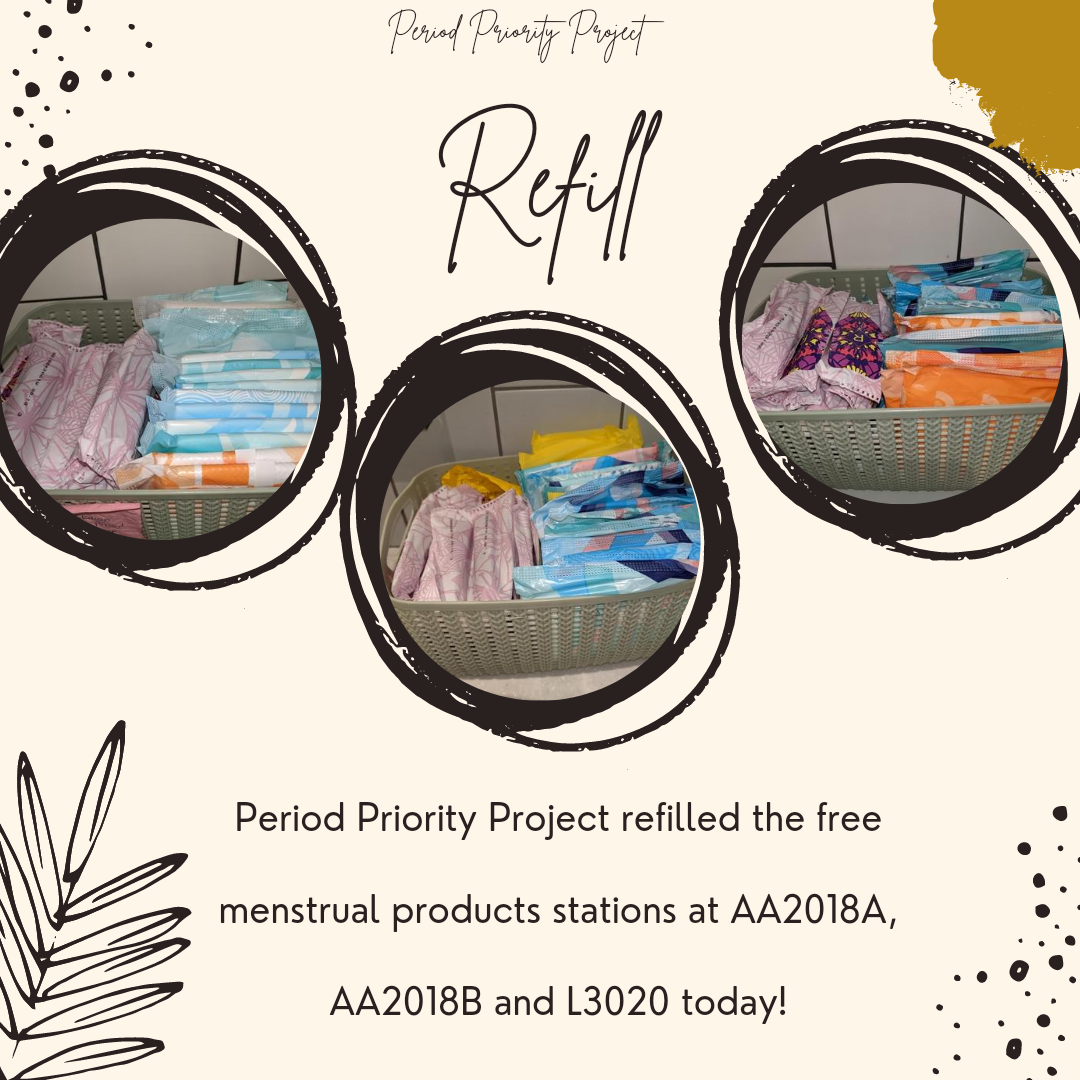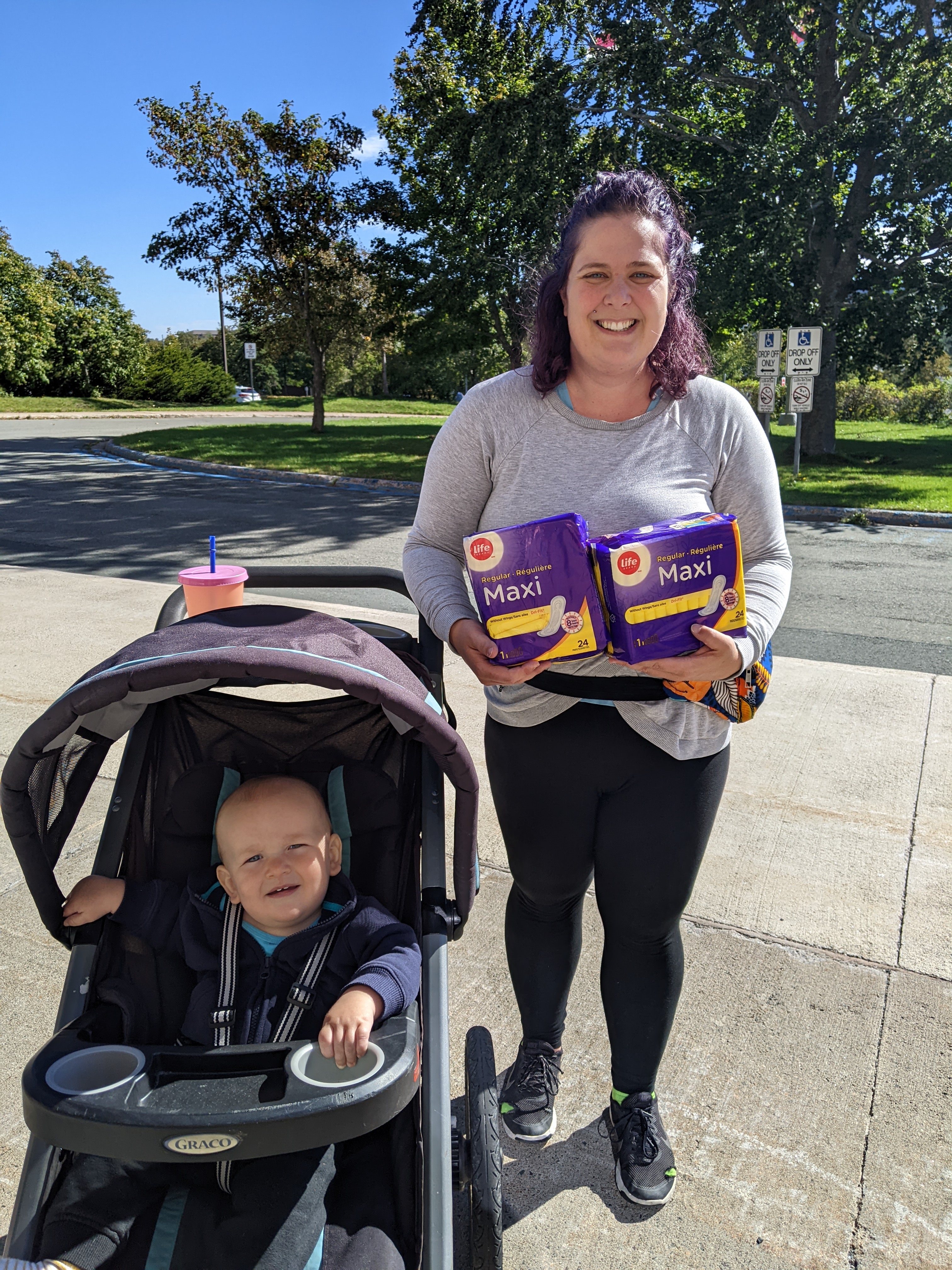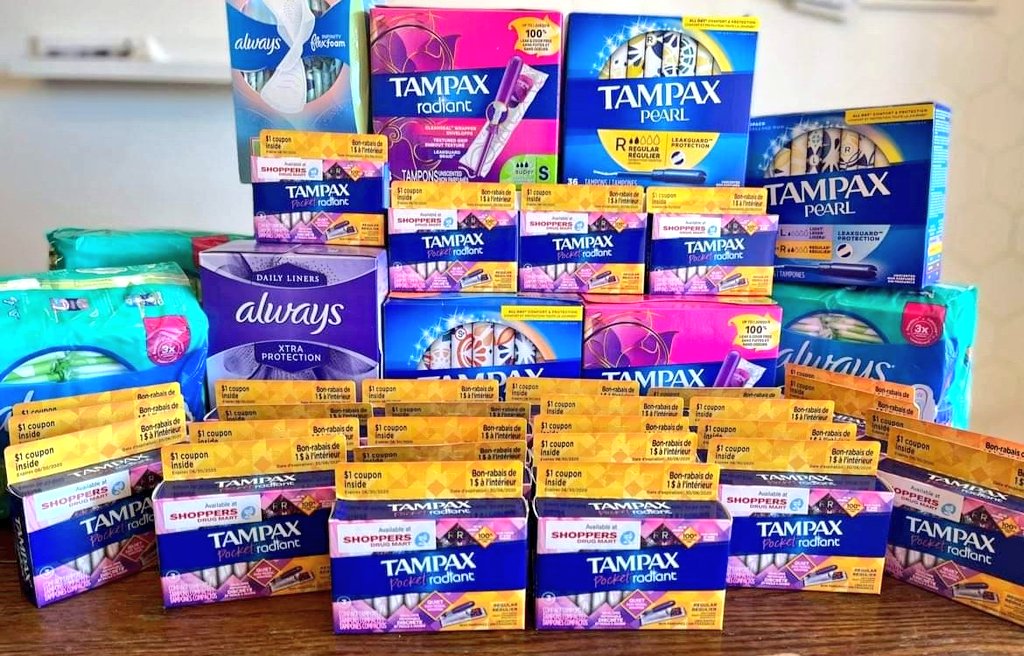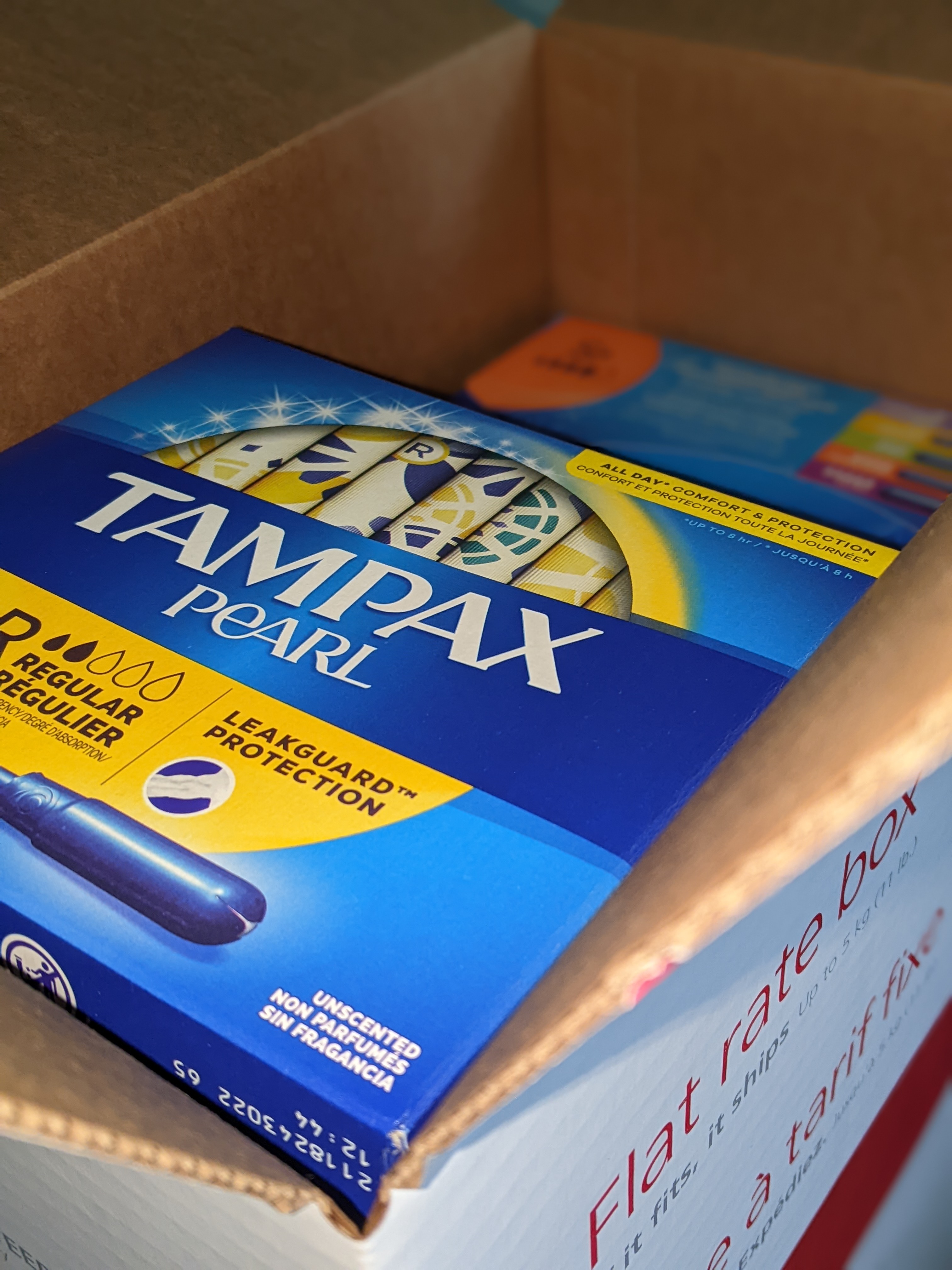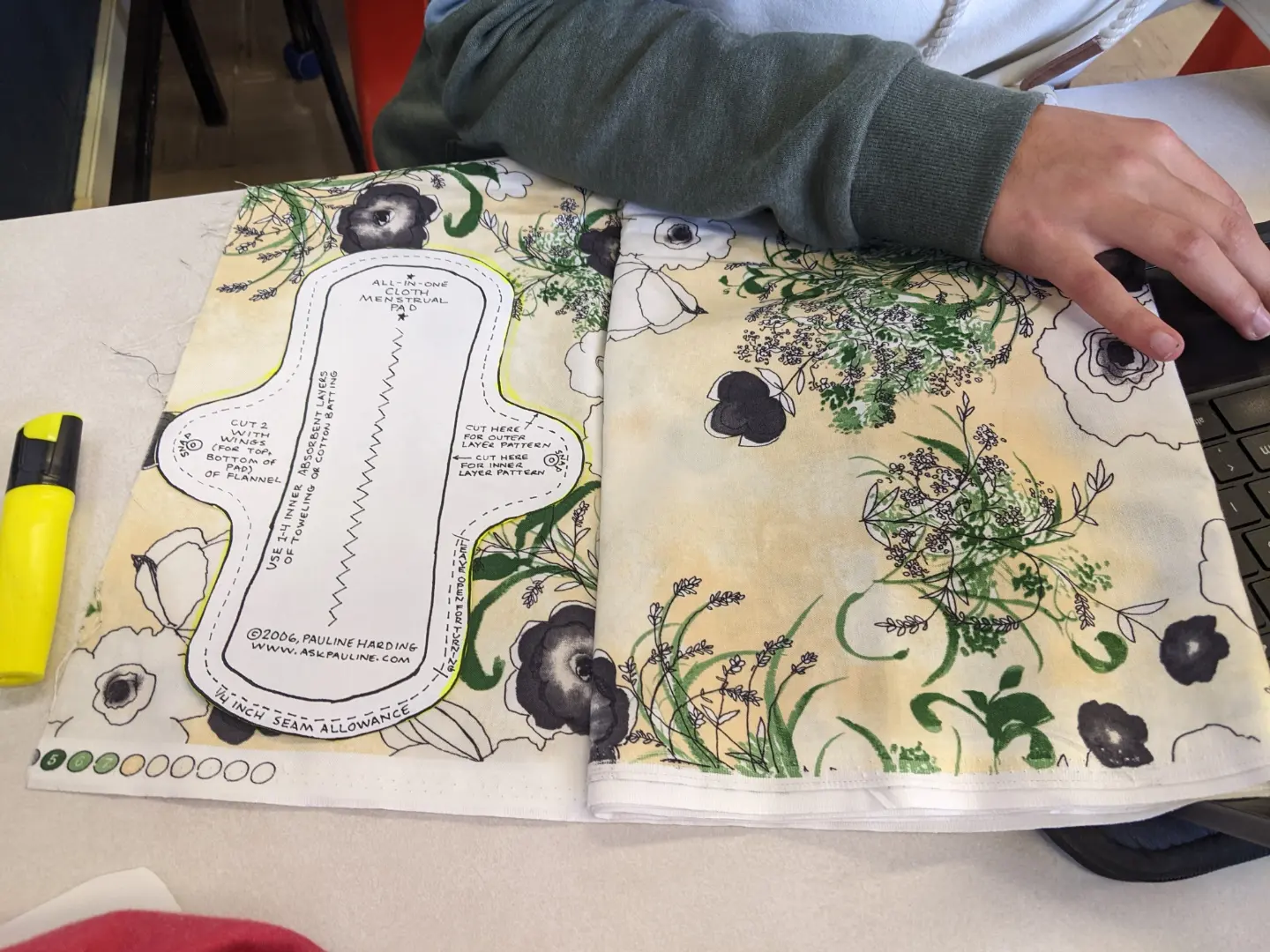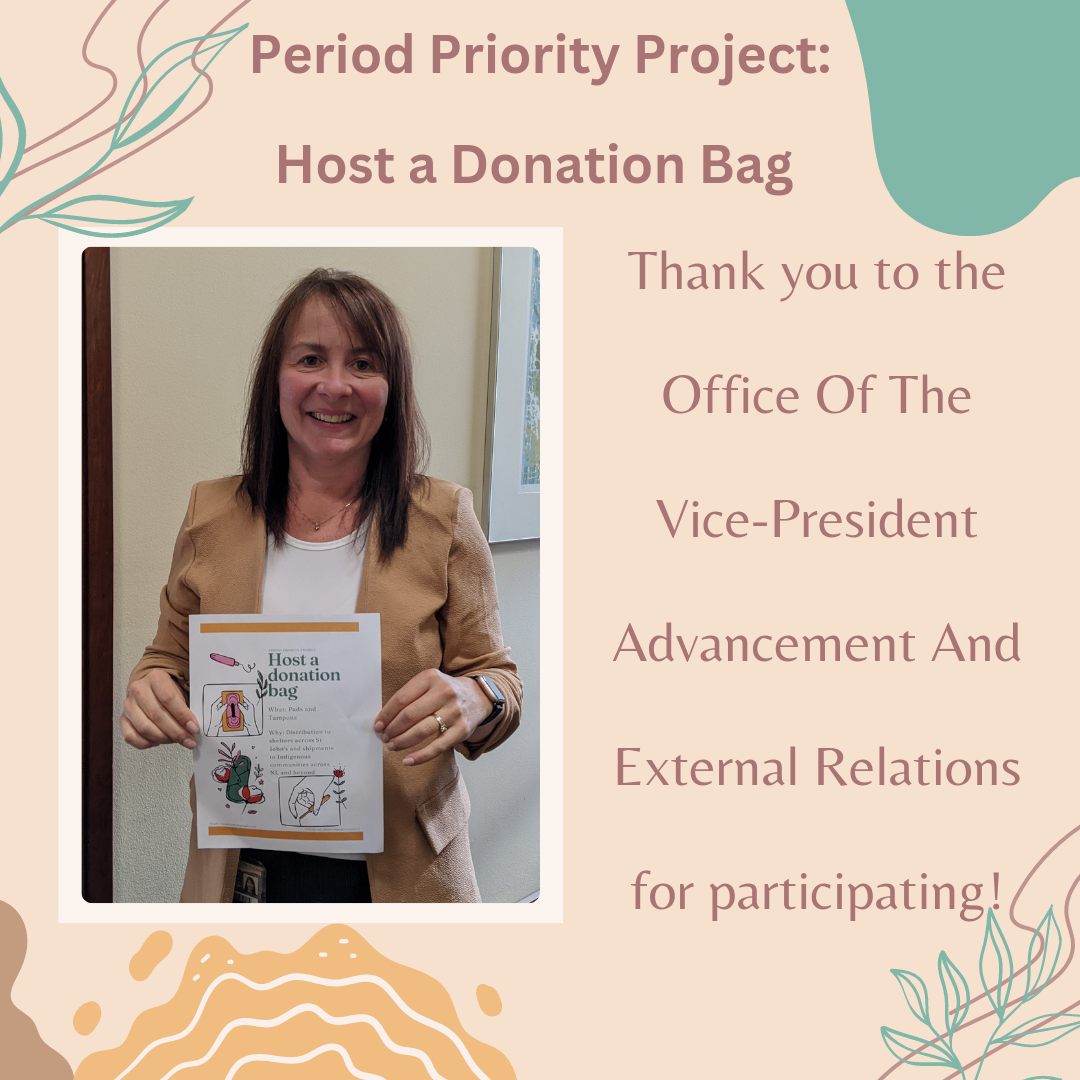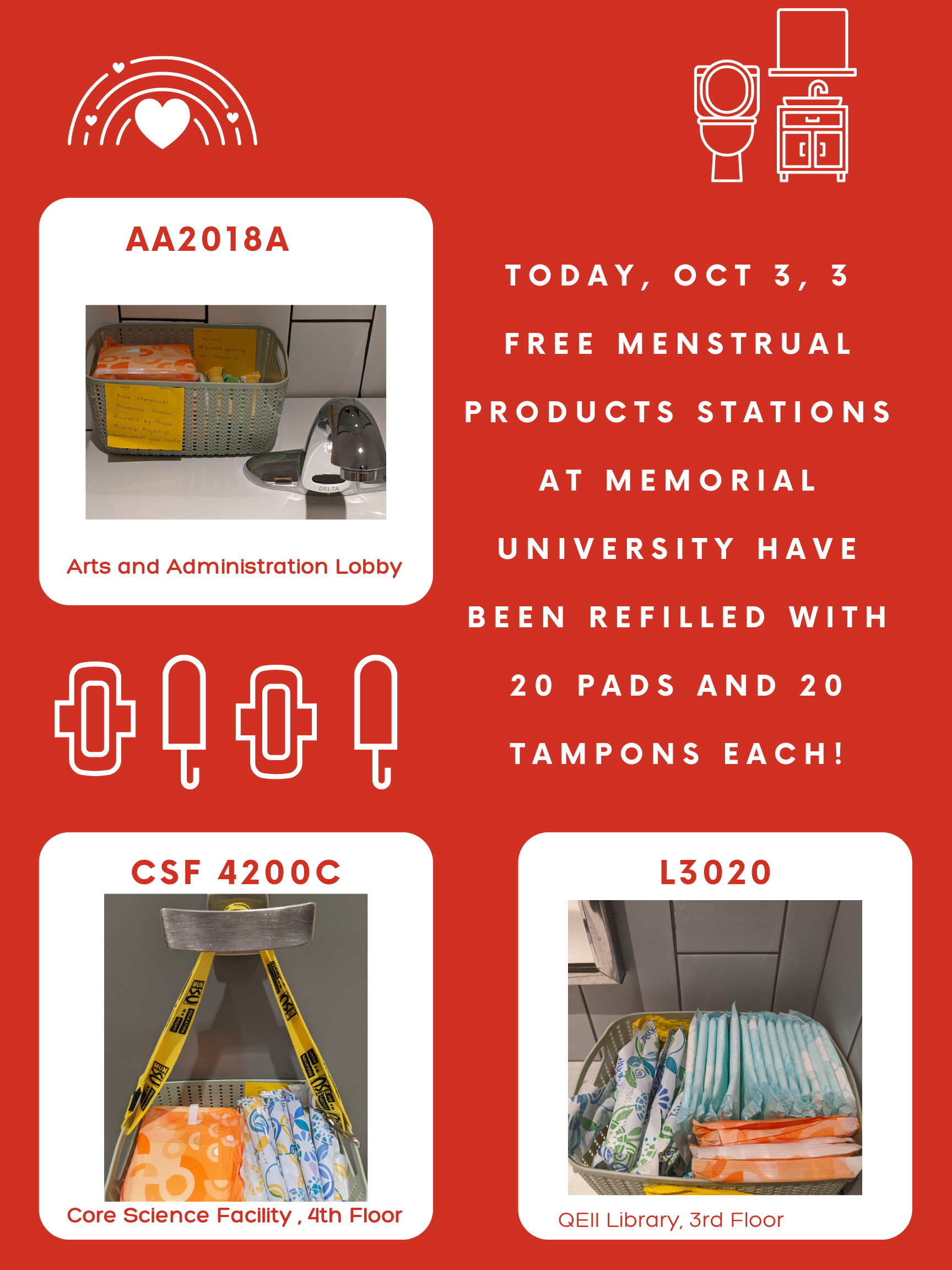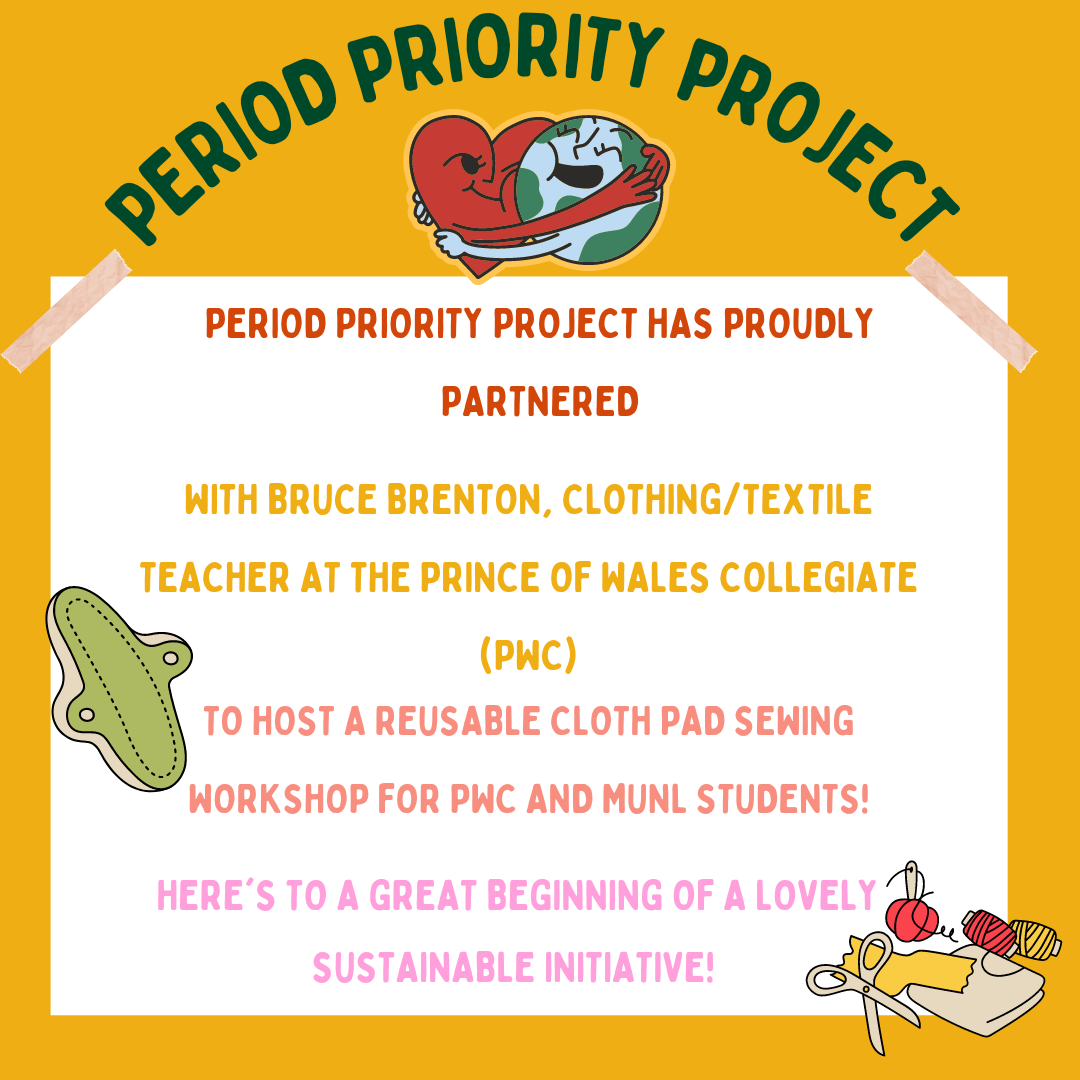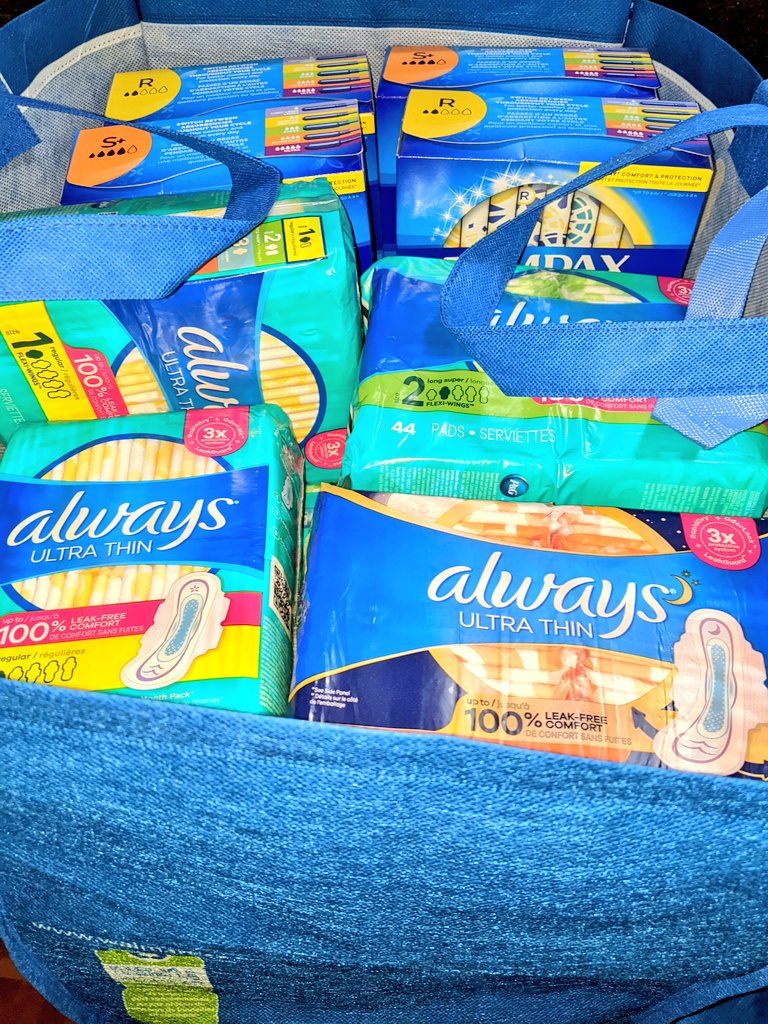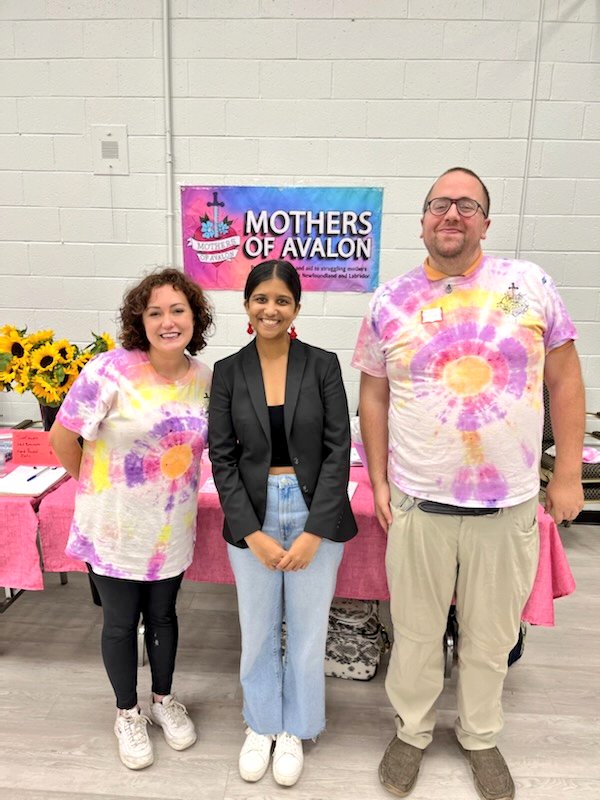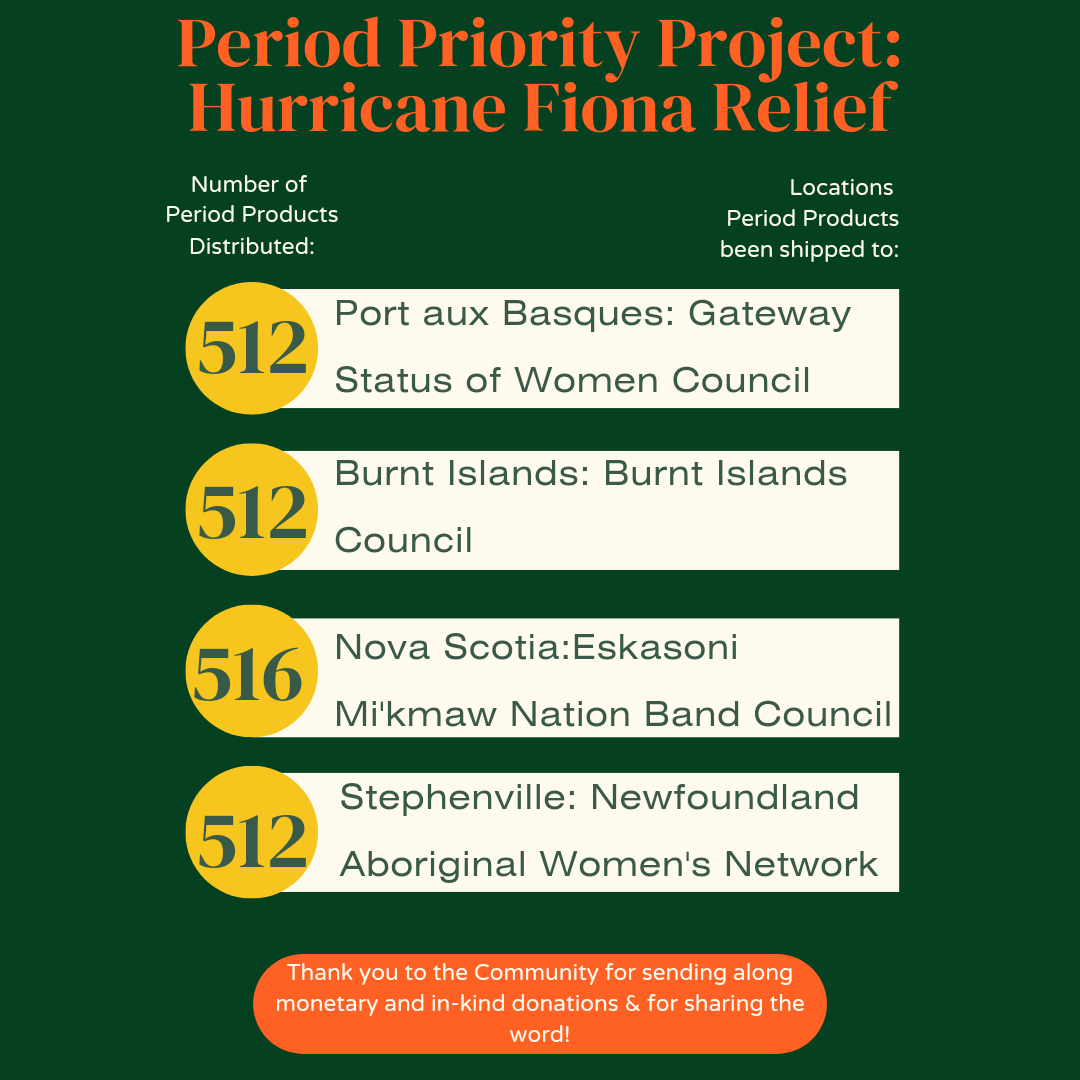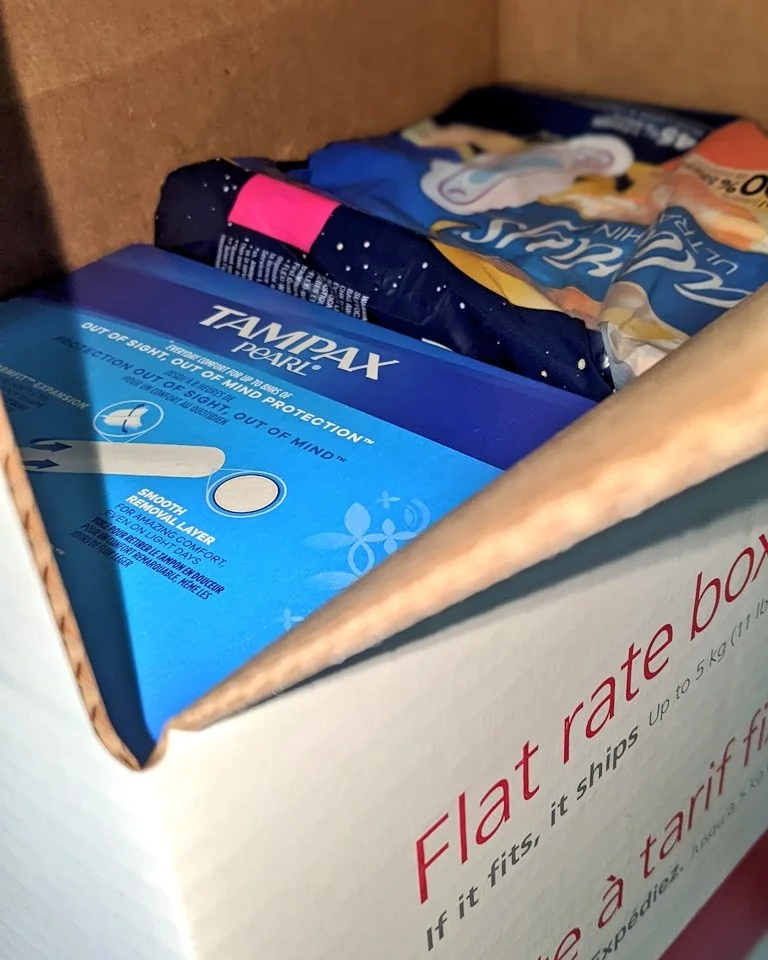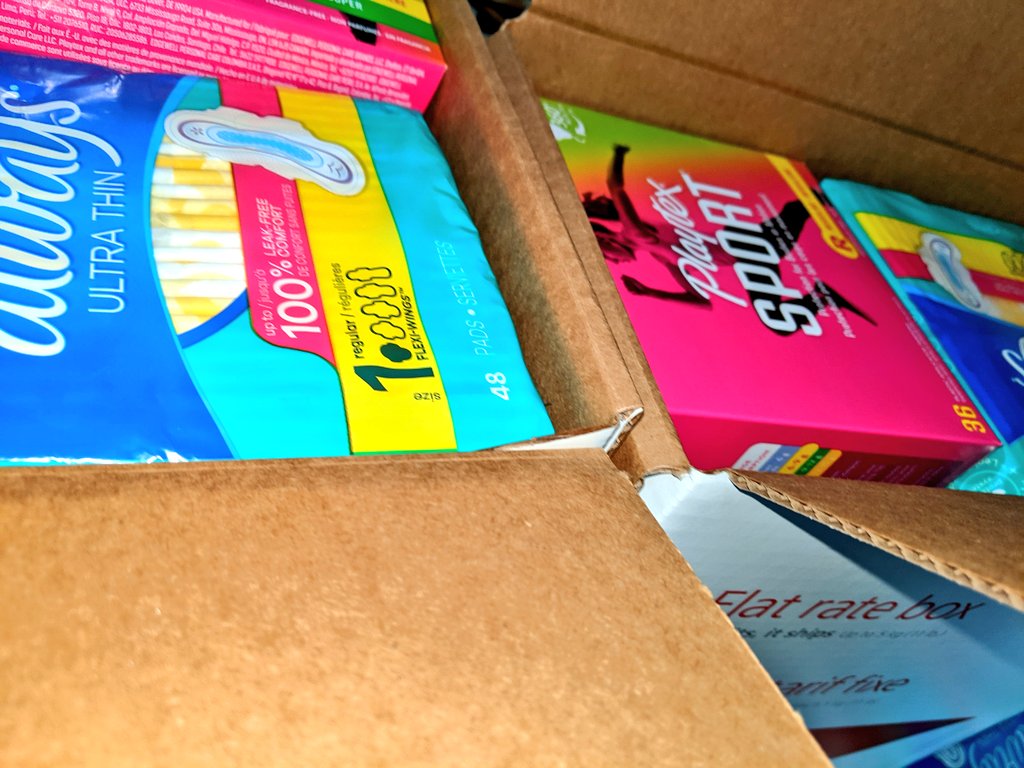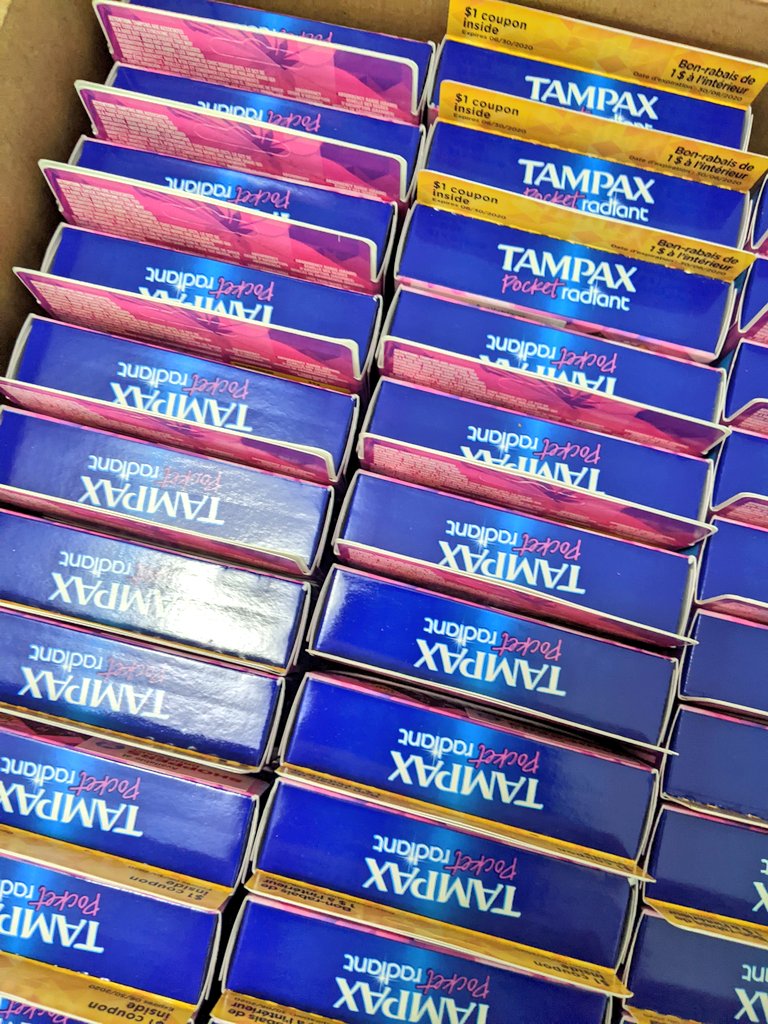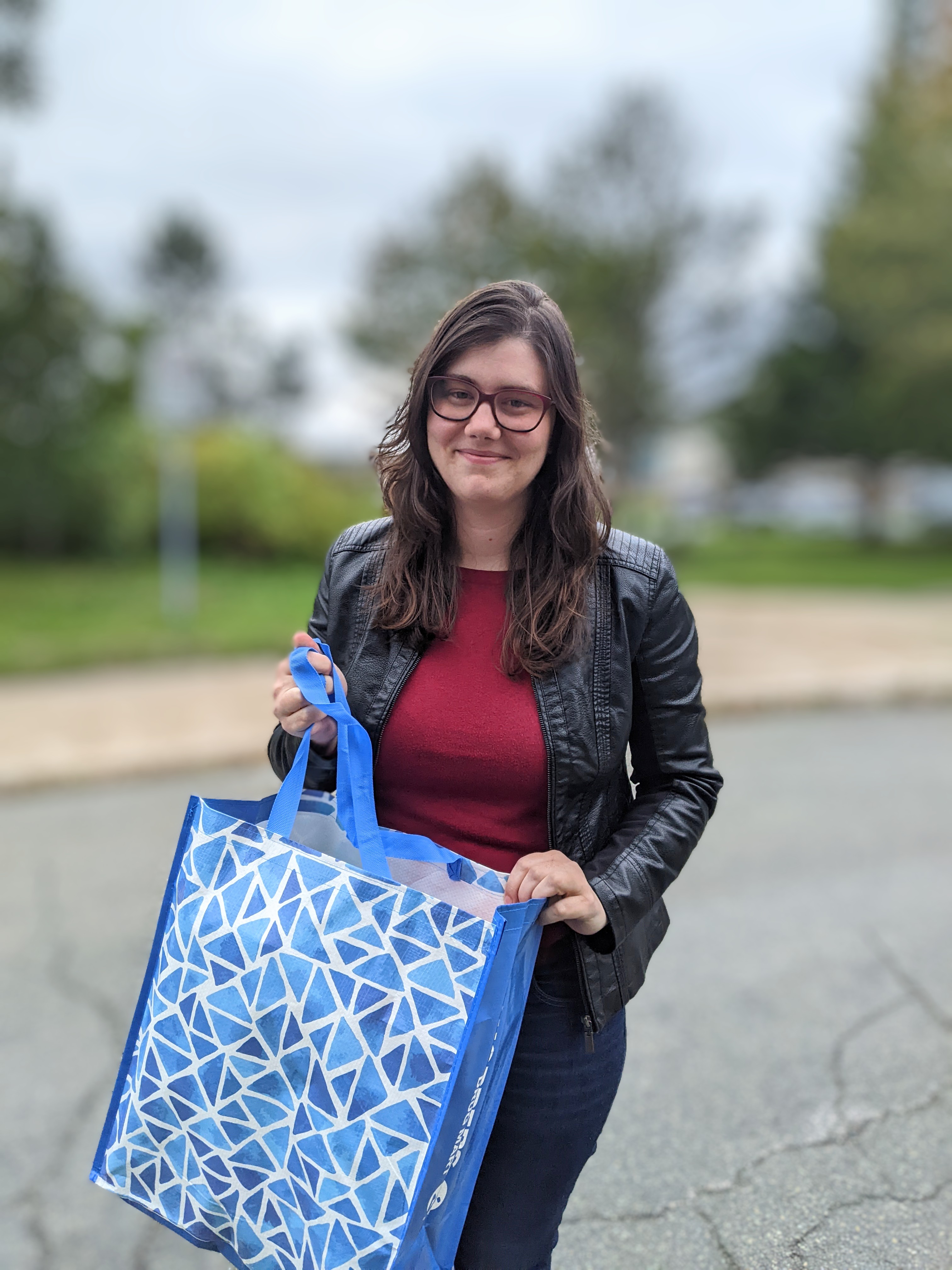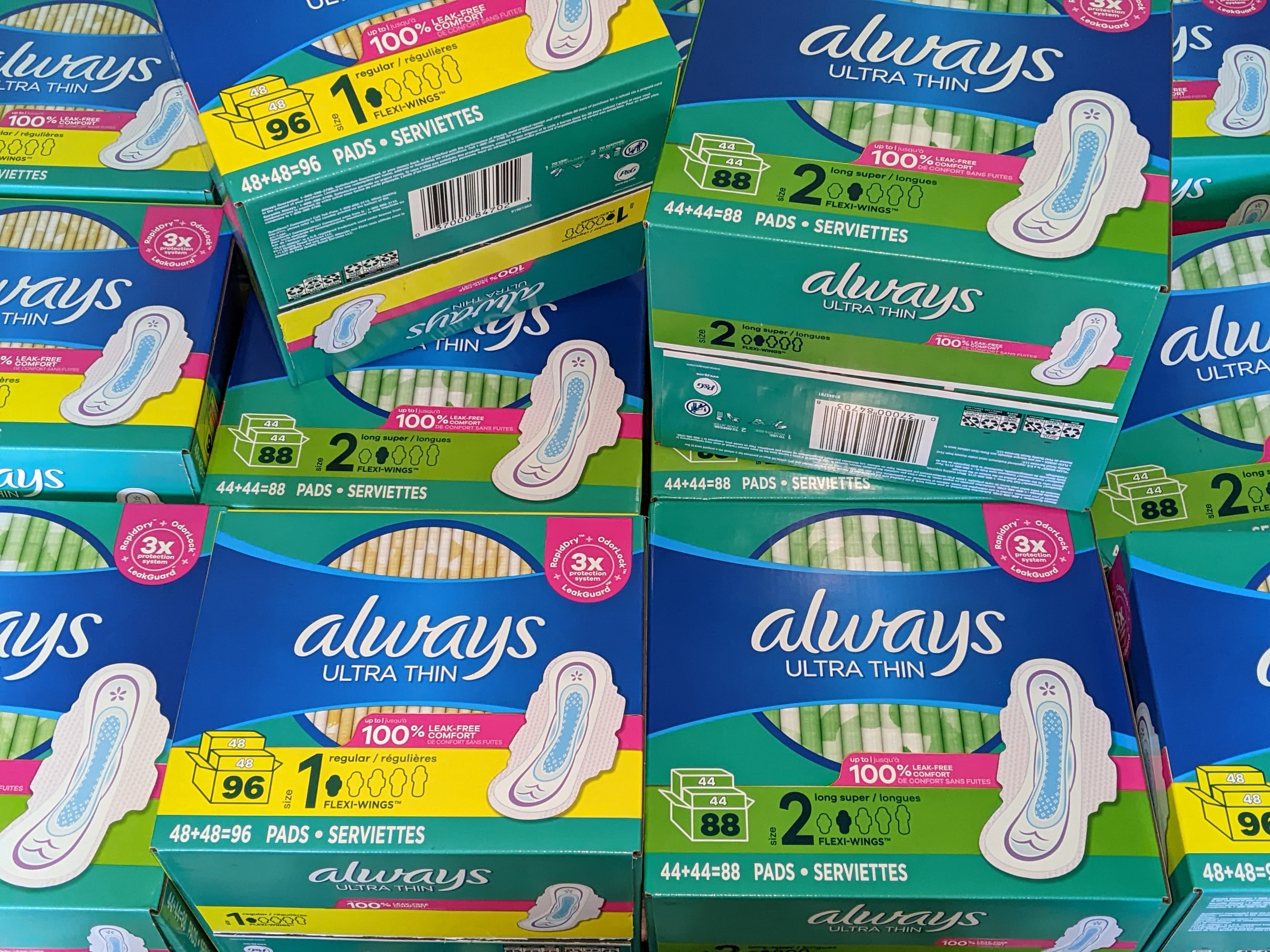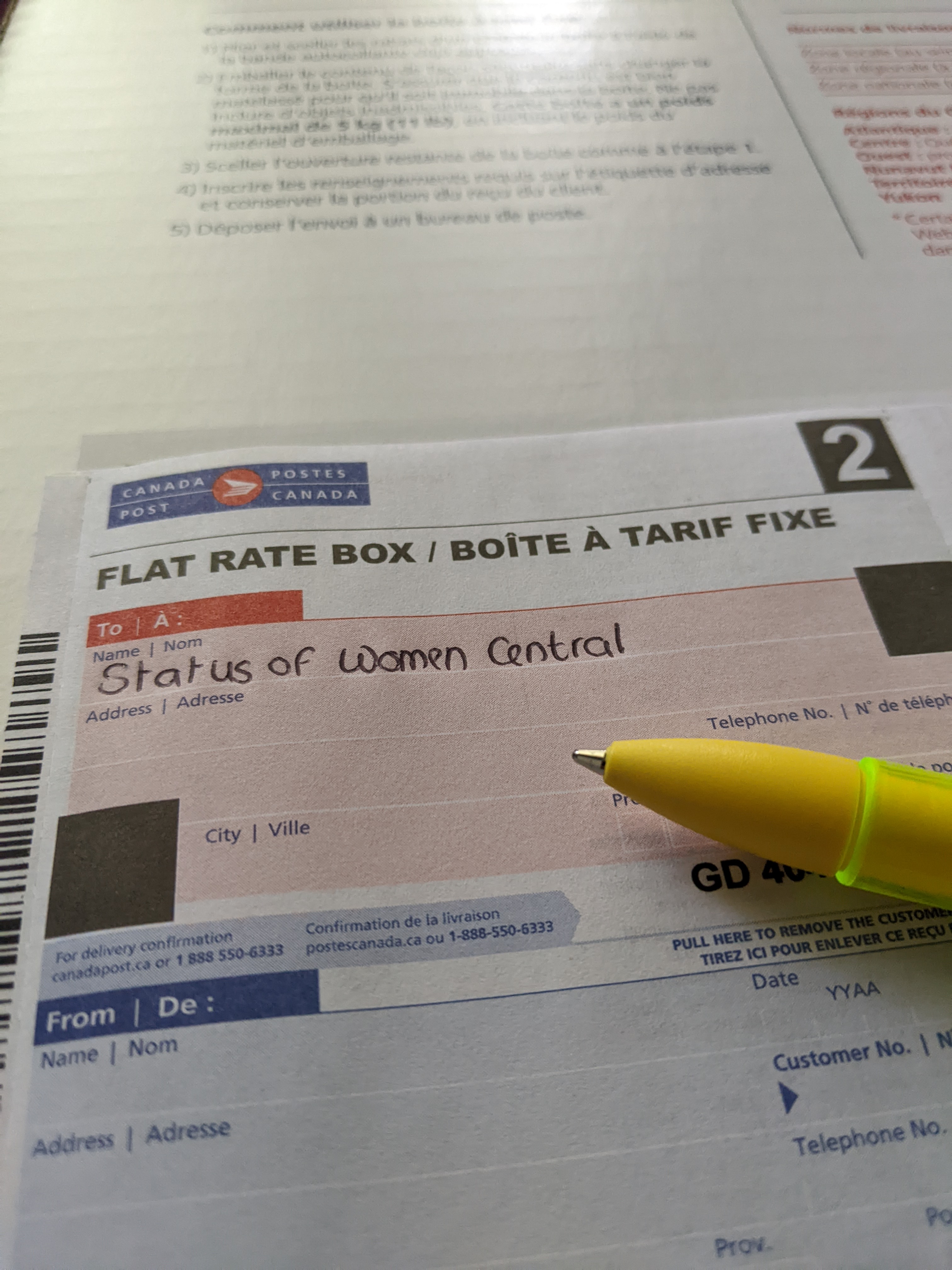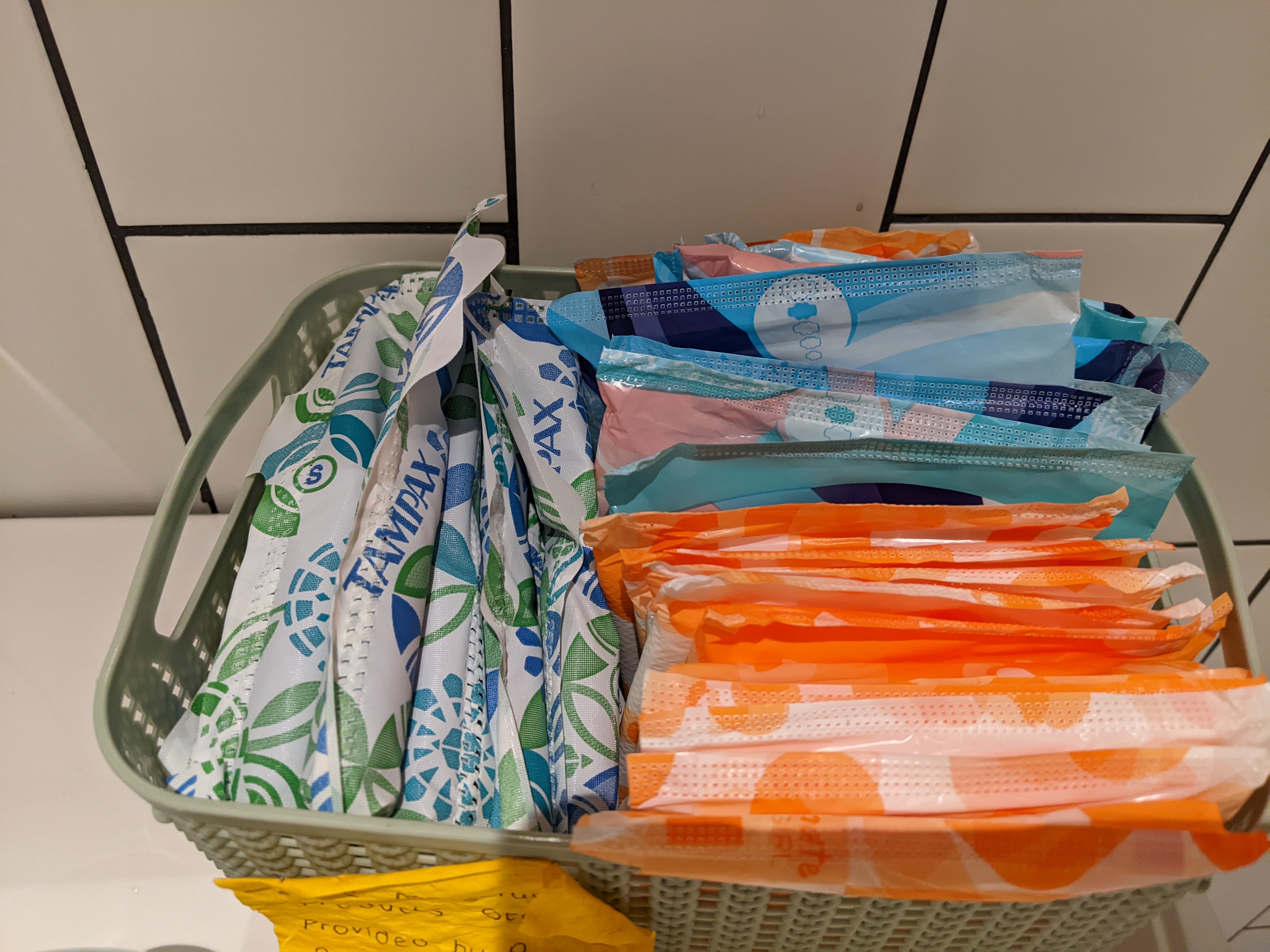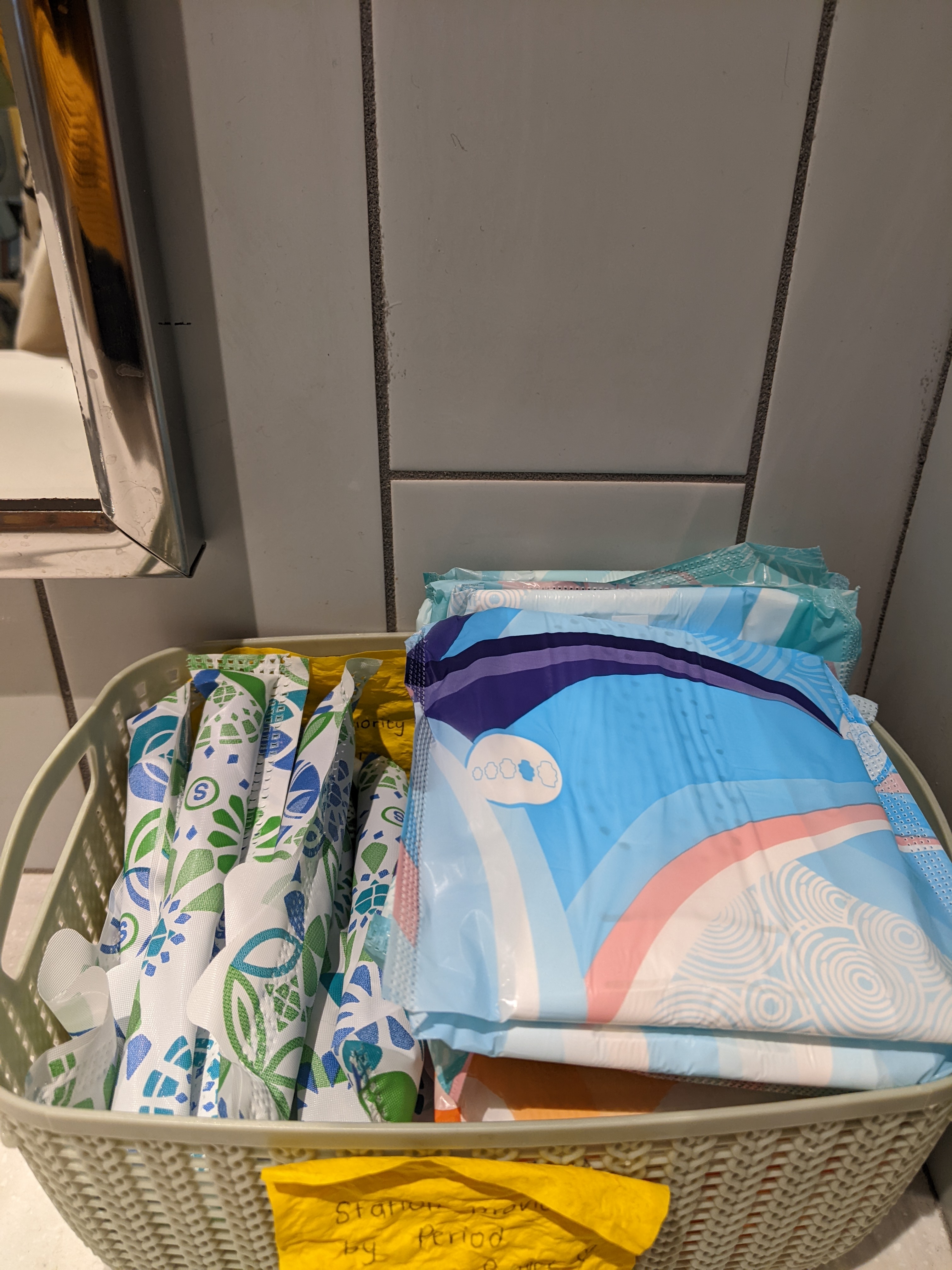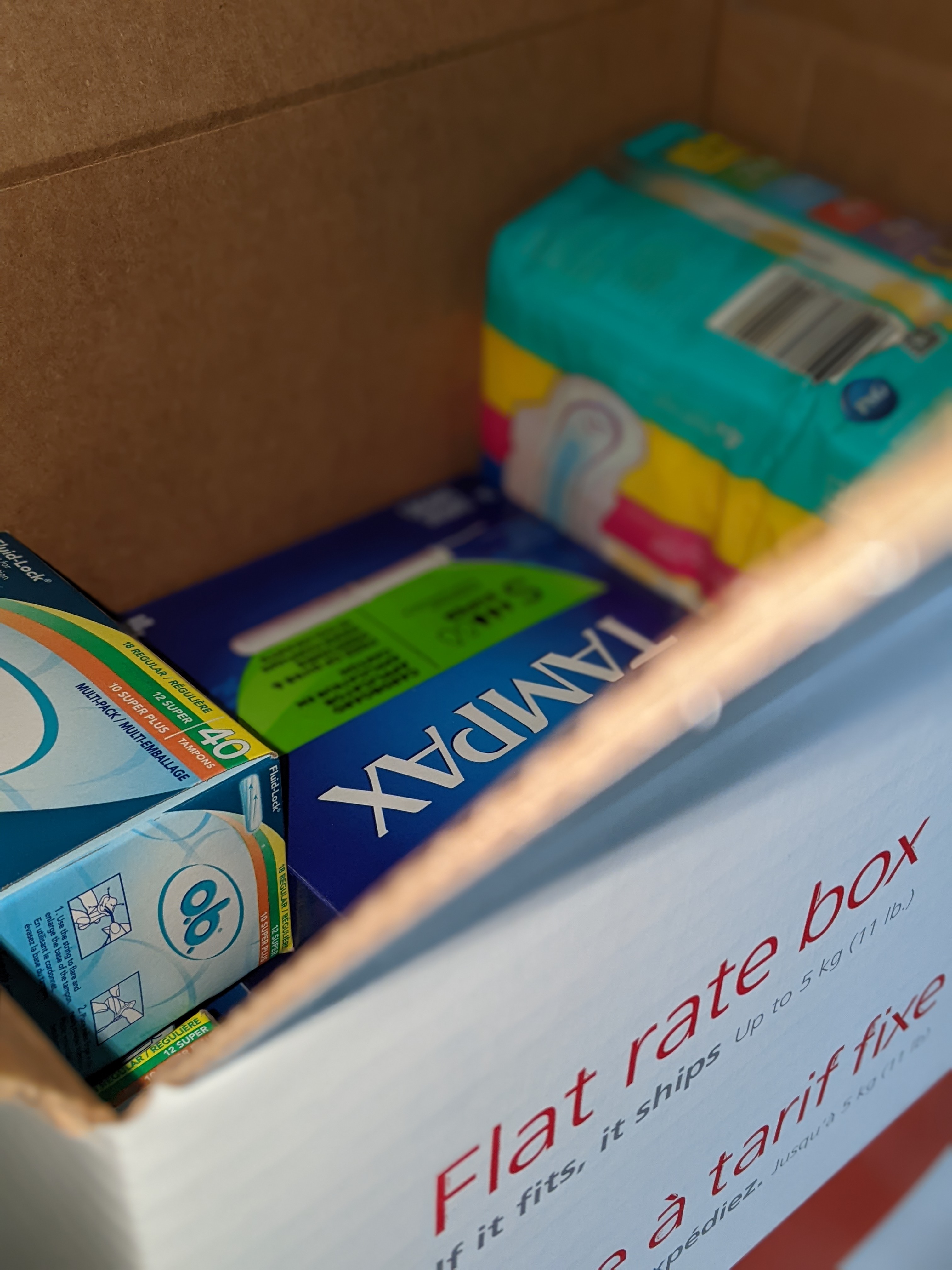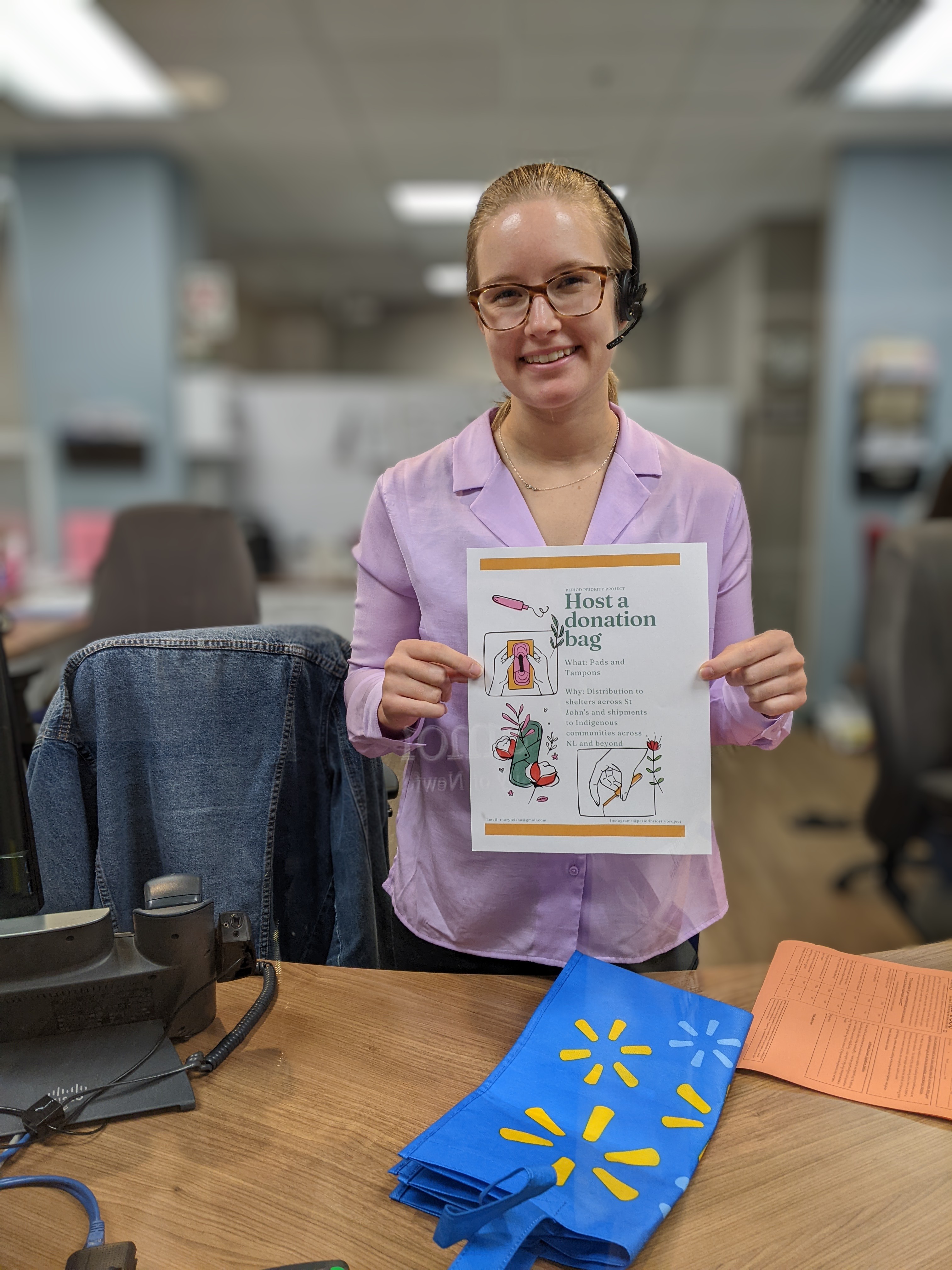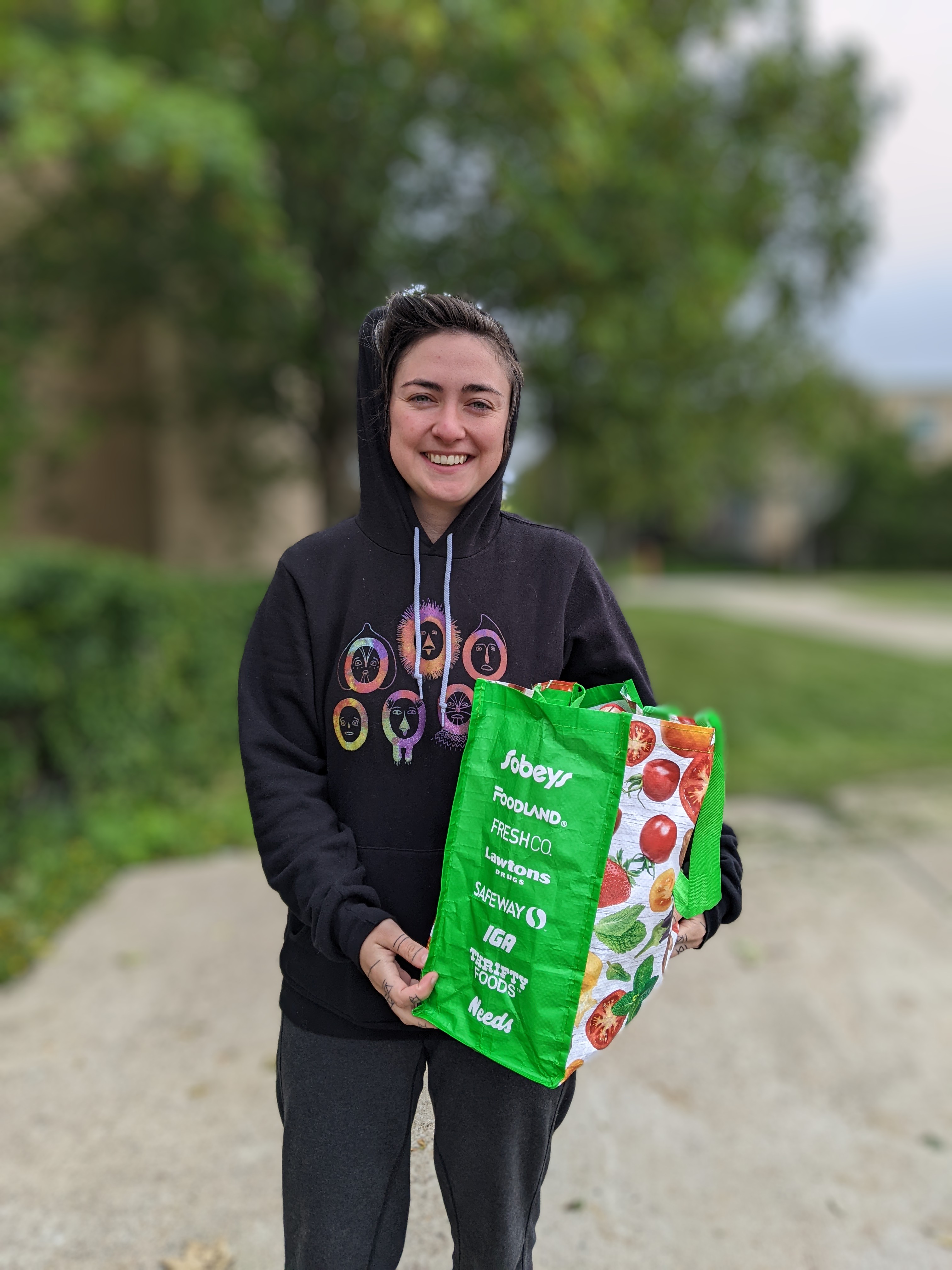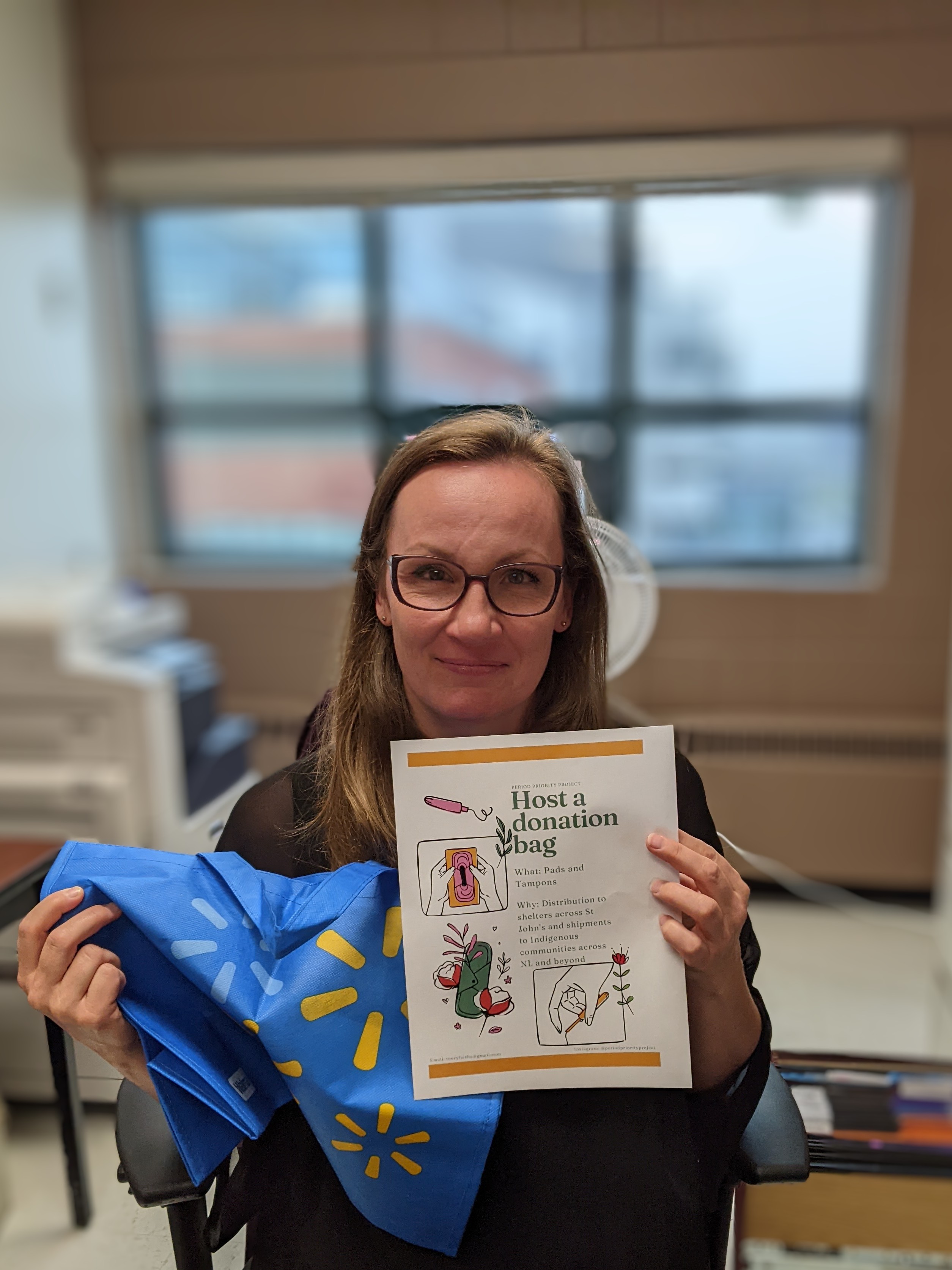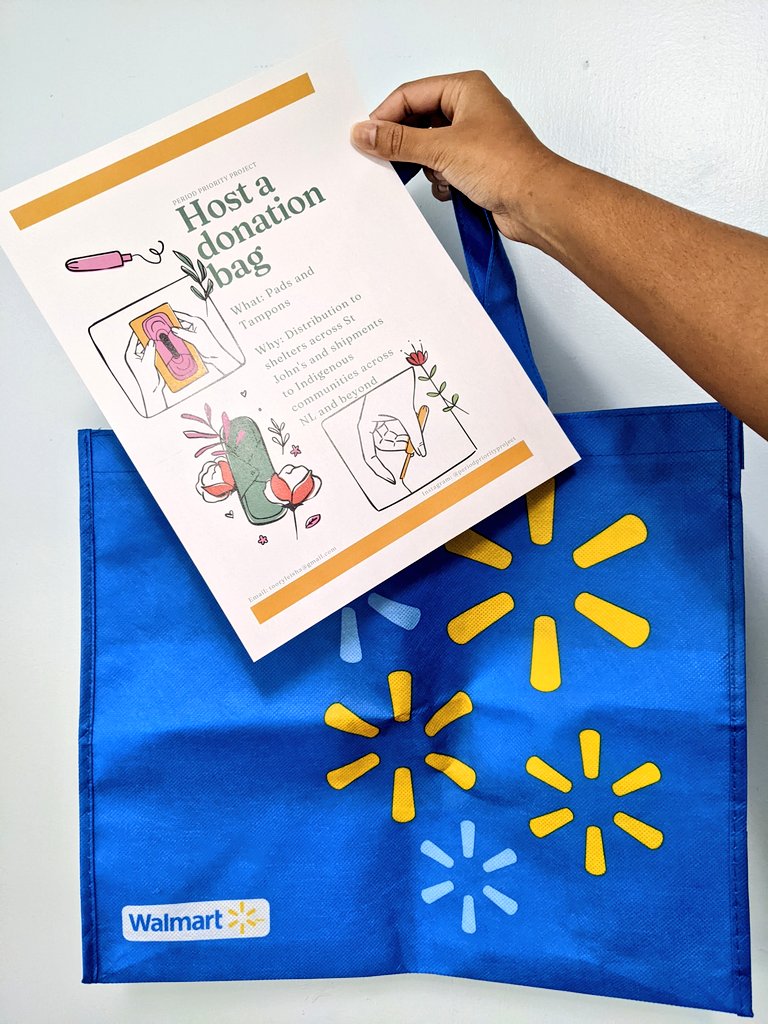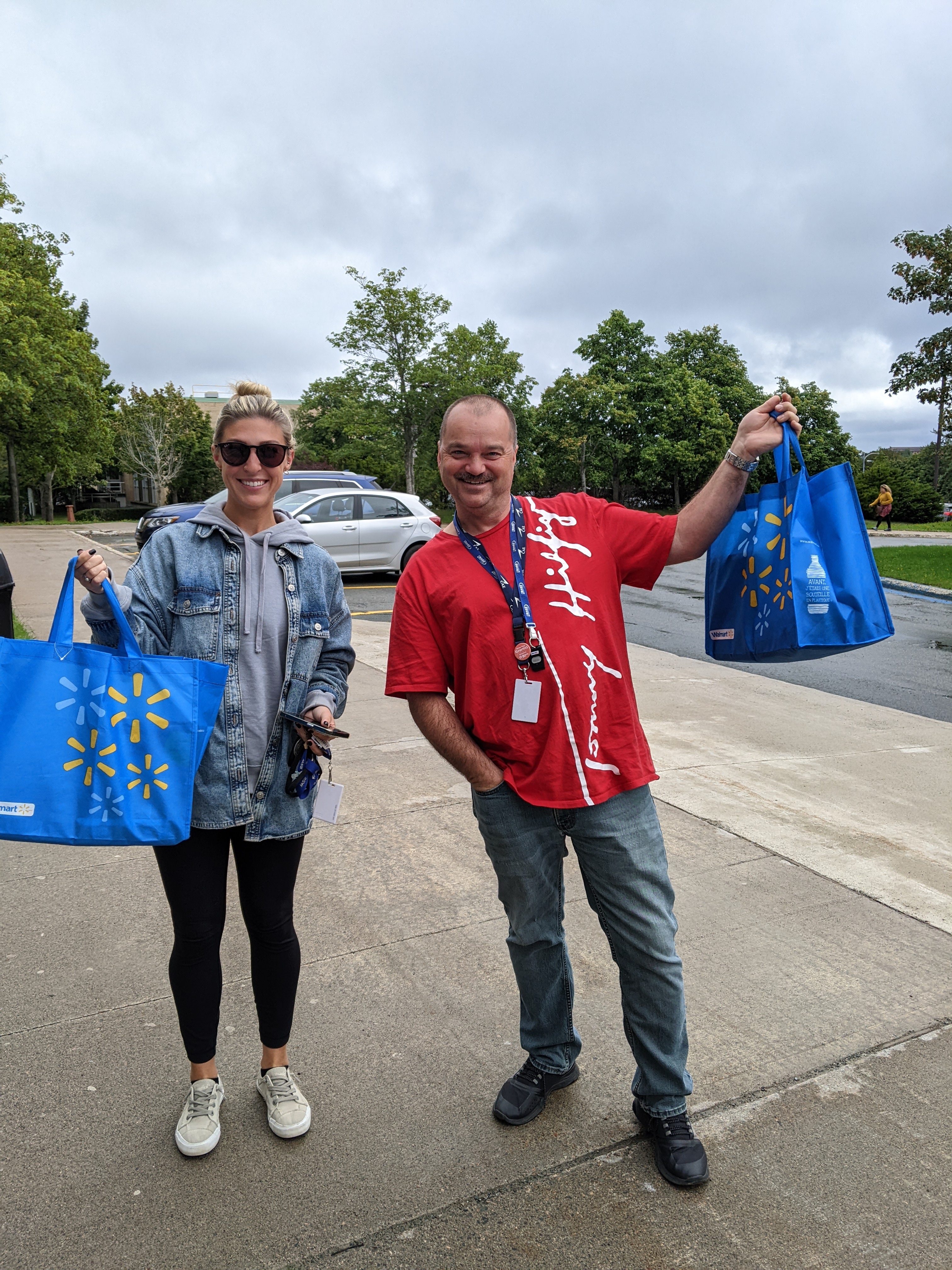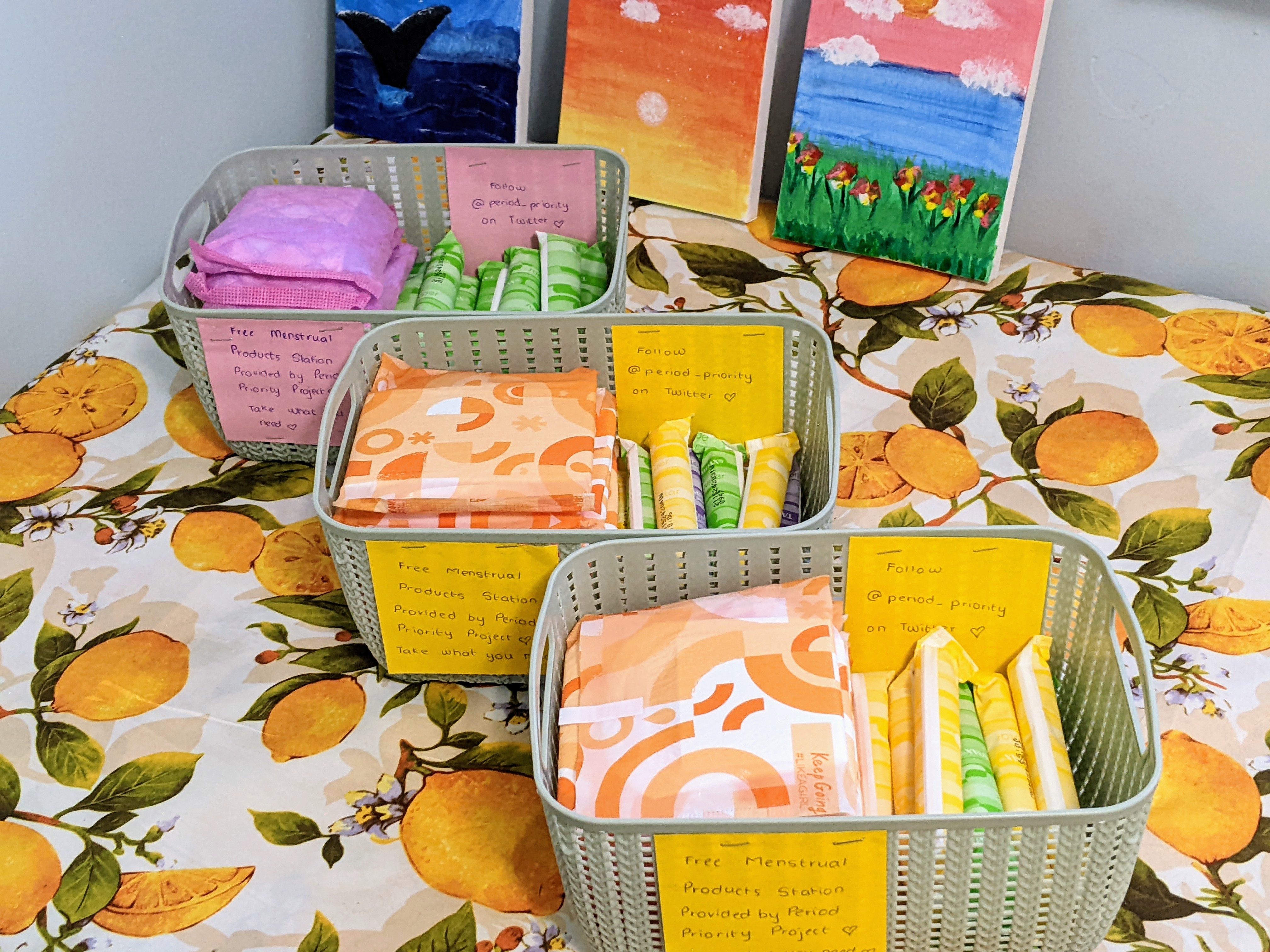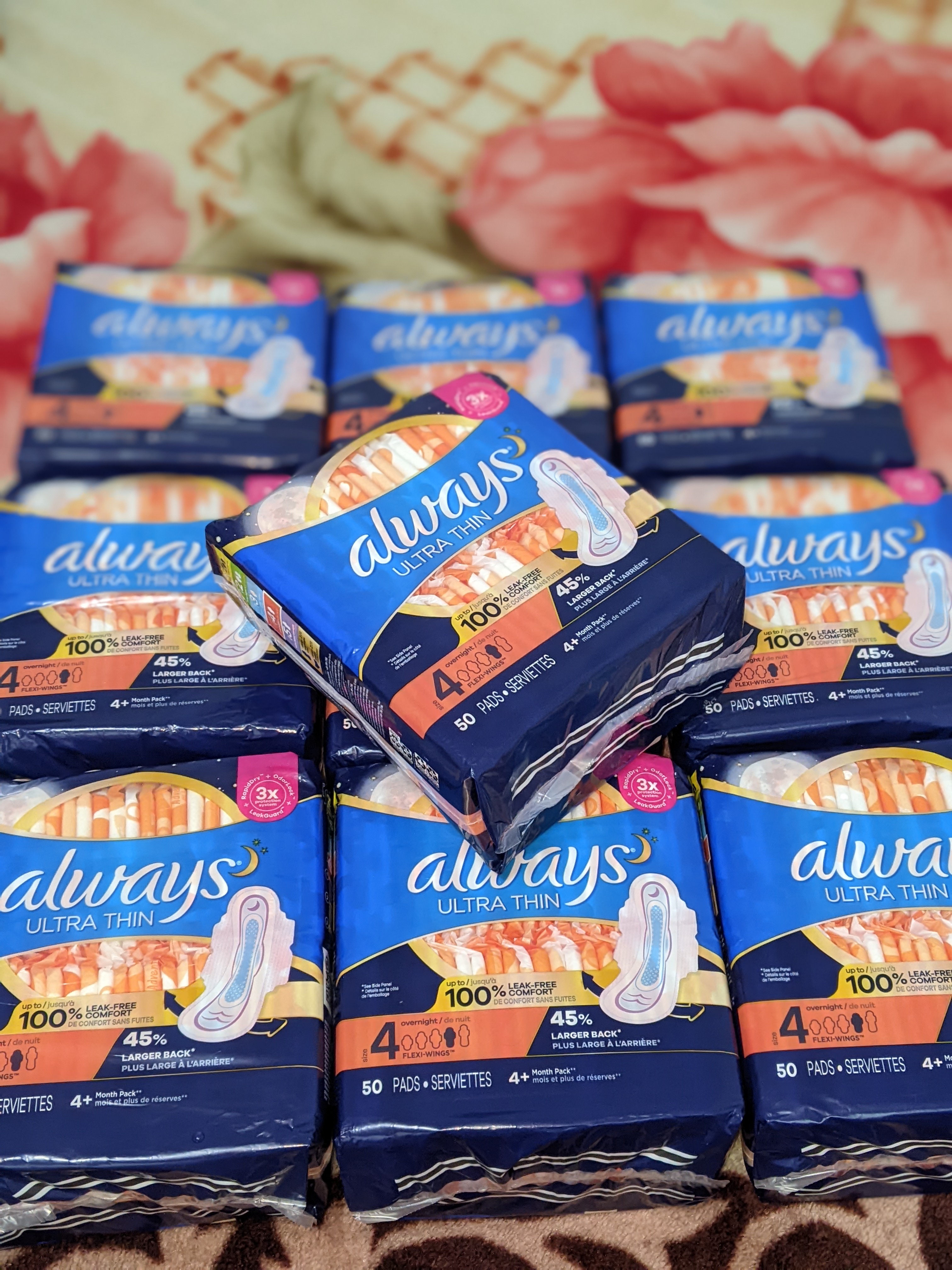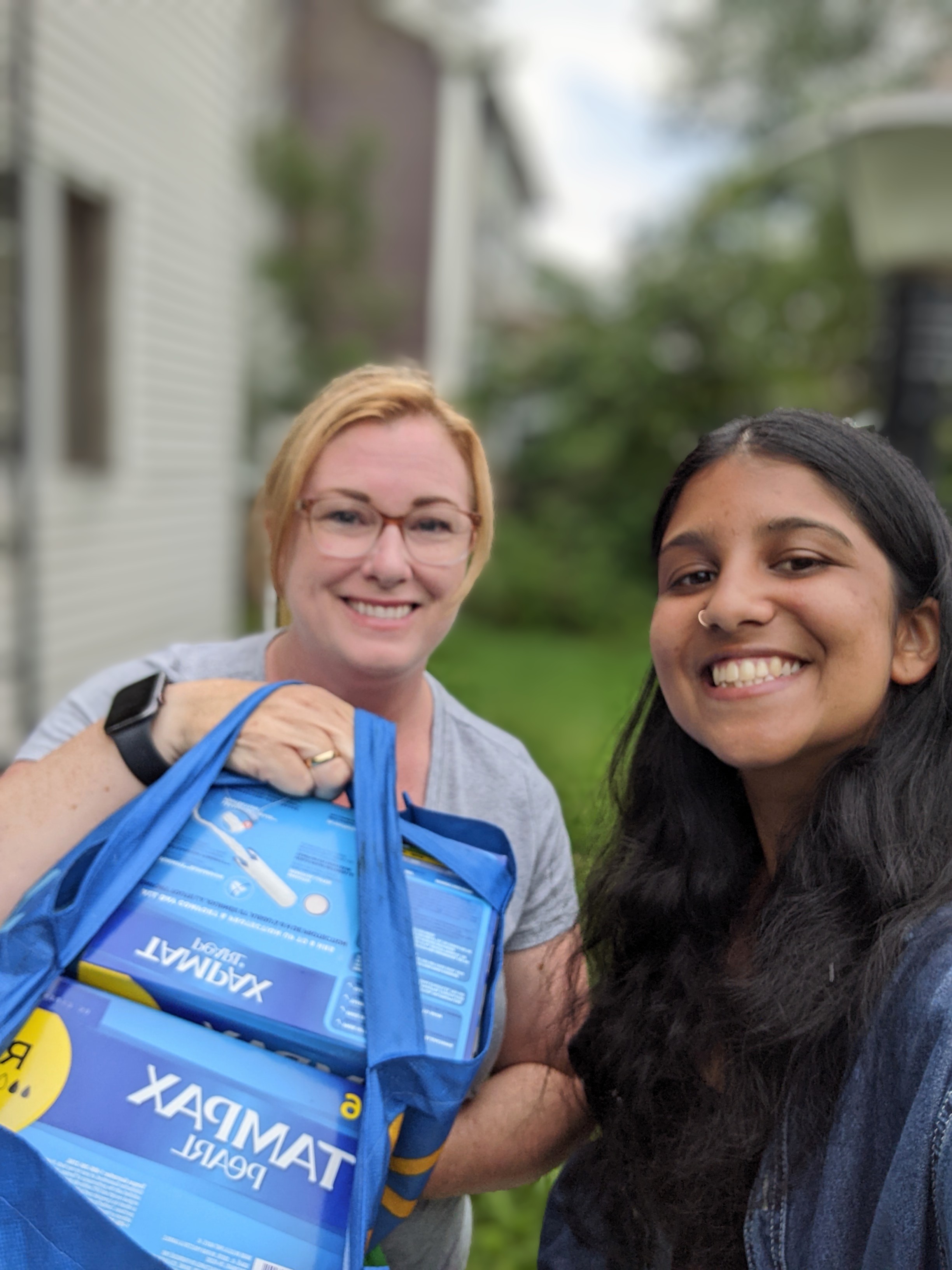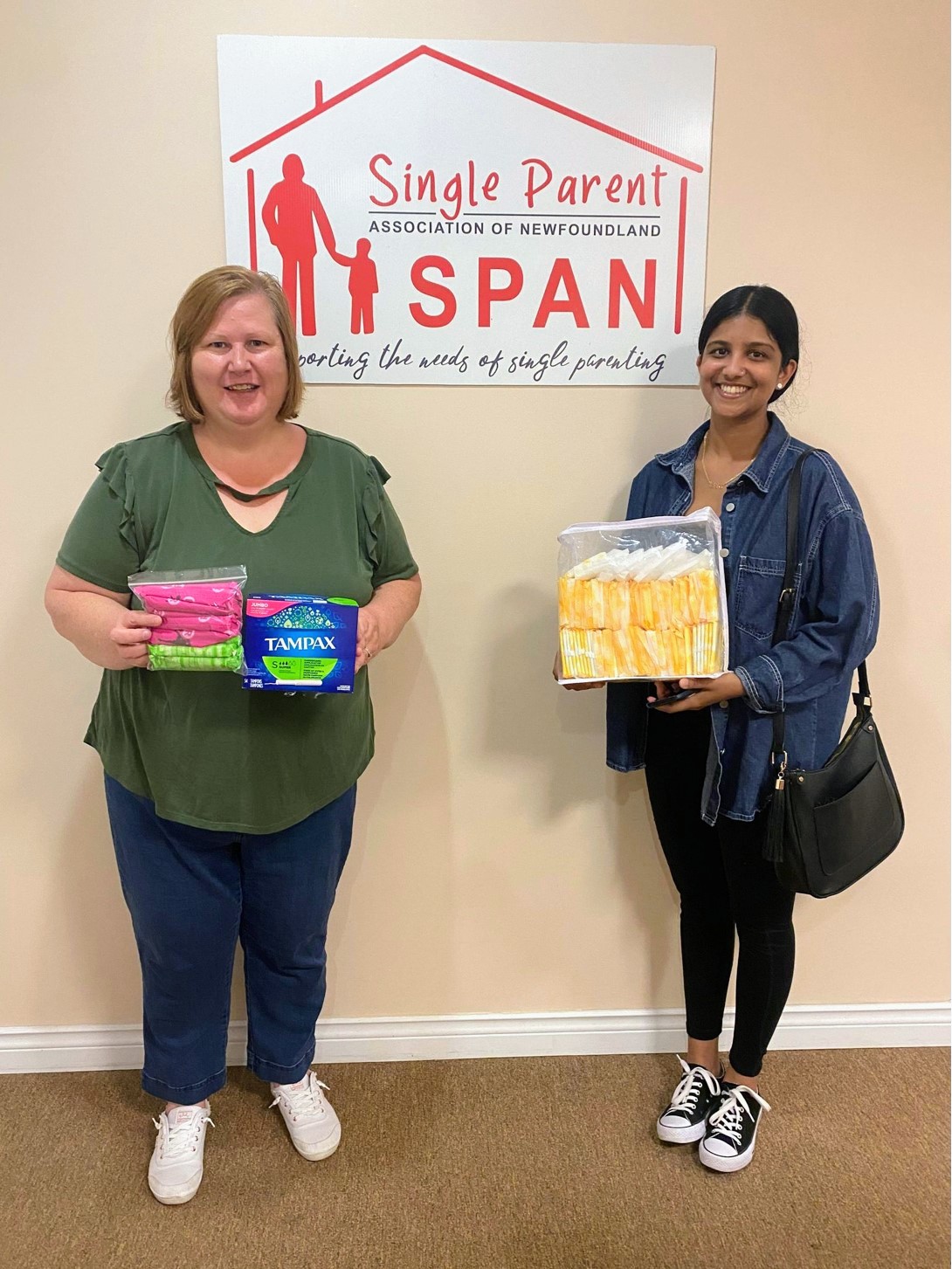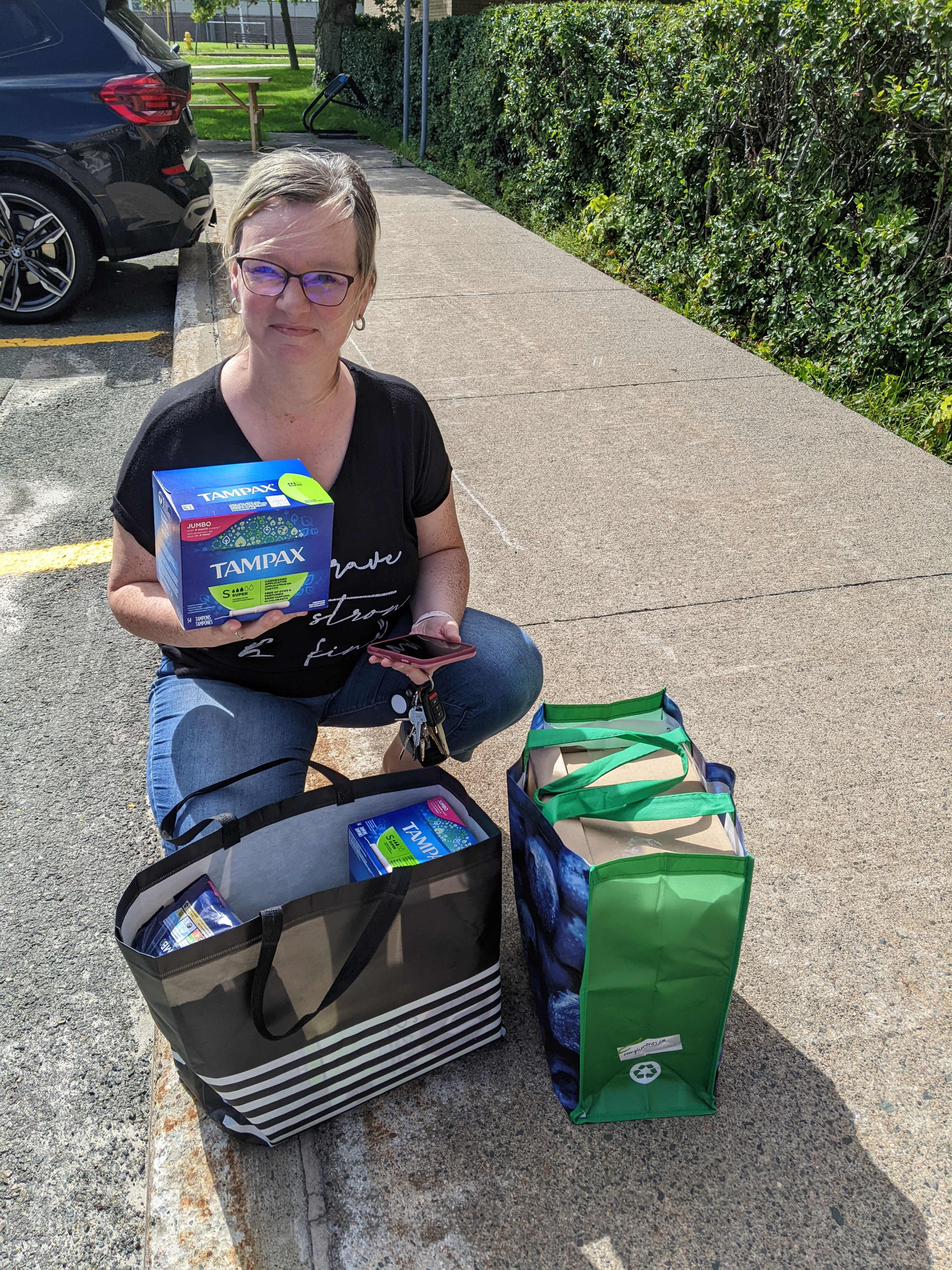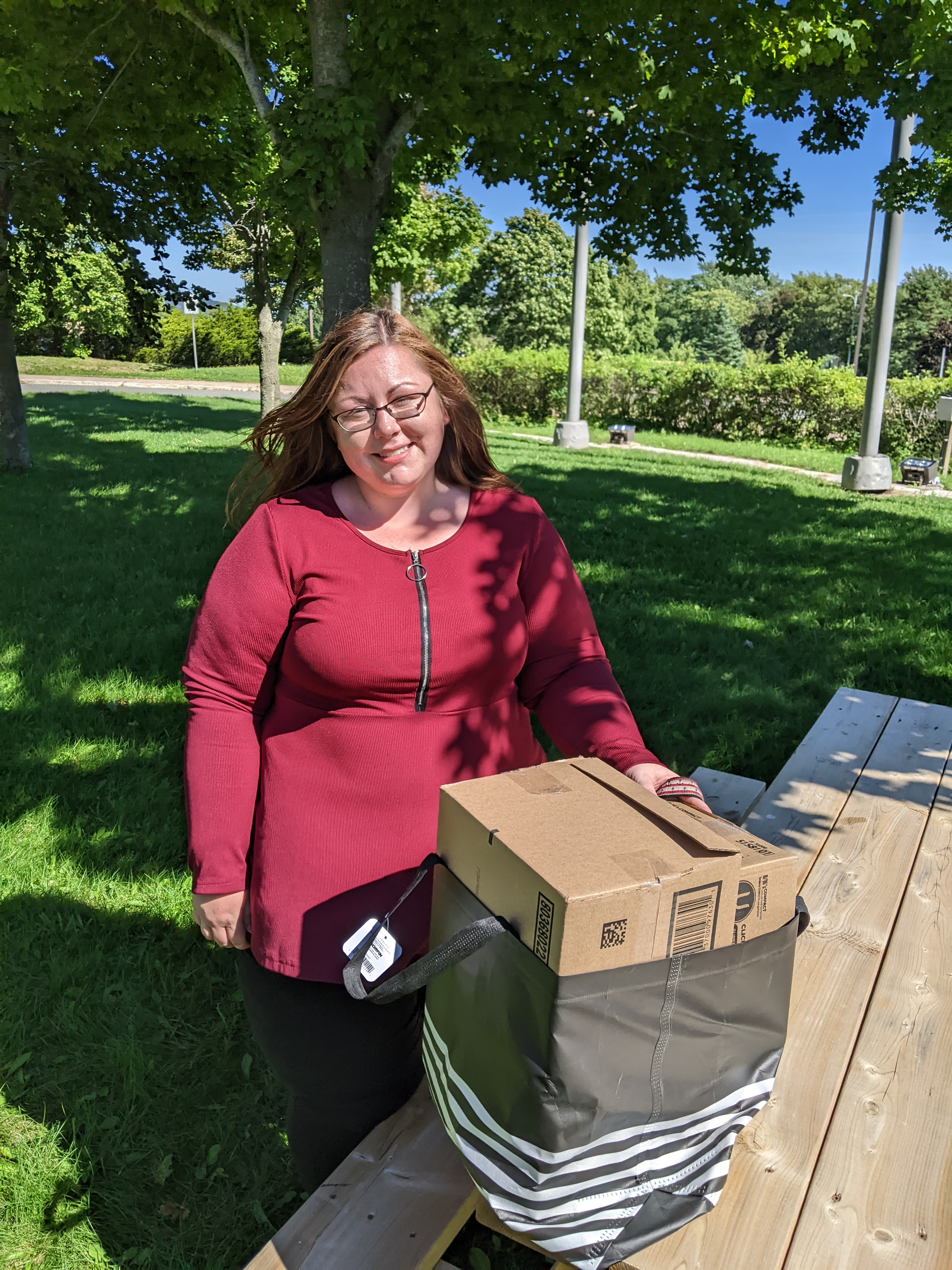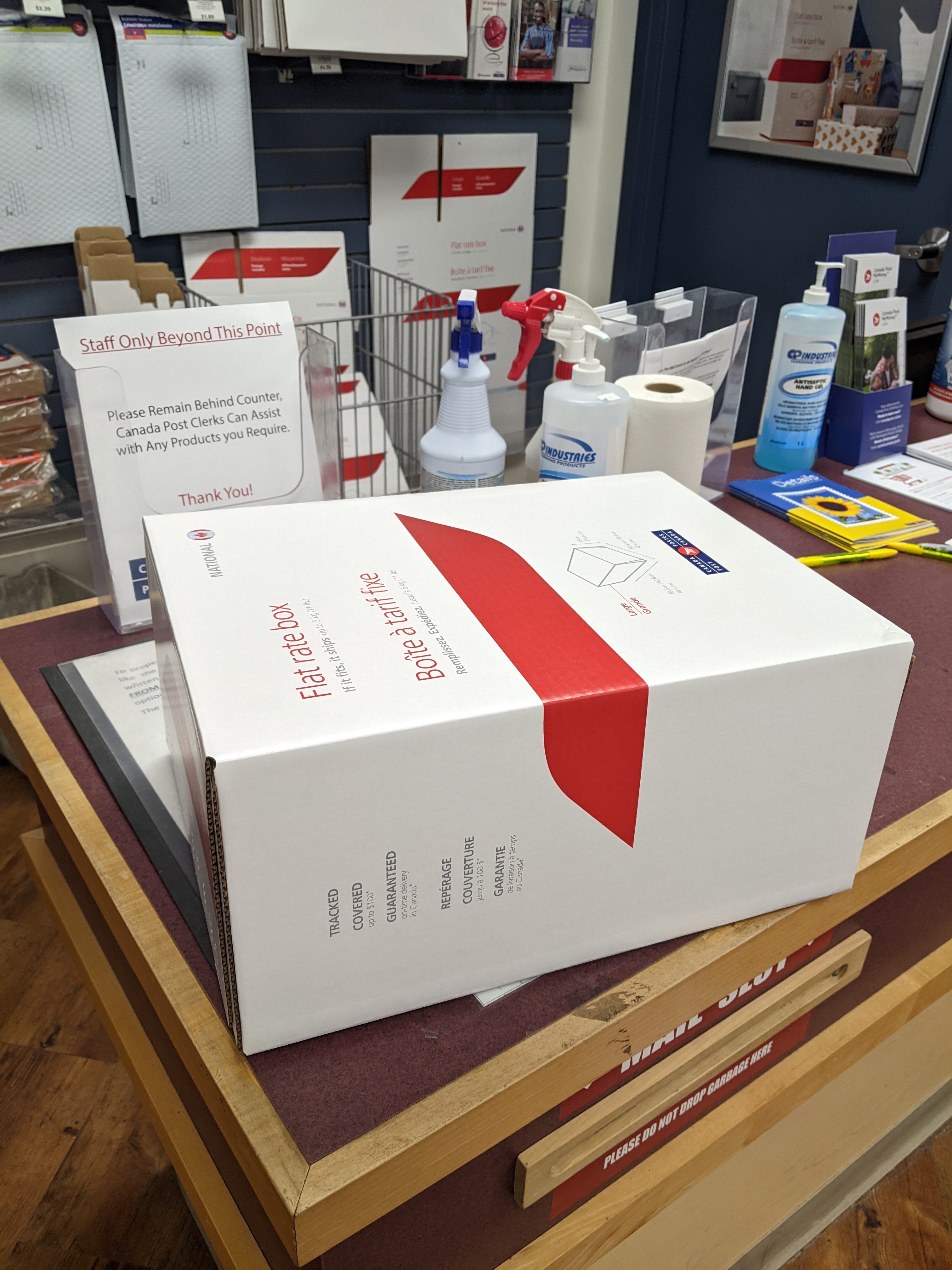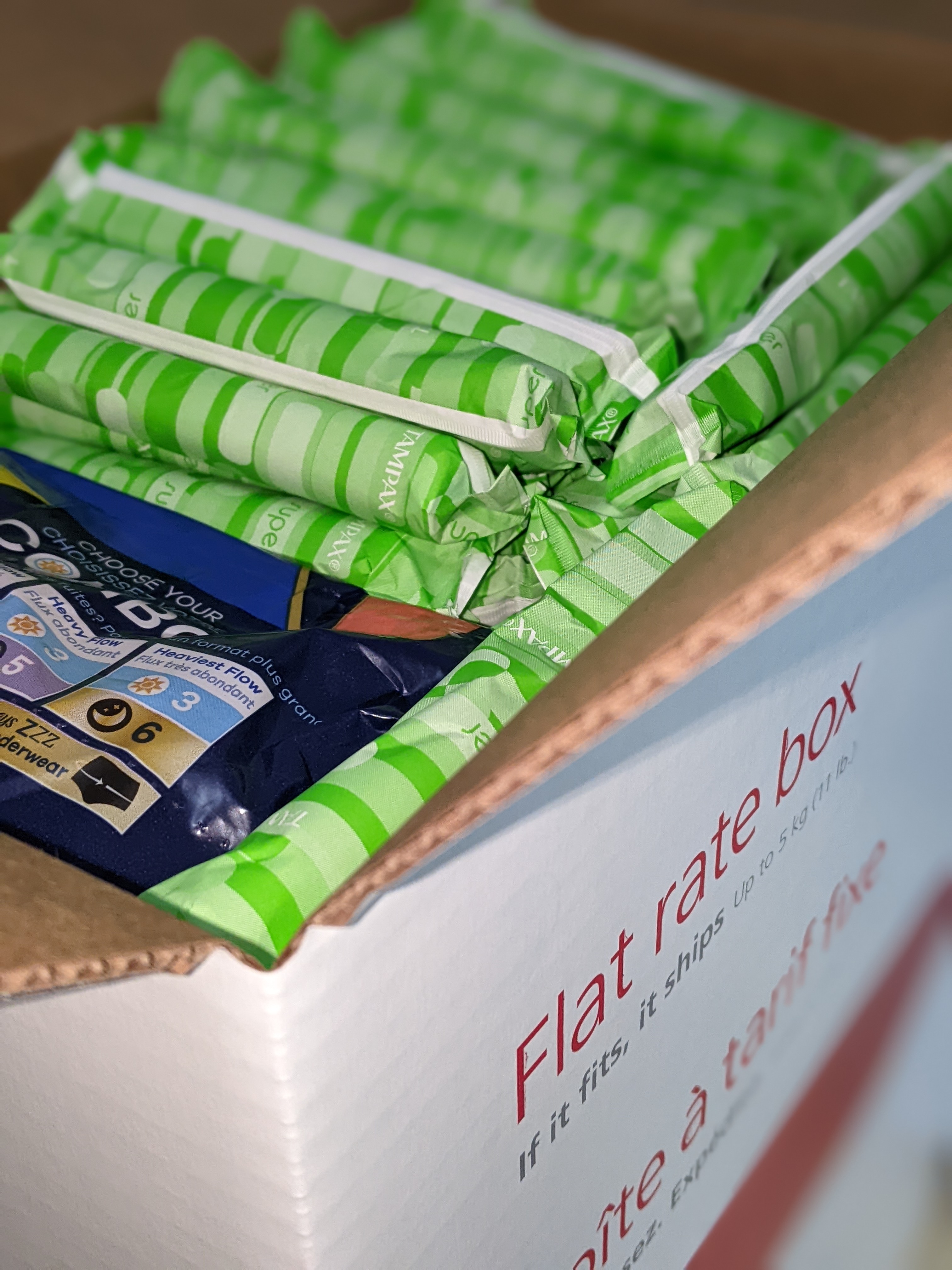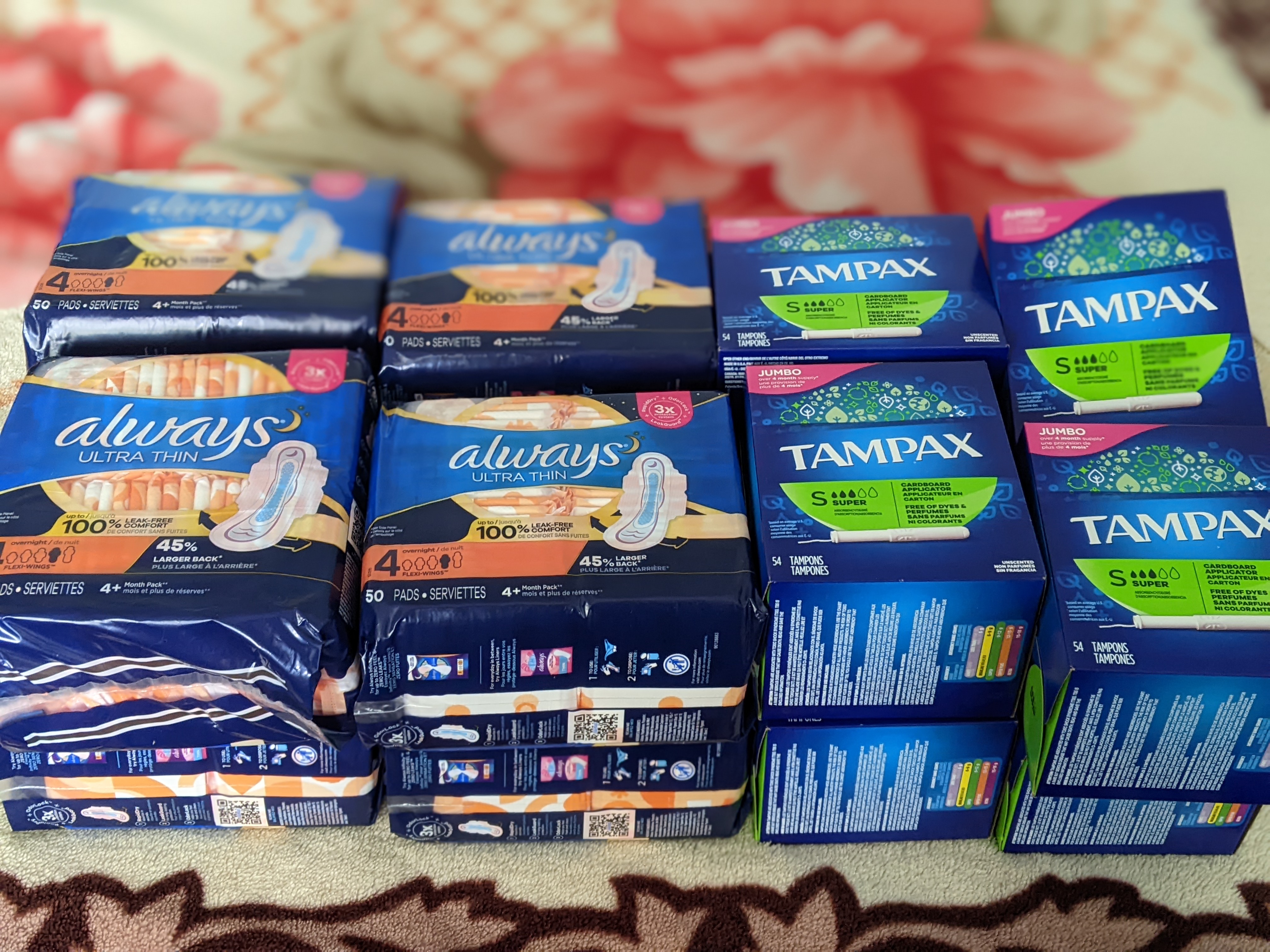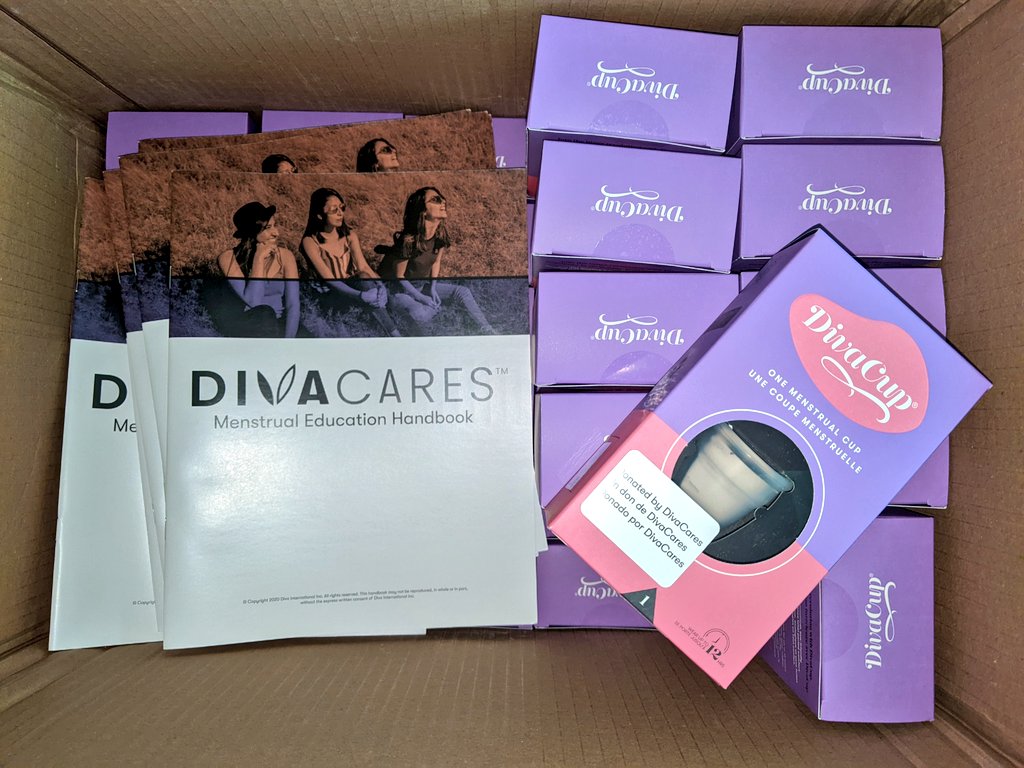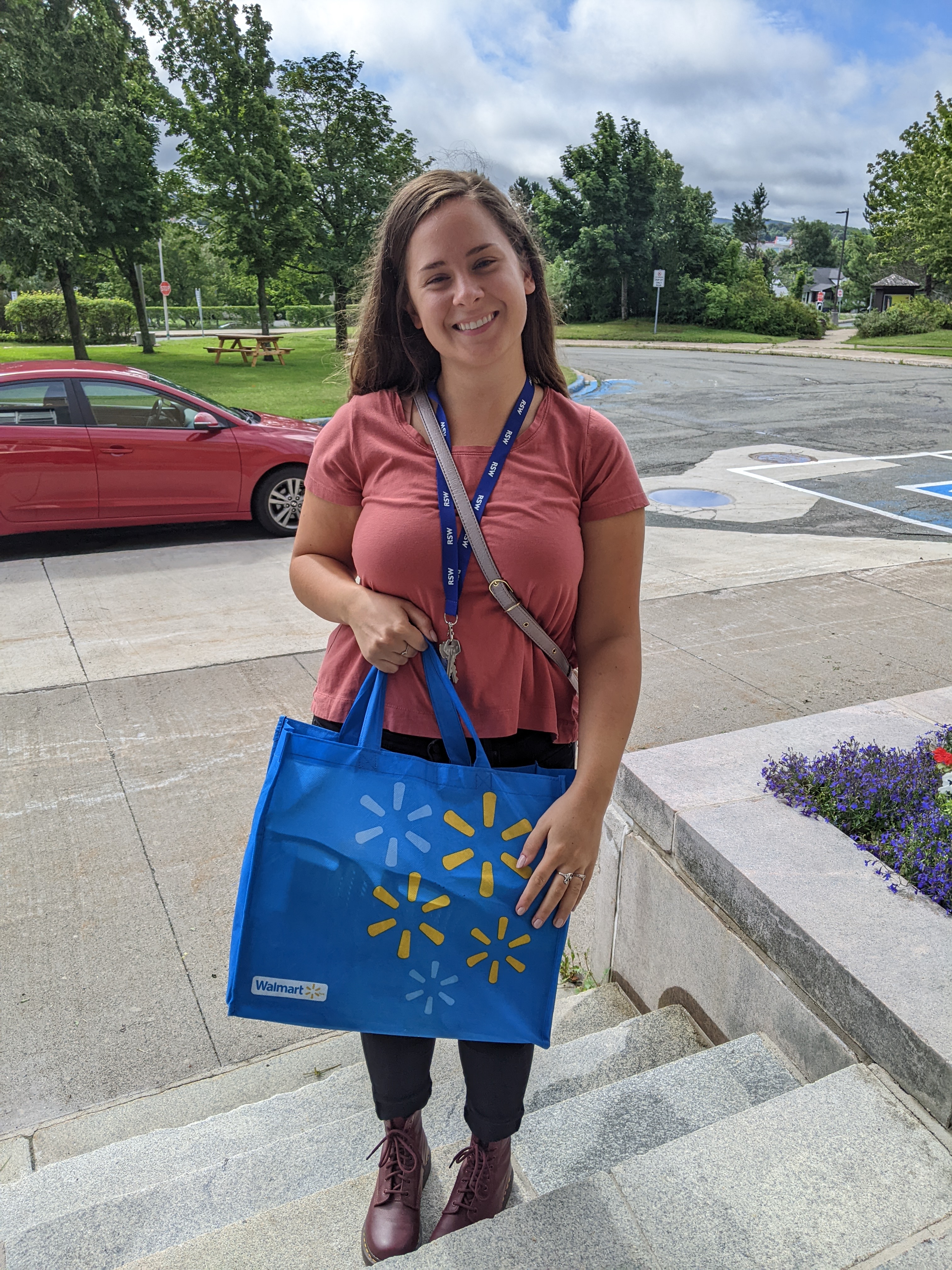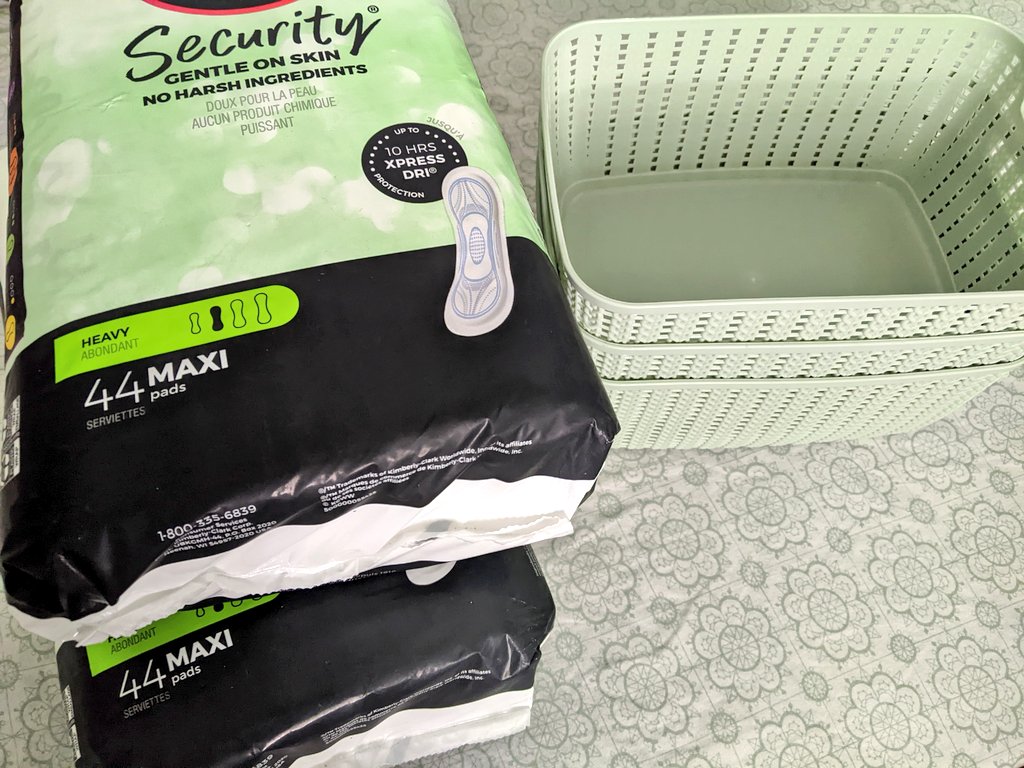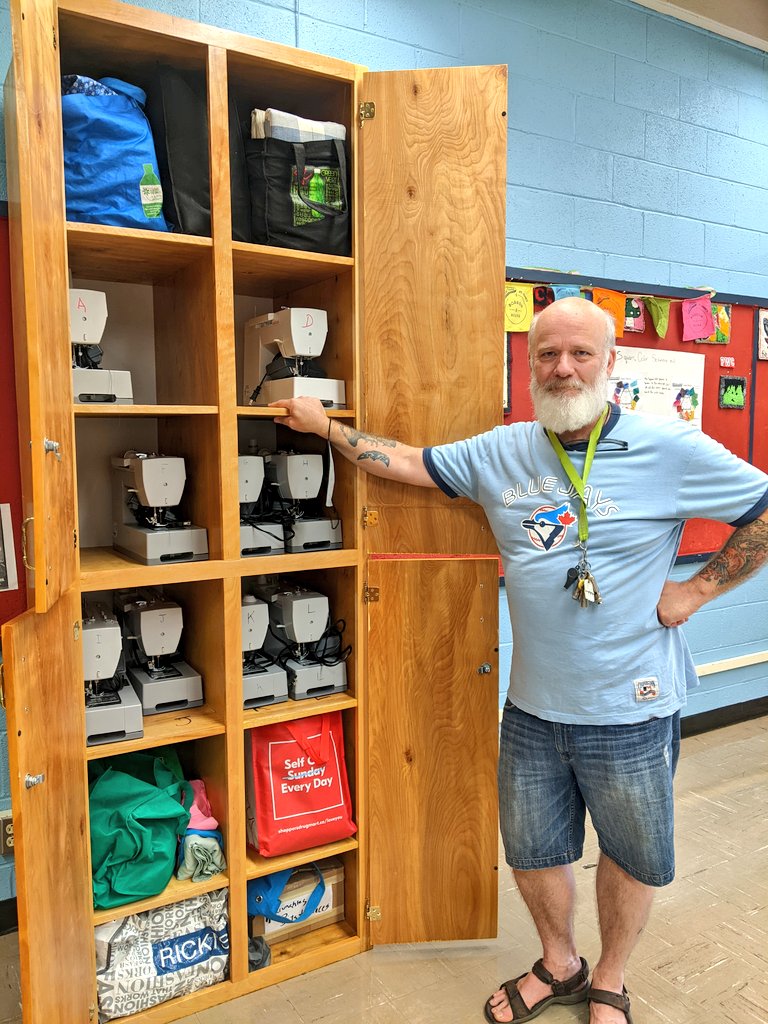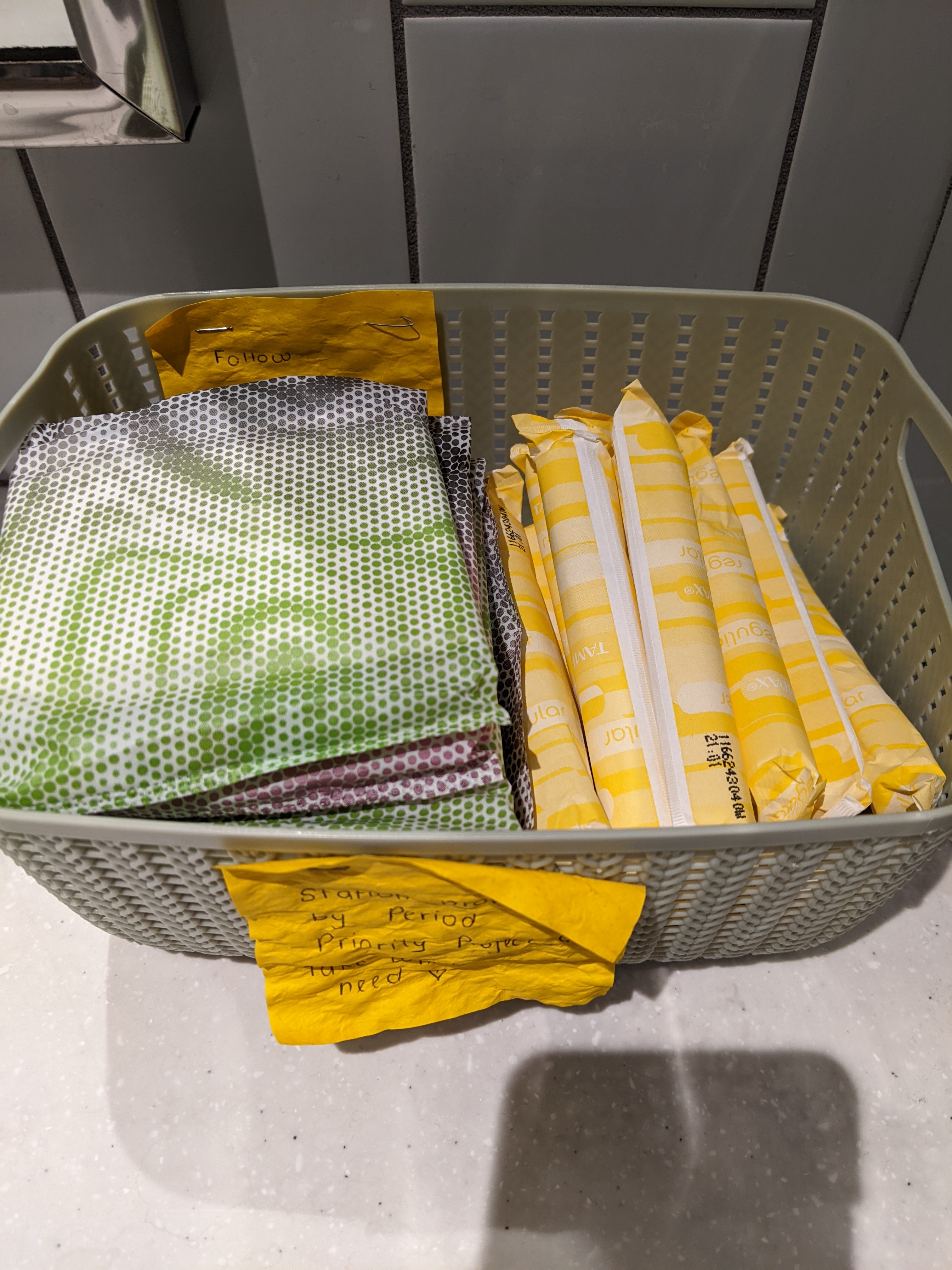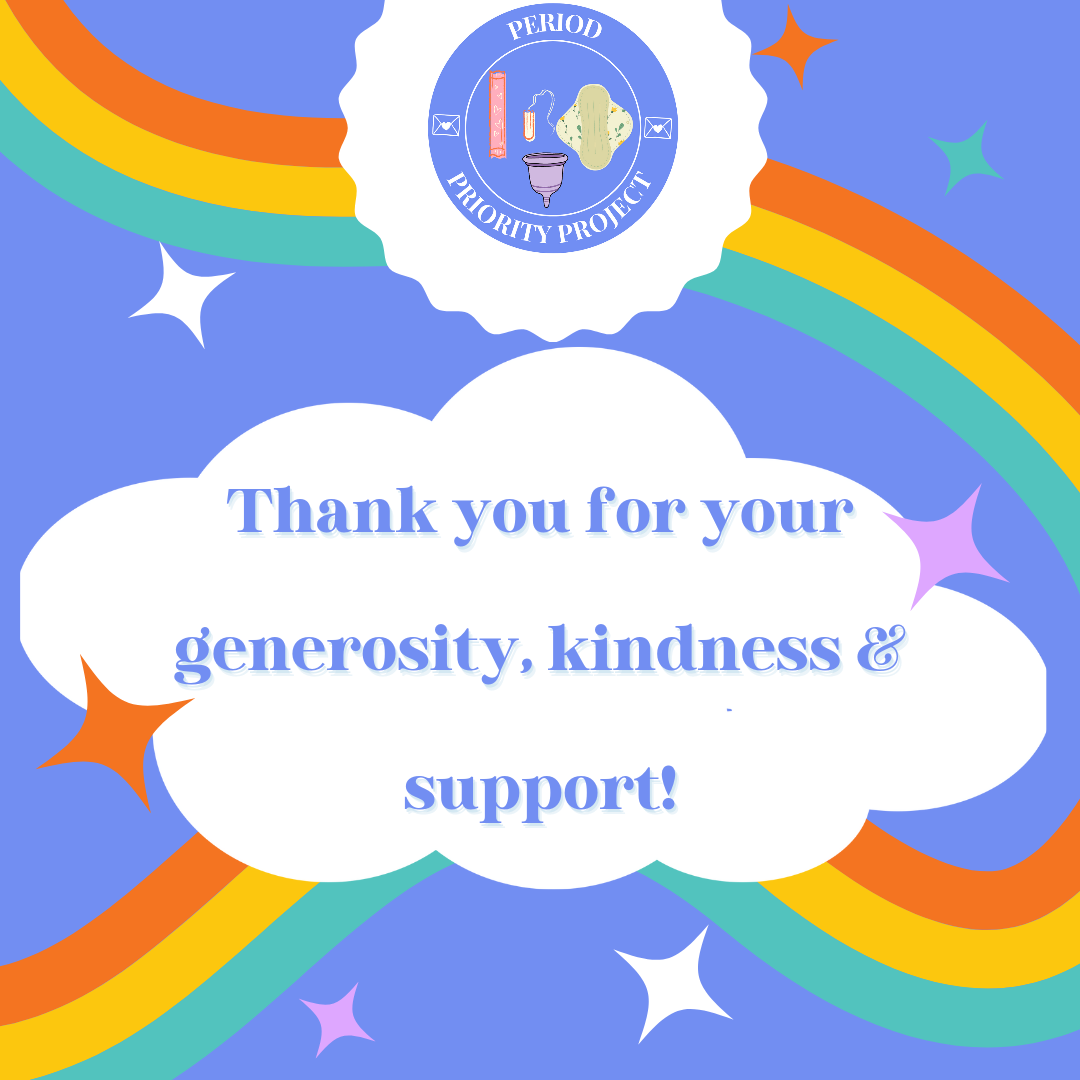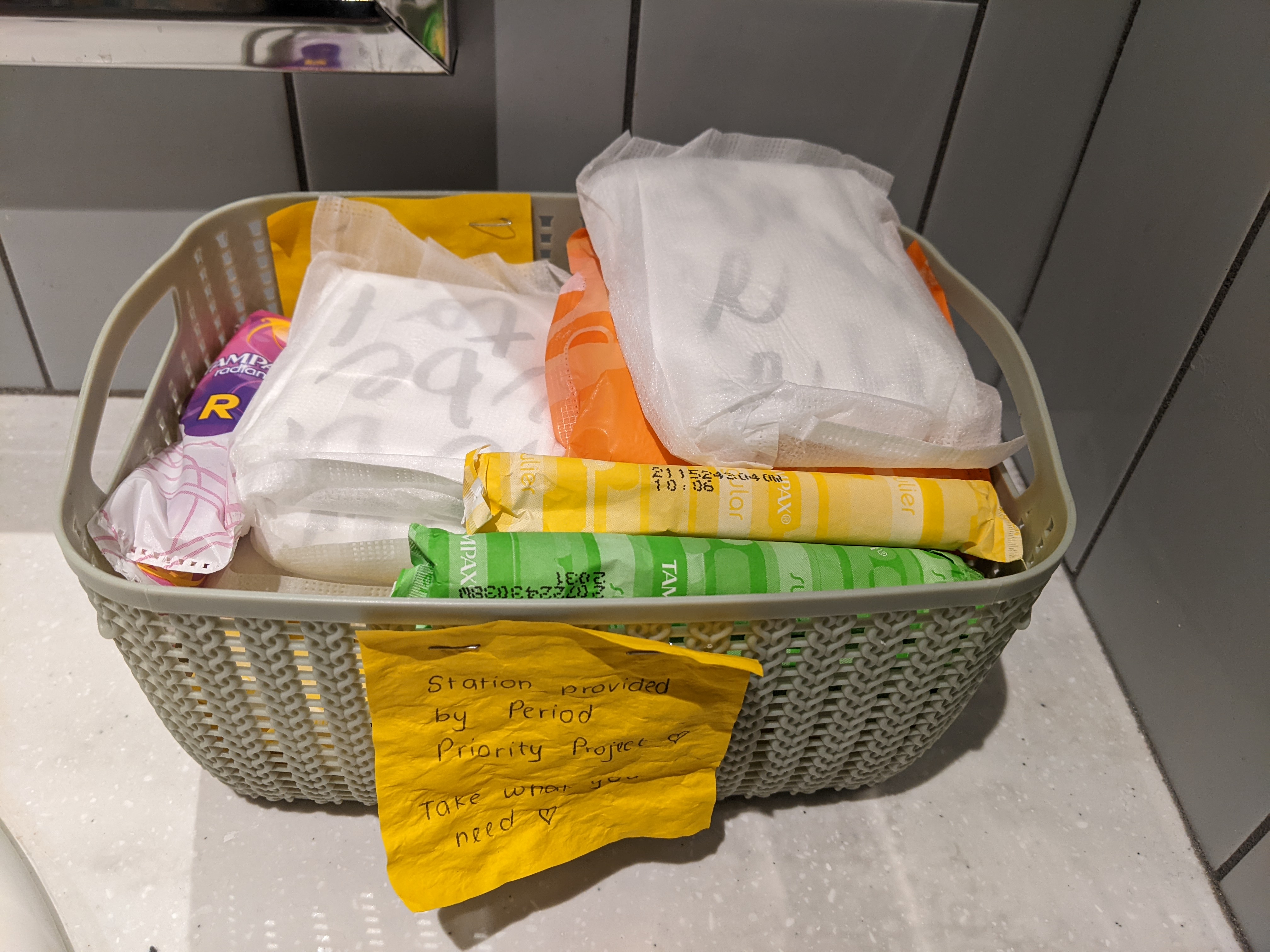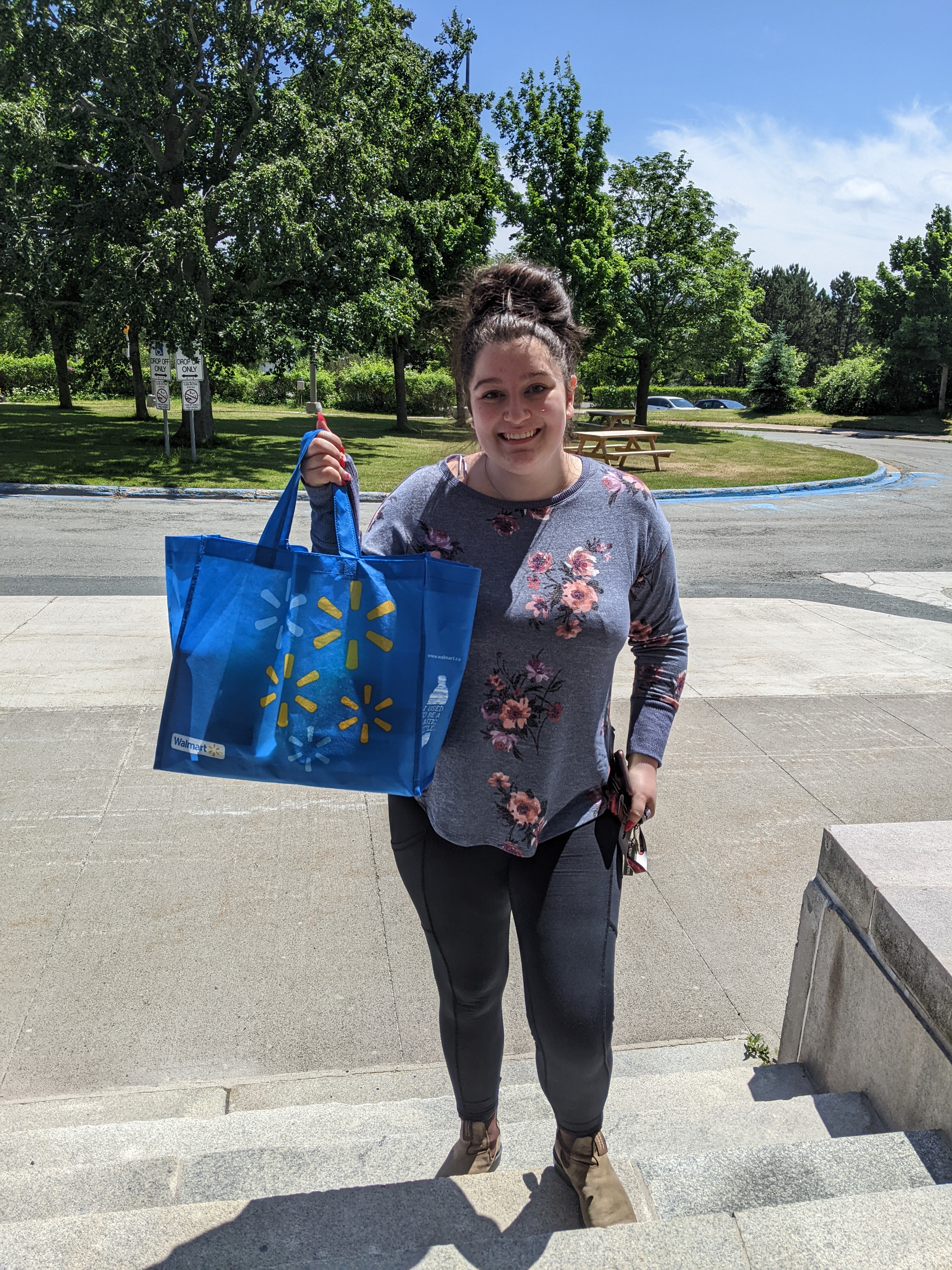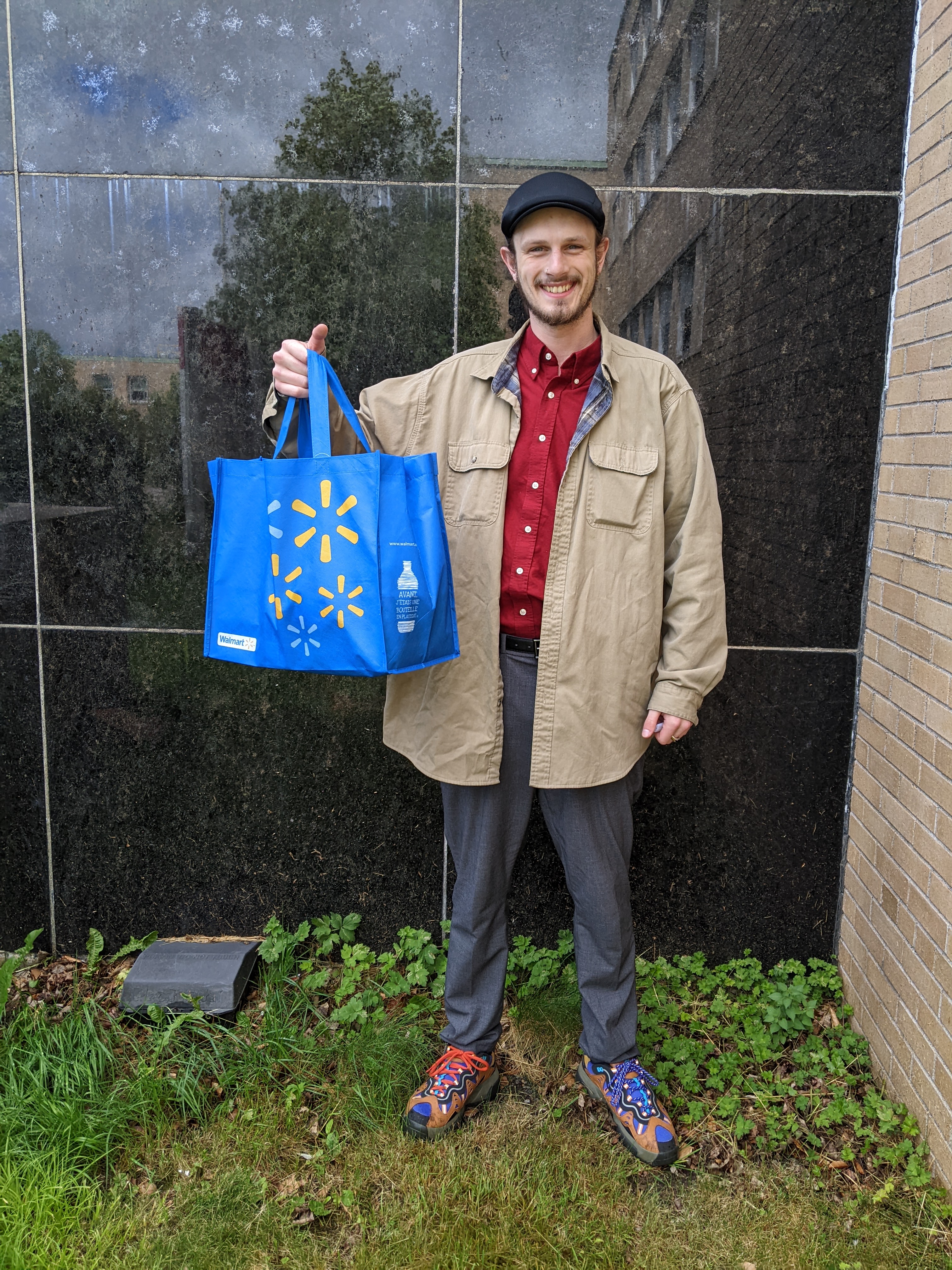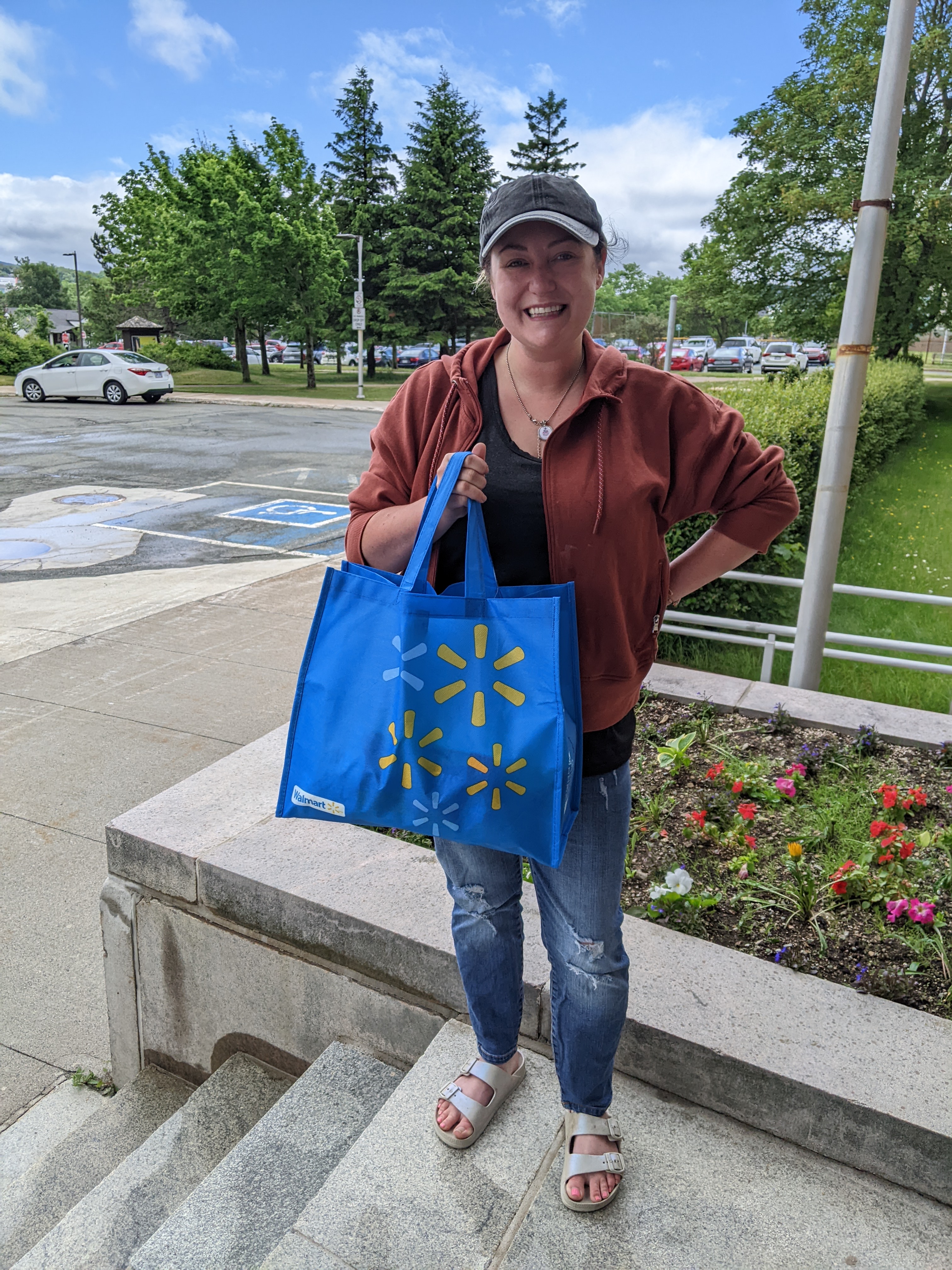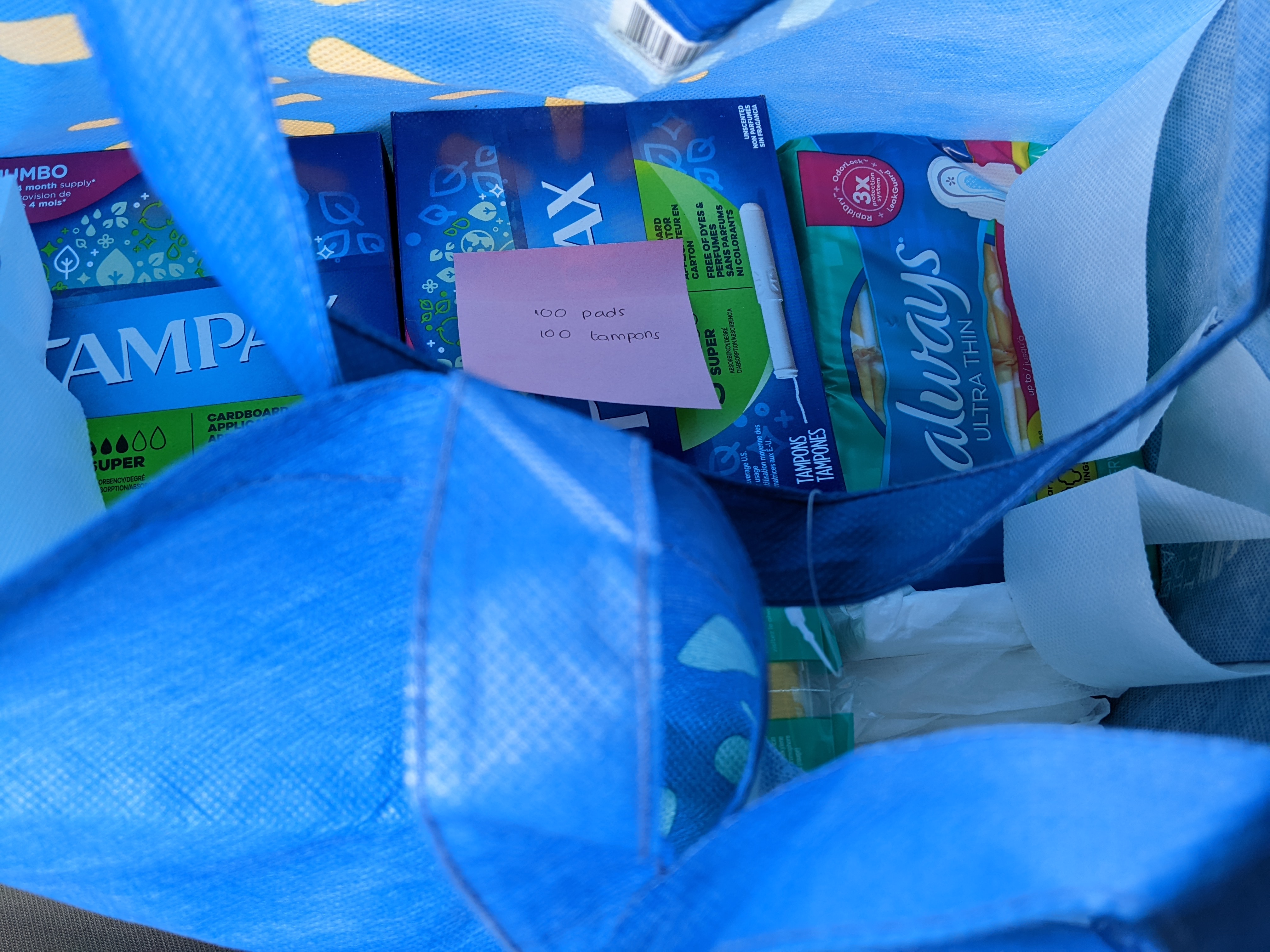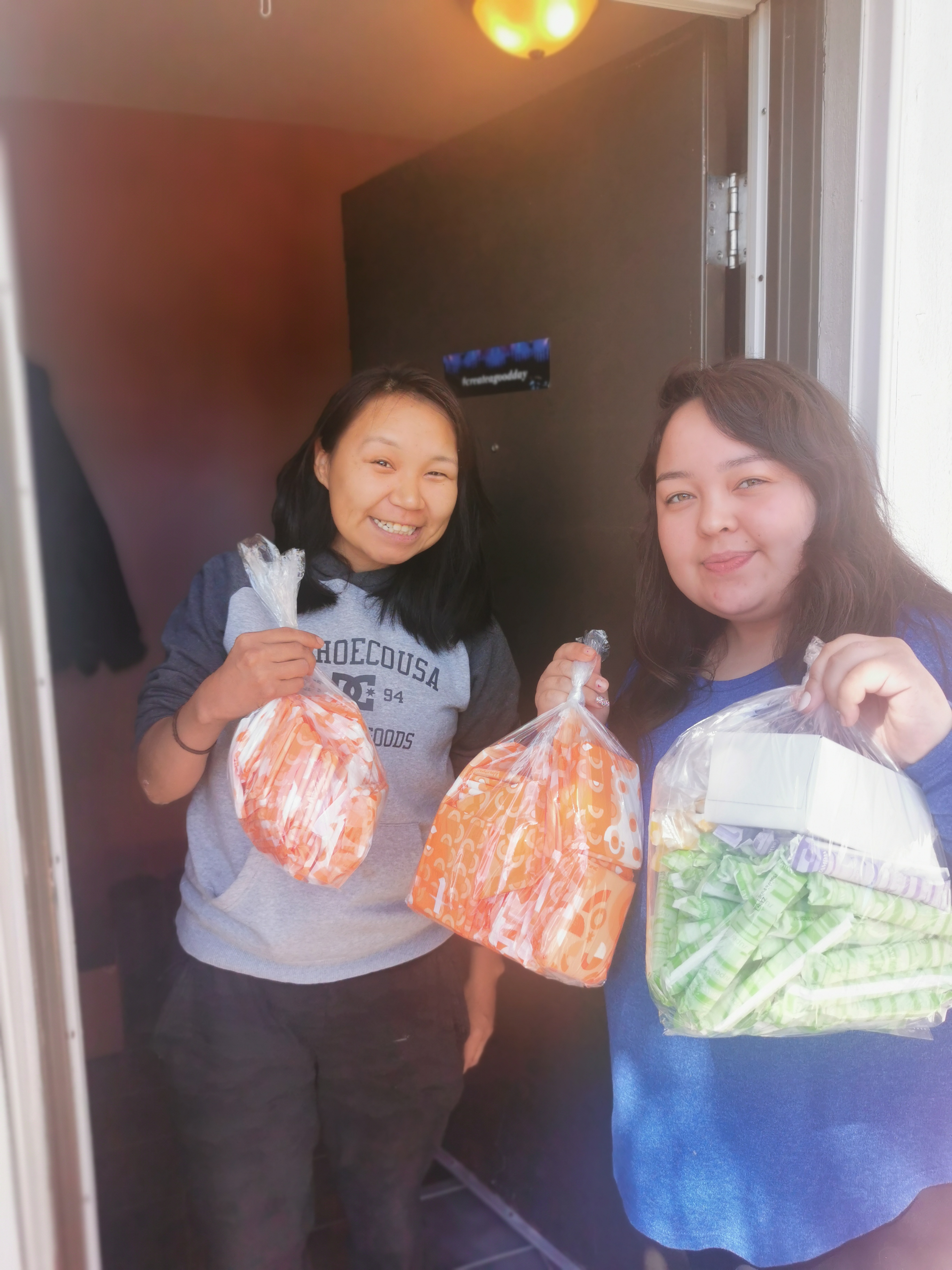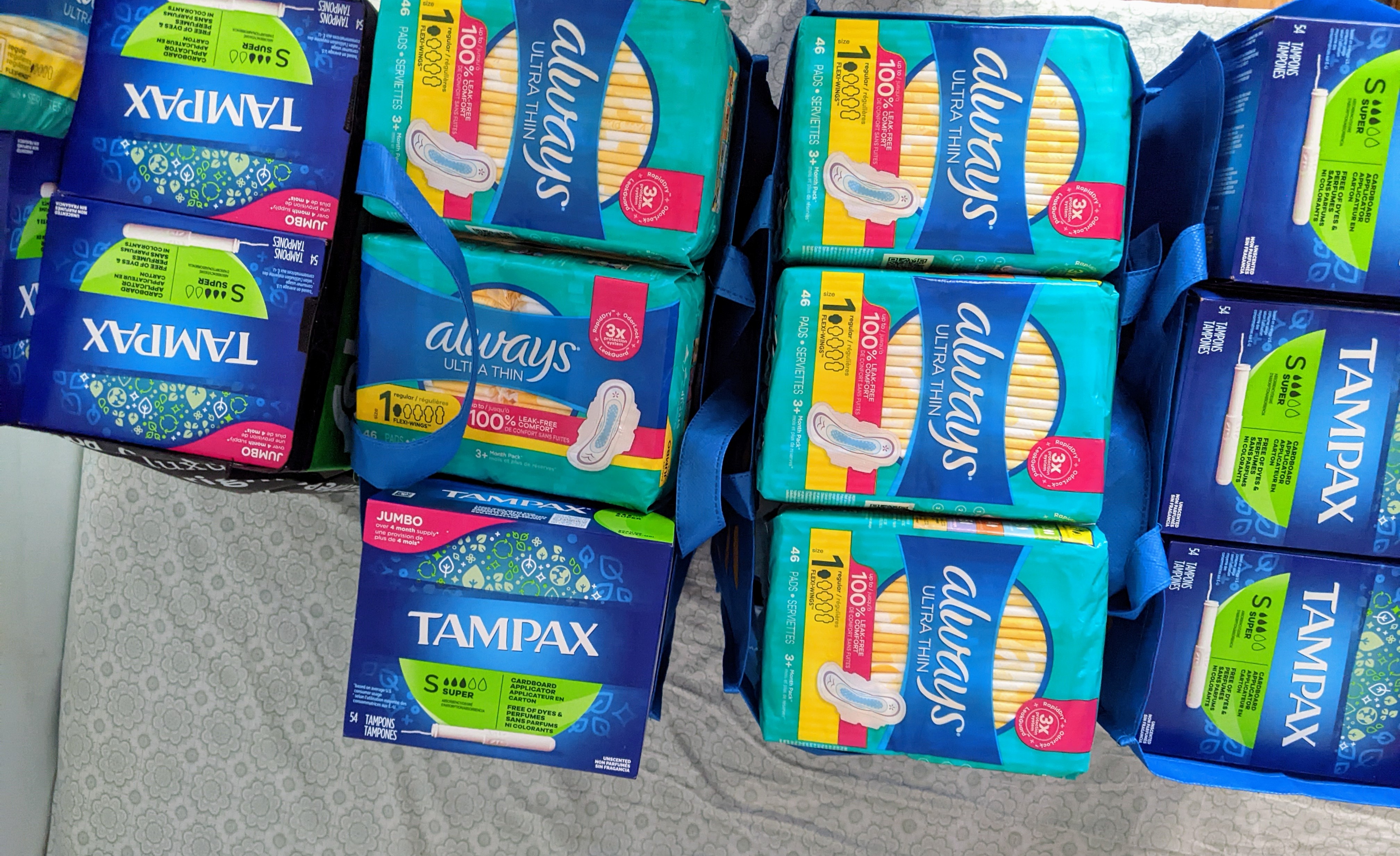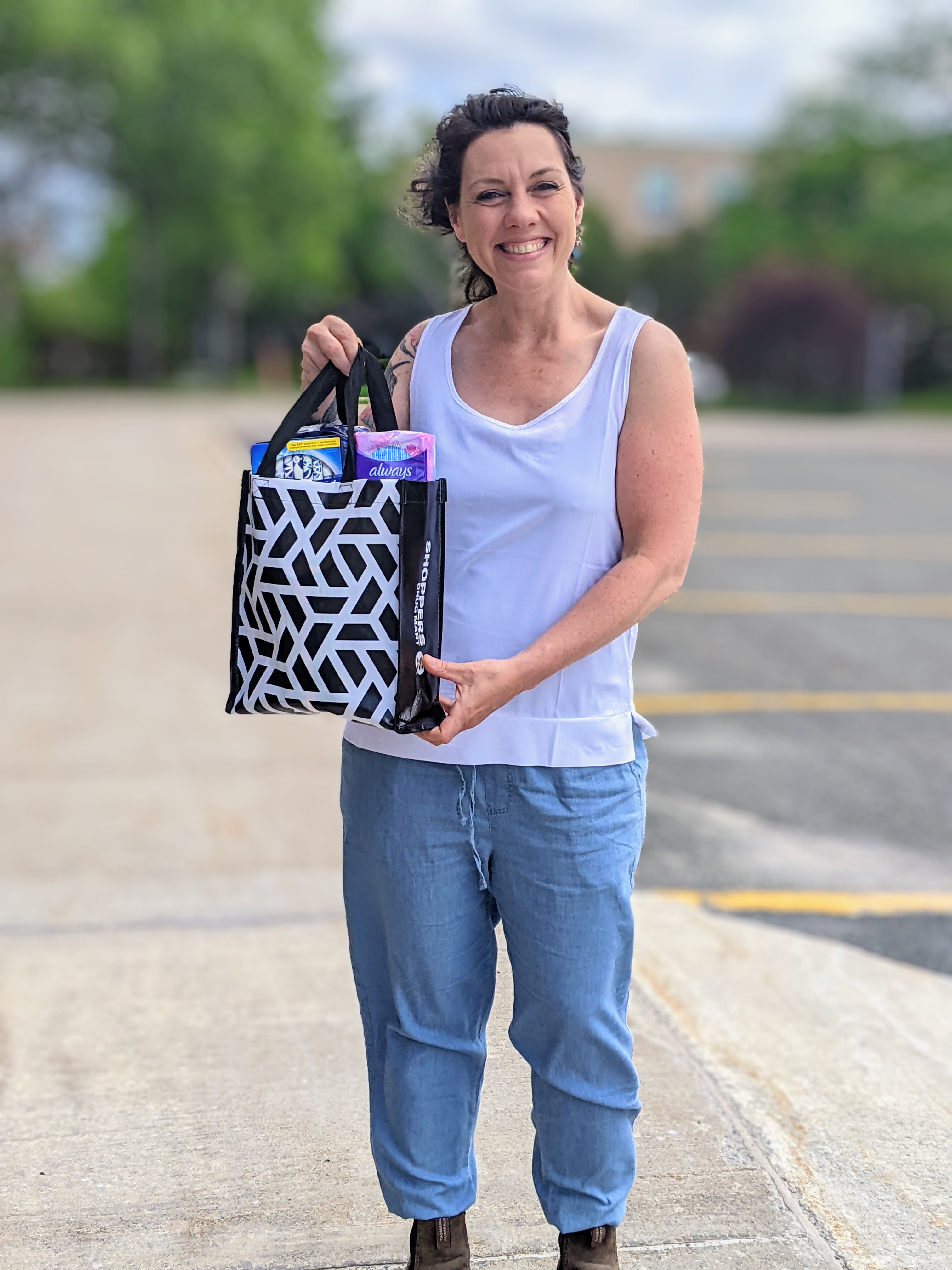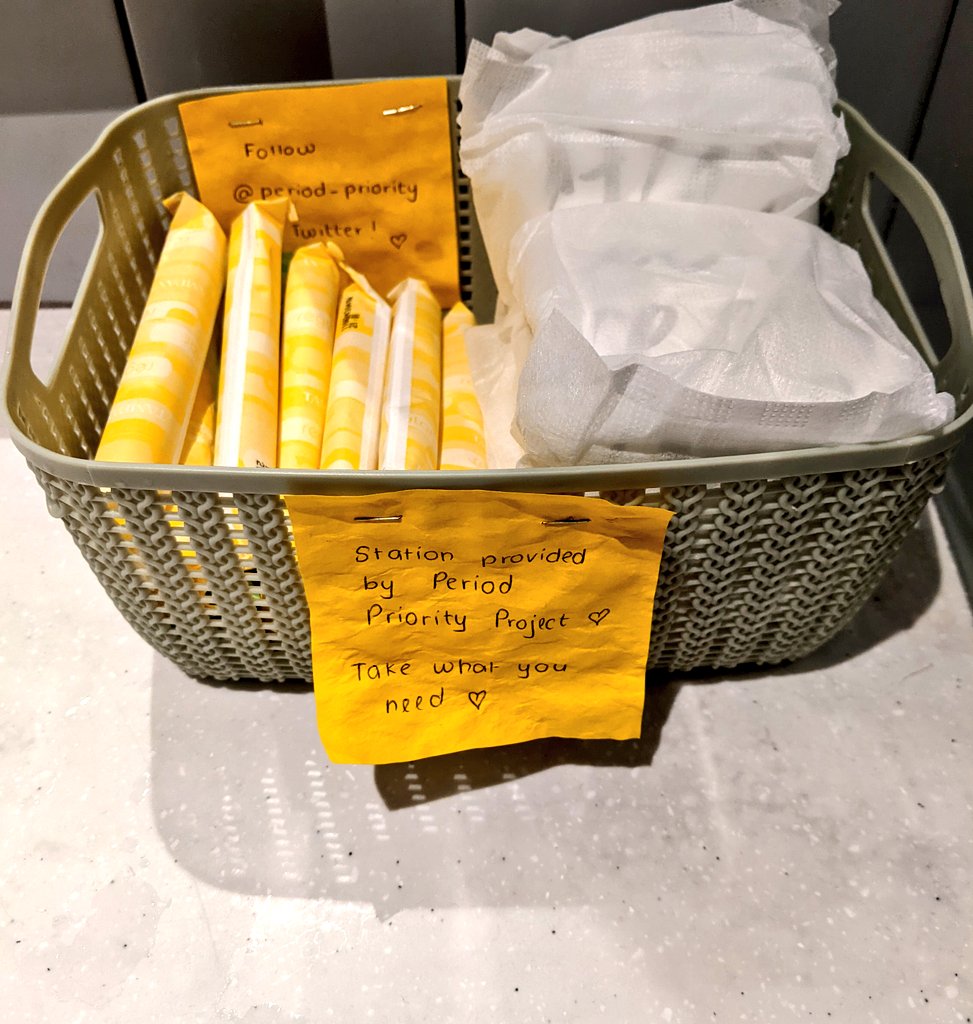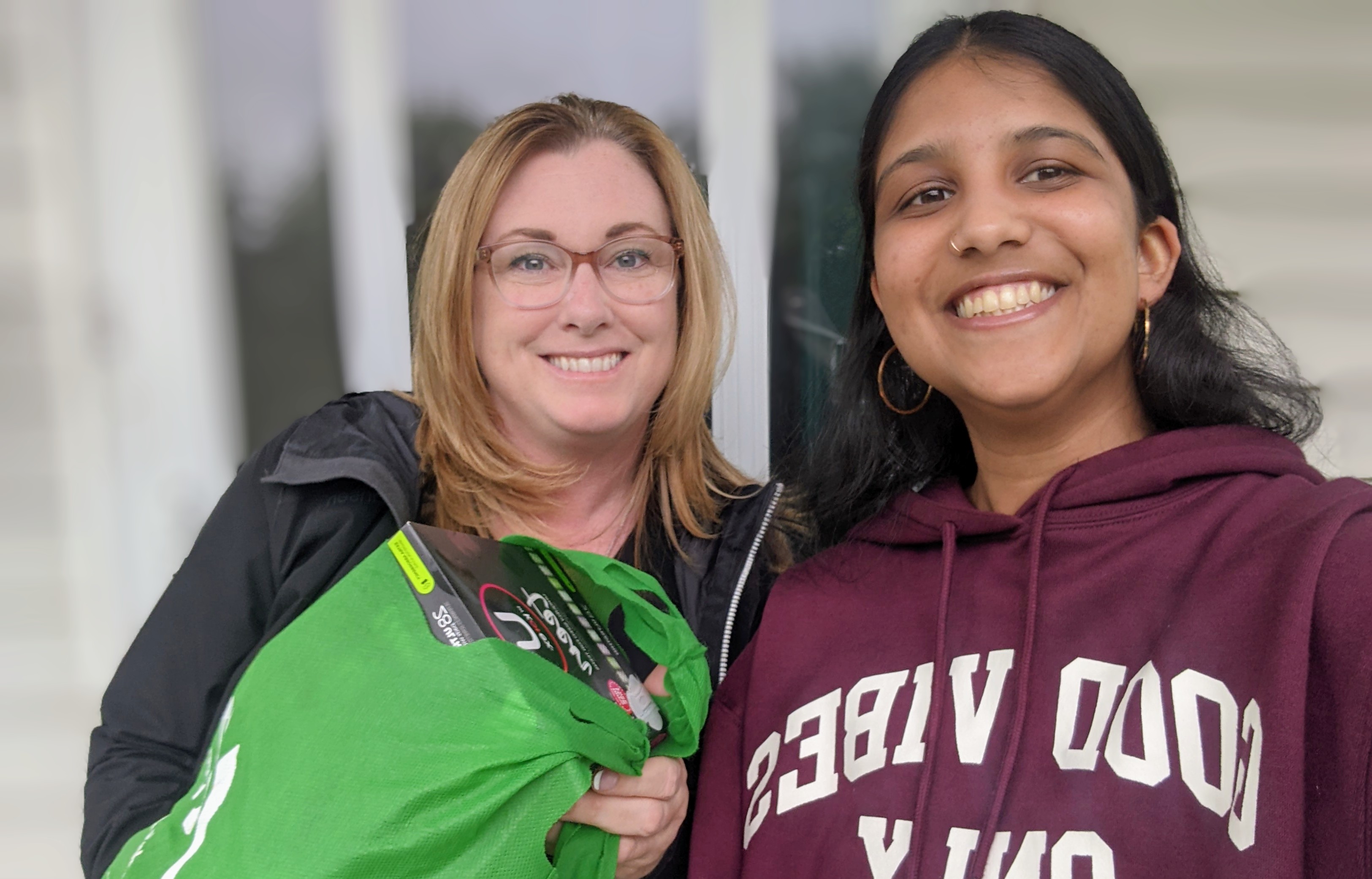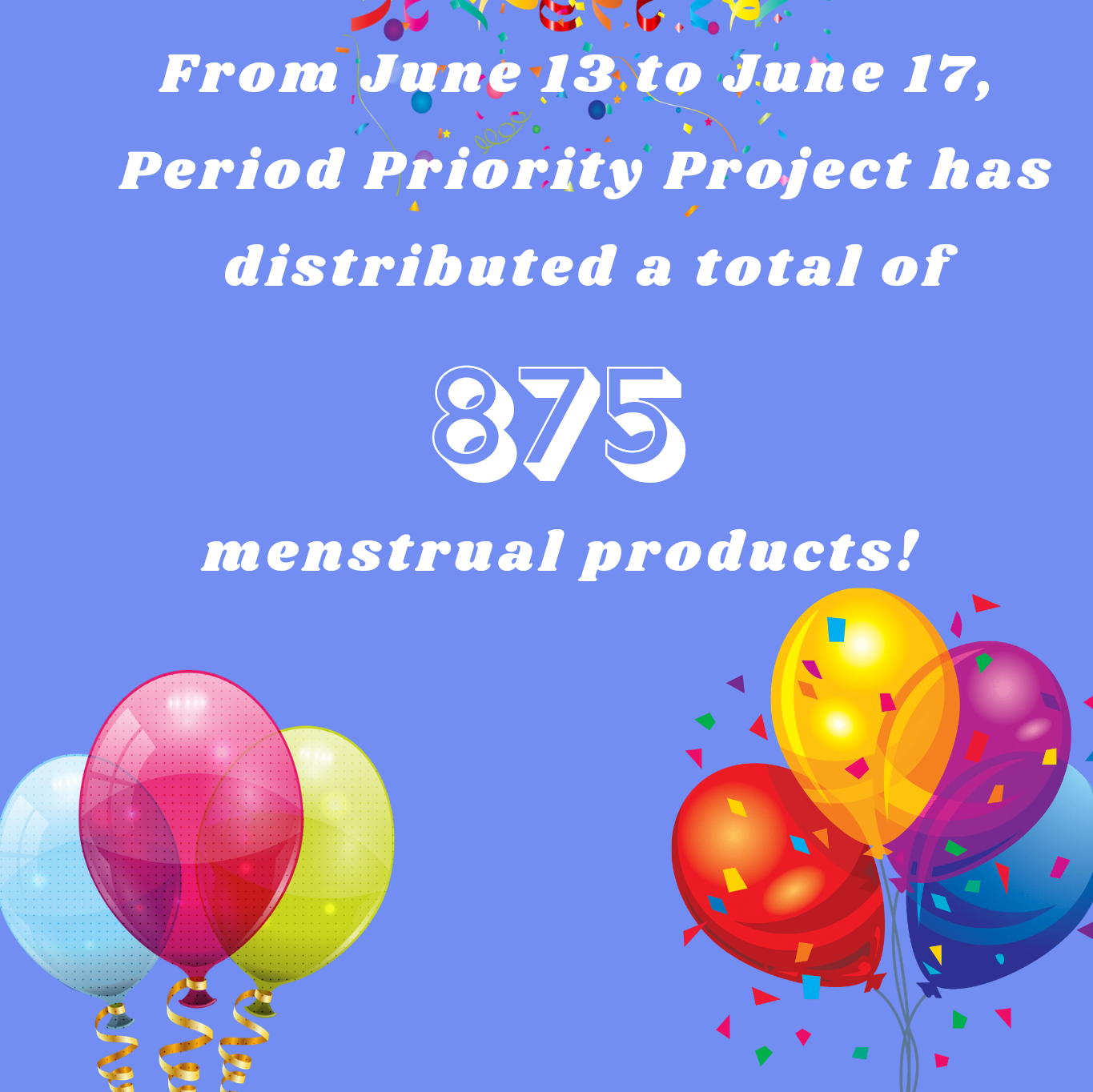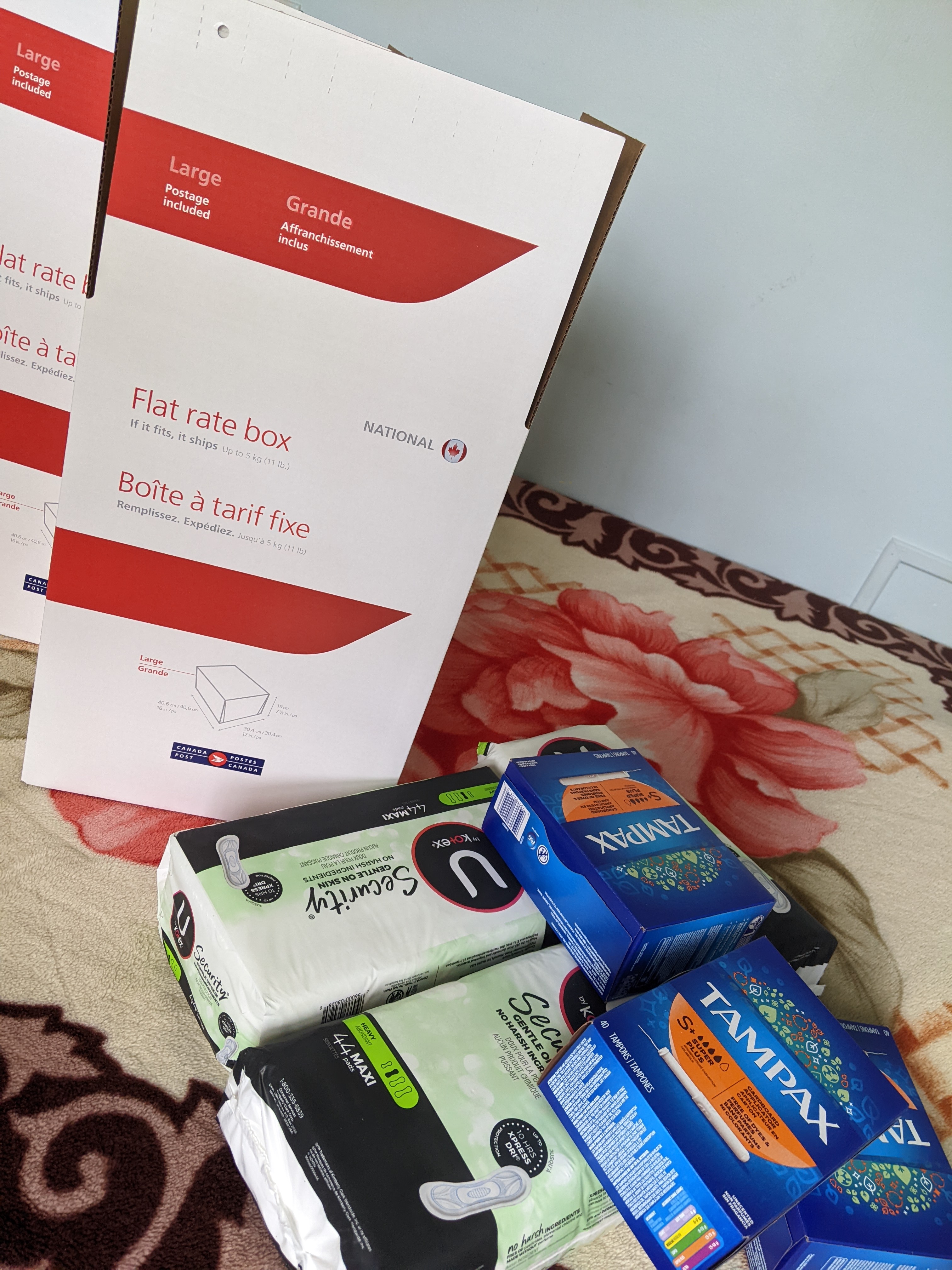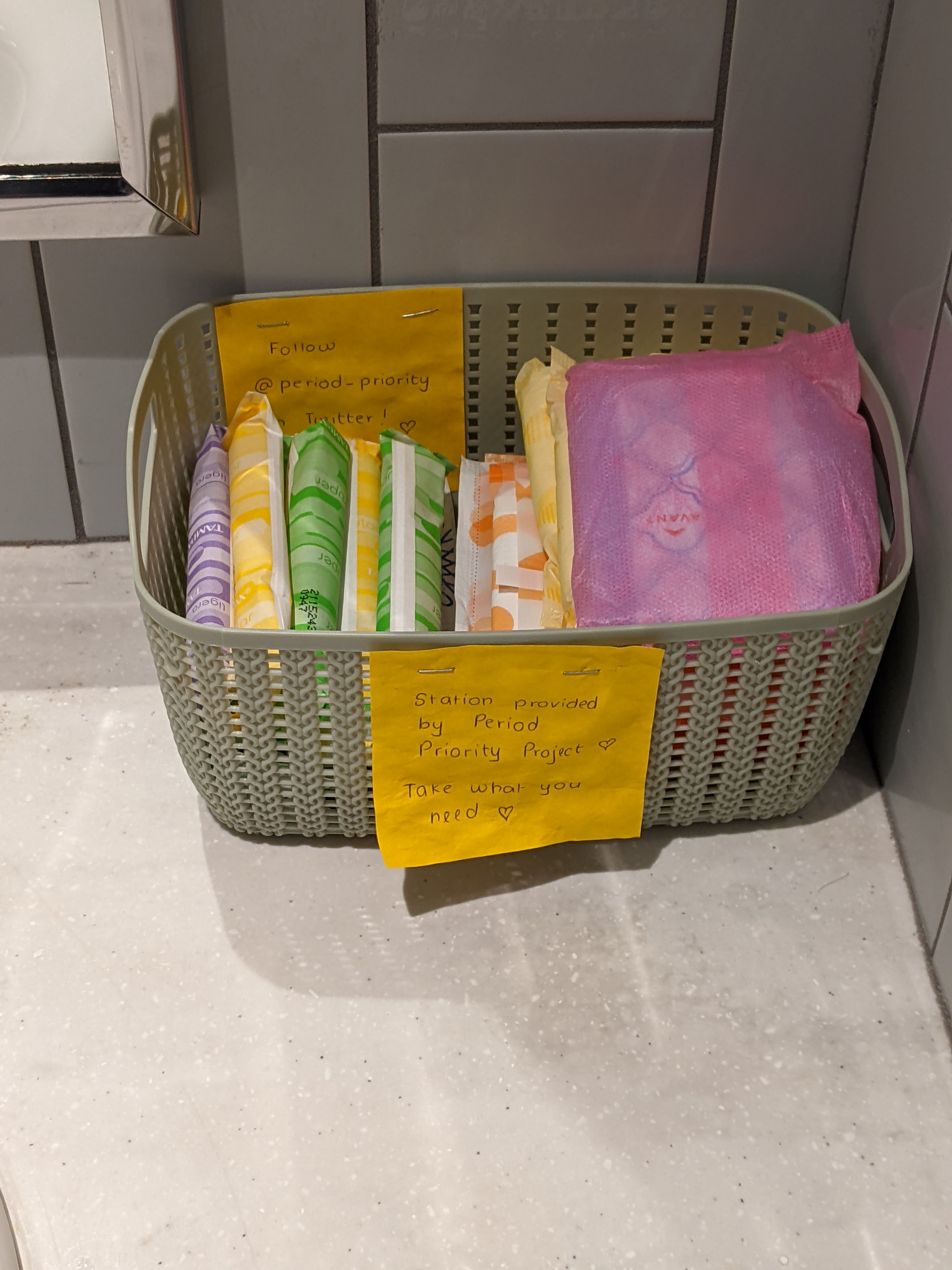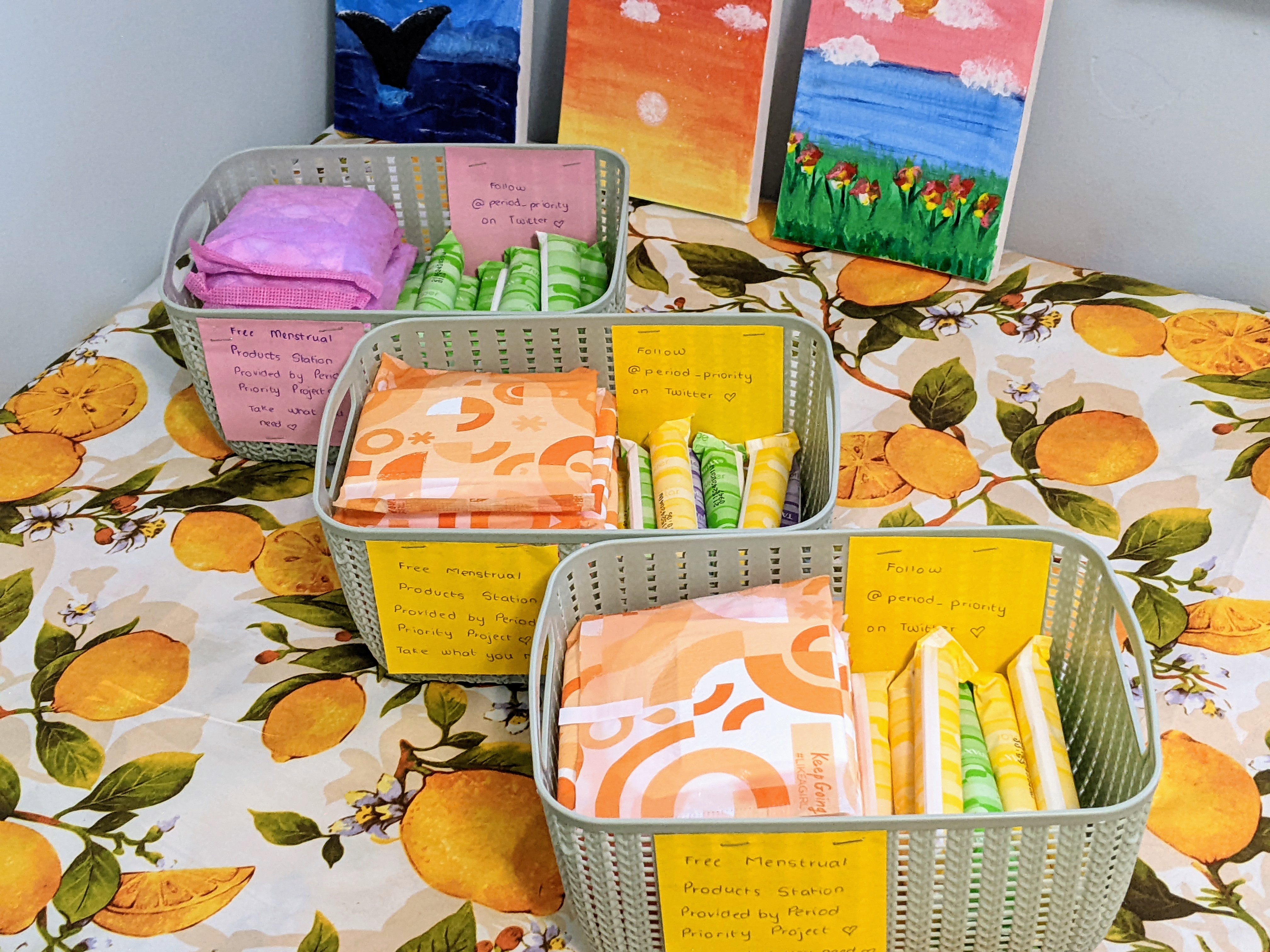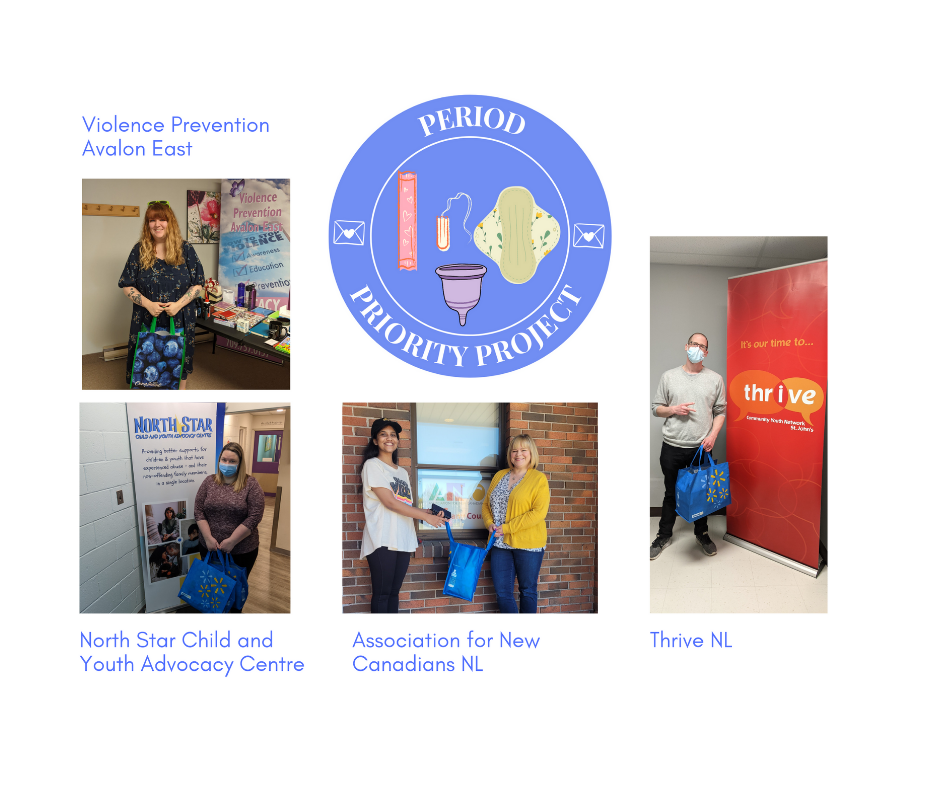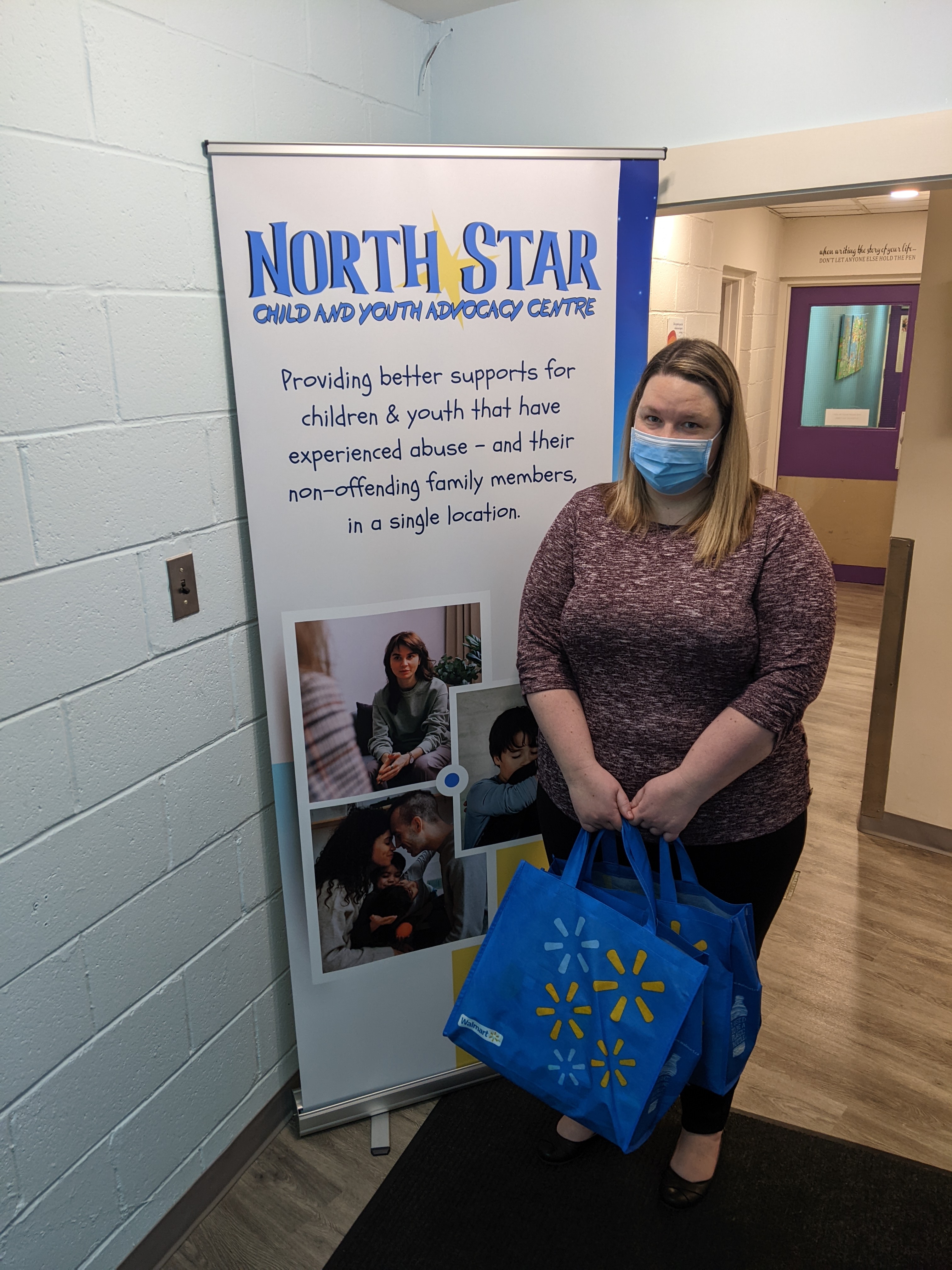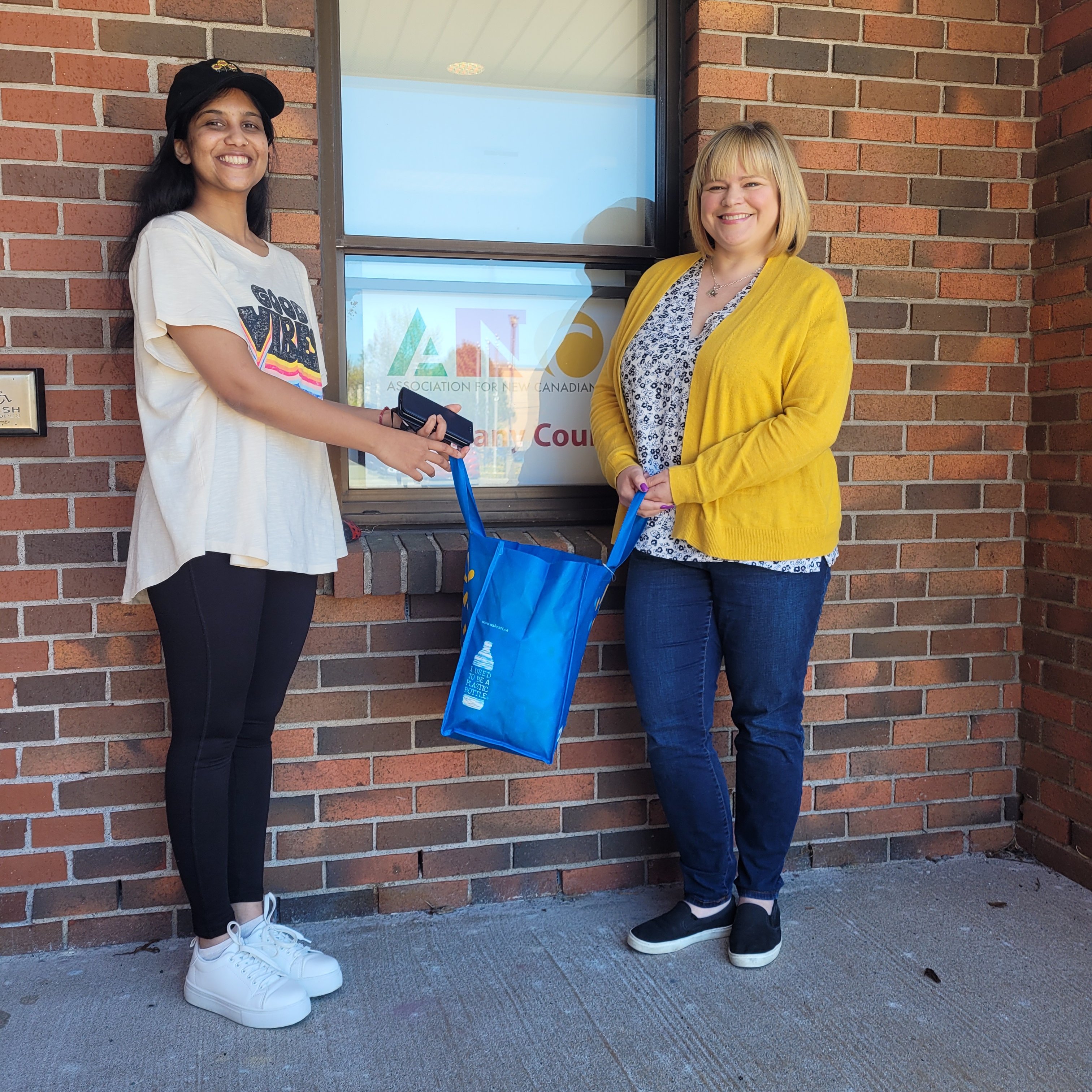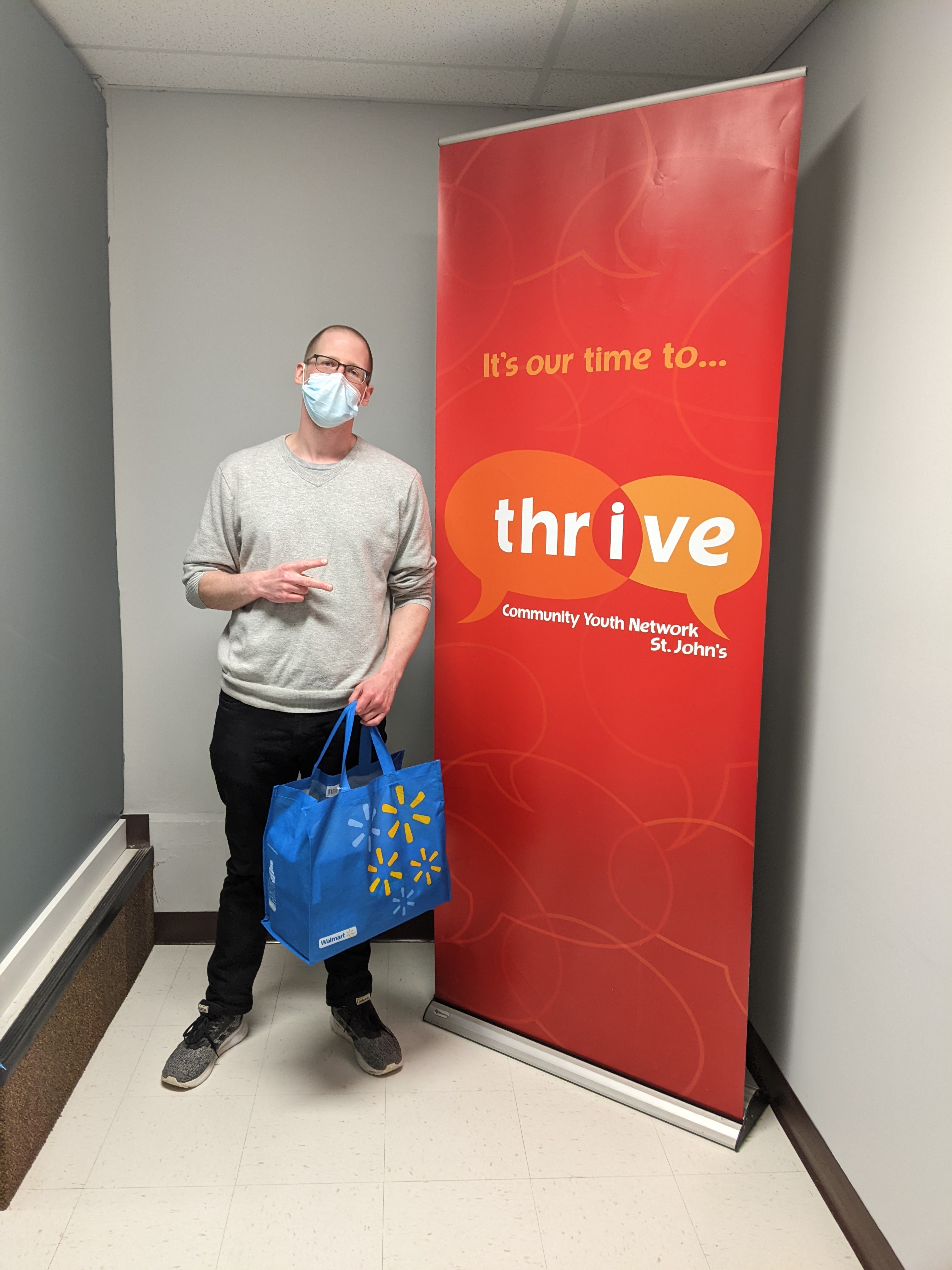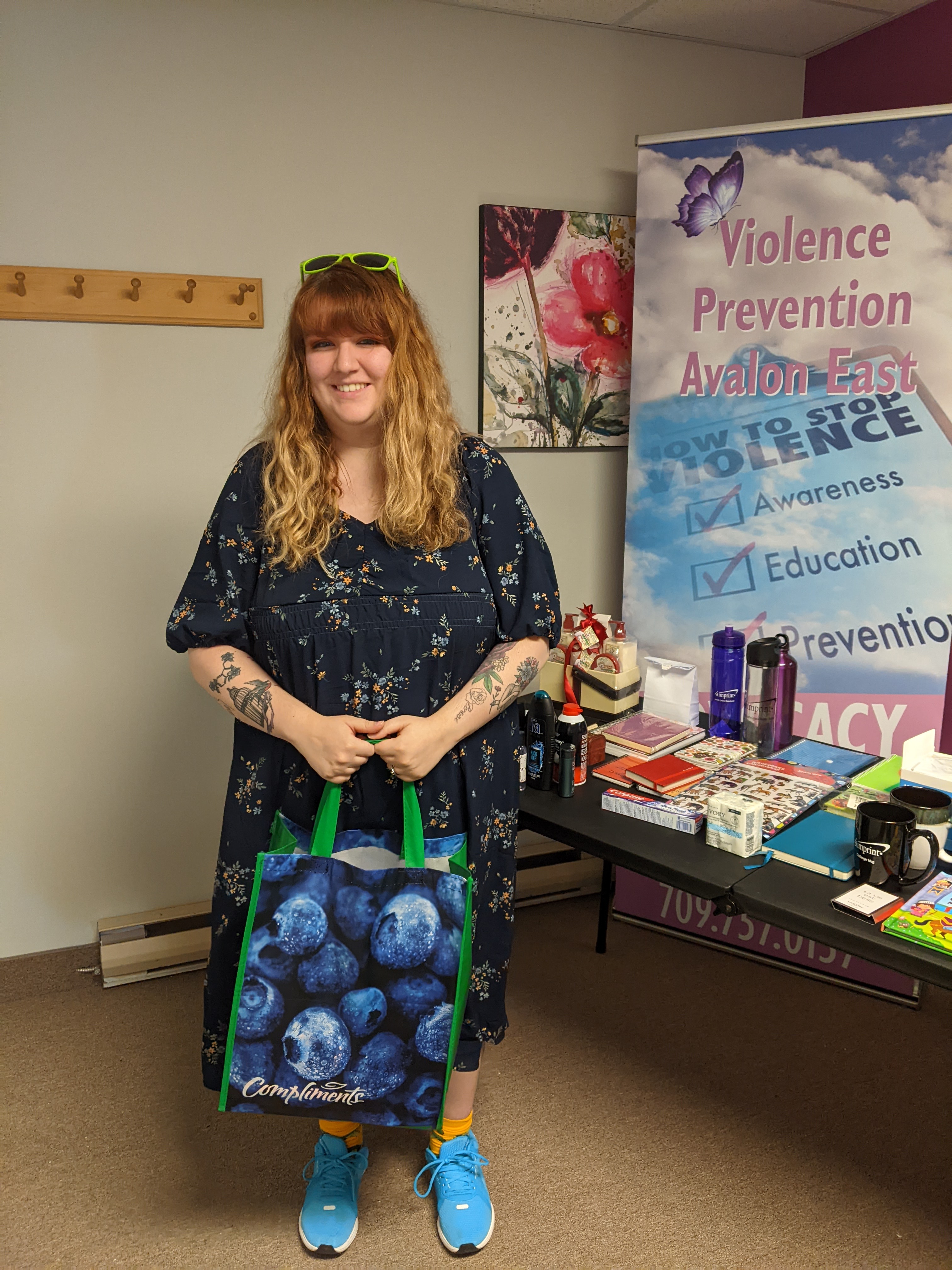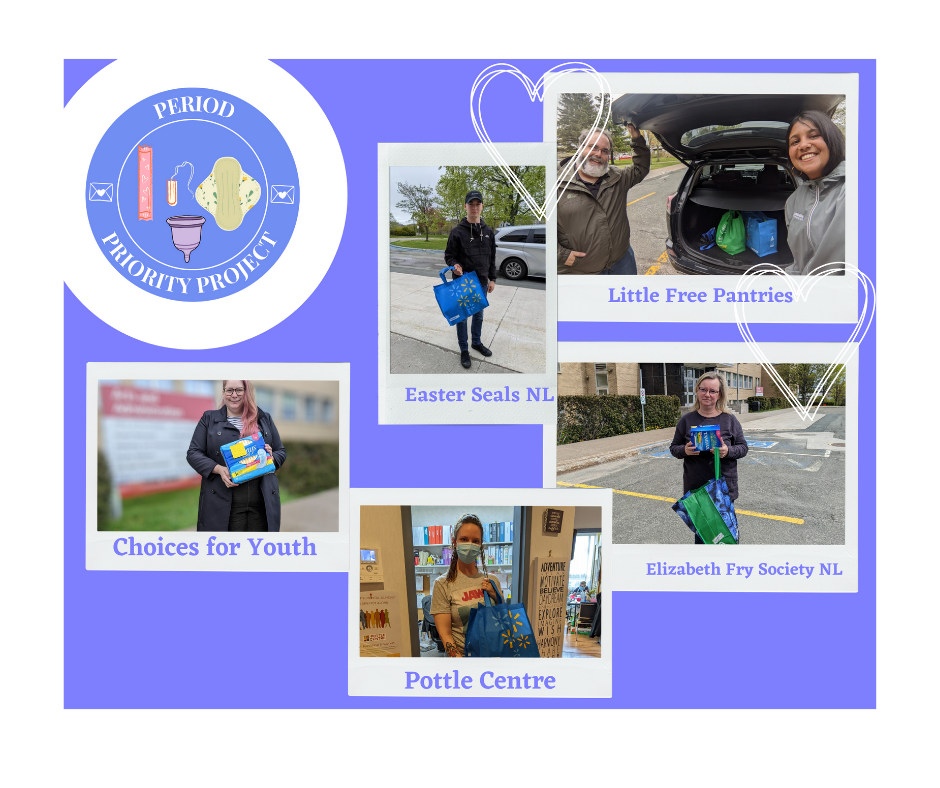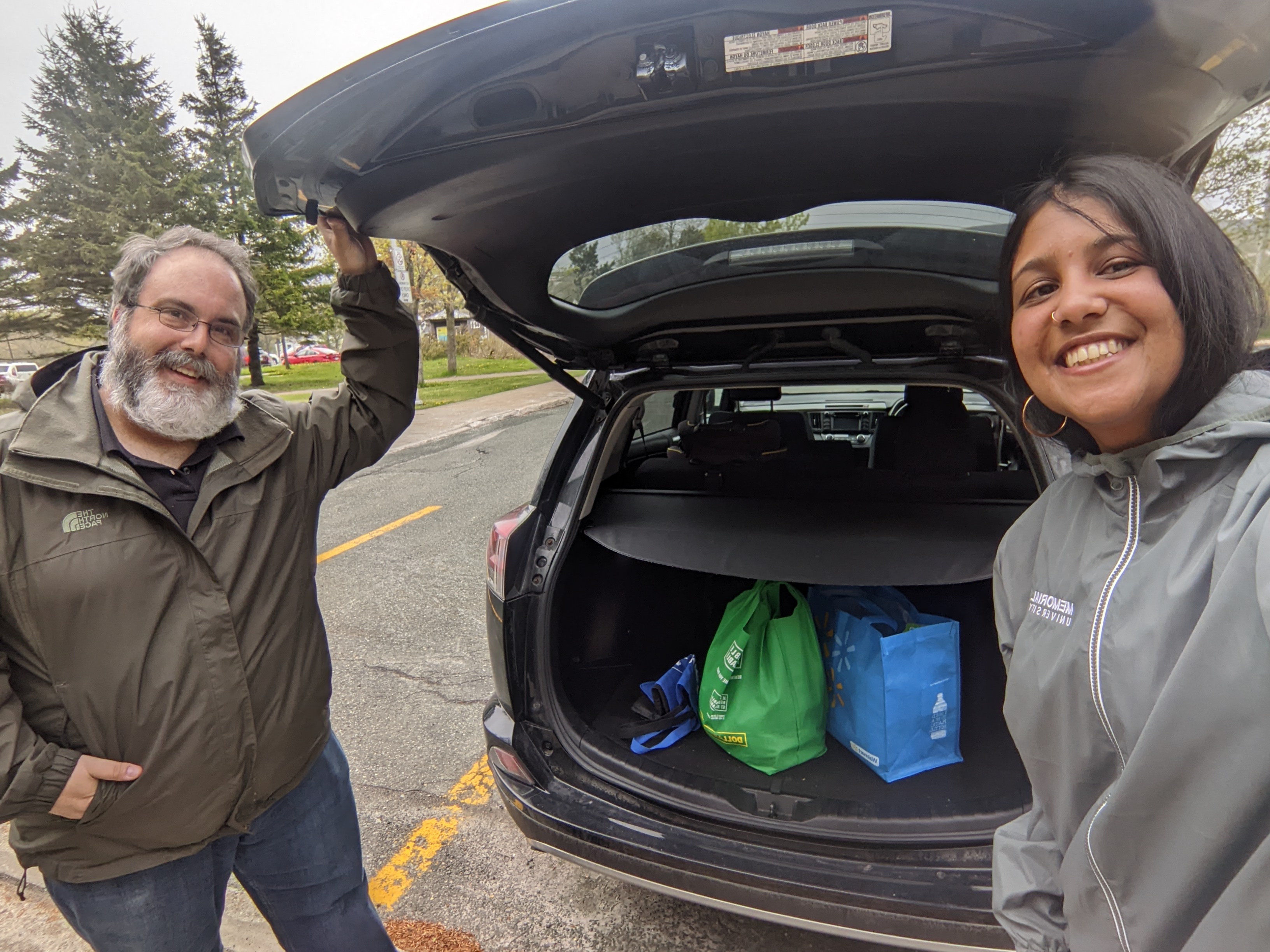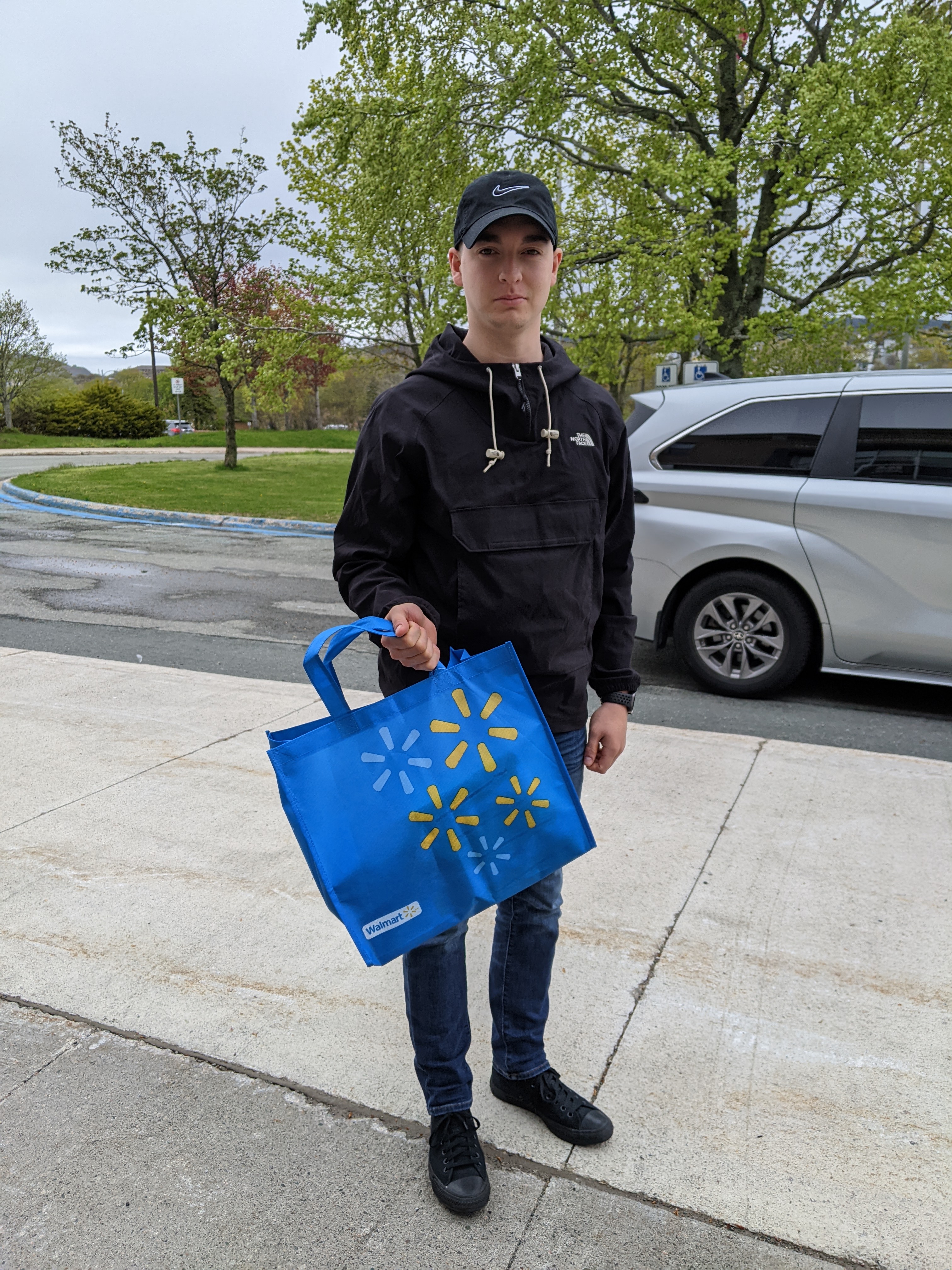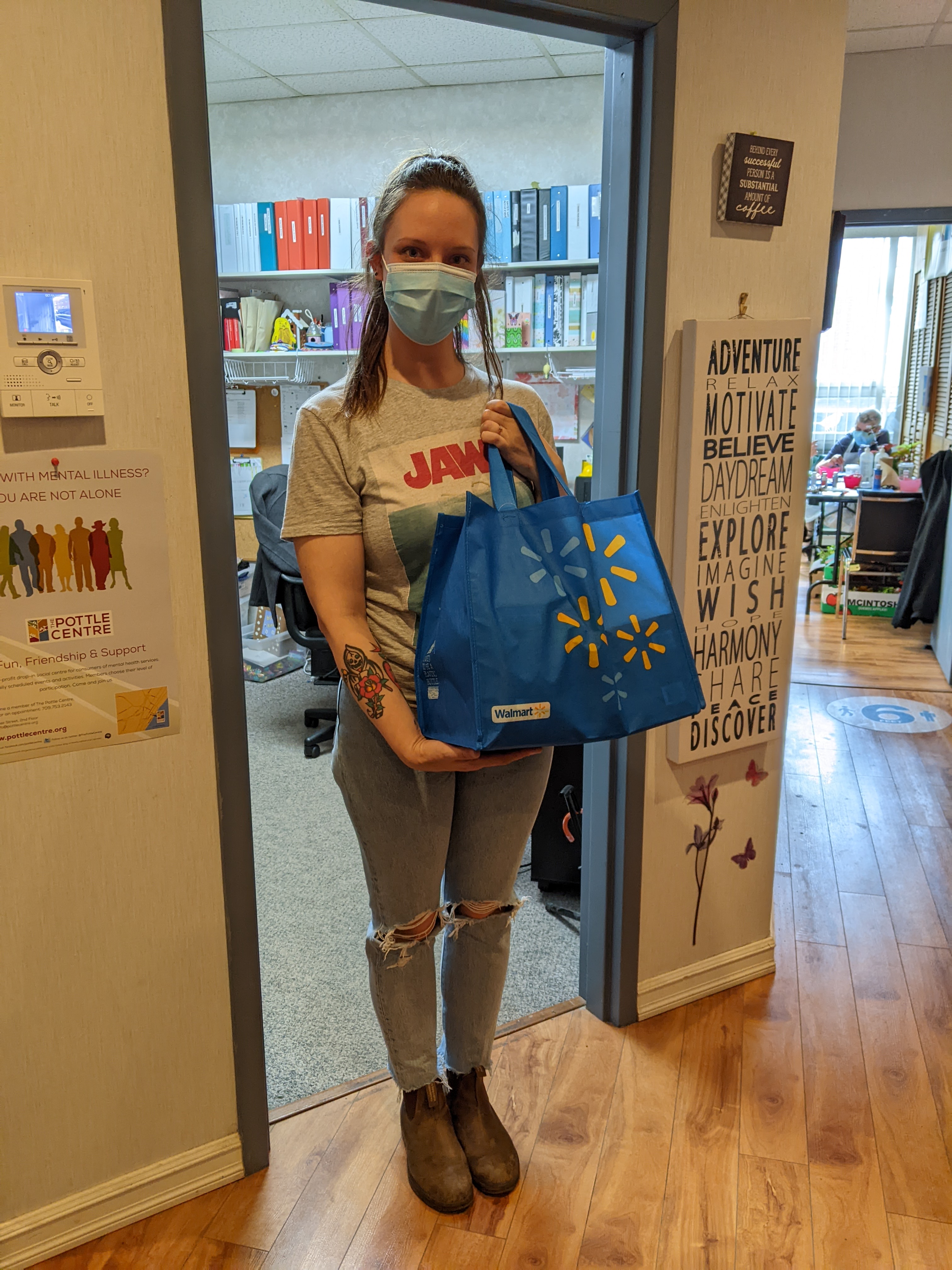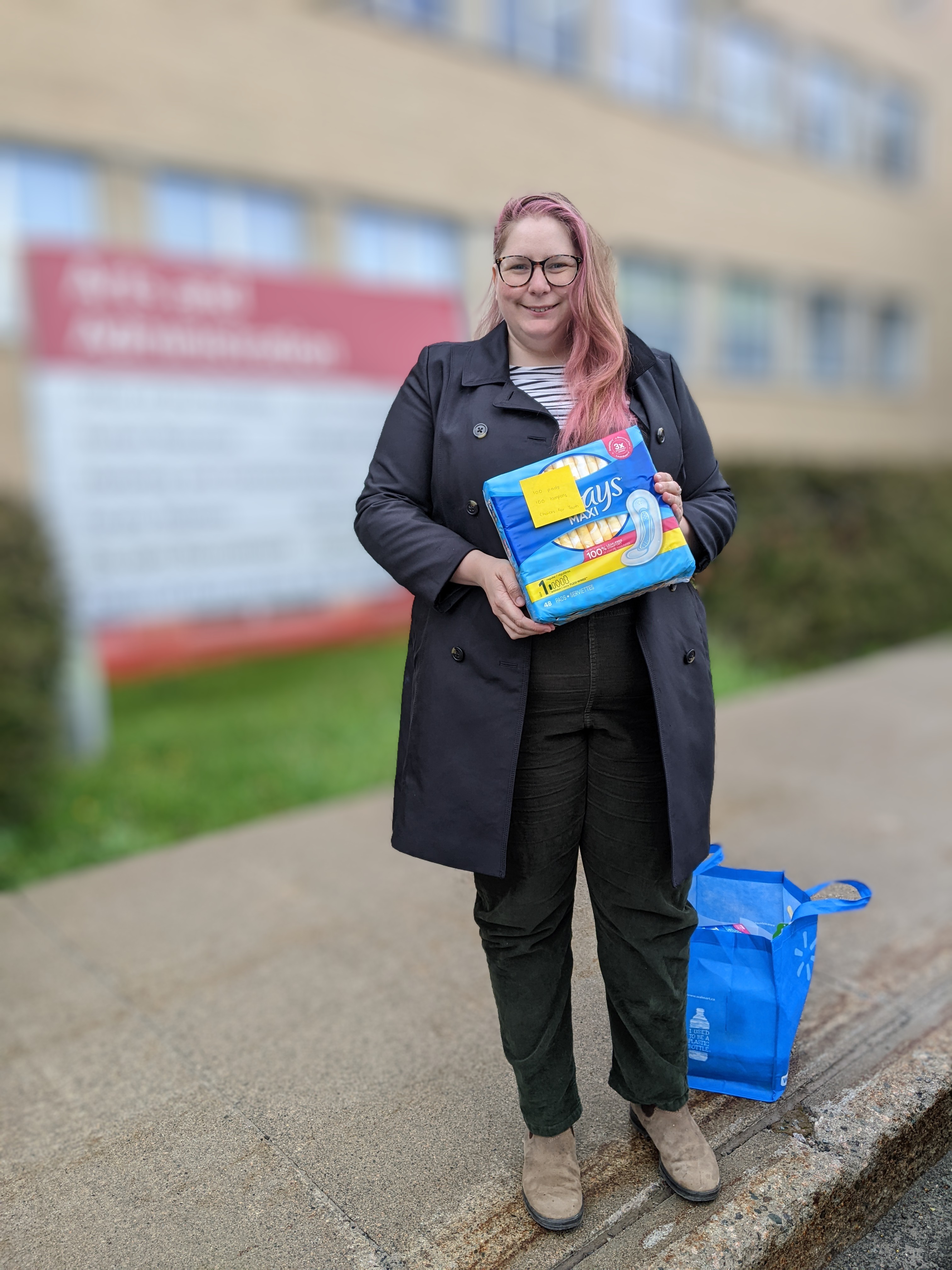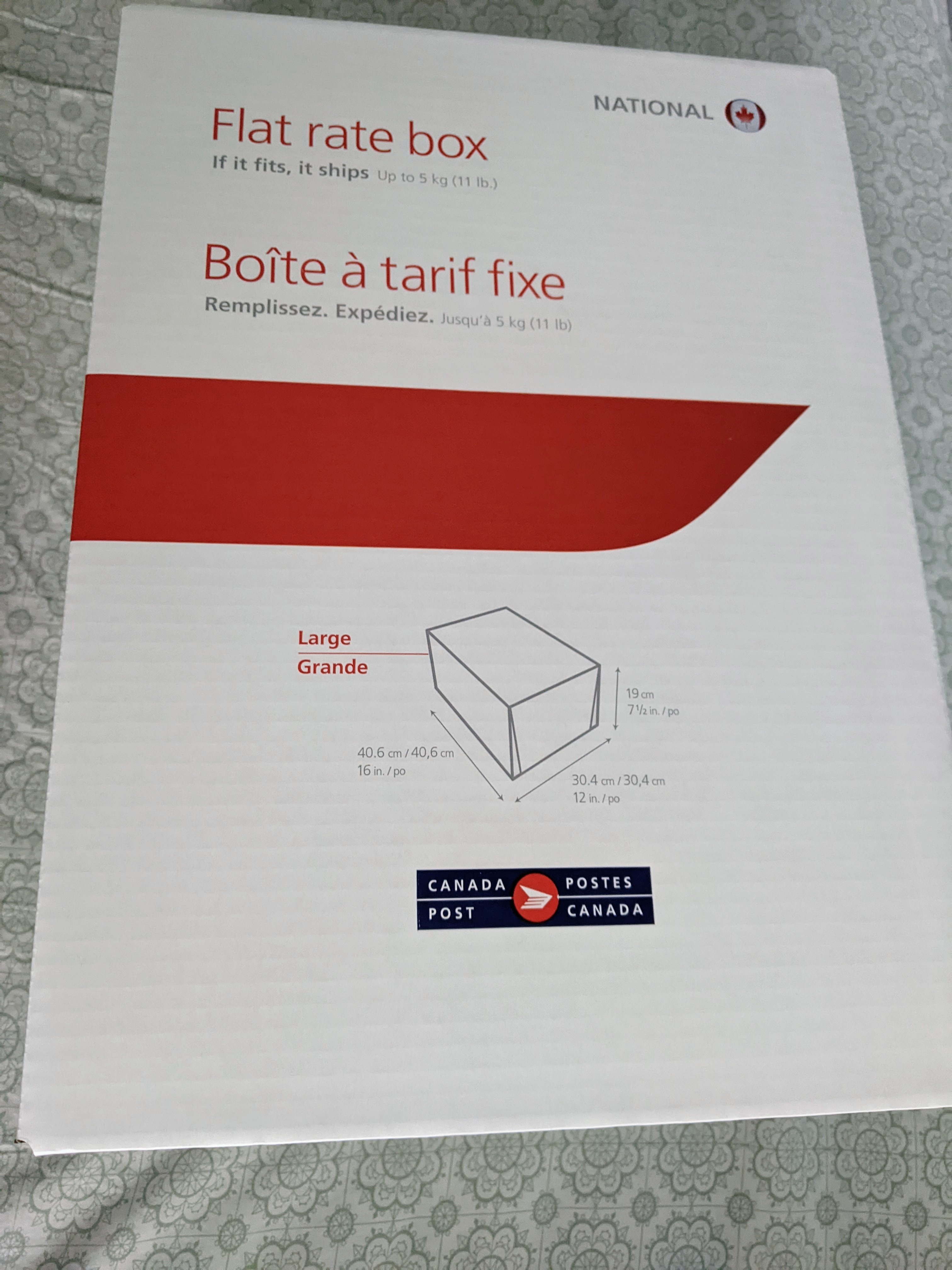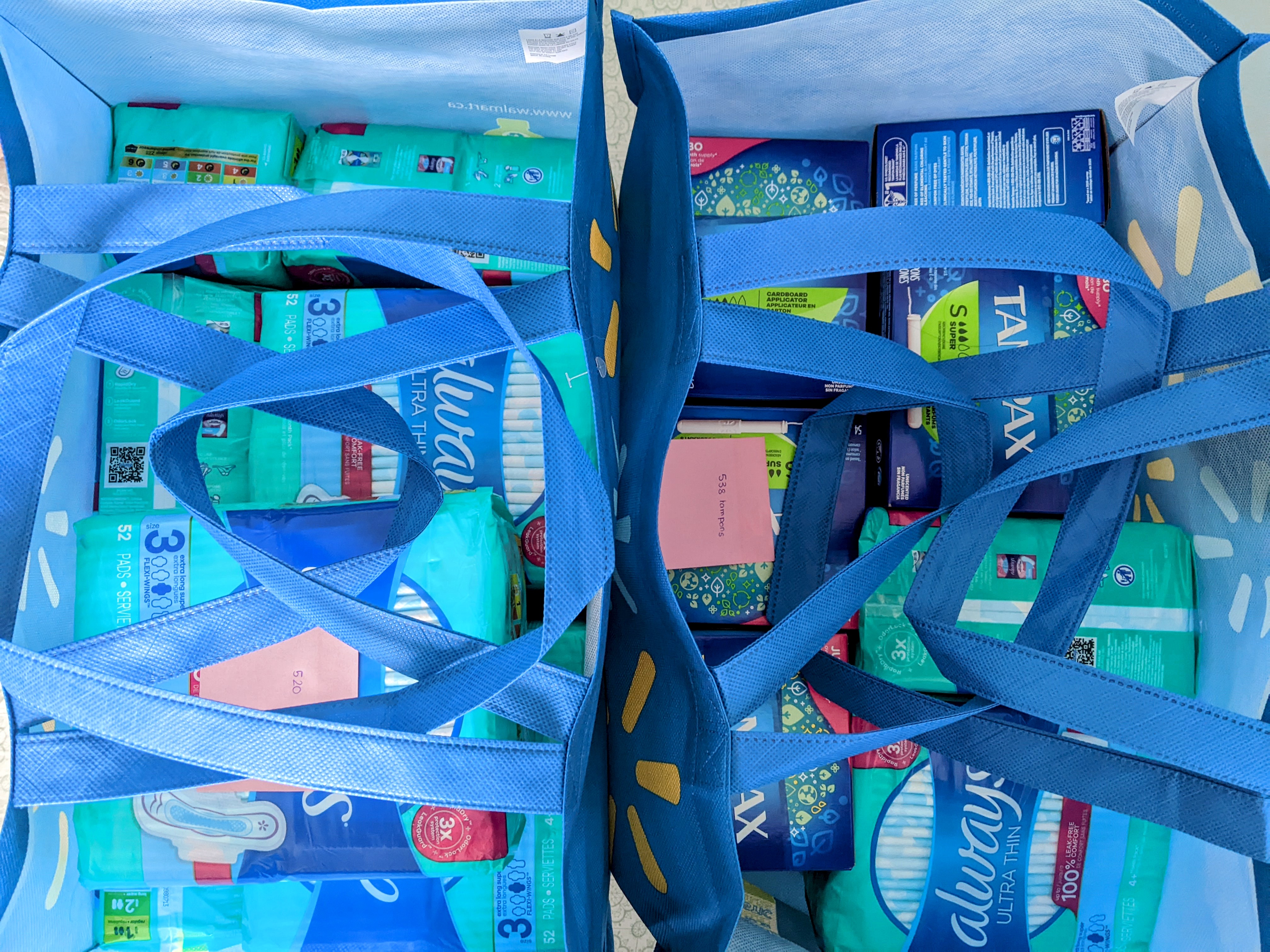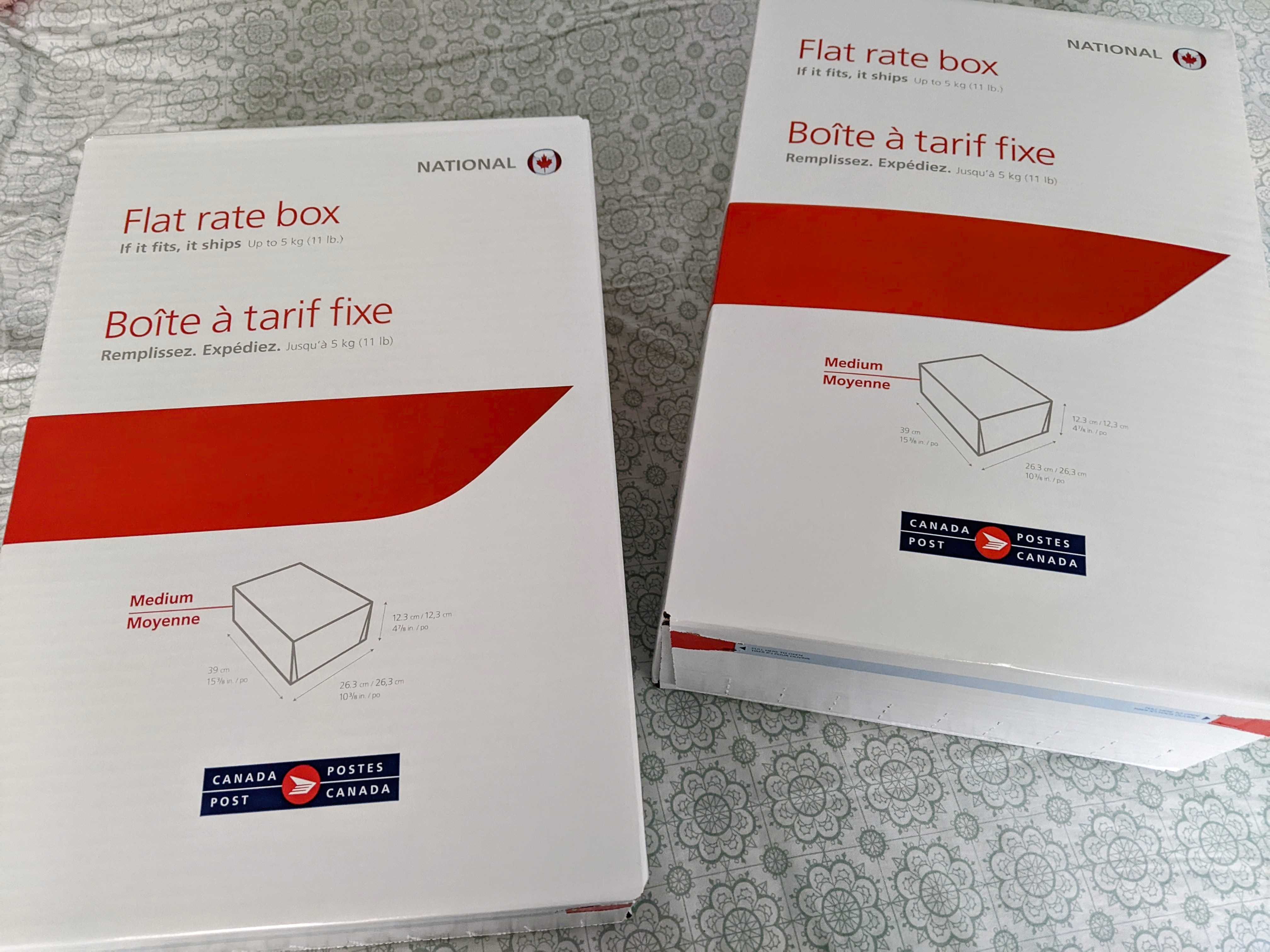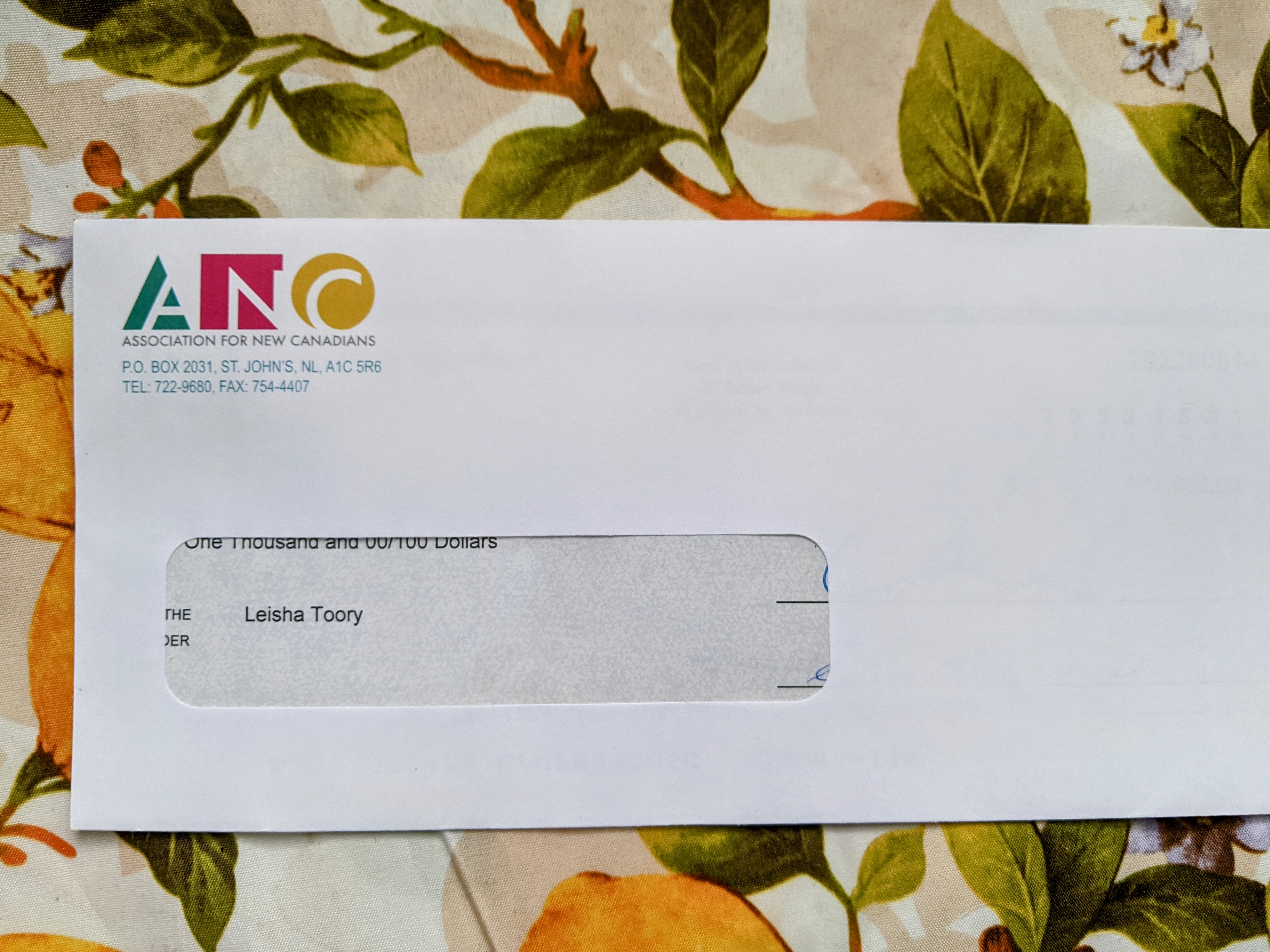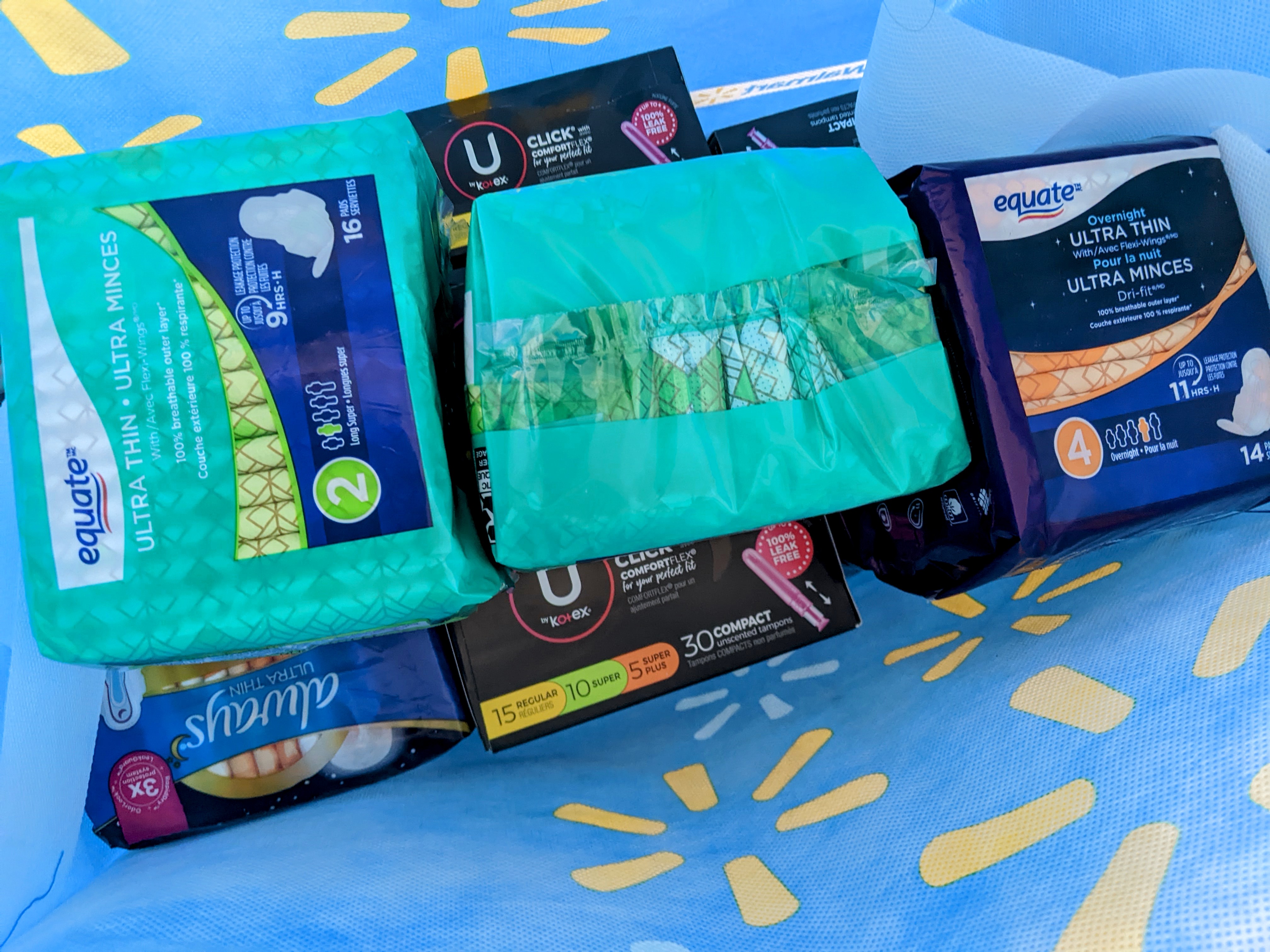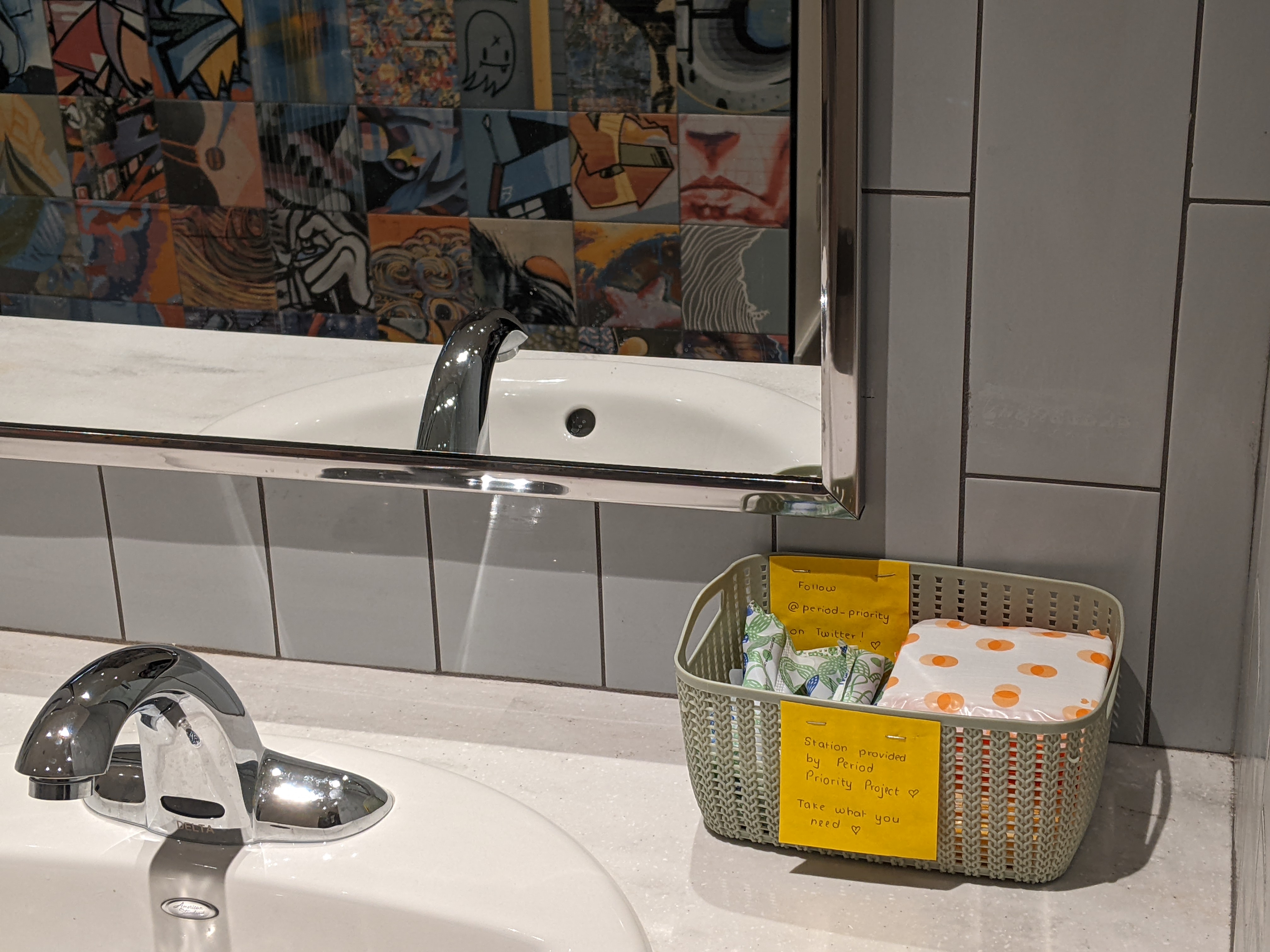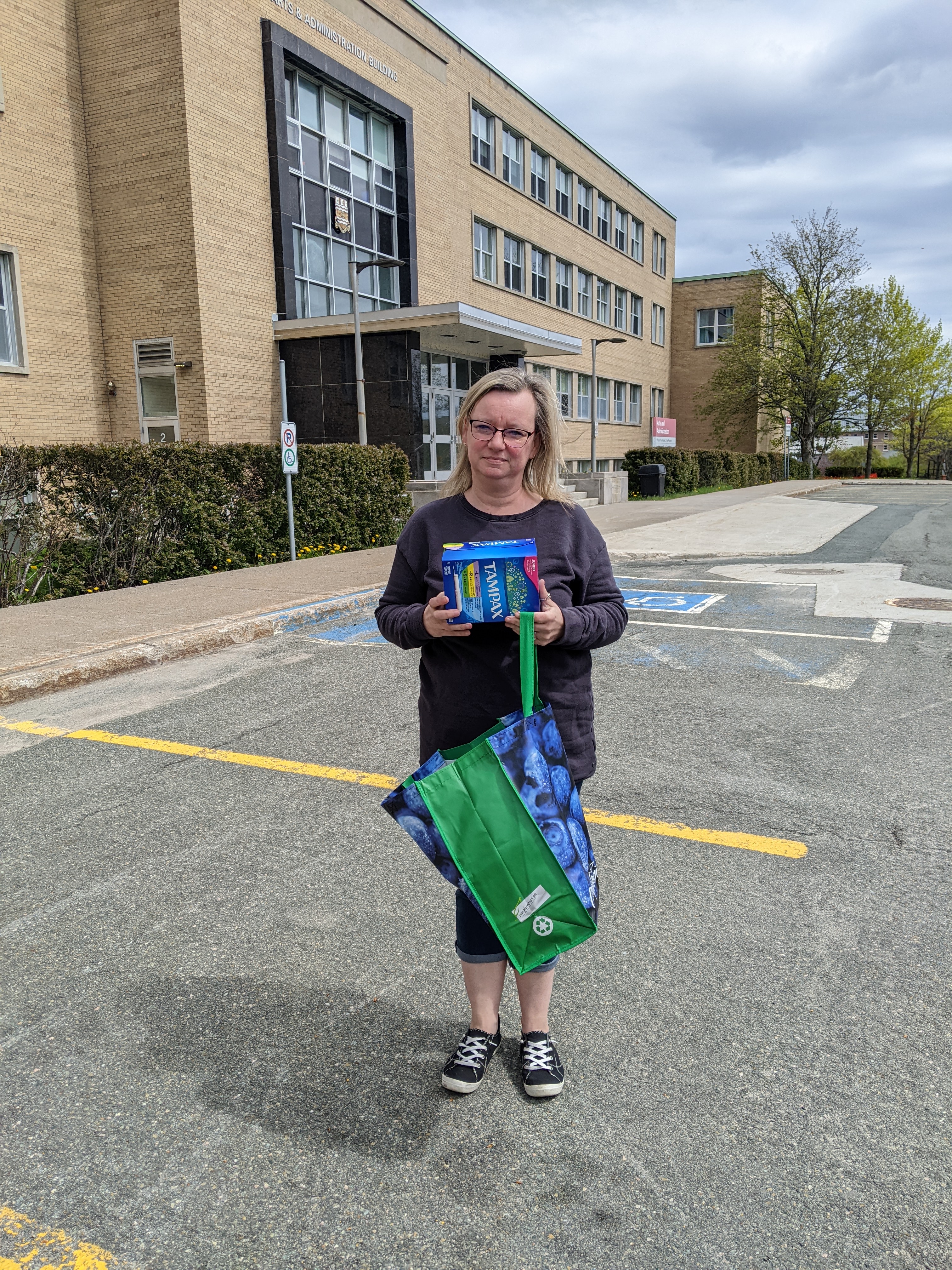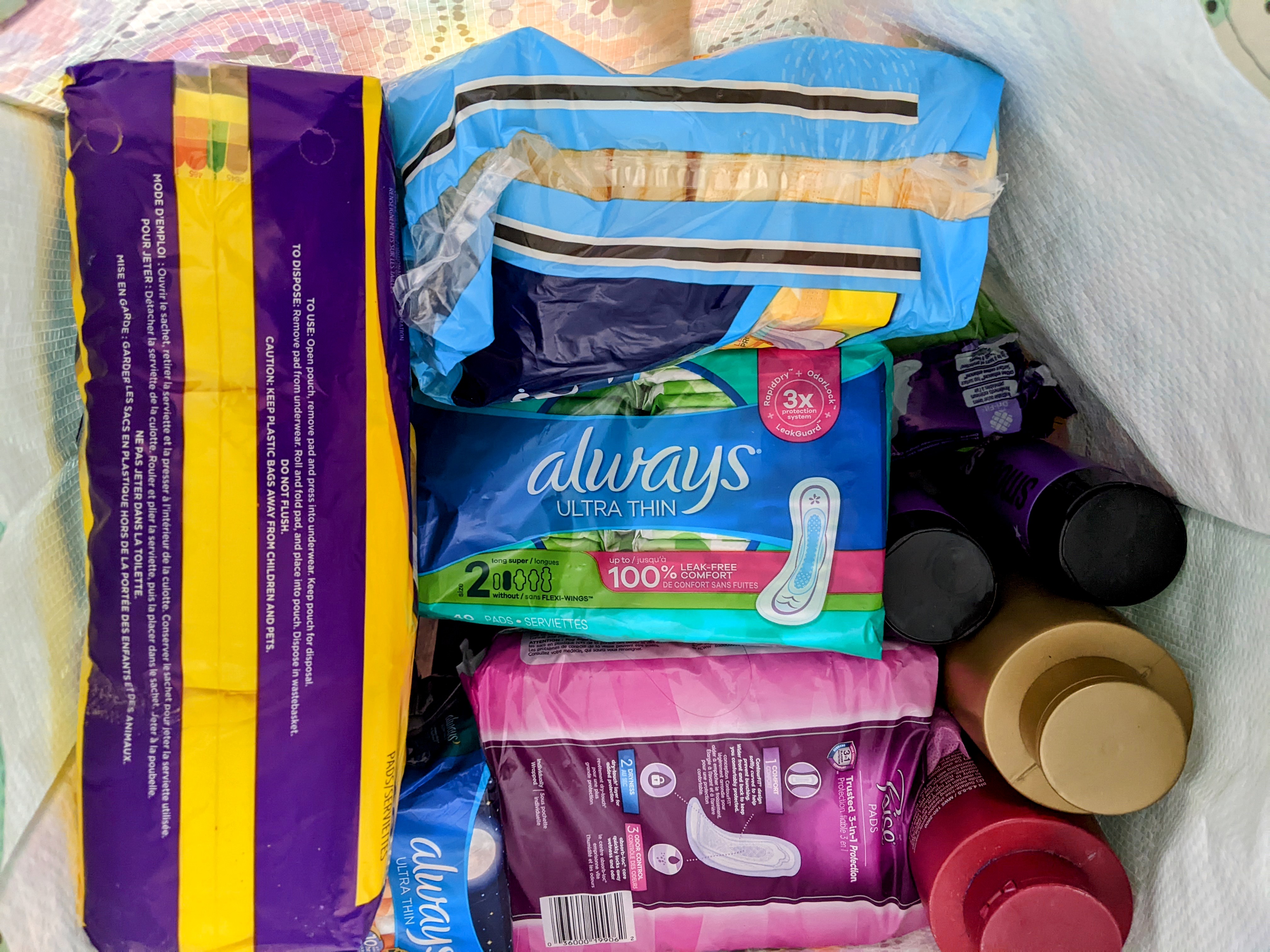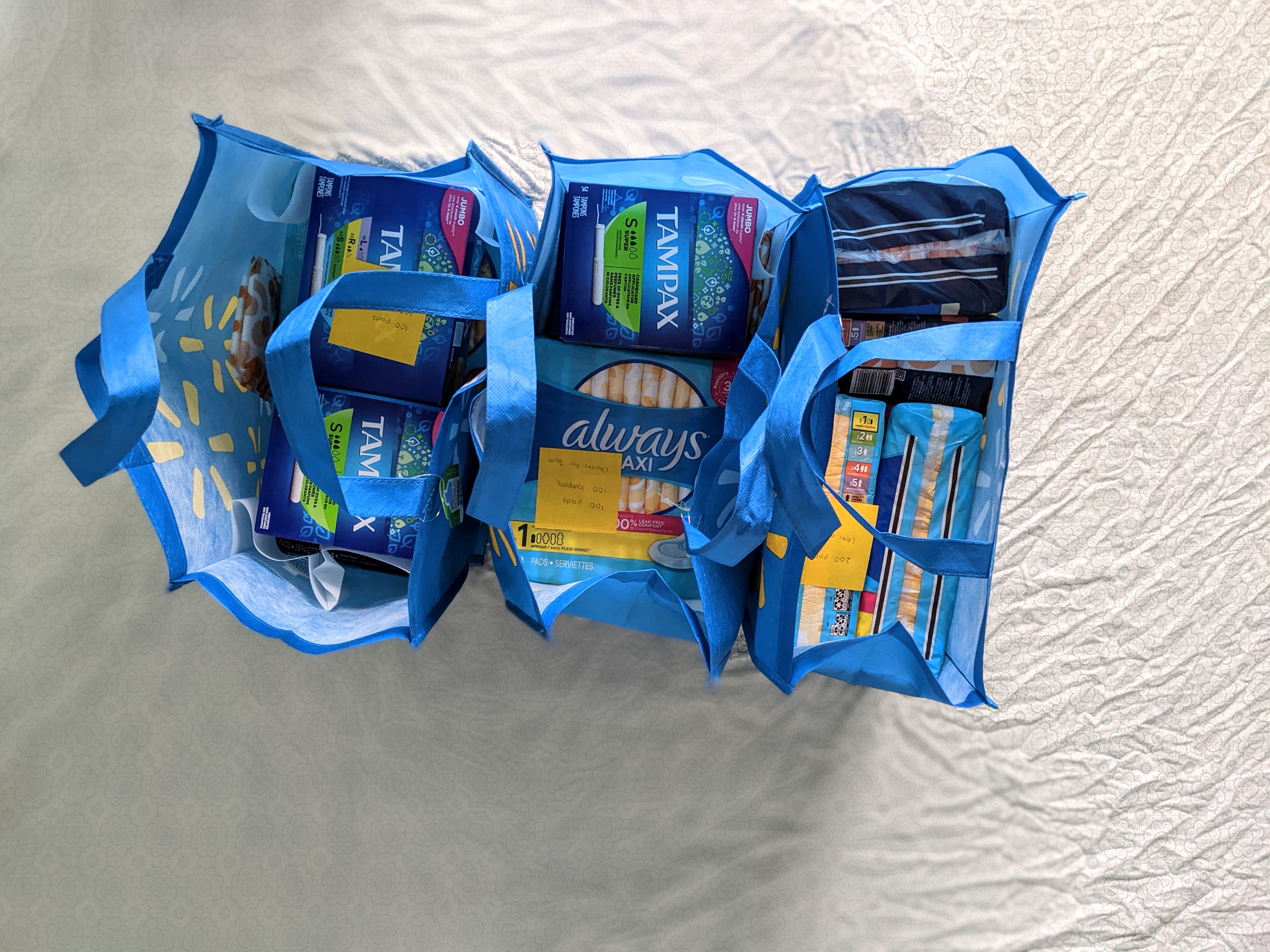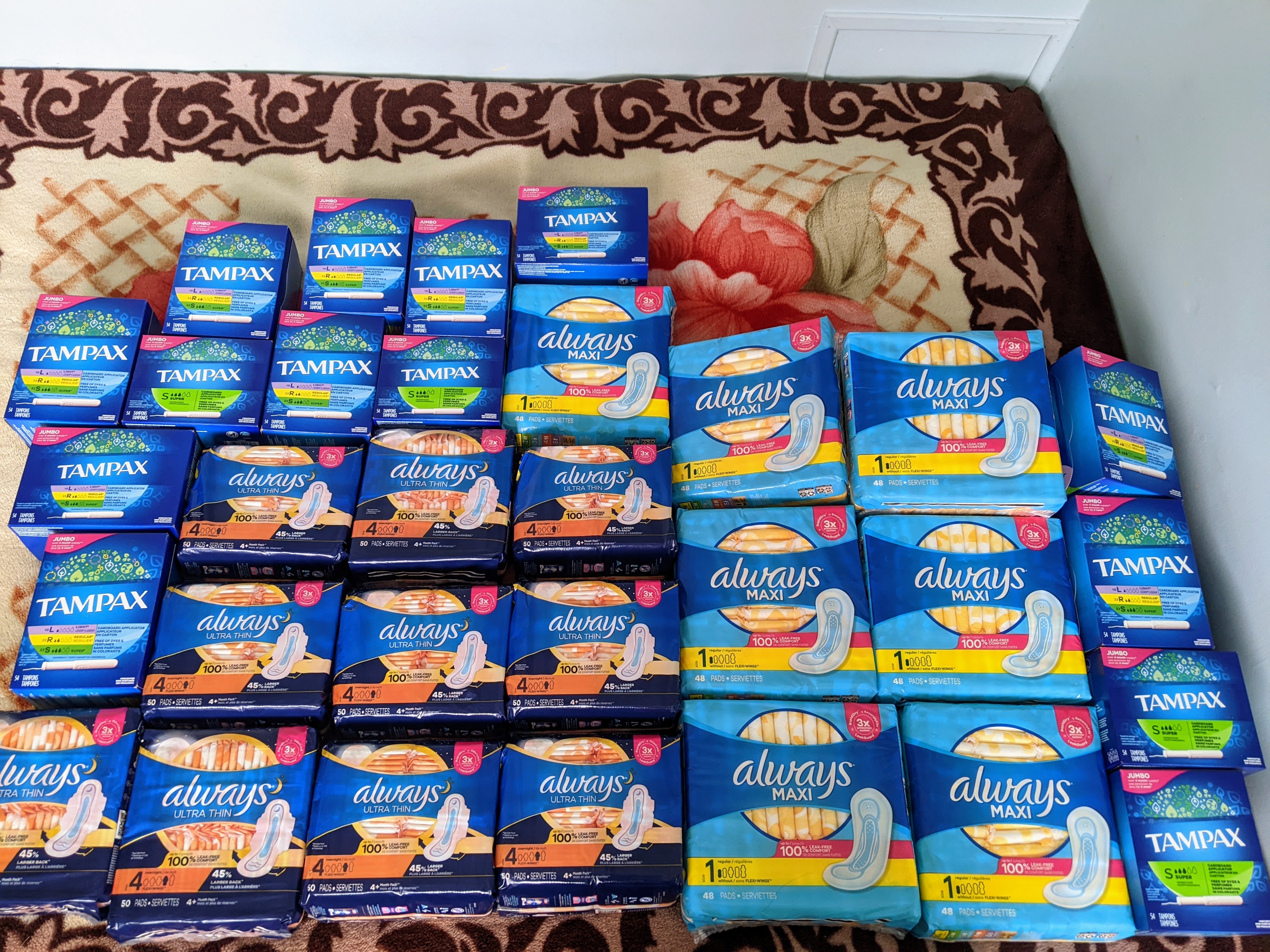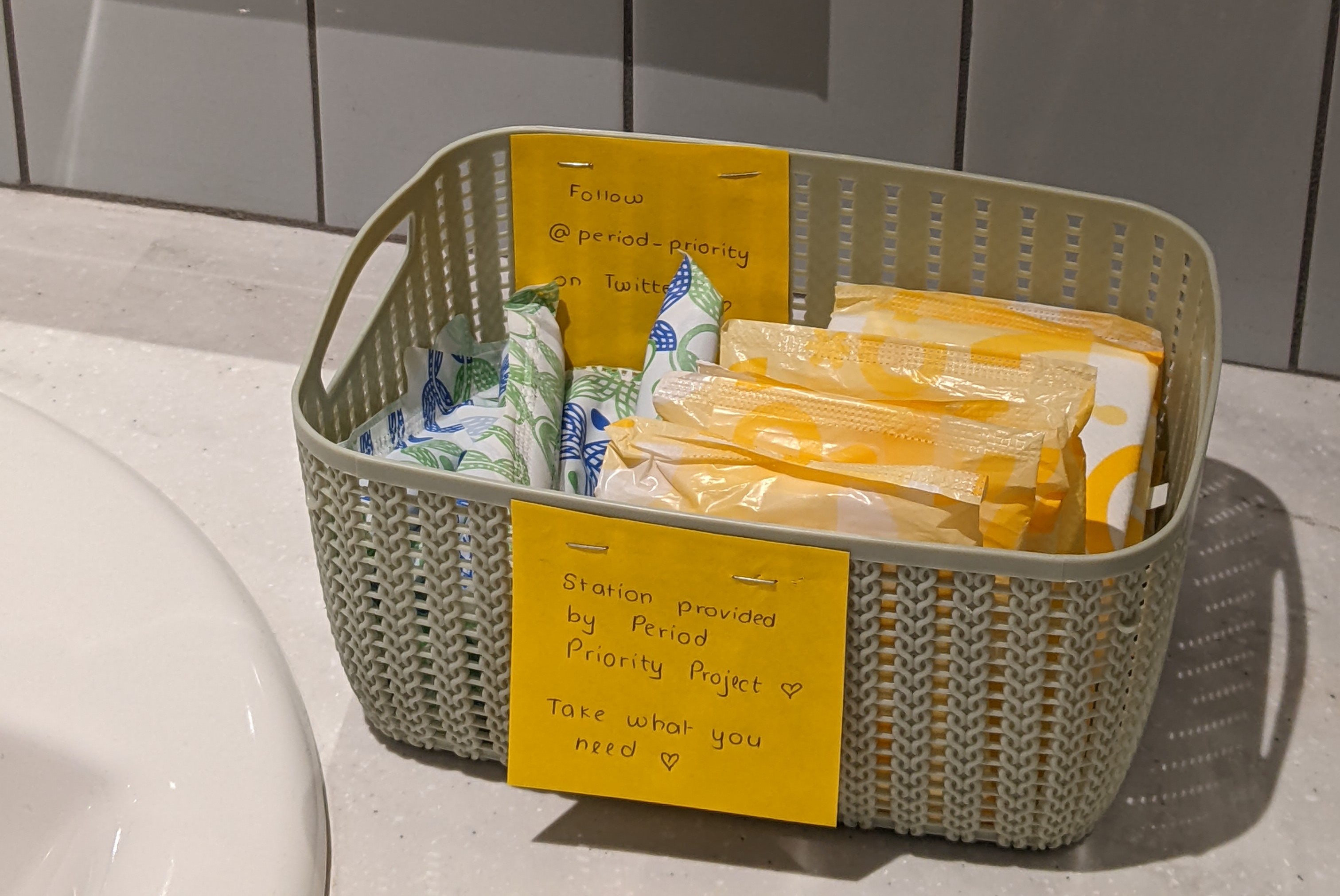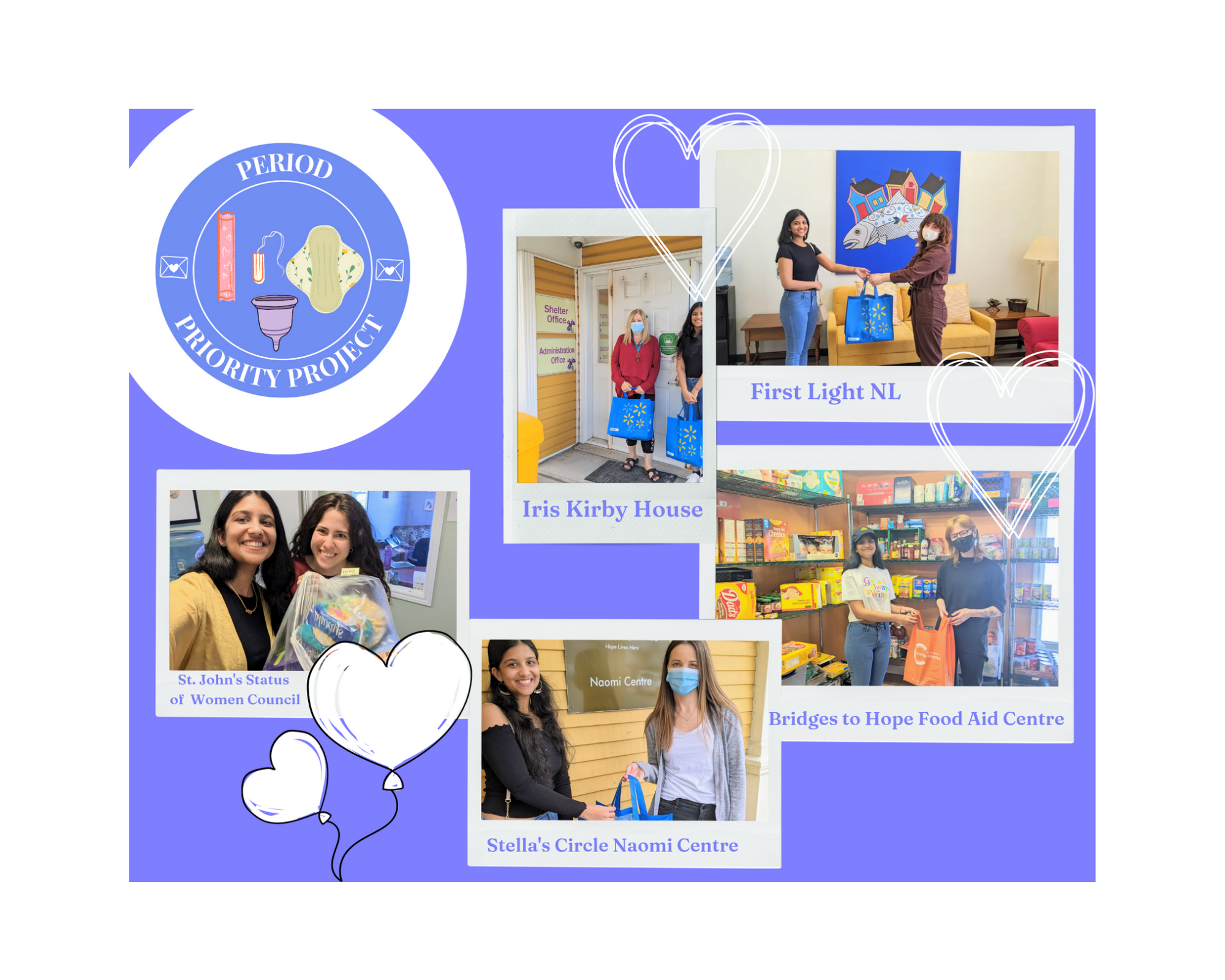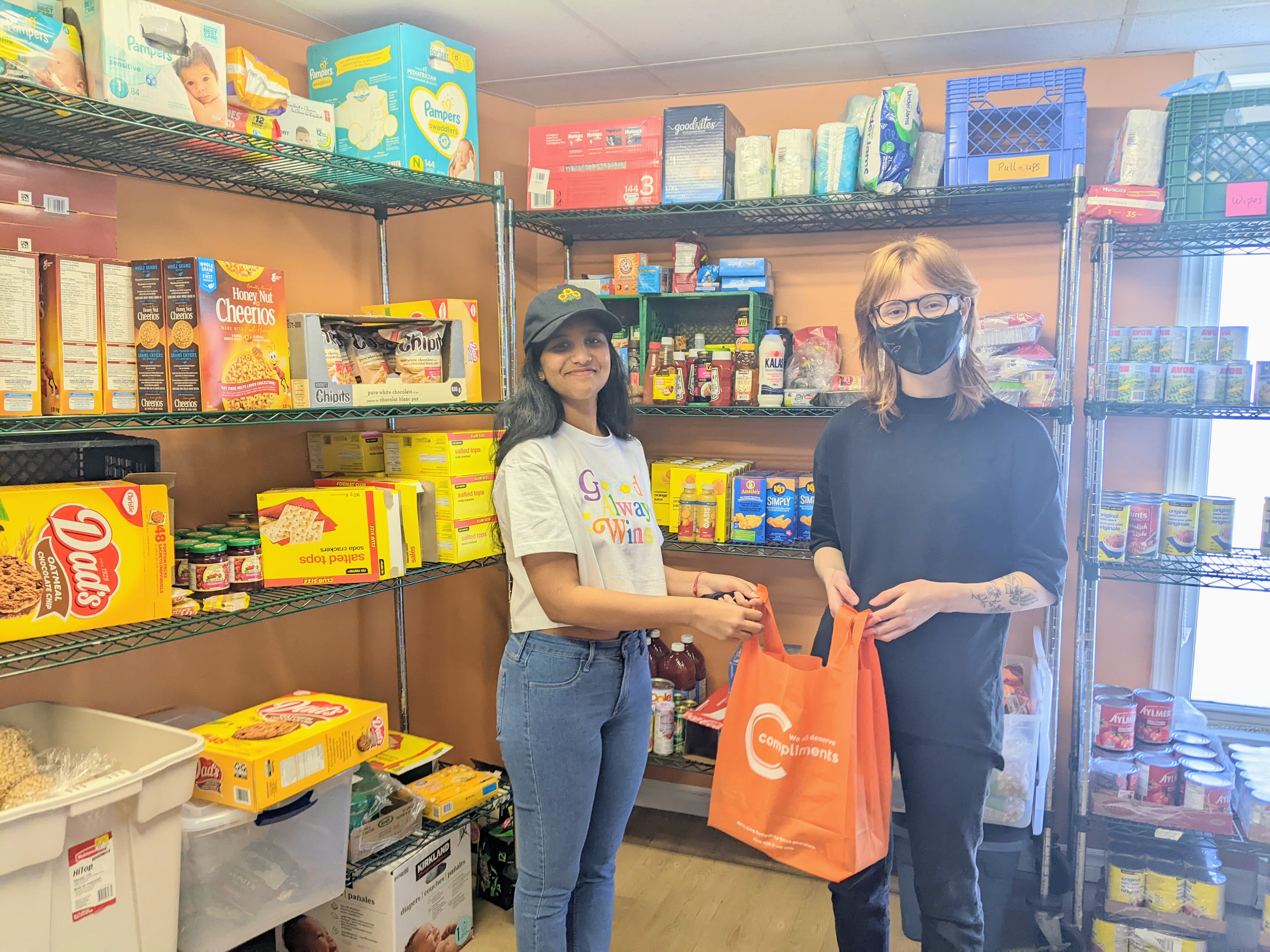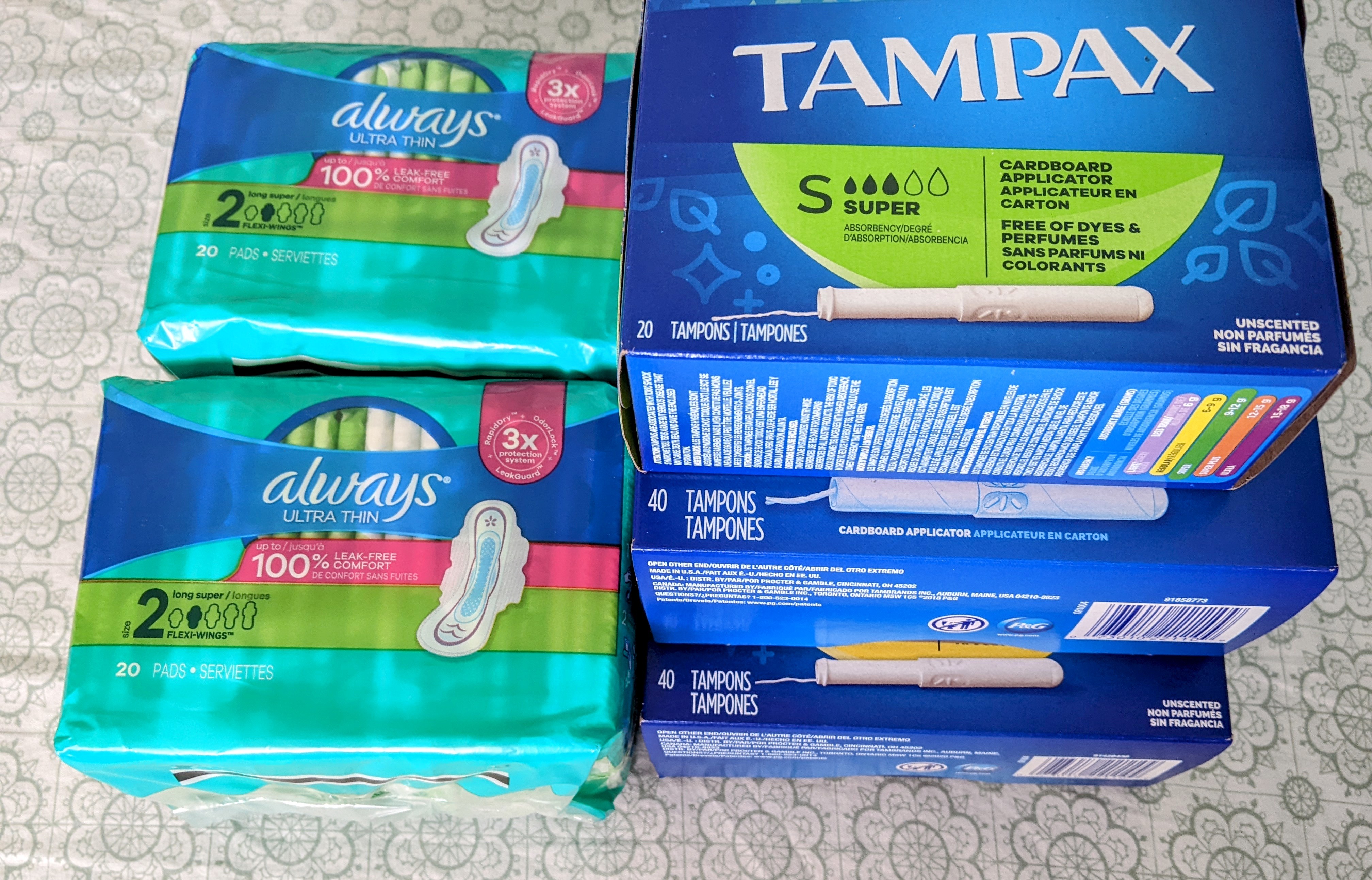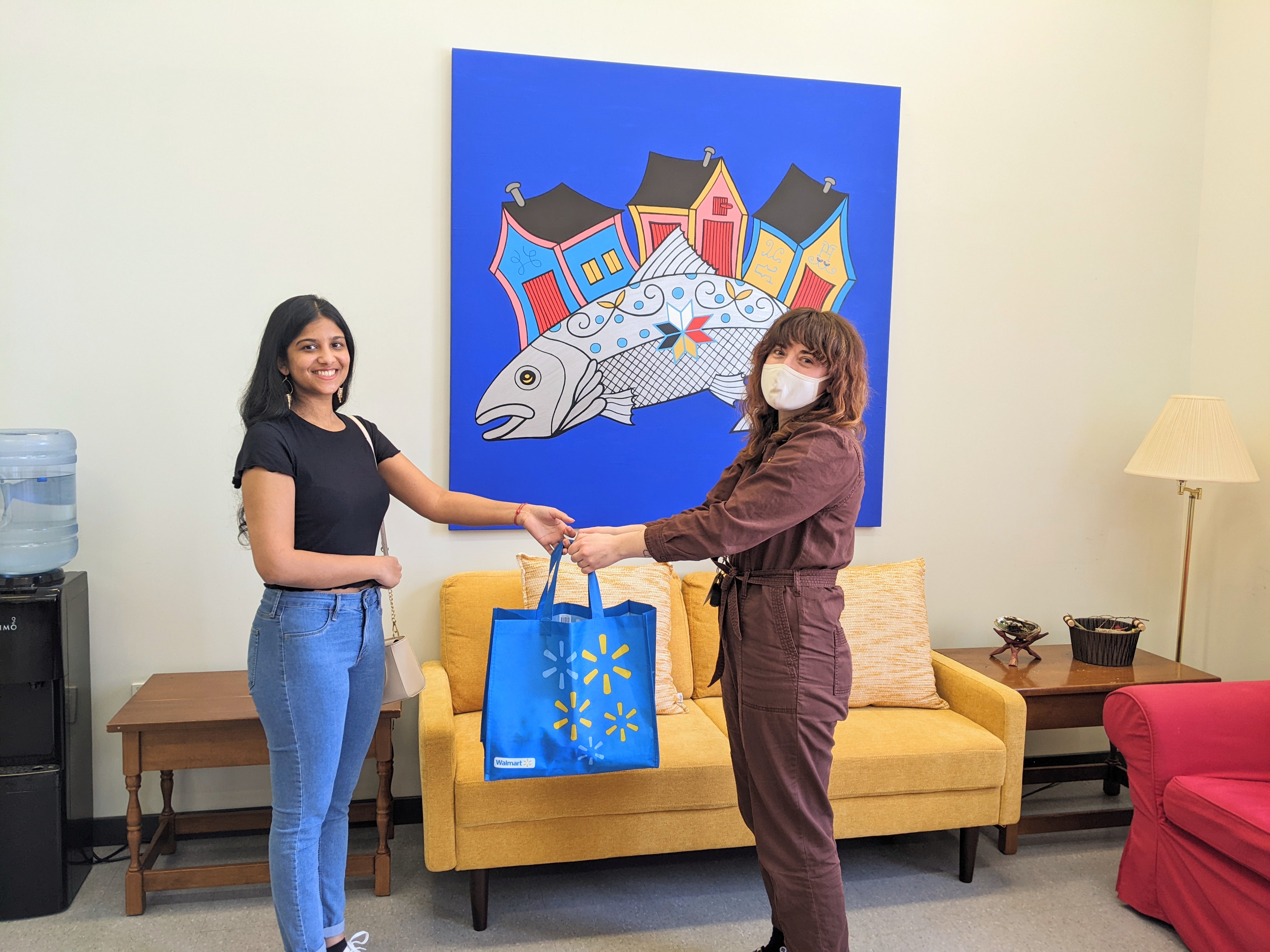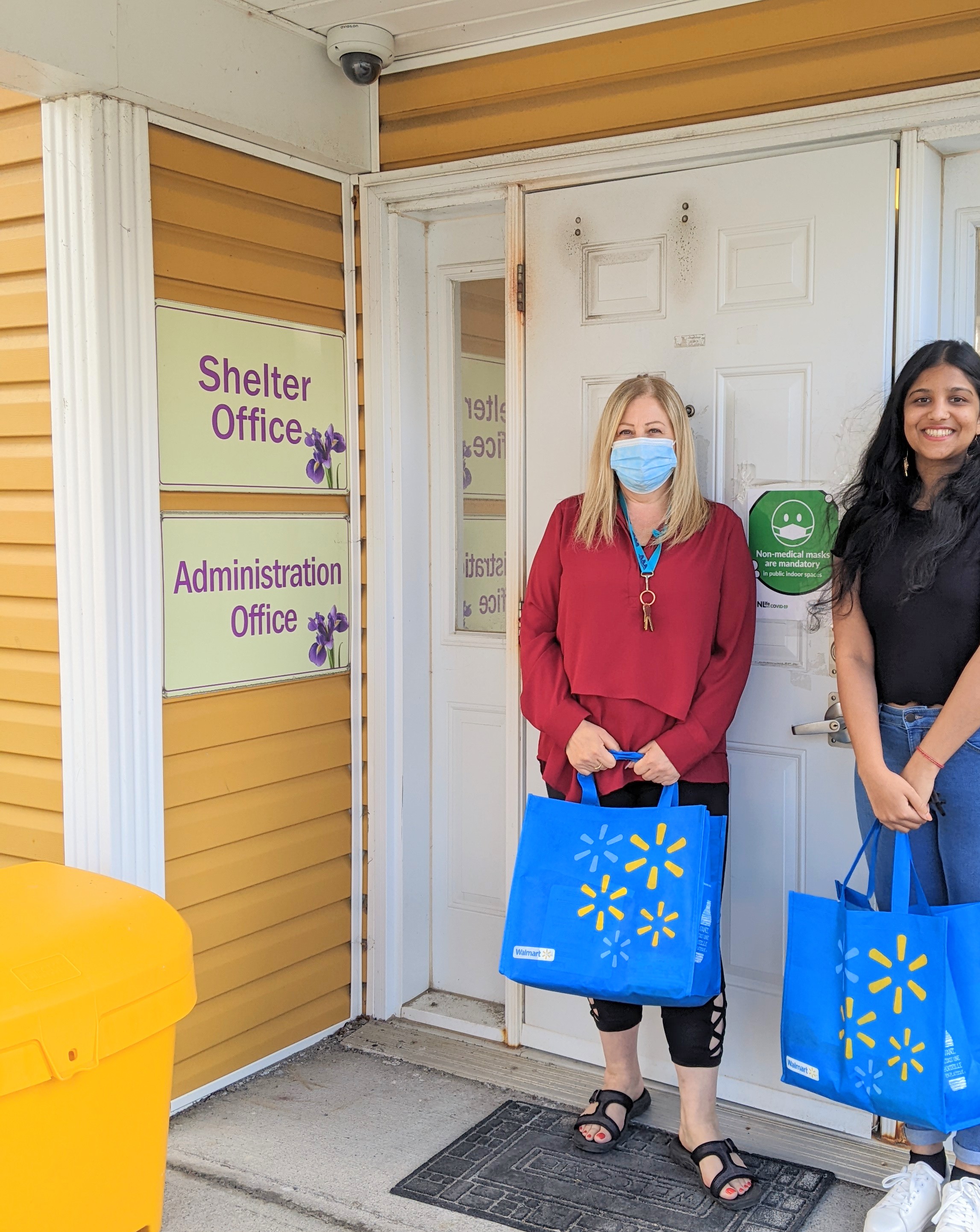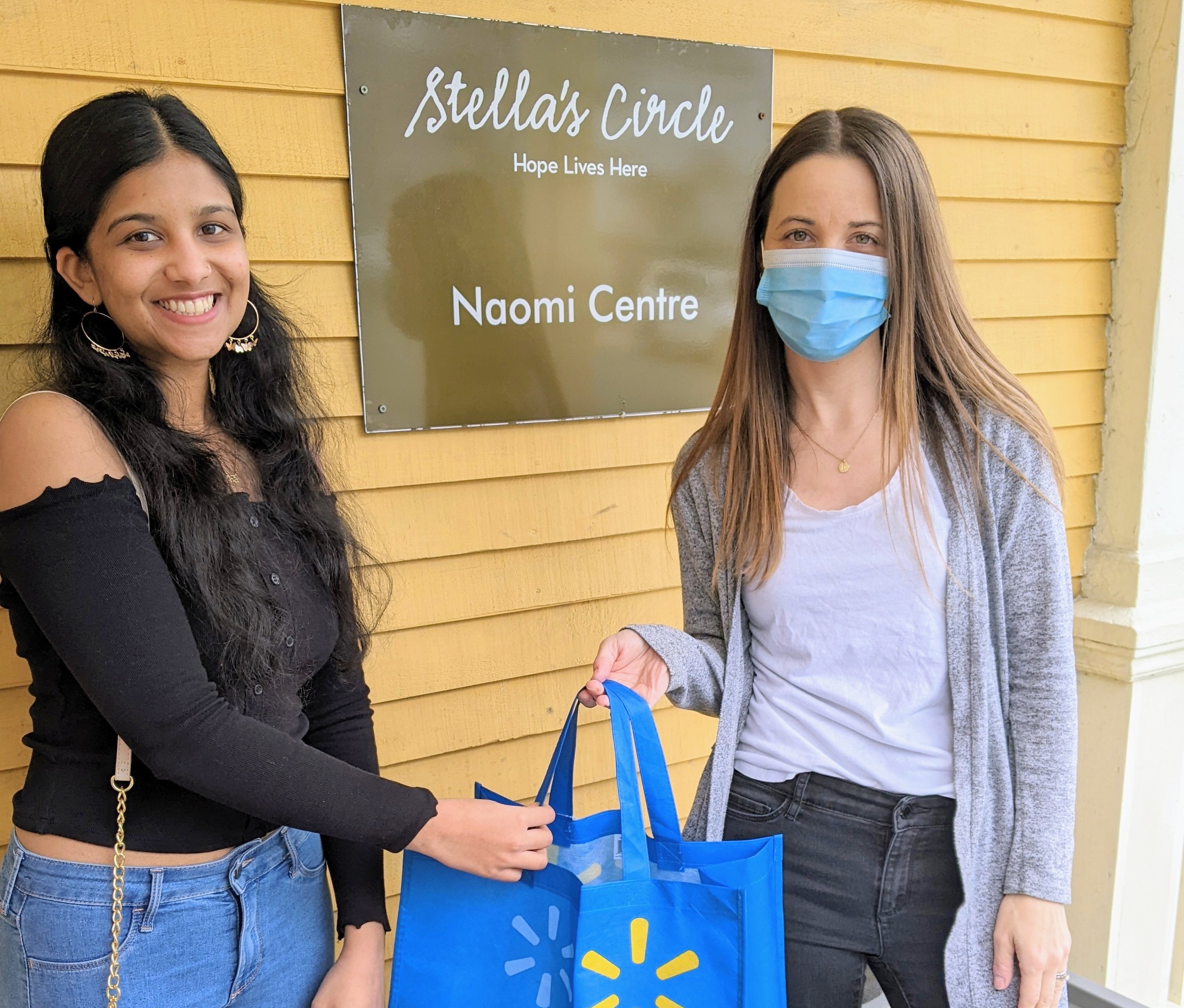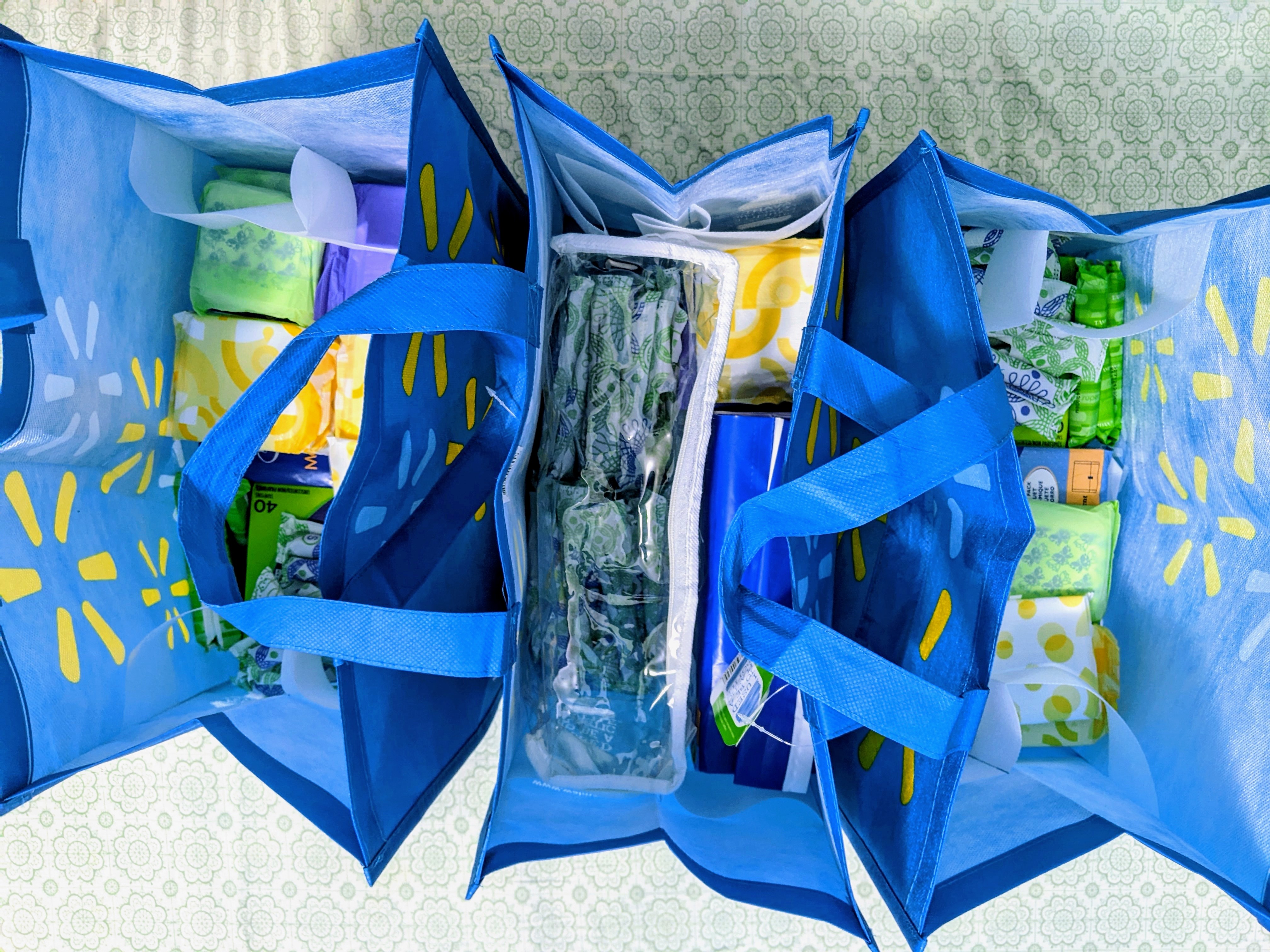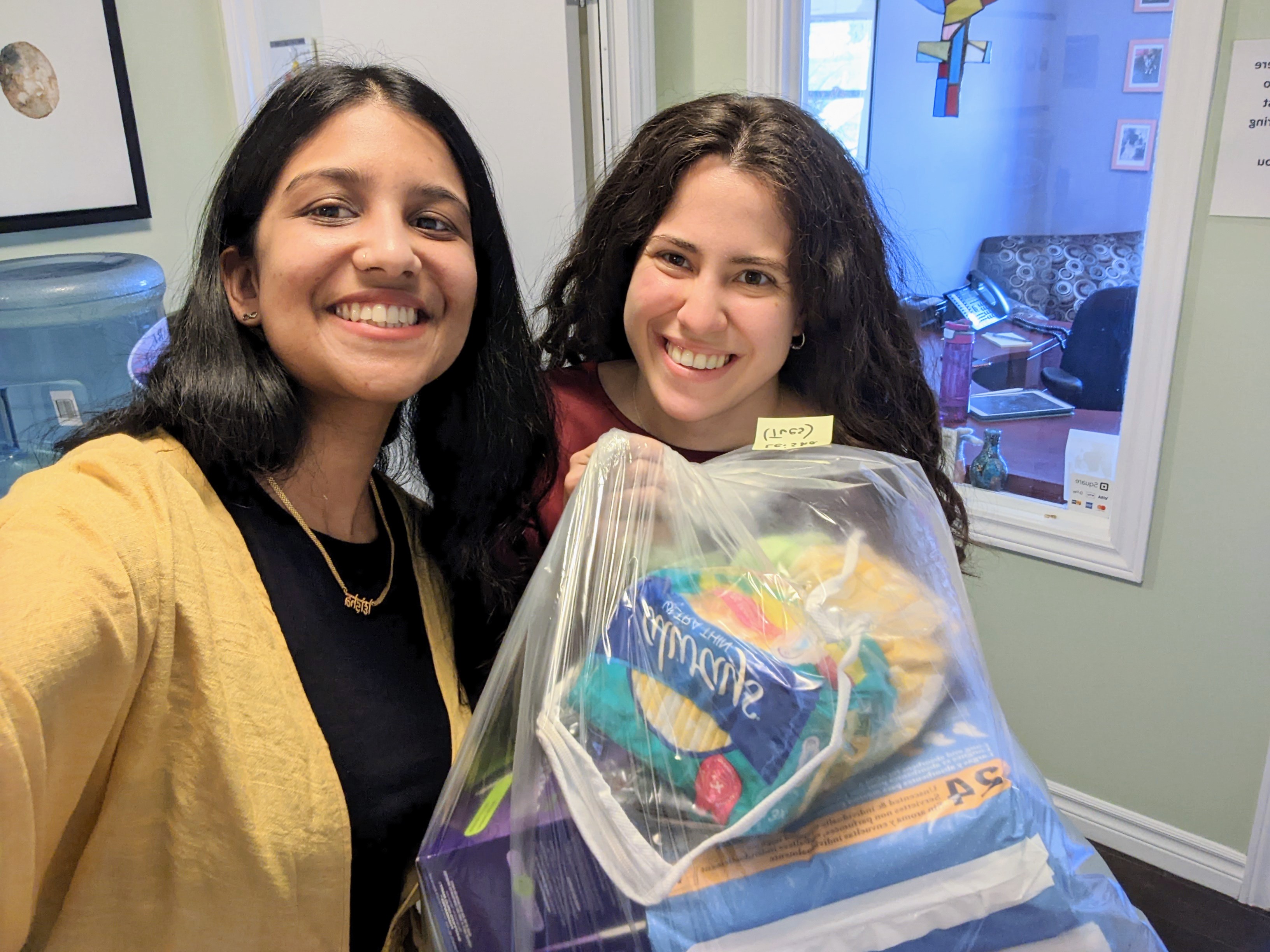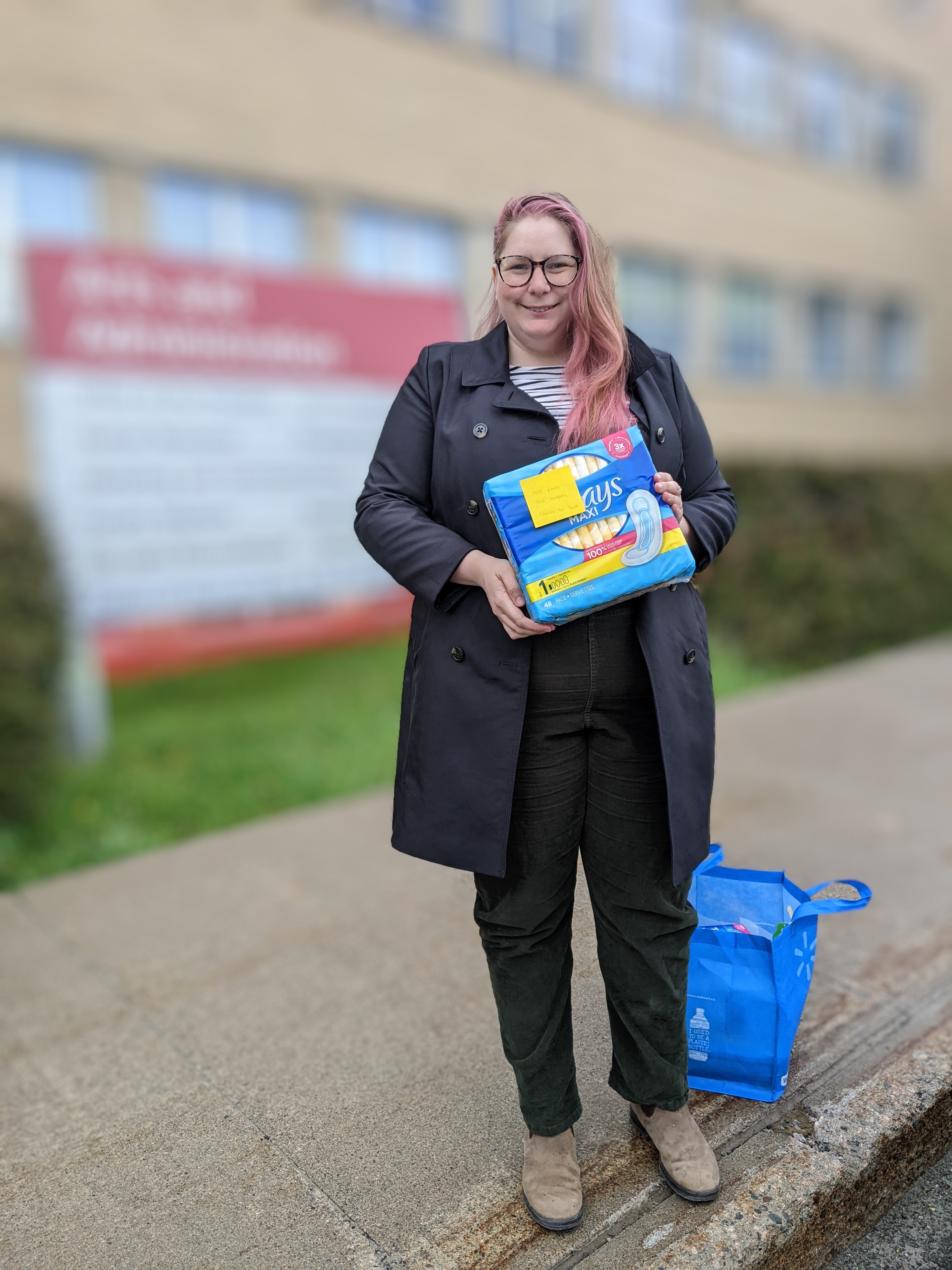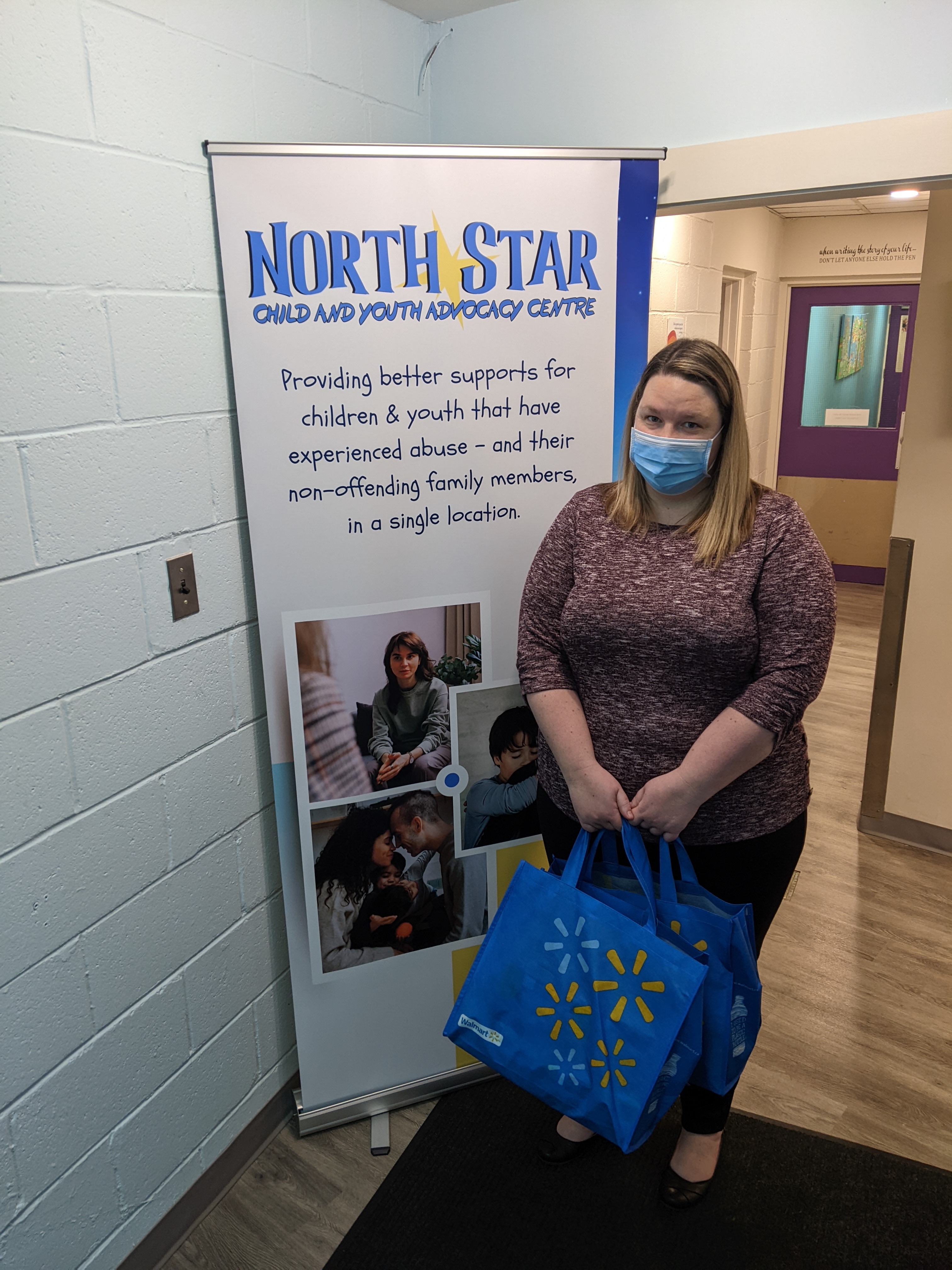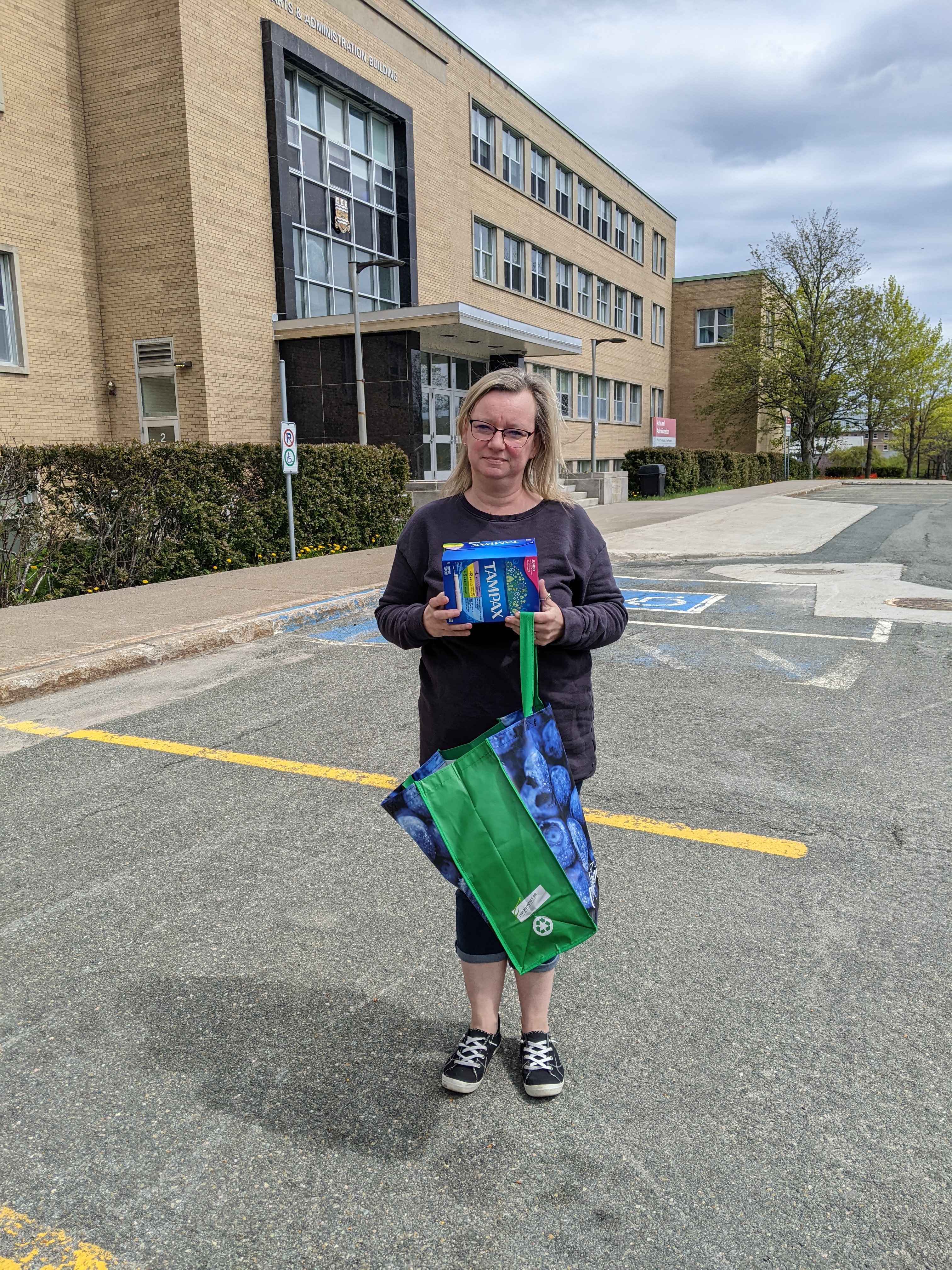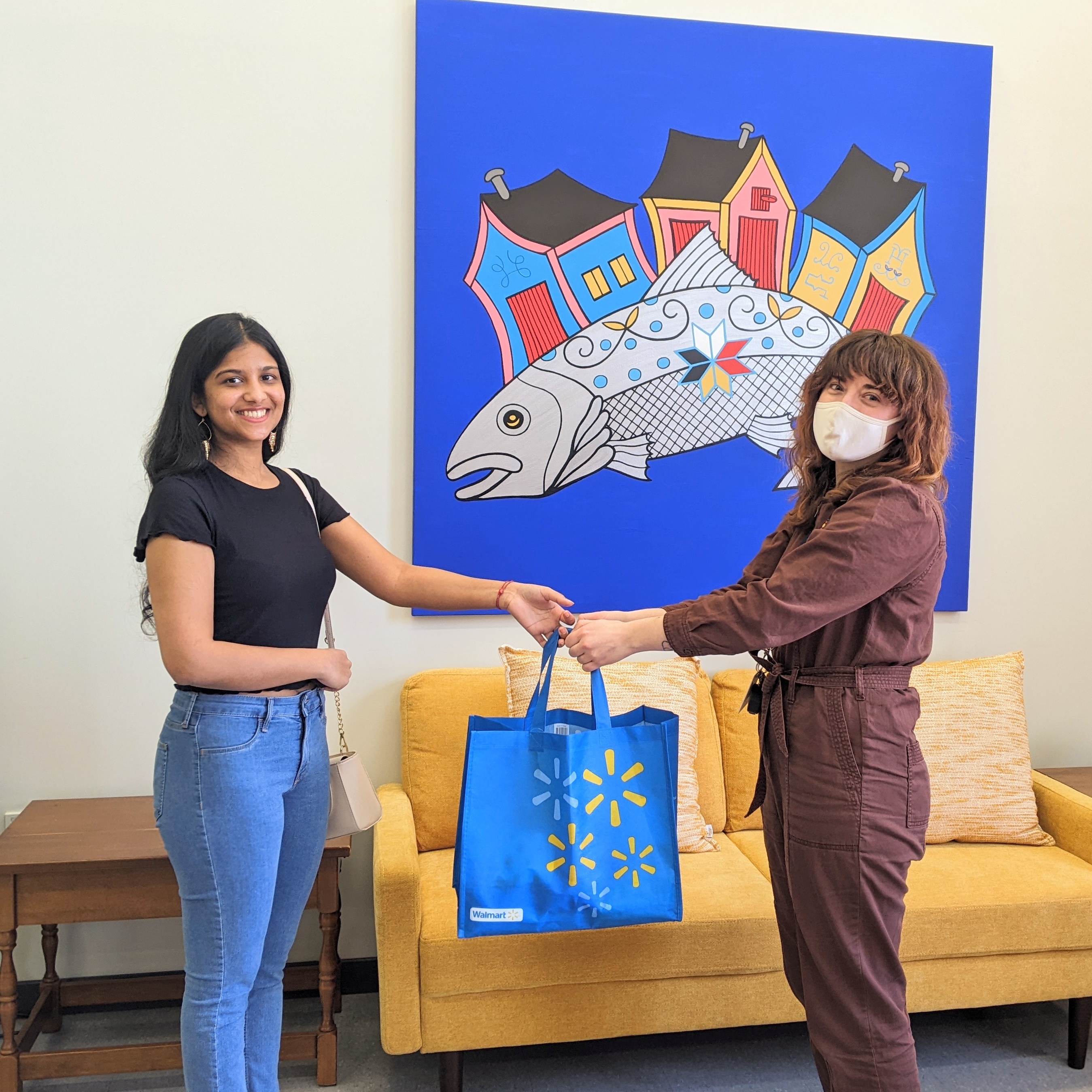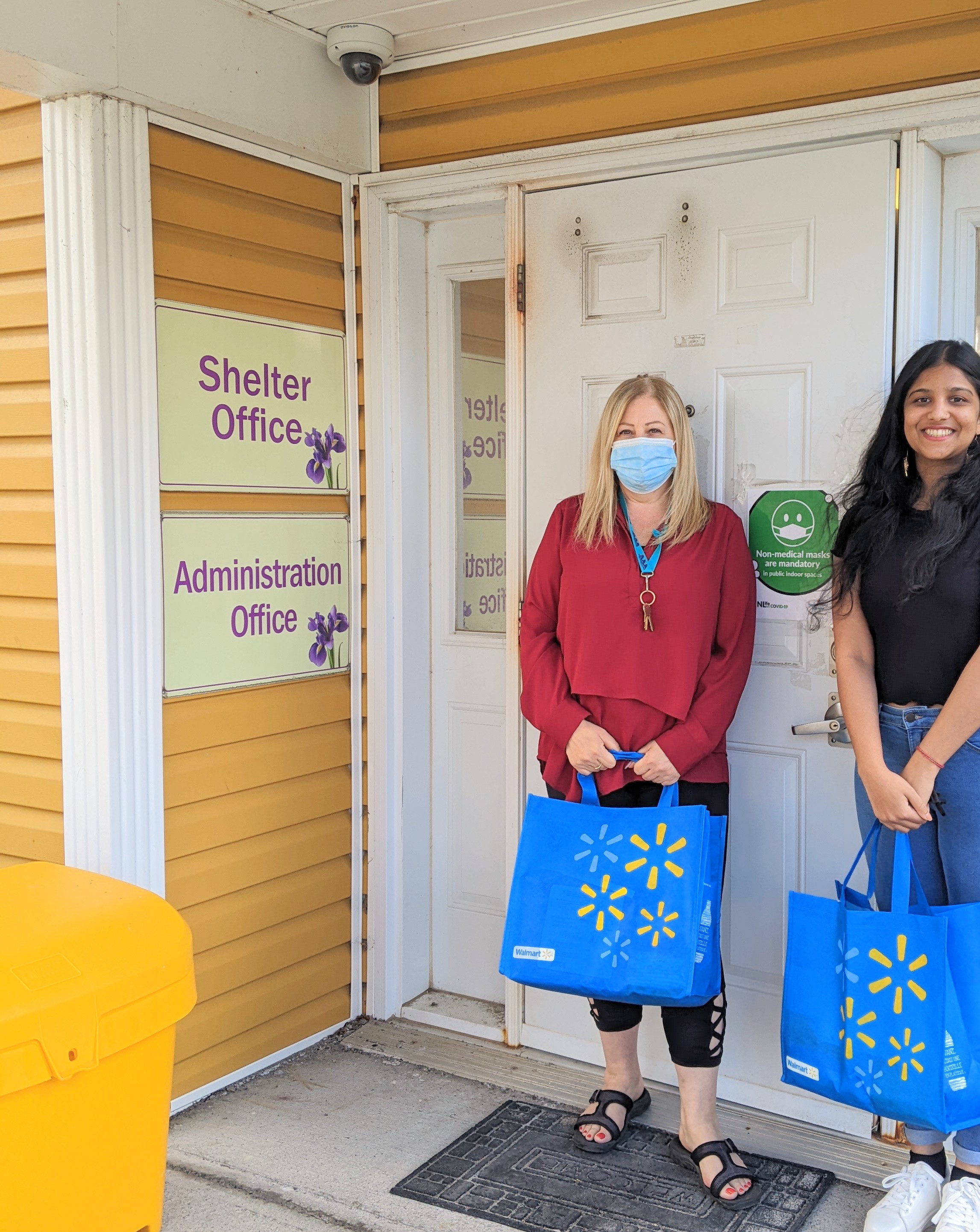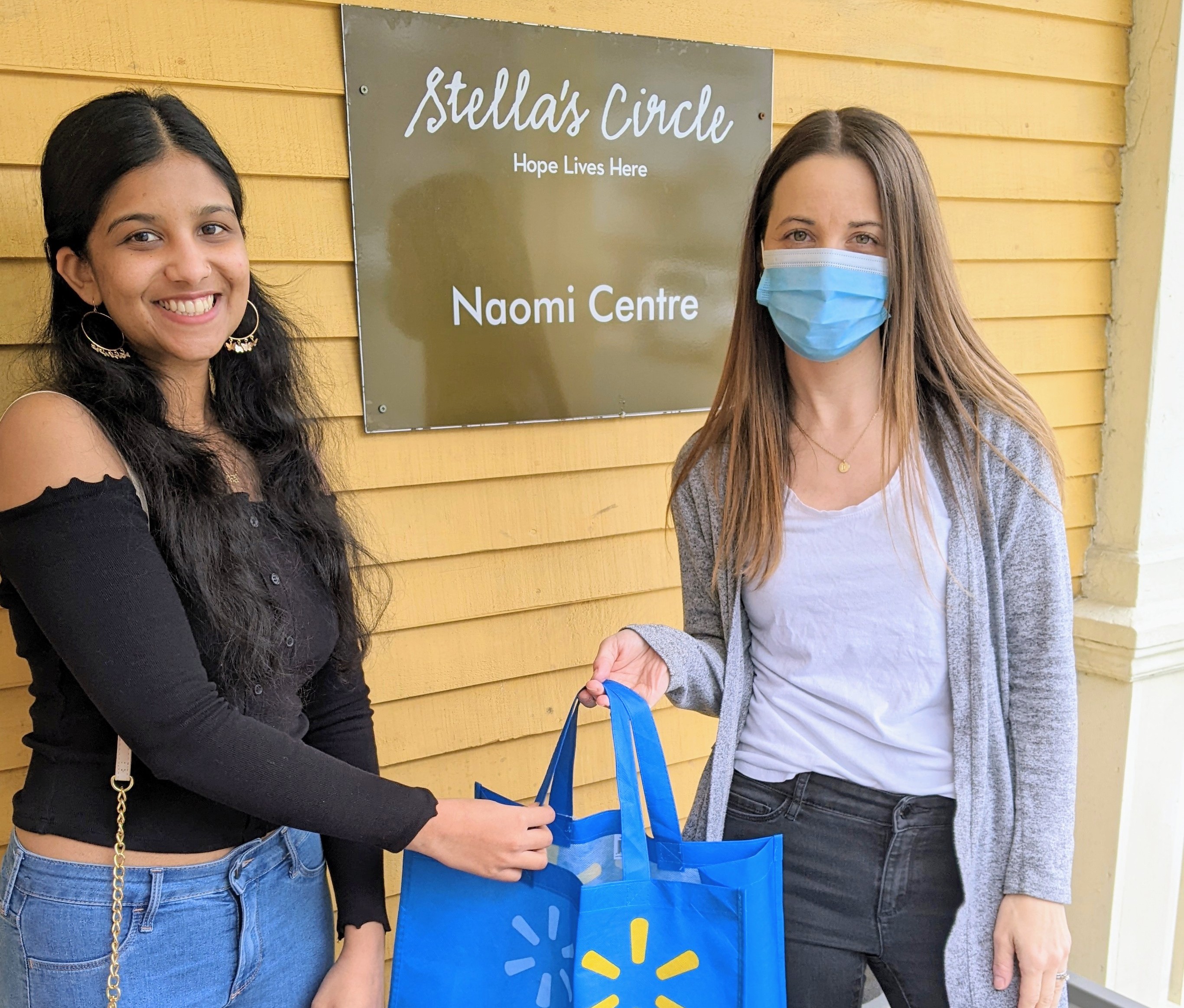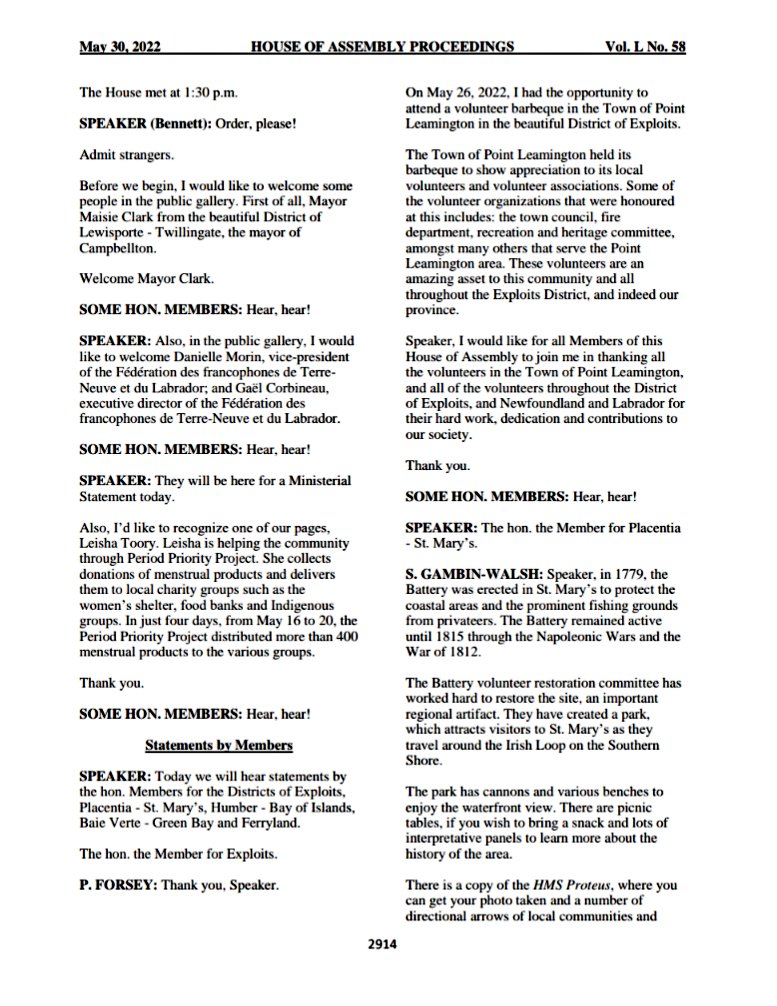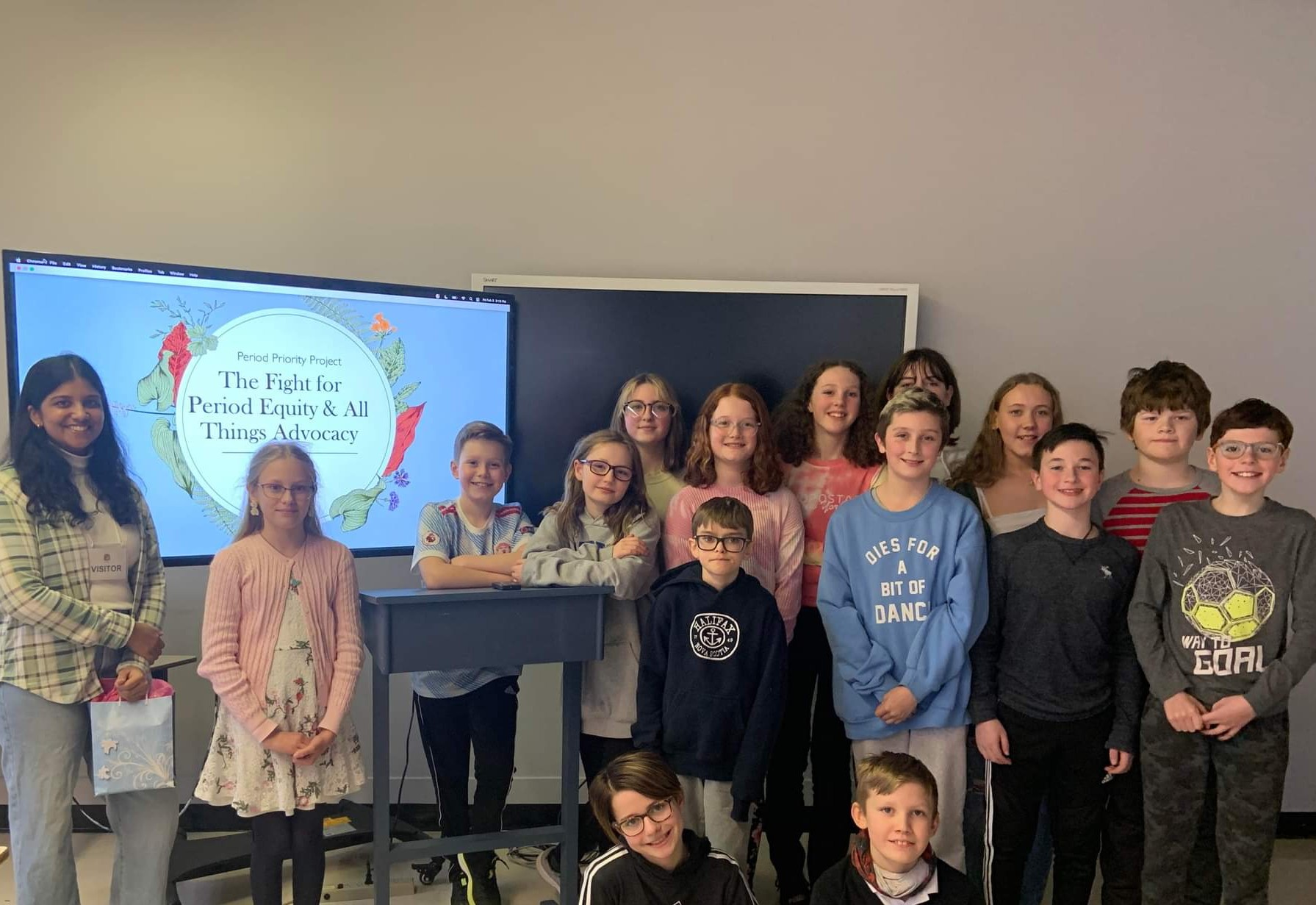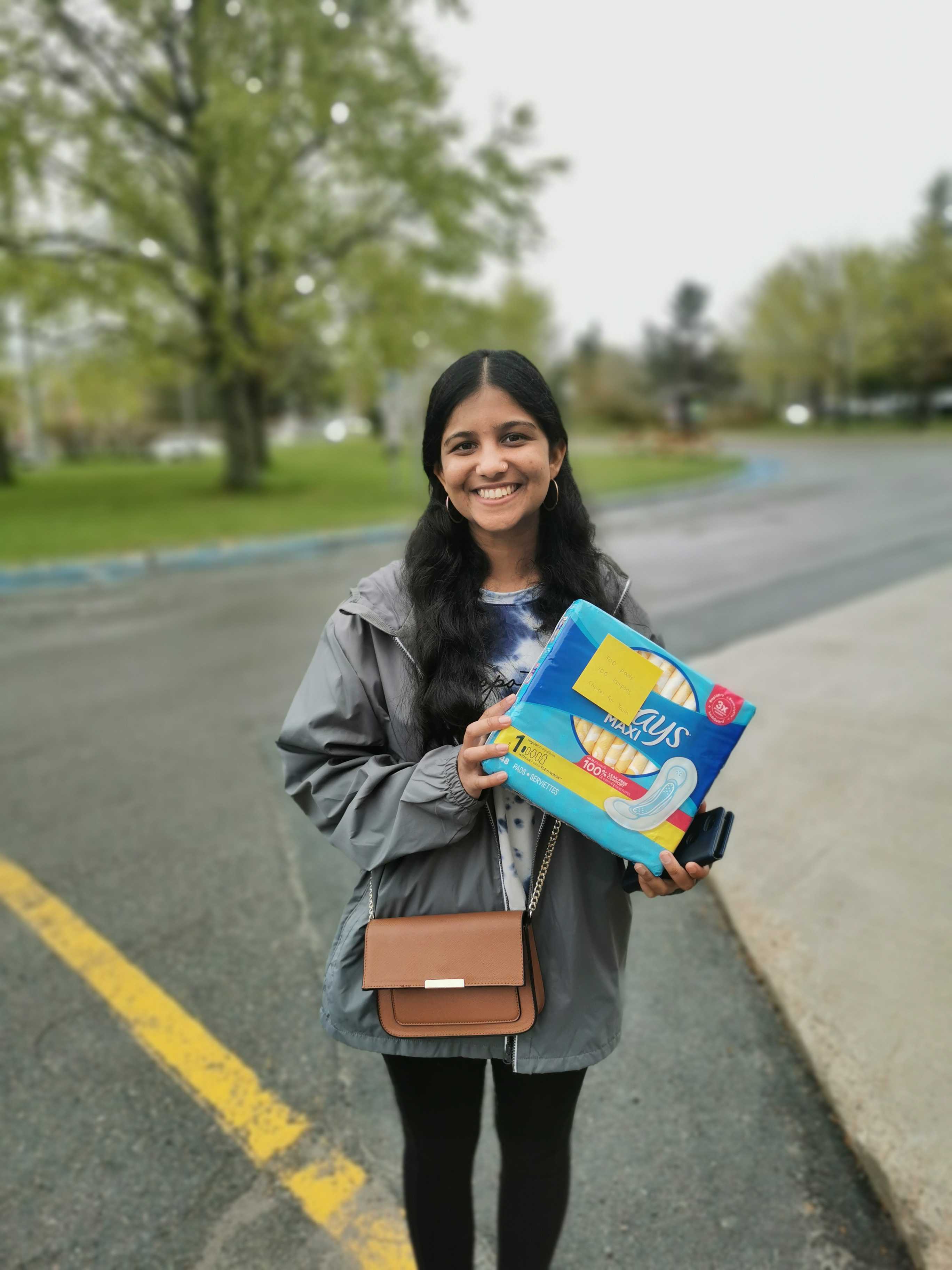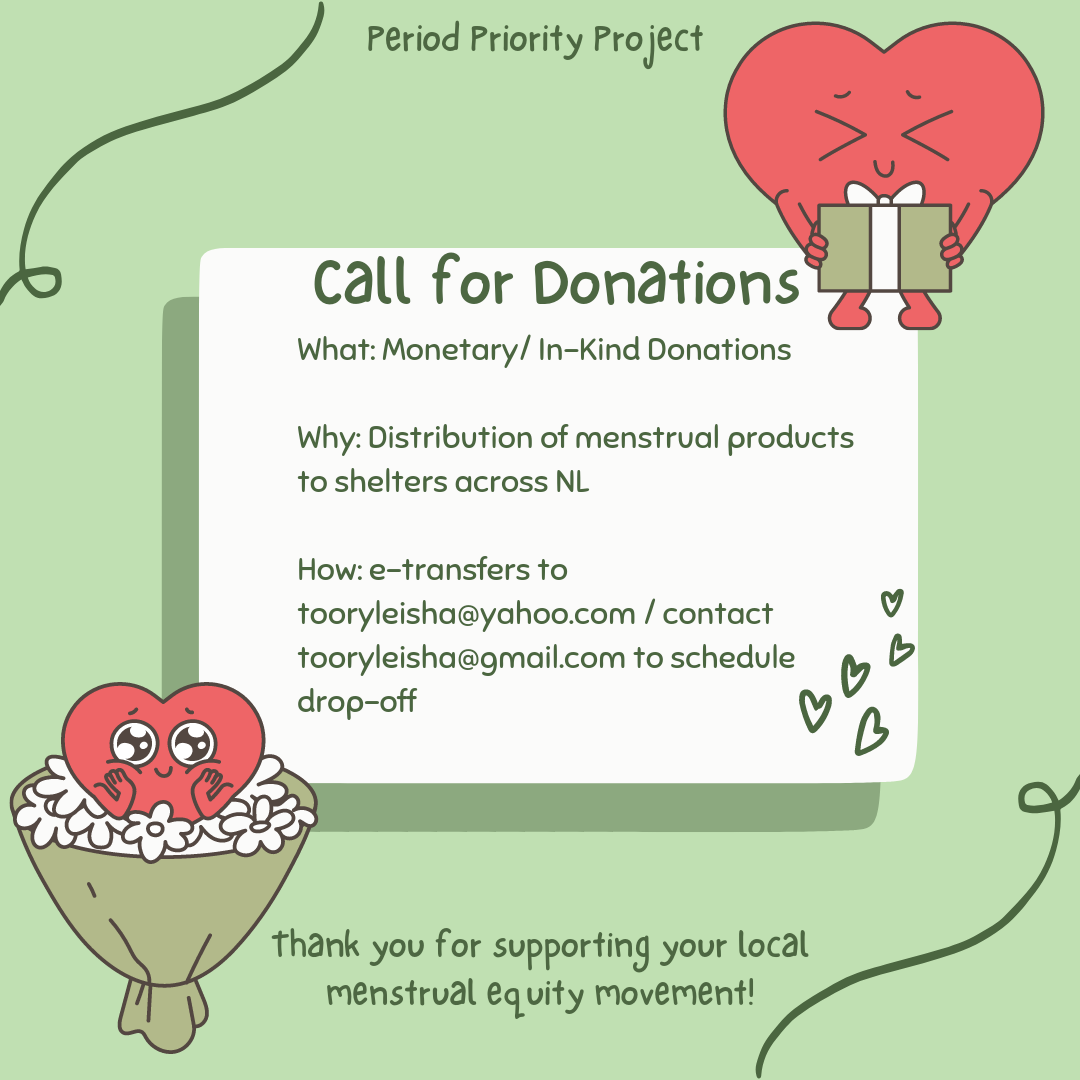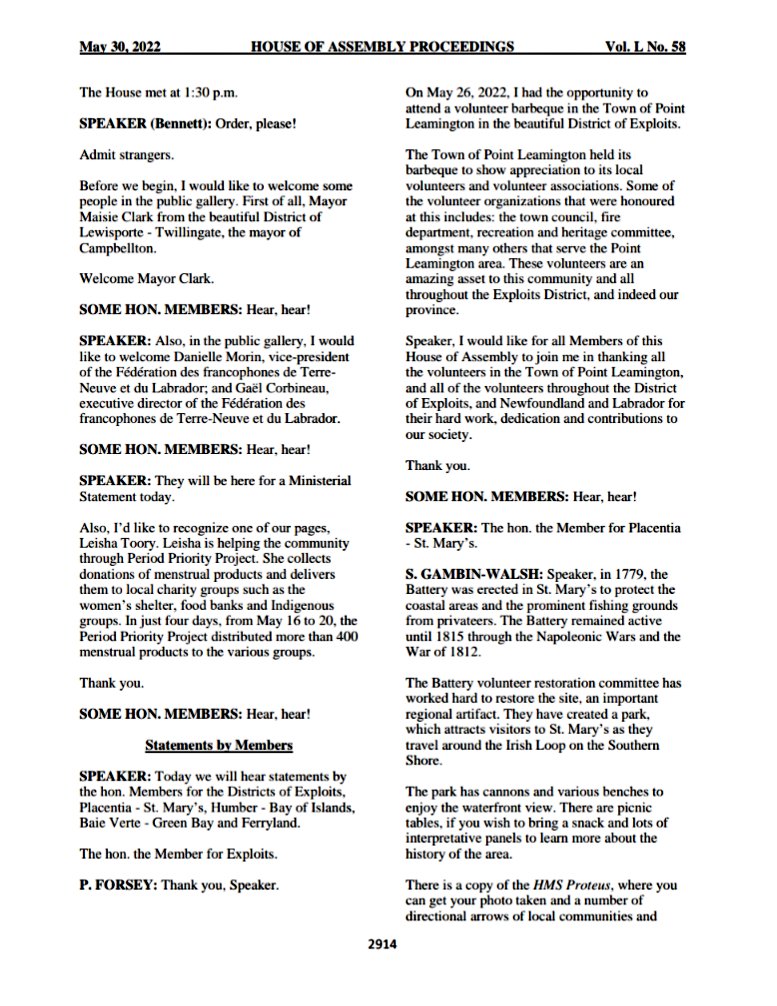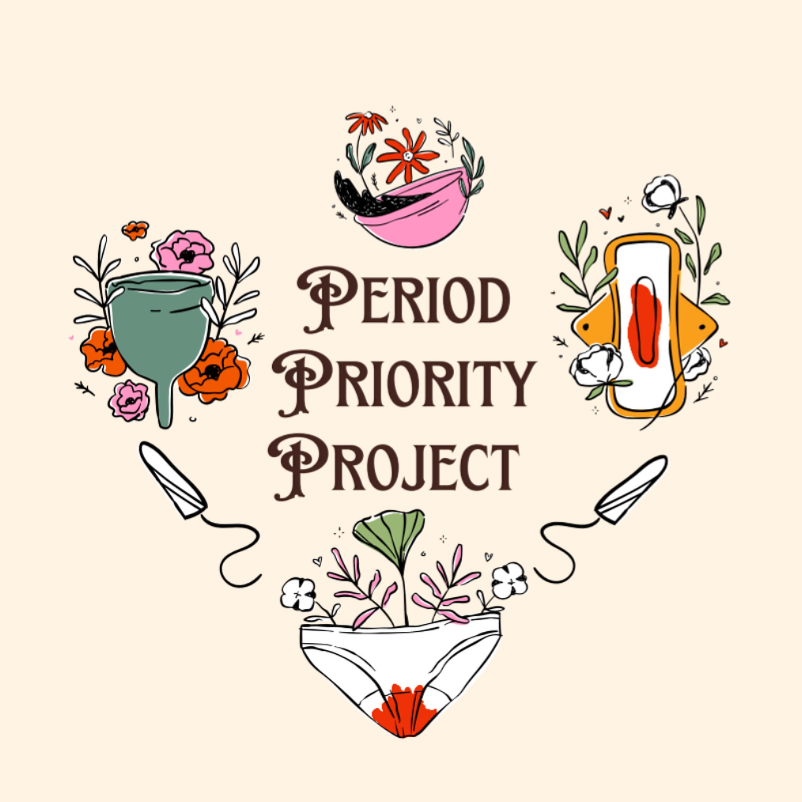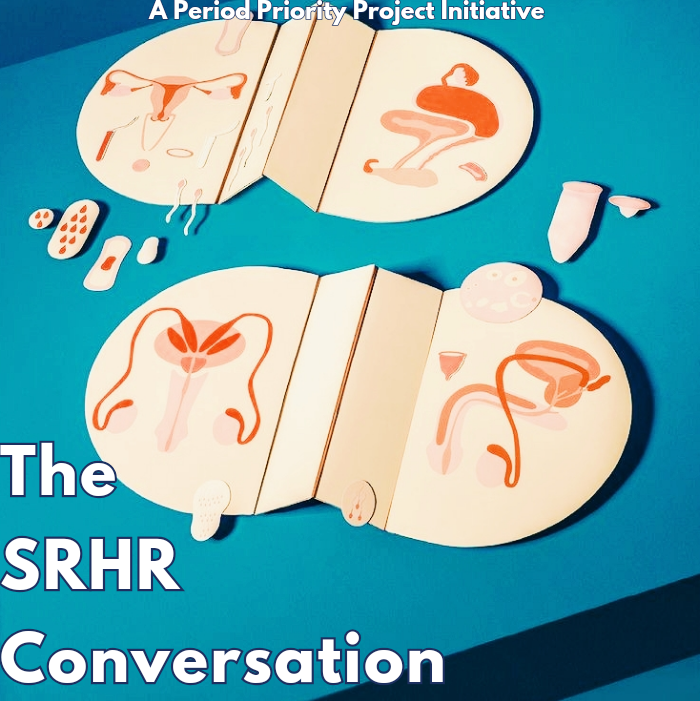1) Why did I choose this project?
I remember back in school, all my friends would talk
about how their moms would say how expensive pads are and we would all agree. But then
again, this was a conversation we would have amongst ourselves, and we would not question it.
We would just be making the statement that period supply is costly and now I think that is the
first step to subconsciously normalizing the high cost of menstrual products.
After all there is an
undeniable normalized culture of silence around the topic of menstruation in conversations
which is why many folks who menstruate have had recourse to various euphemisms rather than
saying “menstruation” or “period”. When we fail to question the high cost of period supply, and
when we refuse to abolish this stigma around menstruation by openly talking about it, we are
actively taking part in maintaining period inequity. The first step to advocate for period equity is
acknowledging that menstruation is a normal function and comfortably talk about it.
Getting into adulthood is when I really started questioning why menstrual products are so
expensive when they are a necessity, not a luxury. I’ve been taught to be grateful for all the basic
needs I have access to because there are individuals struggling every day to afford basic needs.
And in this case, while I have the privilege to talk about how costly period supply is but then I
am buying it every time I need it, there are folks who make use of anything other than safe
menstrual products. Moreover, with the high rate of homelessness in NL, I can’t imagine how
many people are struggling to find a roof under their head and must choose between bed, food
and period supply. As someone who menstruates, this does not sit right with me.
So far, with a small project, I have not achieved much but I wanted to start somewhere. I figured
if I did my research on statistical data on period poverty in Canada, talk about the culture of
silence around menstruation, drop off menstrual products to different shelters, this would
gradually encourage others to acknowledge that menstruation is a normal function and hopefully
the donations would make sure that at least one person is using safe tampons or pads.
I wanted to use food banks as a blueprint. We have grocery stores in NL, but we also have food
insecurity which is why we have food banks. Likewise, period poverty is prevalent in our
community. We have pharmacies and grocery stores, but we do not have a period supply bank.
And that is my goal with the Period Priority Project: it is a modest period supply bank that relies
on donations which are dropped off at shelters.
2)What are my concerns with period poverty?
Period poverty is prevalent in all communities. There are people who menstruate and have no
access and cannot afford safe menstrual products. It is alarming and heartbreaking that there are people who menstruate who are forcefully deprived of good menstrual hygiene.
Poor menstrual hygiene can cause physical health risk and is linked to reproductive and urinary
tract infections, explaining why affordability, accessibility and safety of menstrual hygiene
products are important.
3) What is my goal?
To make a difference with each period supply donation, so that there's one less person who has
to worry about the accessibility and affordability of the most basic necessity- hygienic menstrual
products.
4) How can people genuinely support the Period Priority Project?
Through donation of sanitary pads and/or tampons and/or menstrual cups. The kindness of the
community is the backbone of the Period Priority Project. It’s a project by kindness, for the human right of menstrual health/ hygiene.
5) Who has inspired me ?
I have learnt from a very young age that the most fulfilling and rewarding experience comes
from giving back to the community and making a difference with the simplest actions.
And the
people who taught me this life-changing and powerful force are my parents. Even at the time
when they had very little, they would always keep something aside to donate to make a
difference. Up to this day, my family fervently gives back to the community and every time, they
remind me that giving back to the community and making a difference is the most valuable deed
in life.
This is why I give back to the community: to make a difference one small step at a time.
